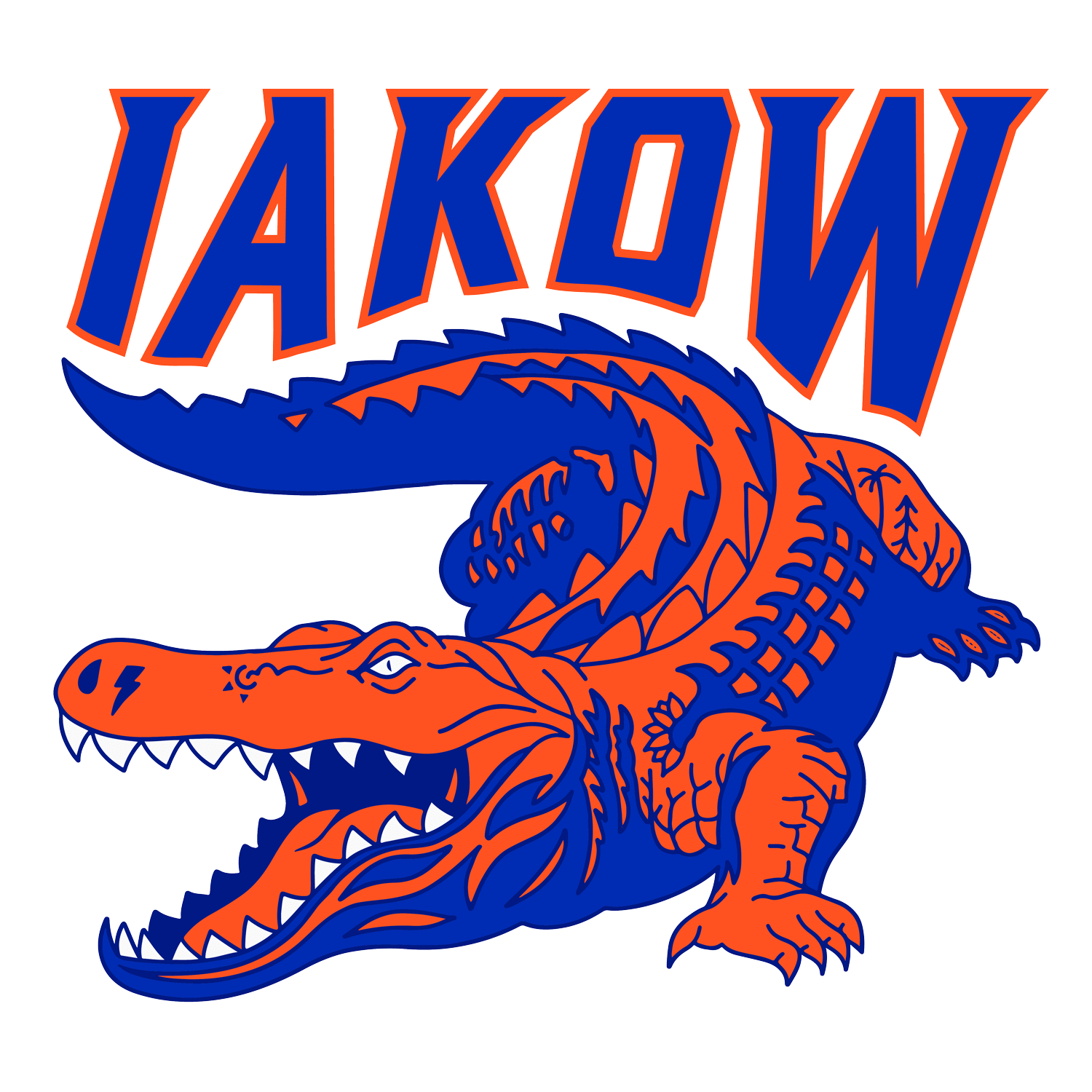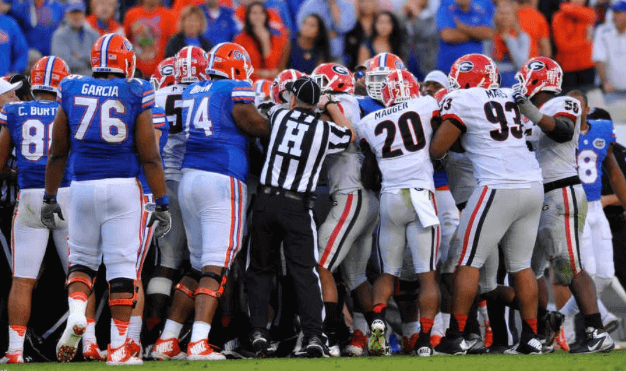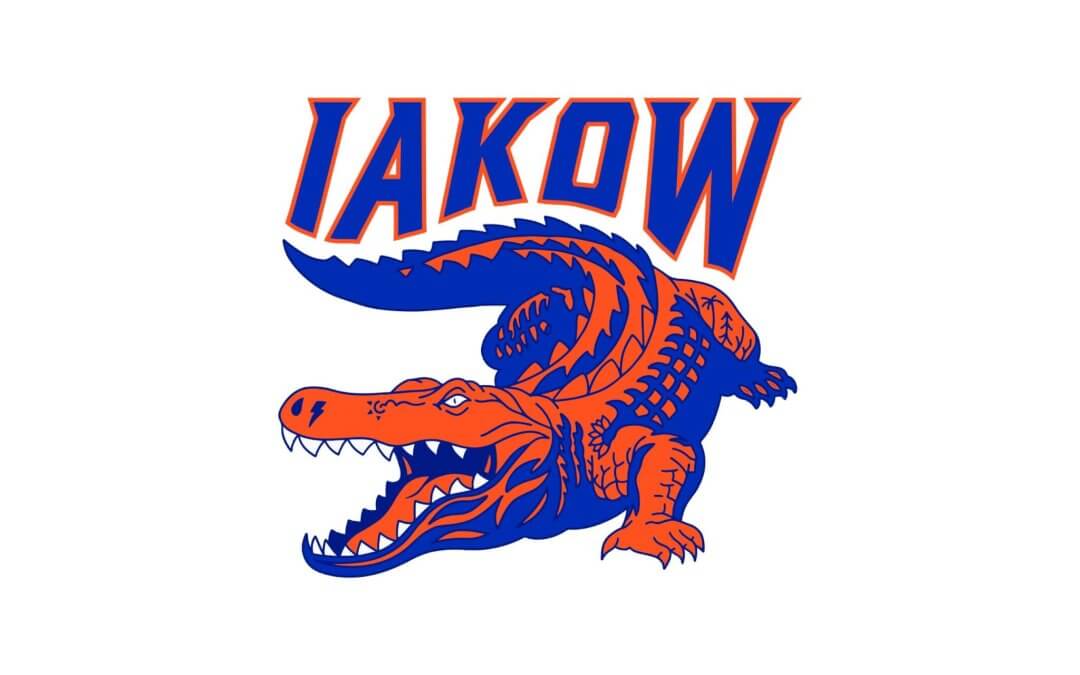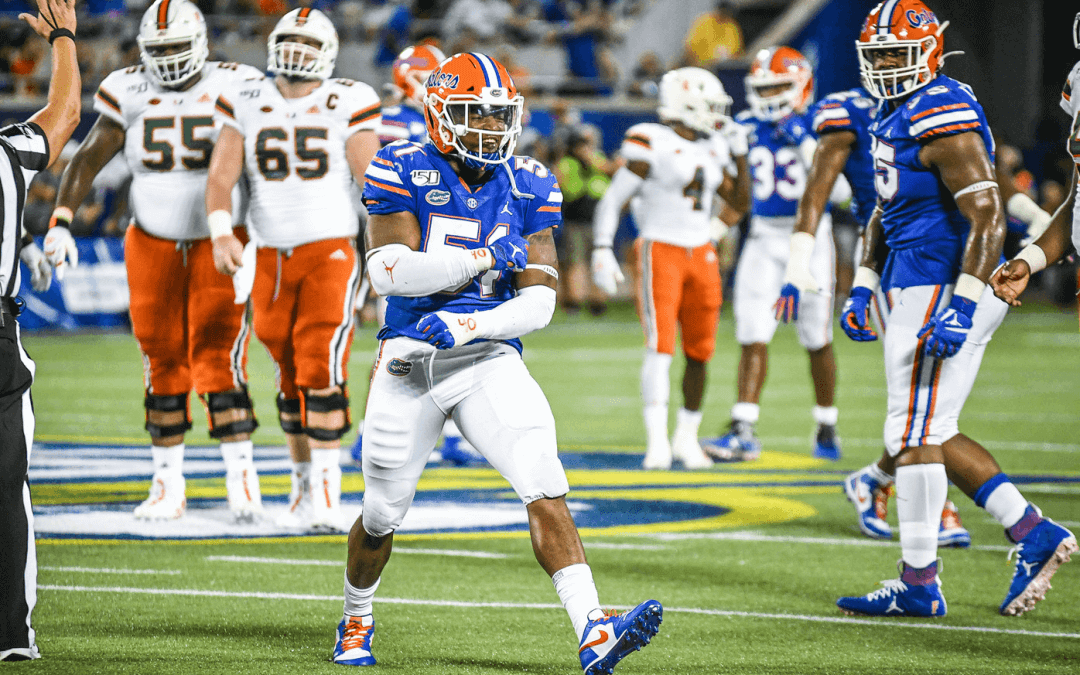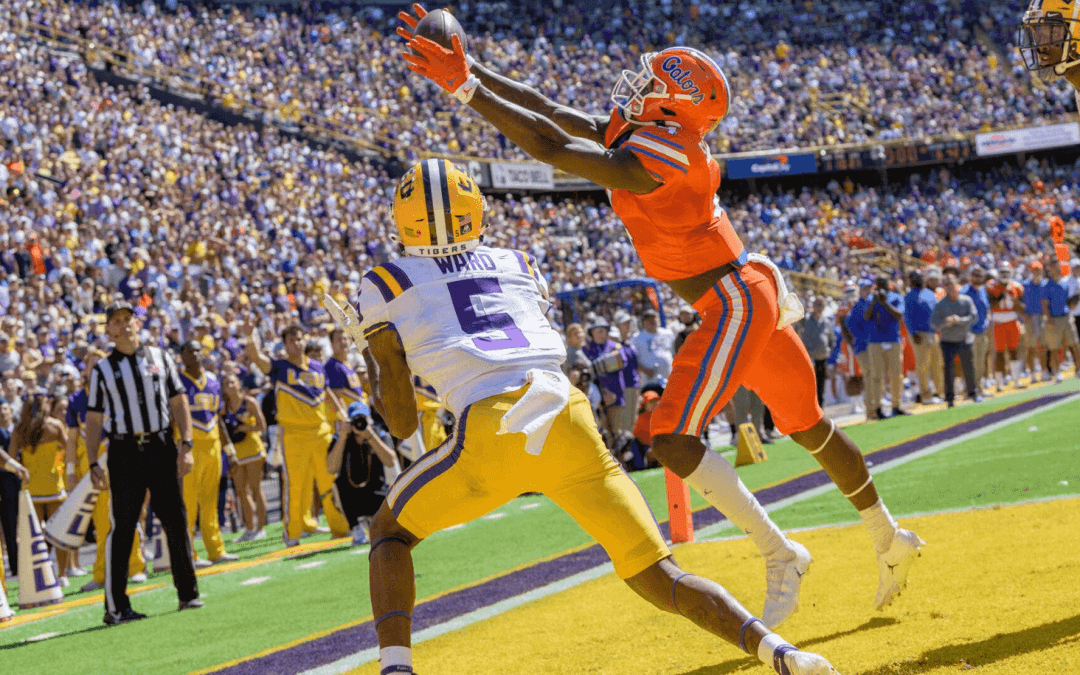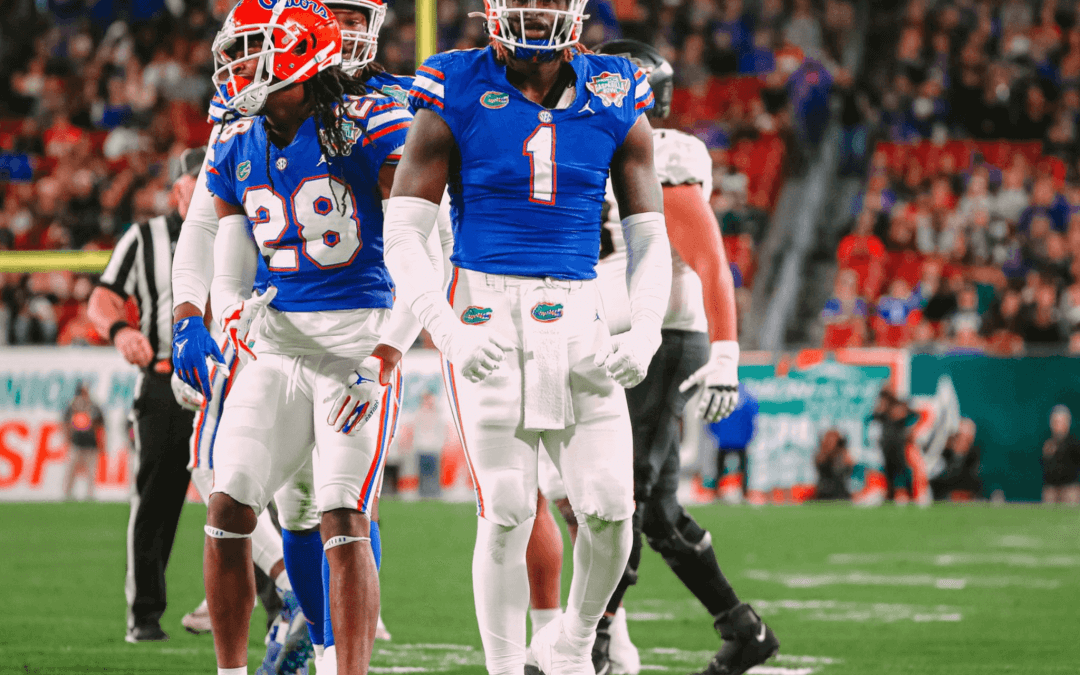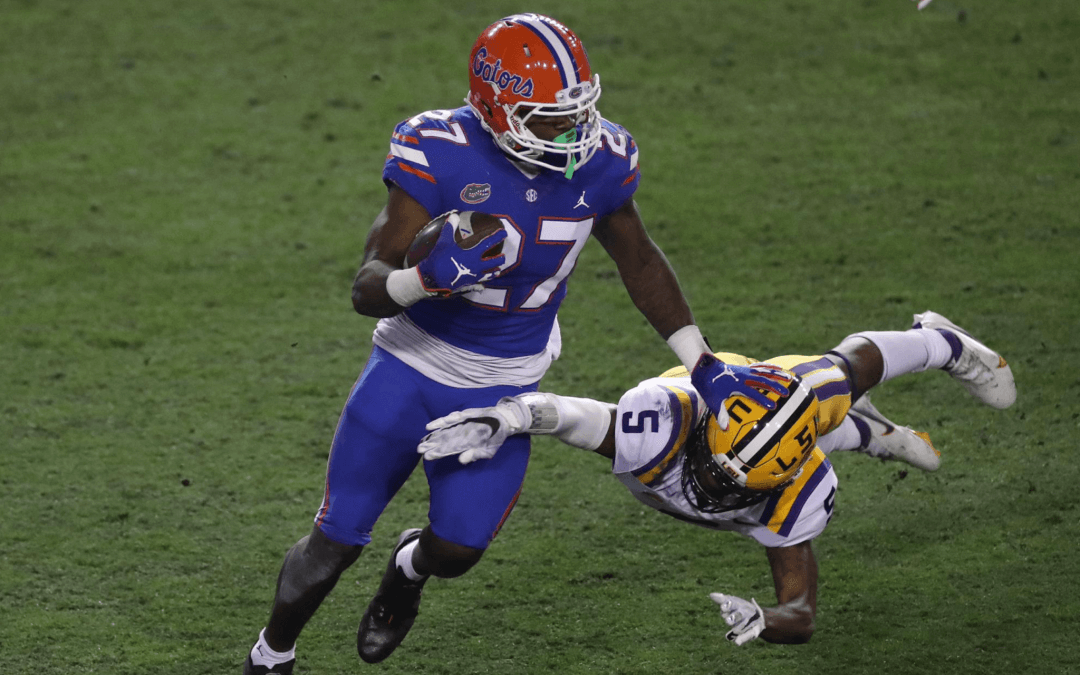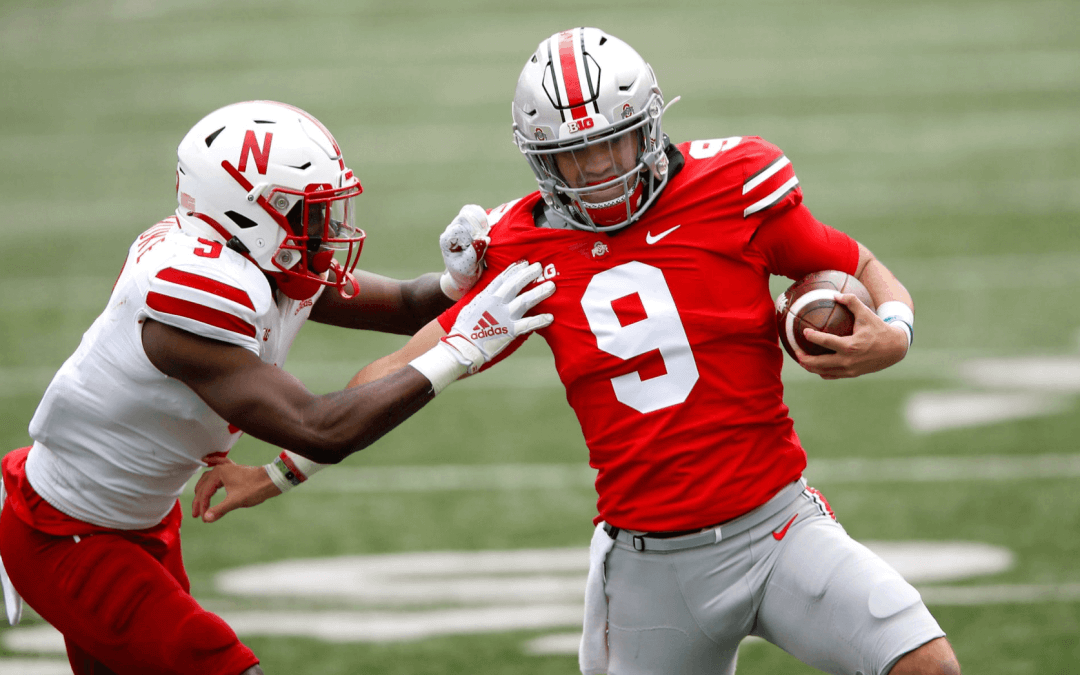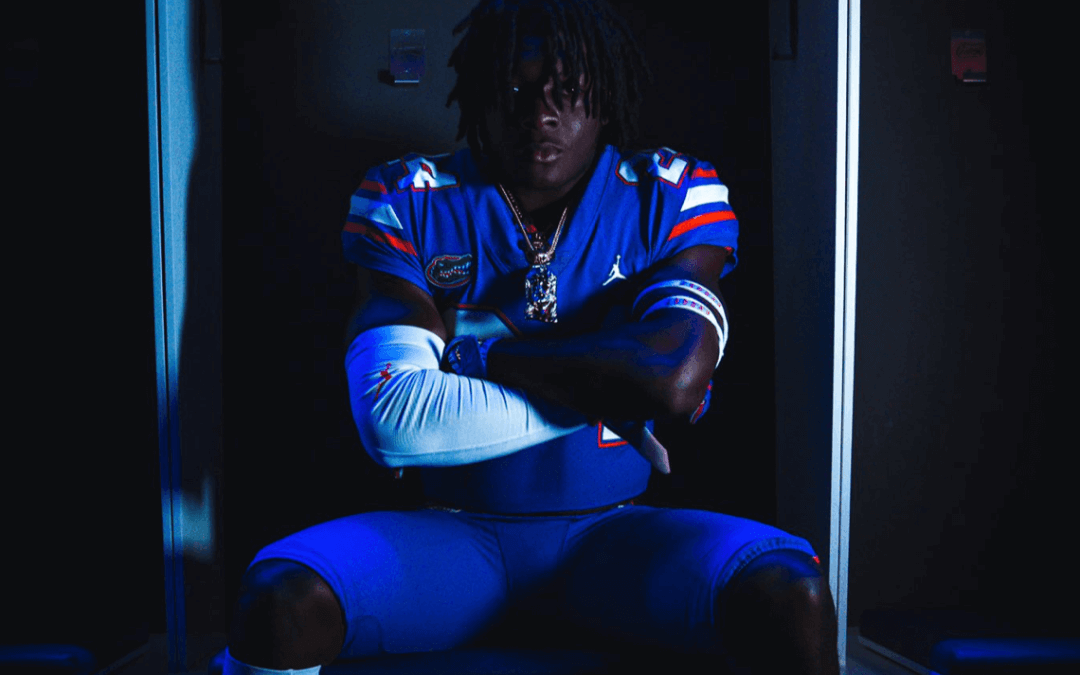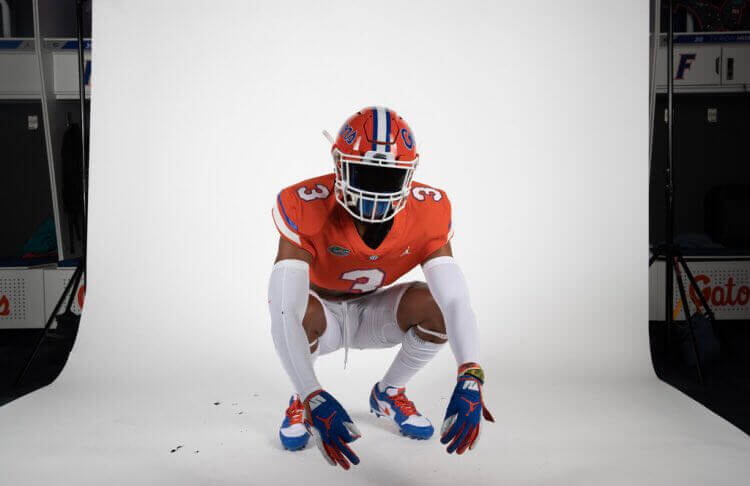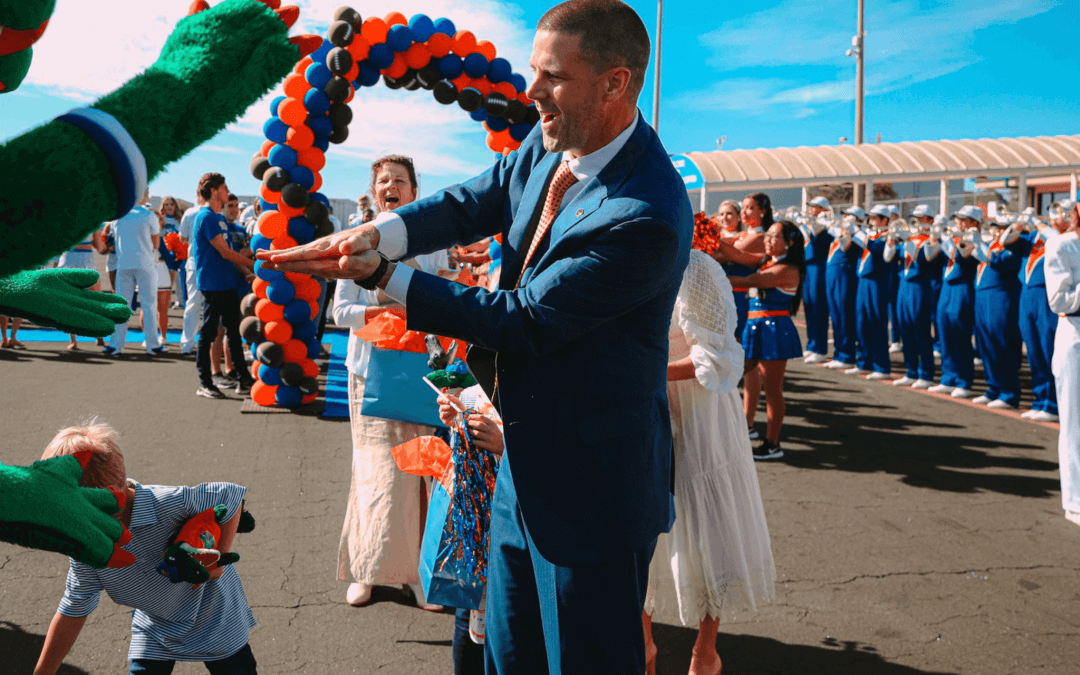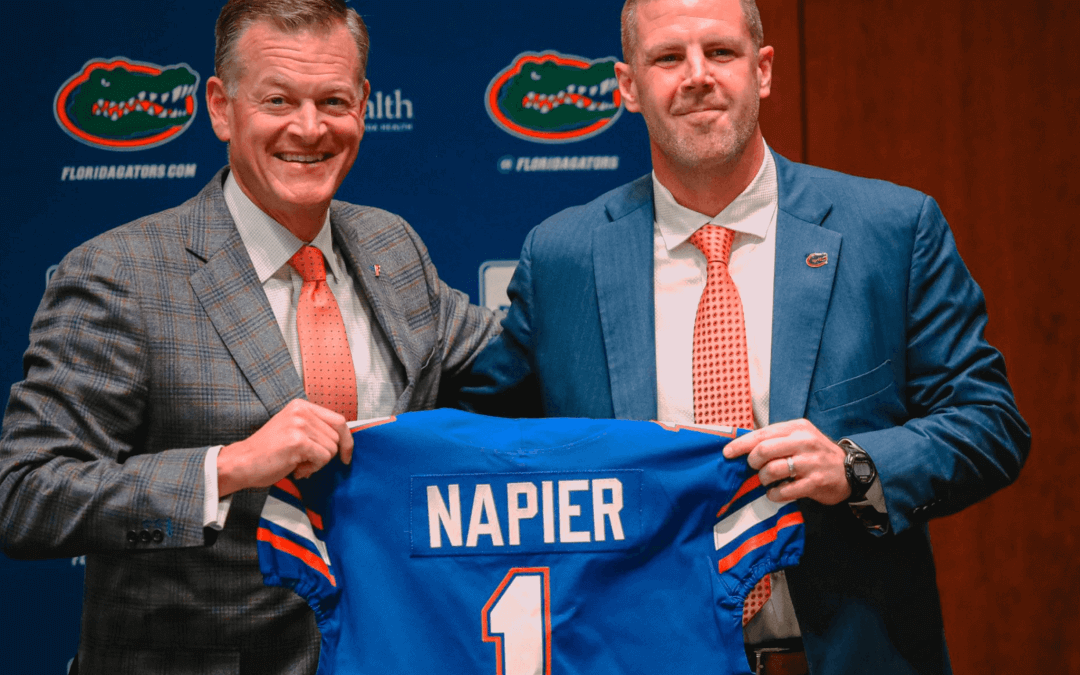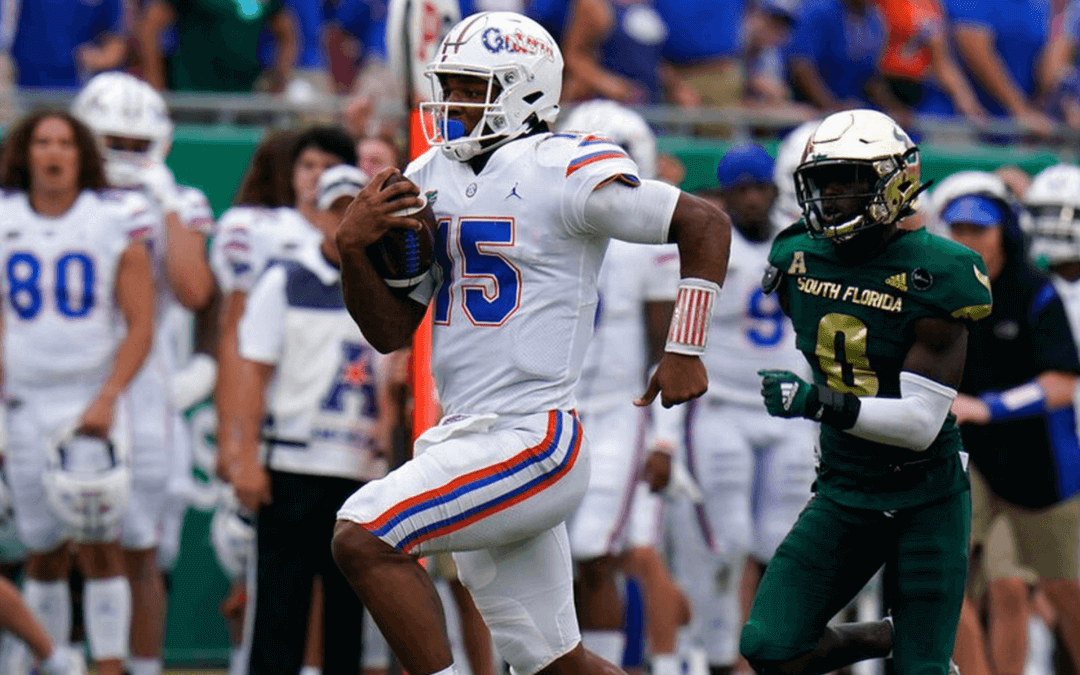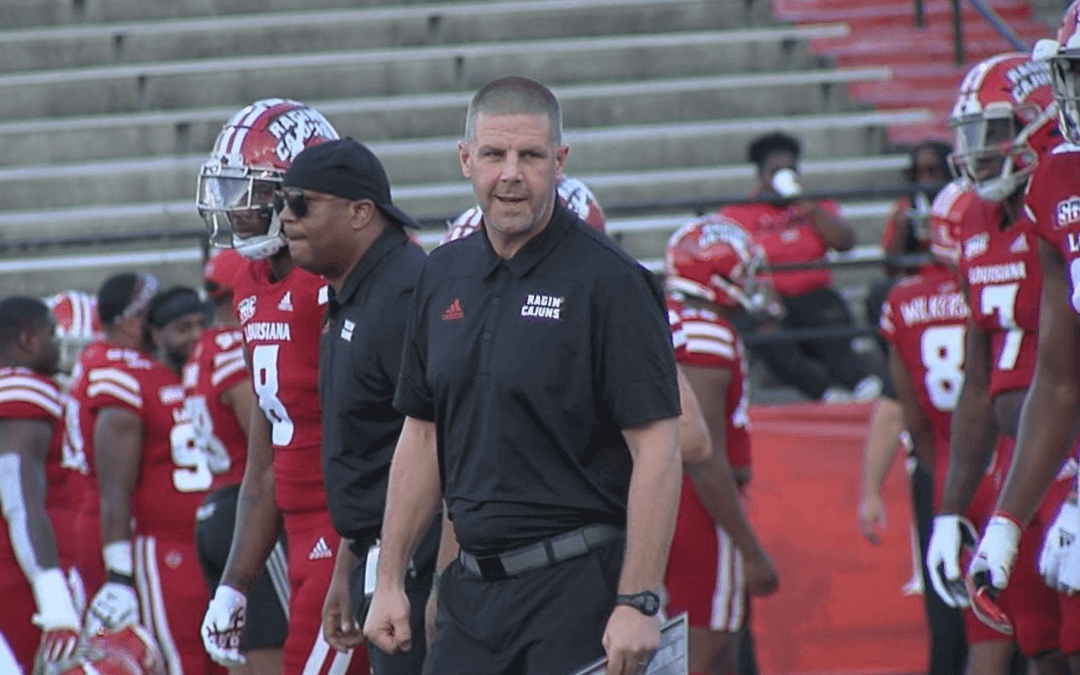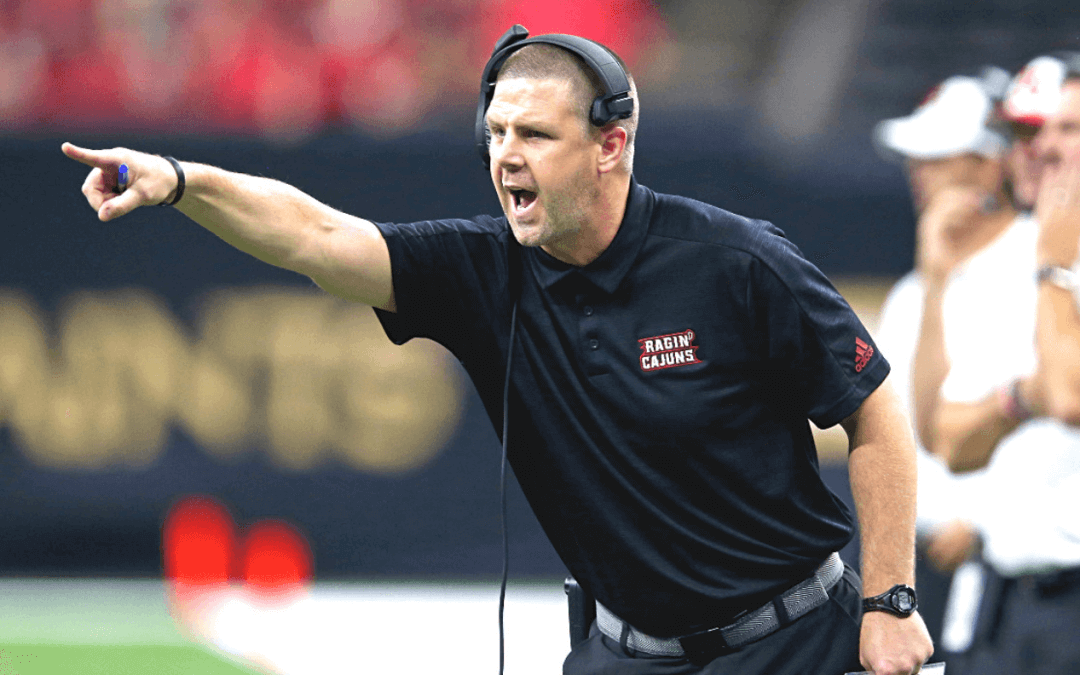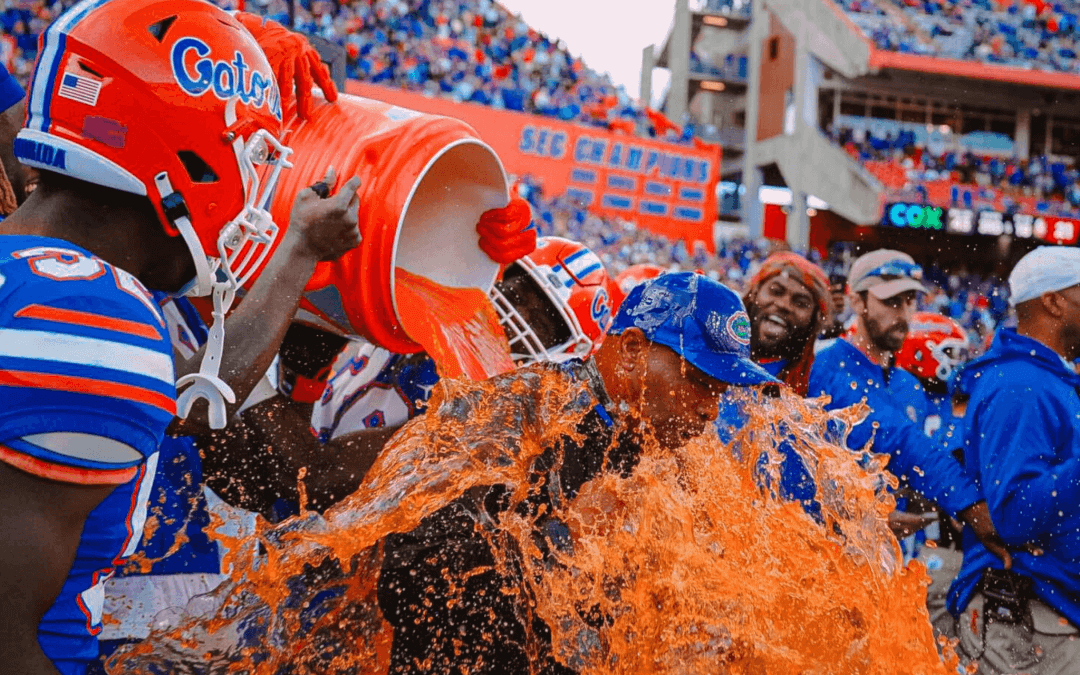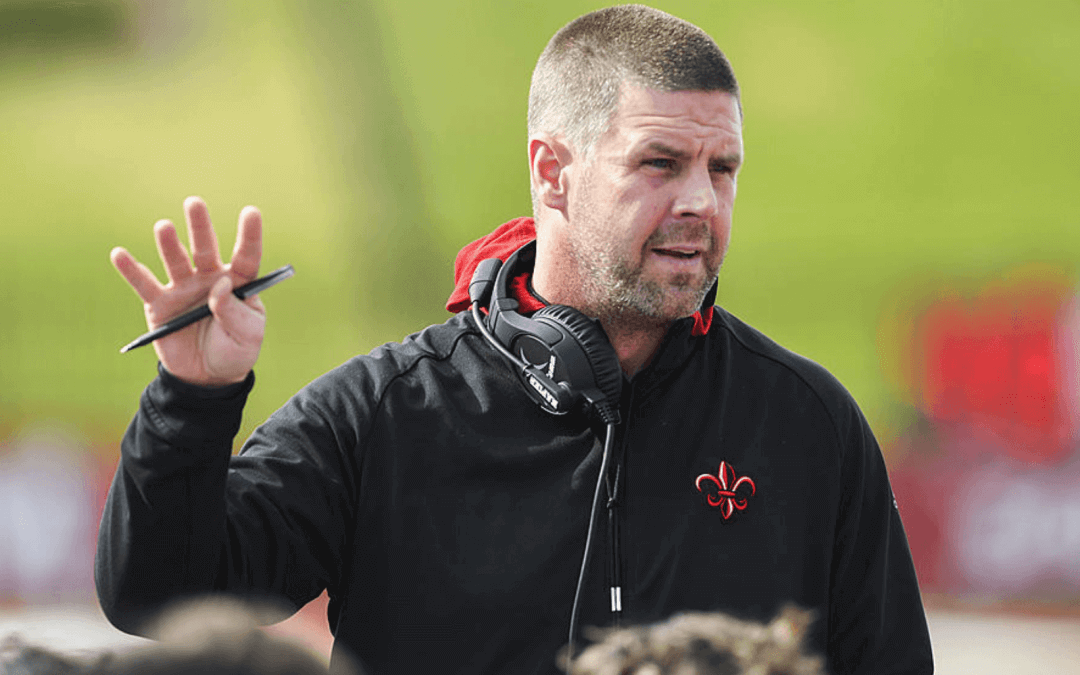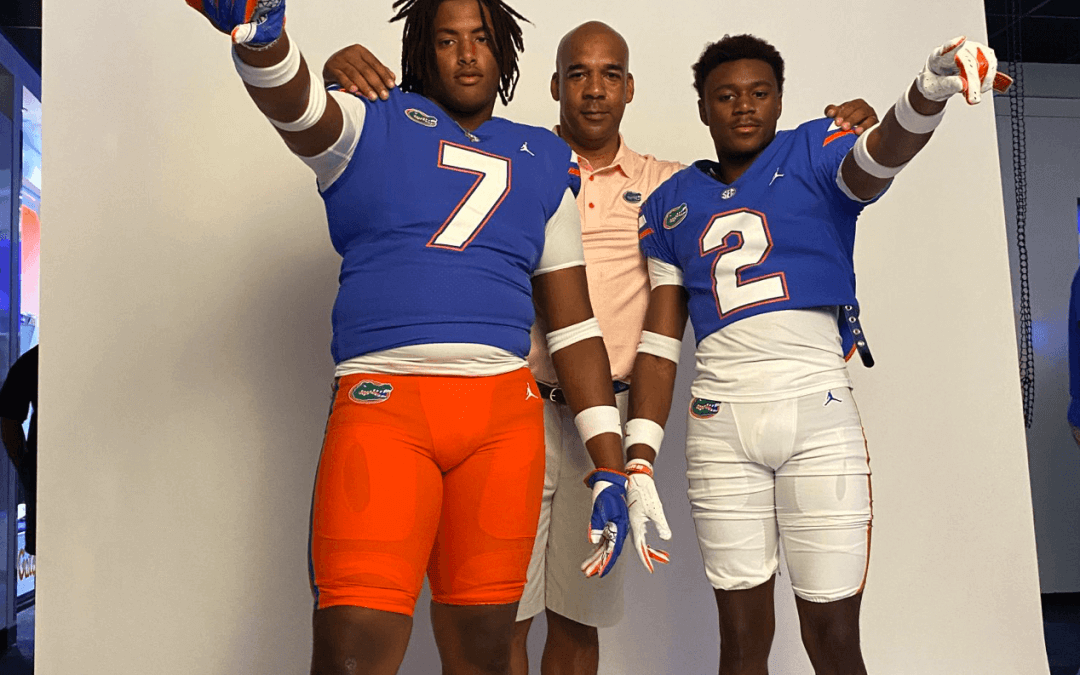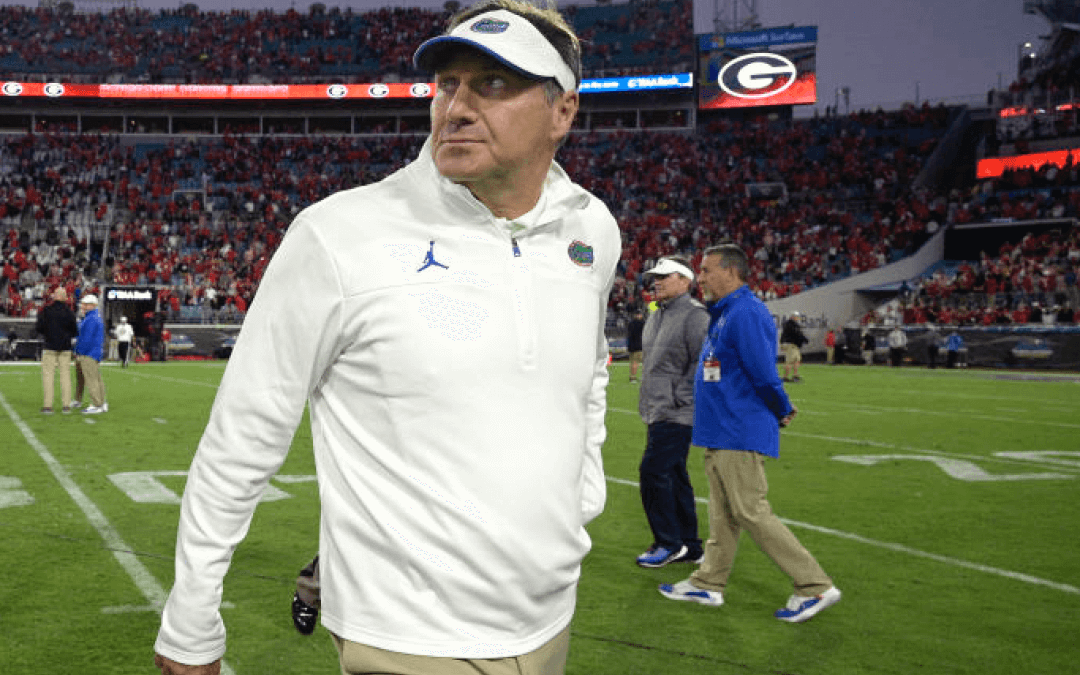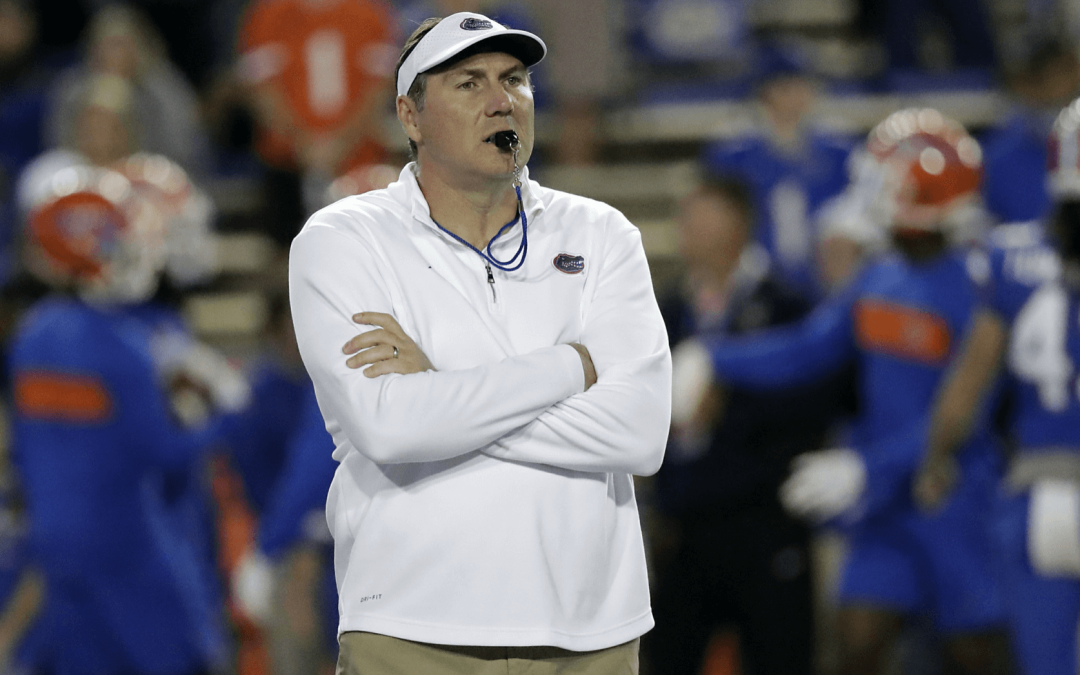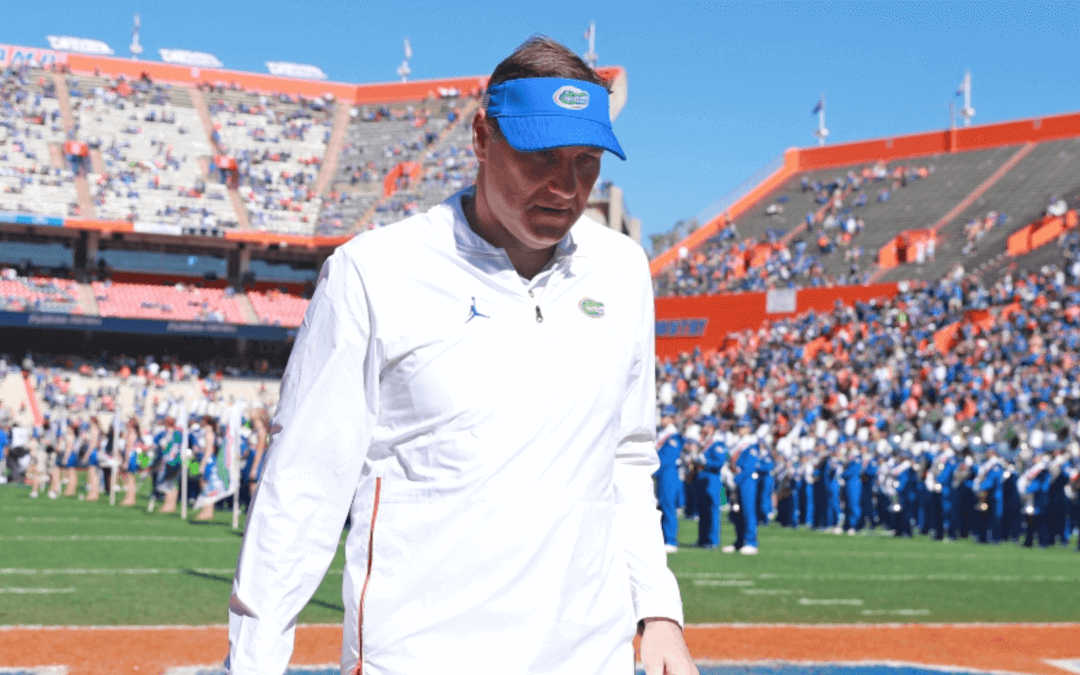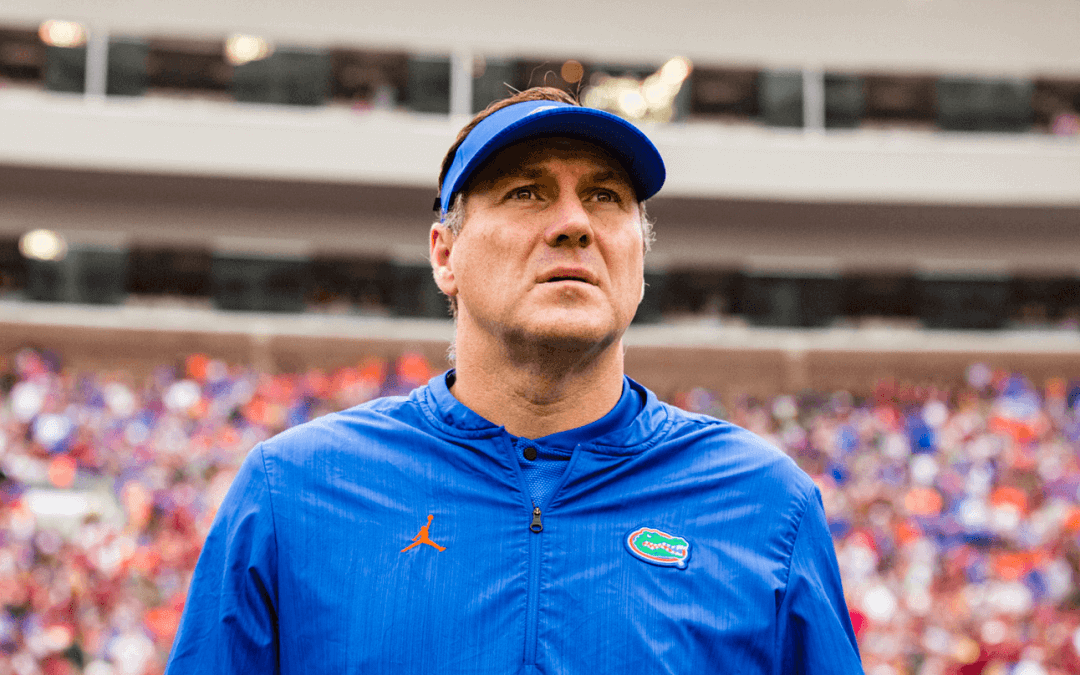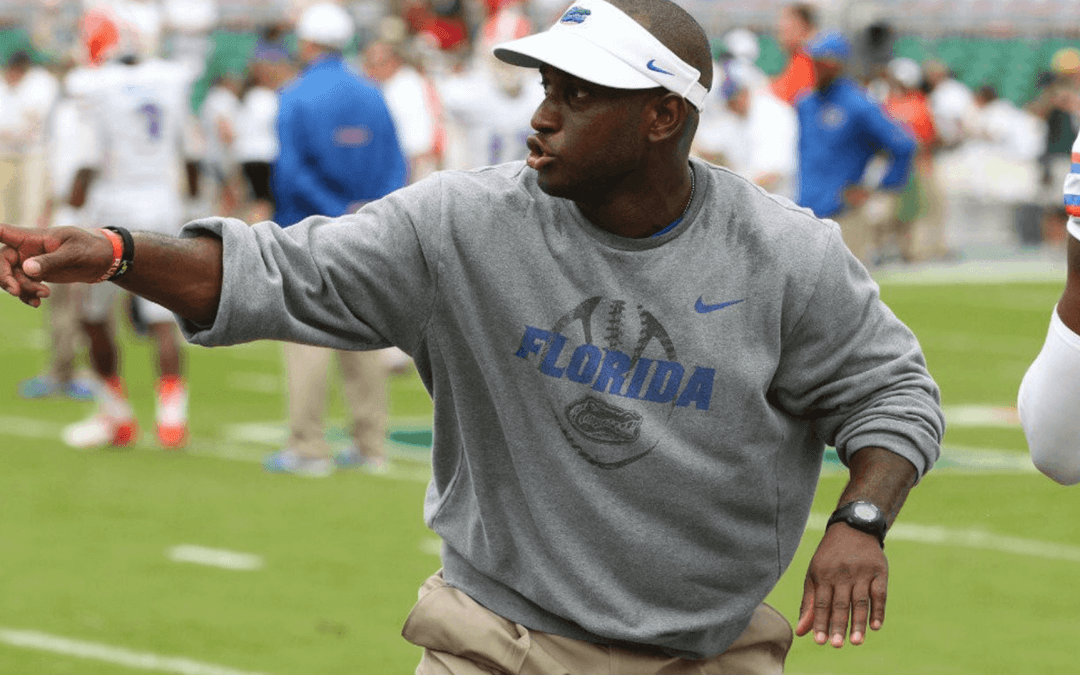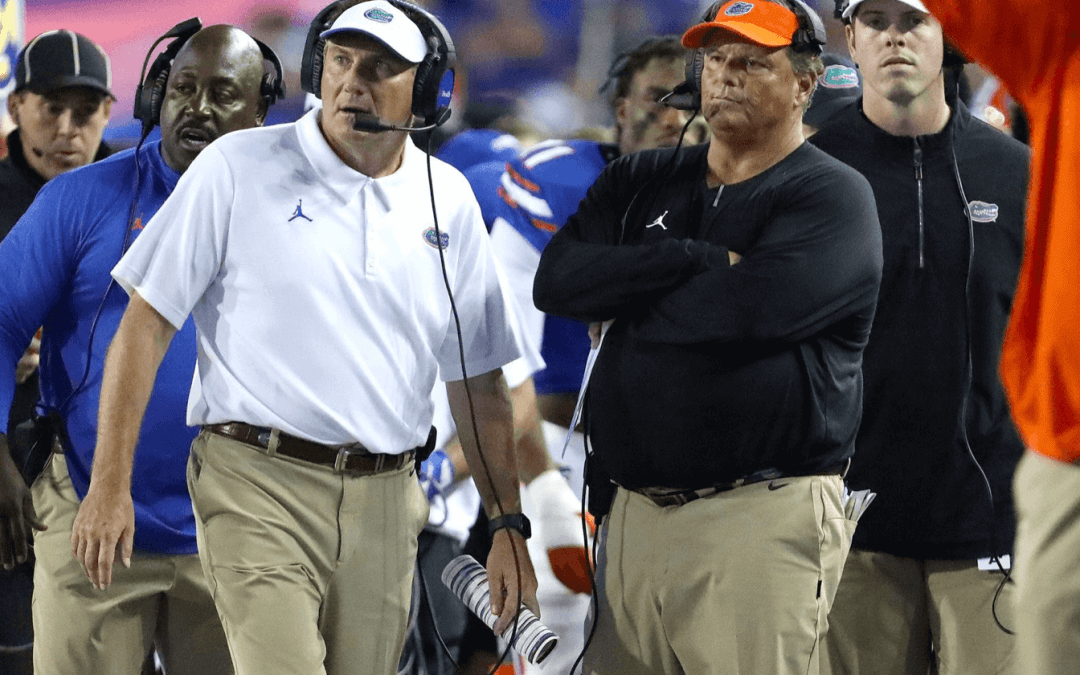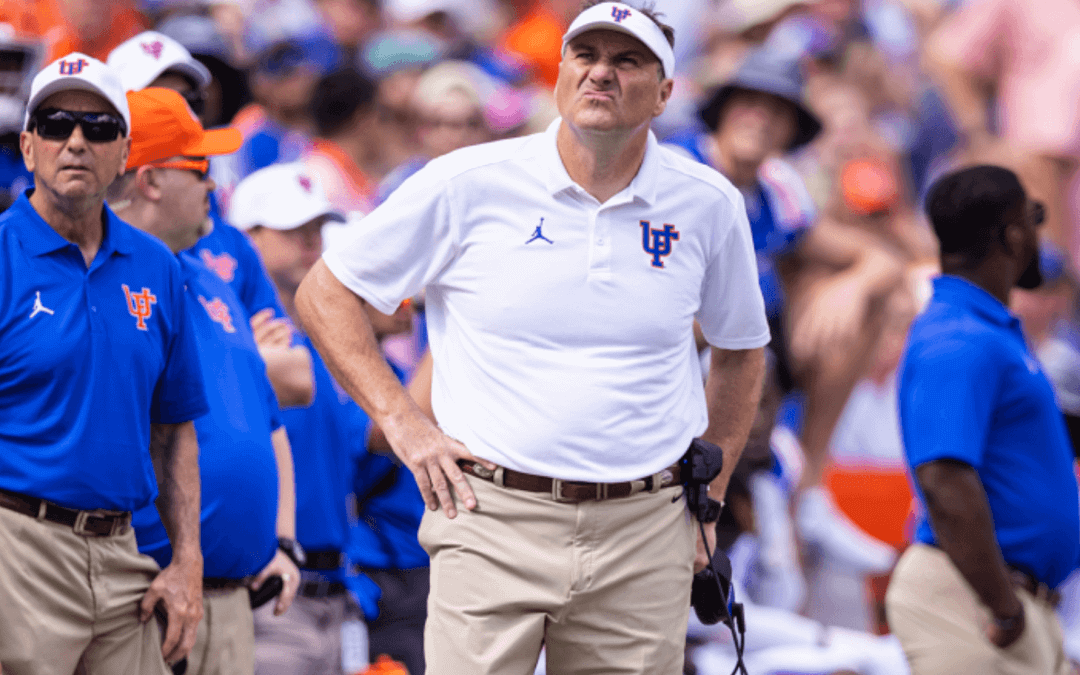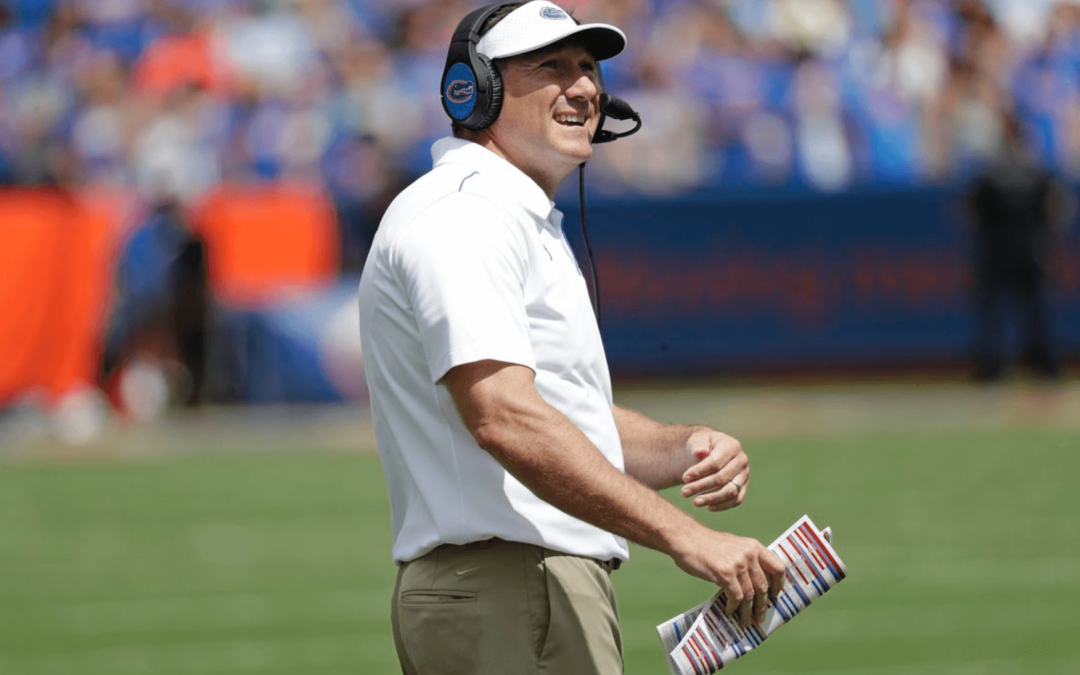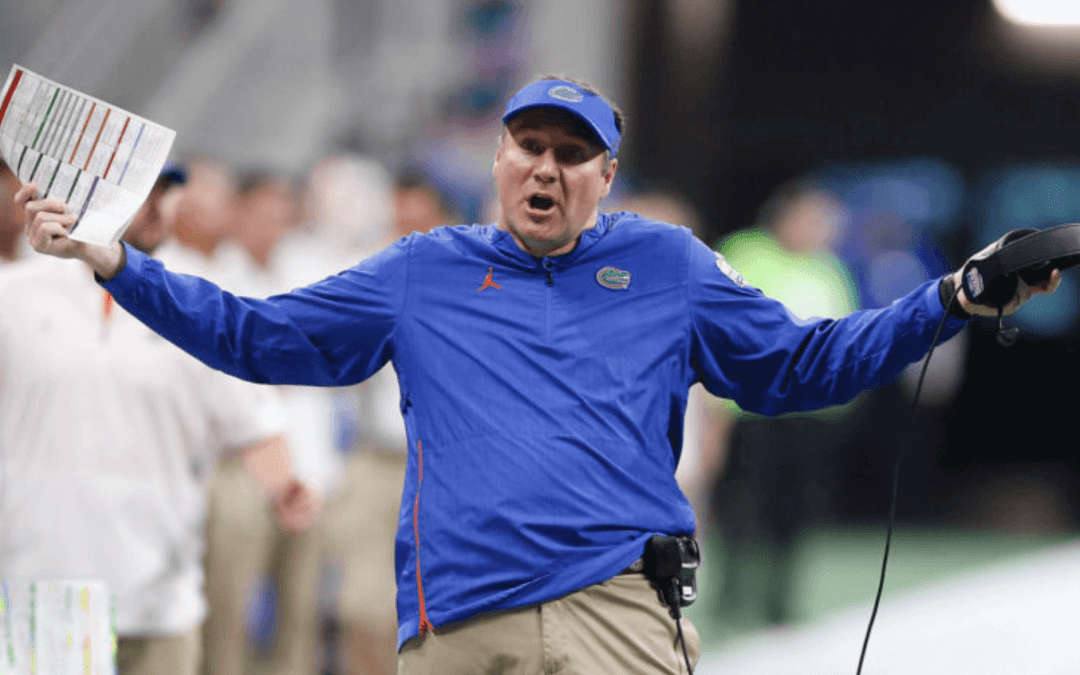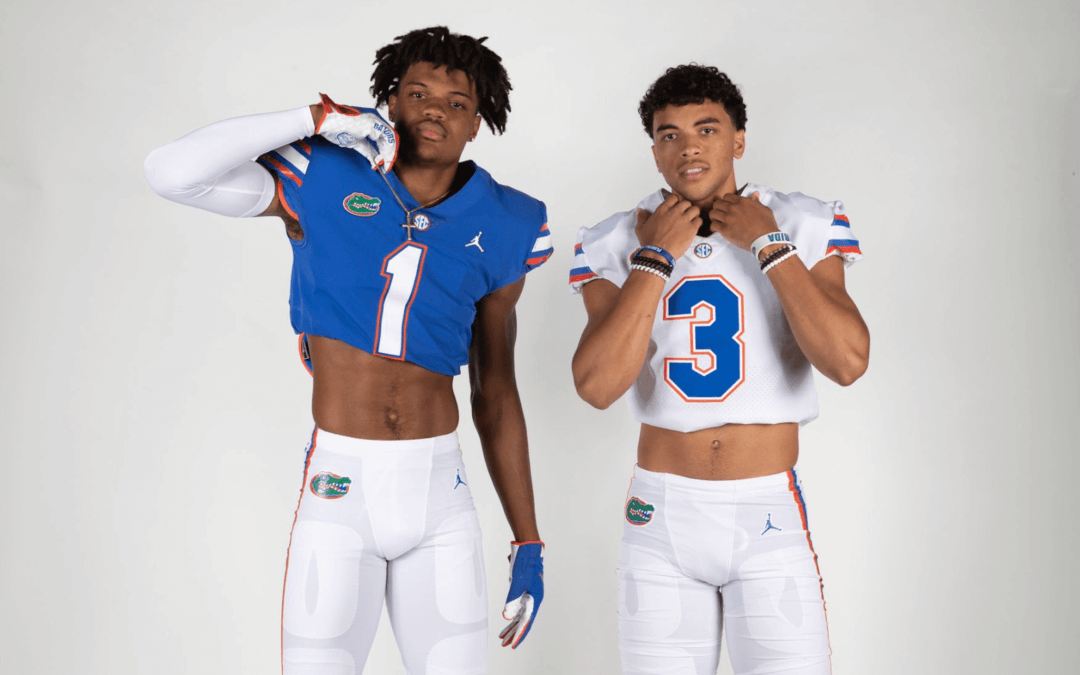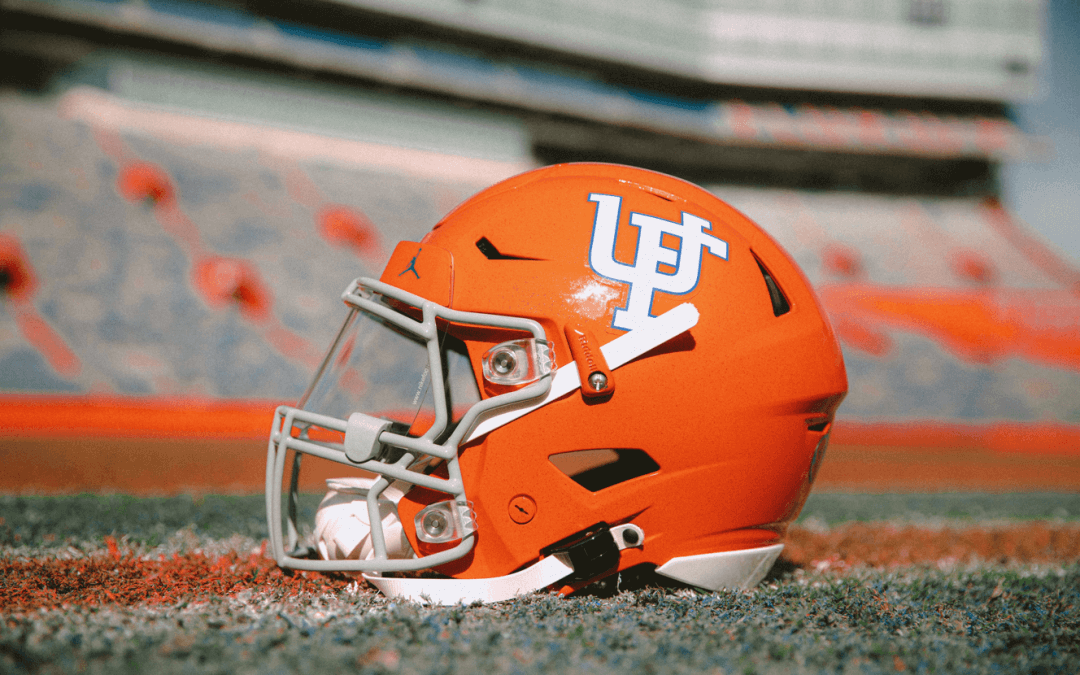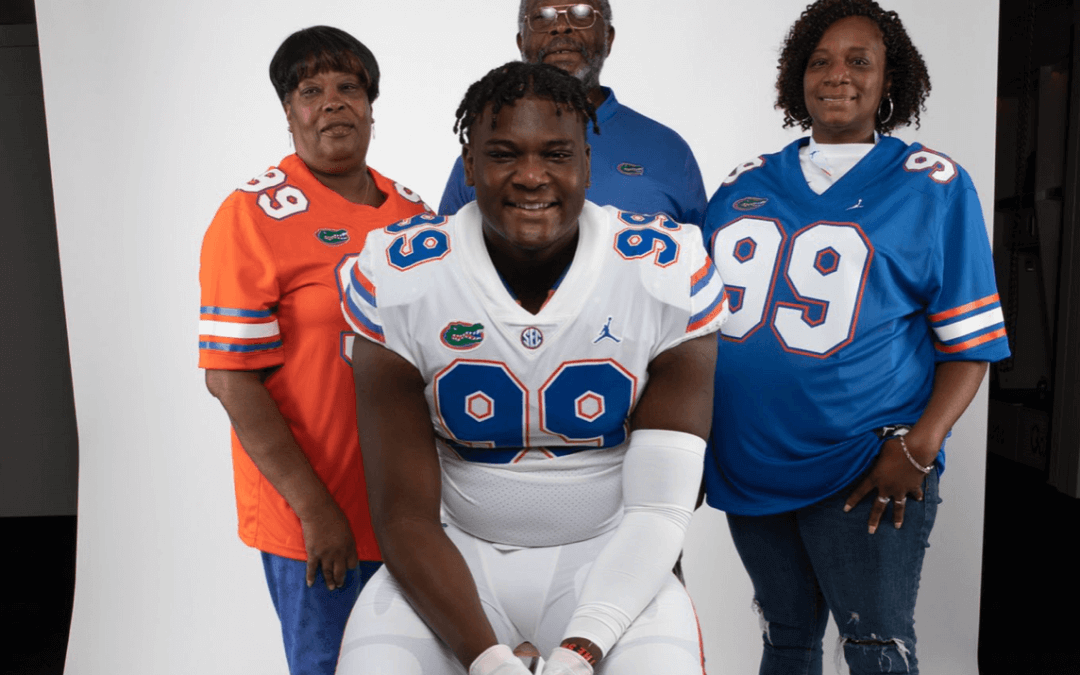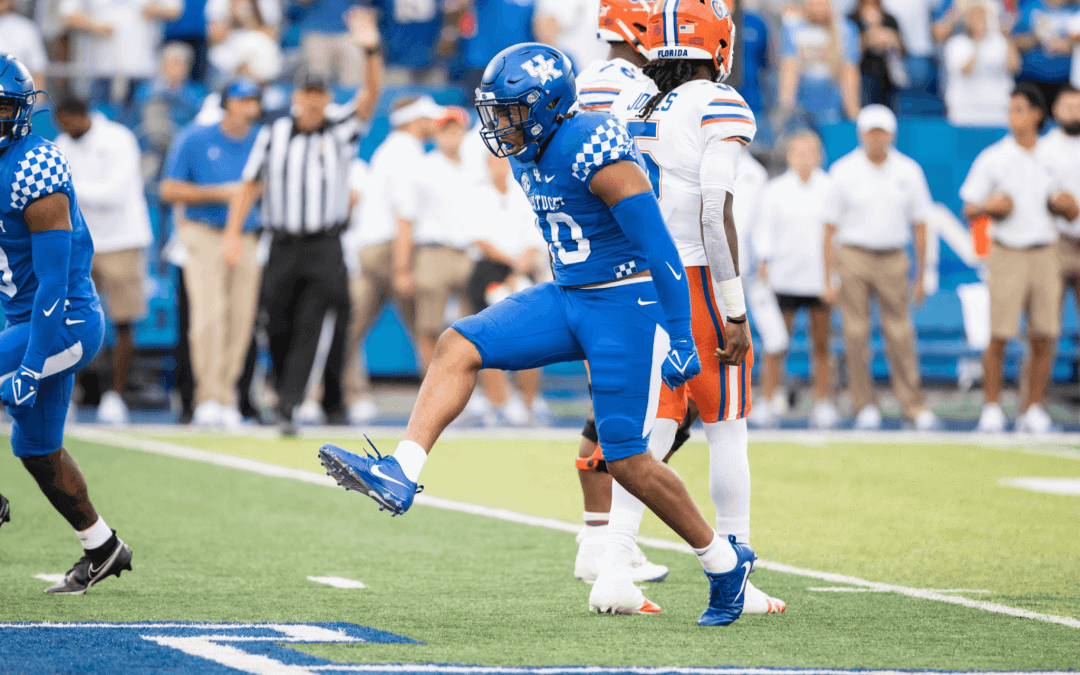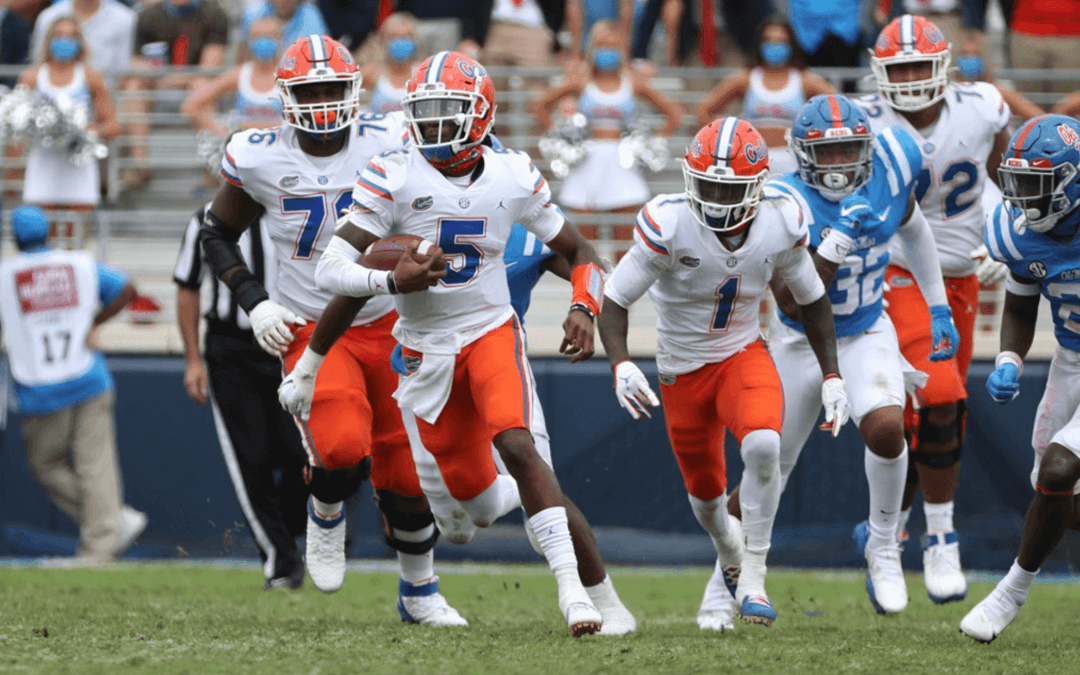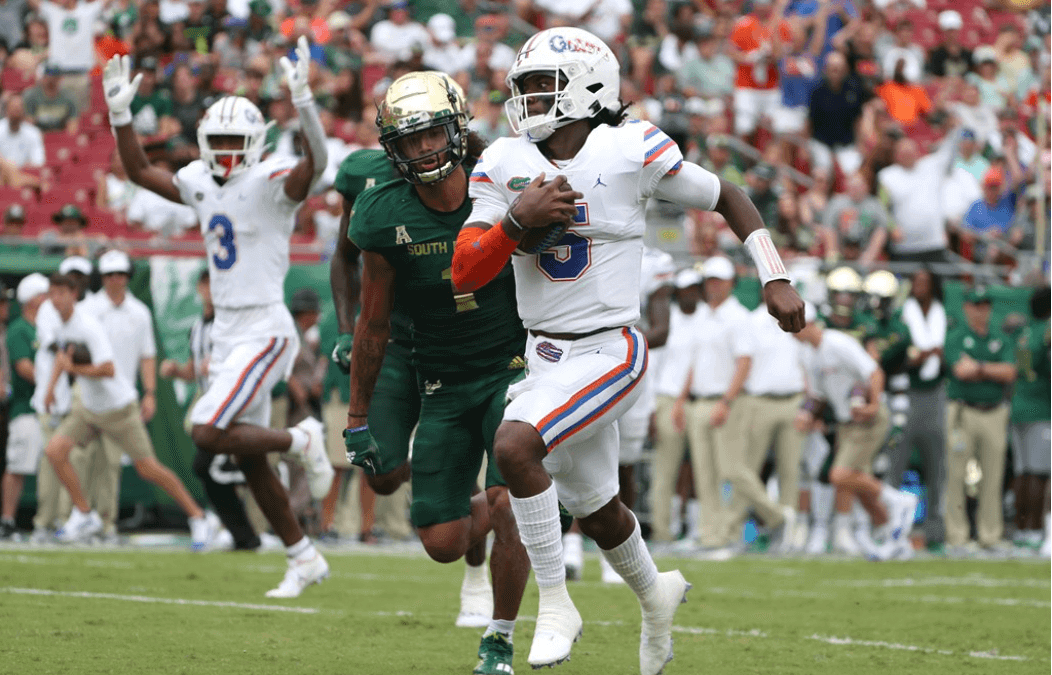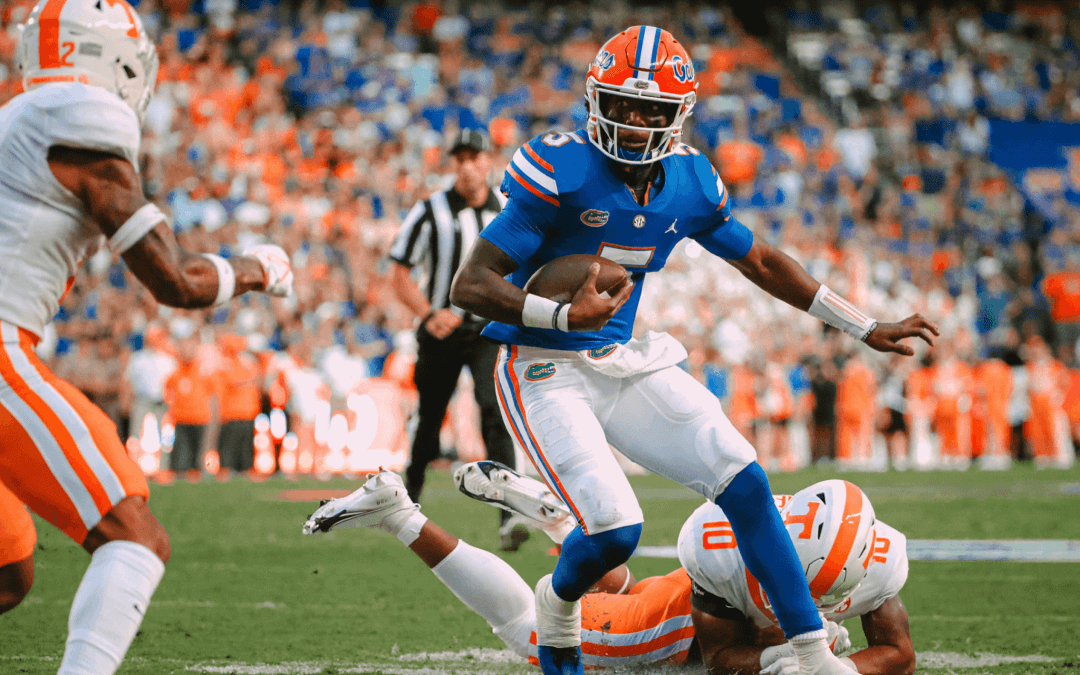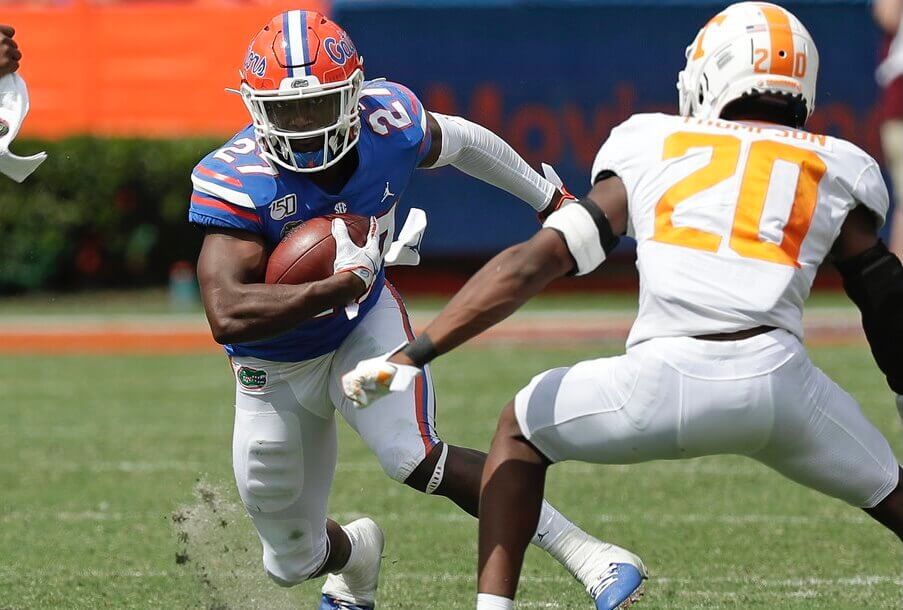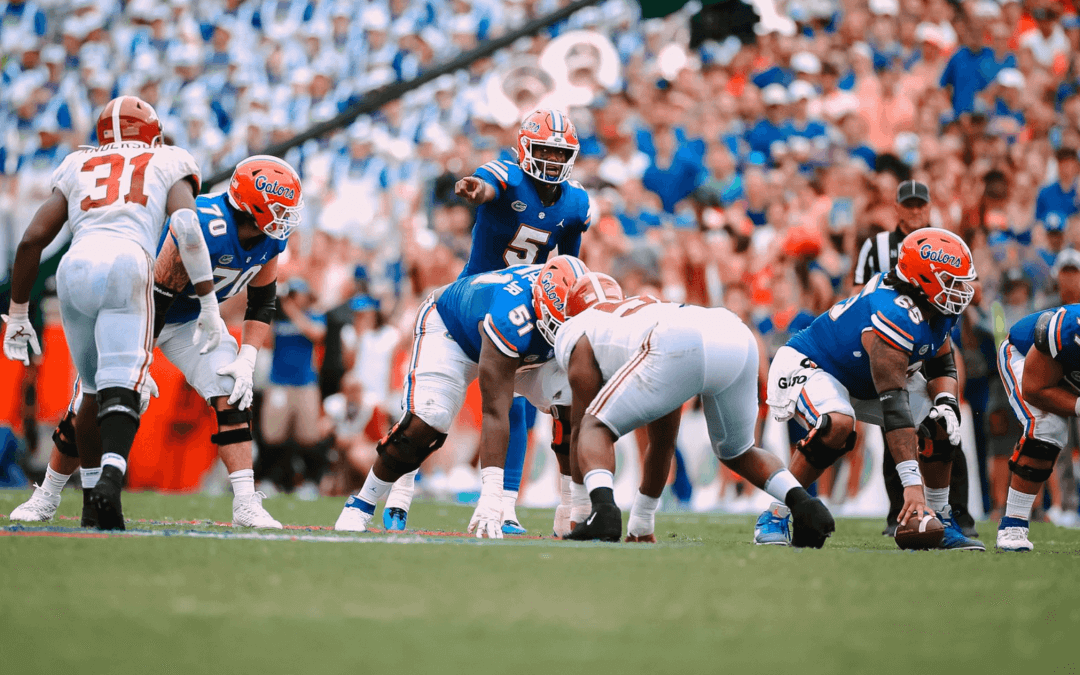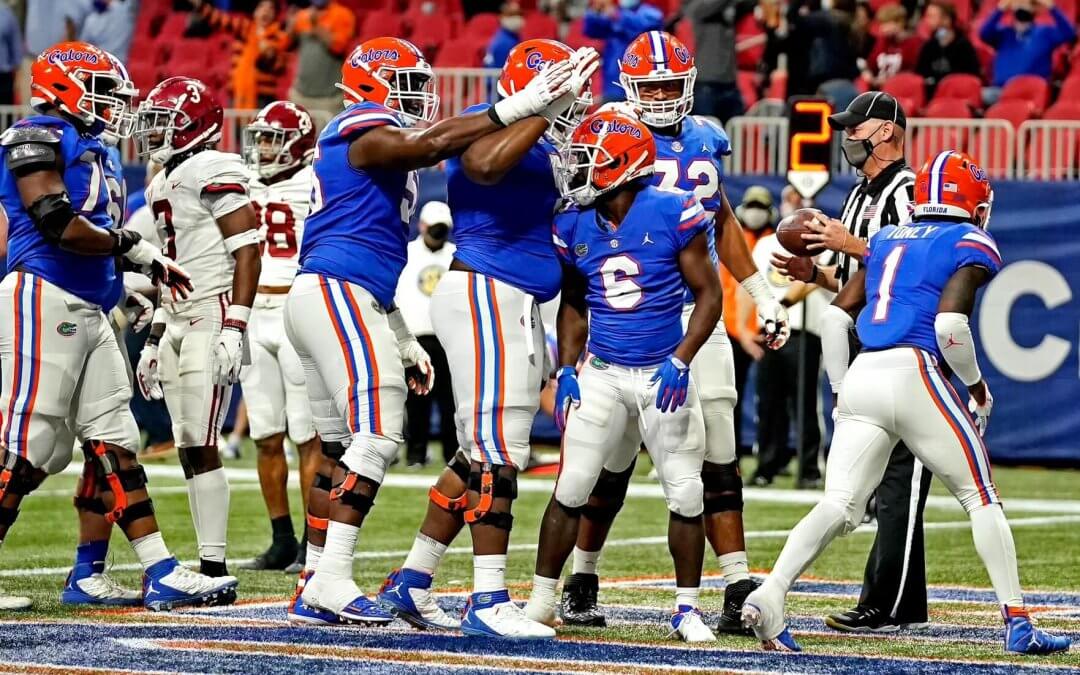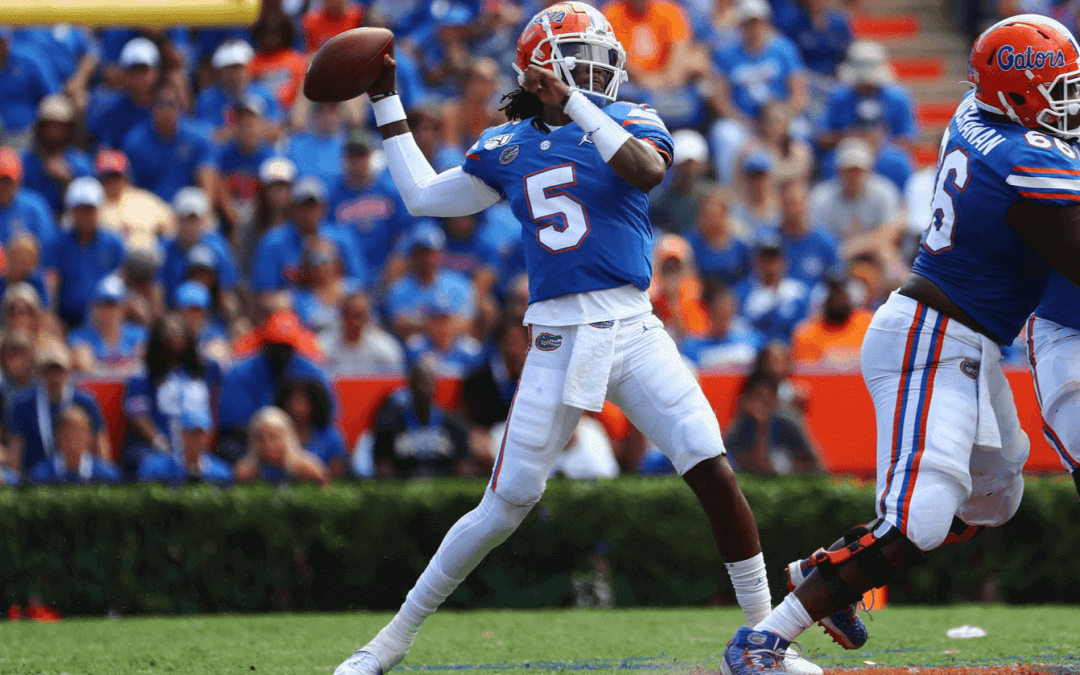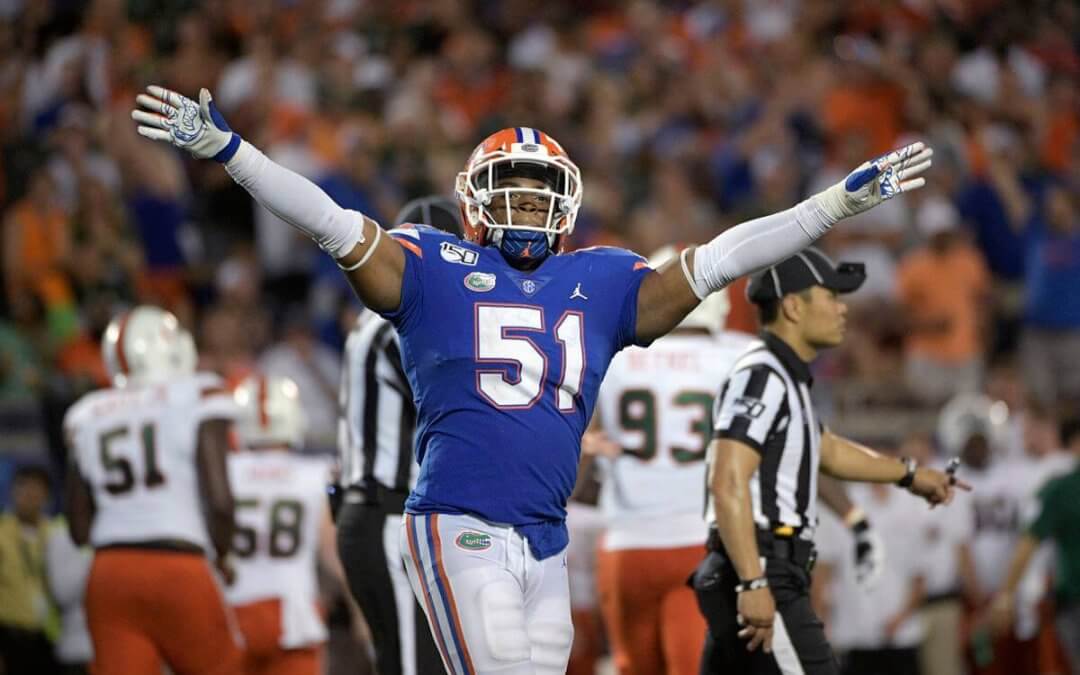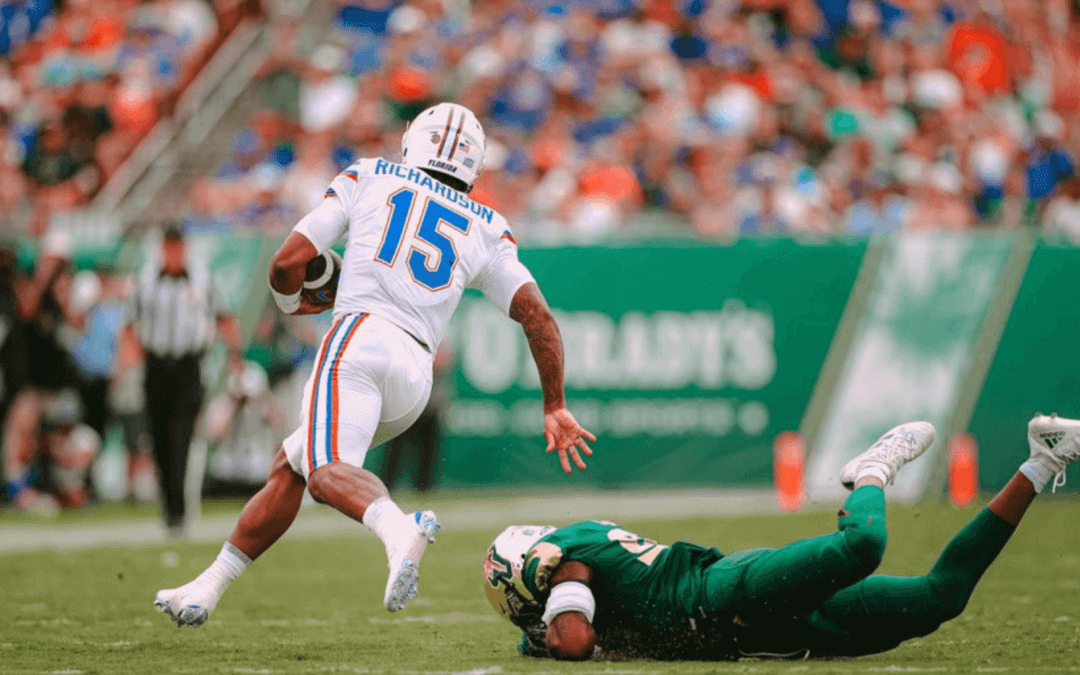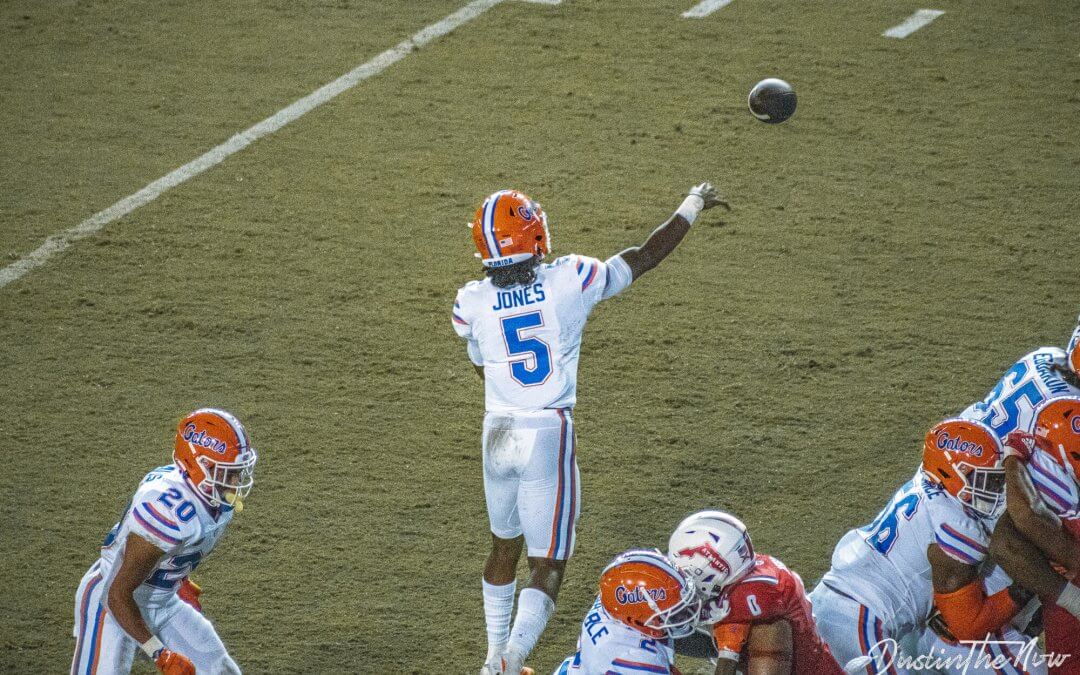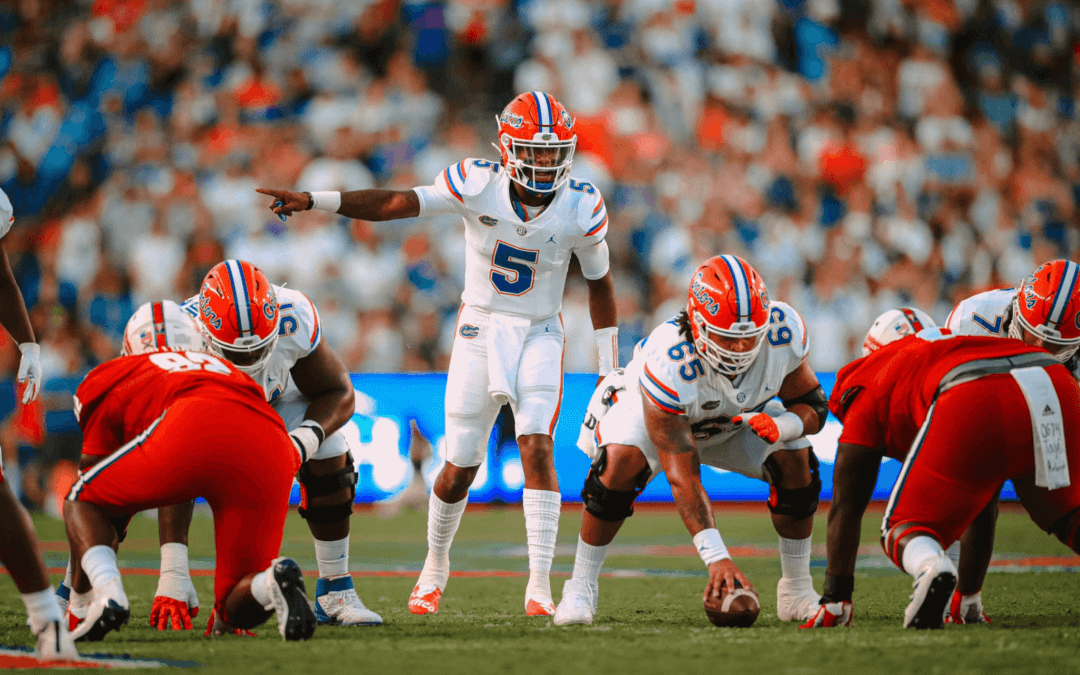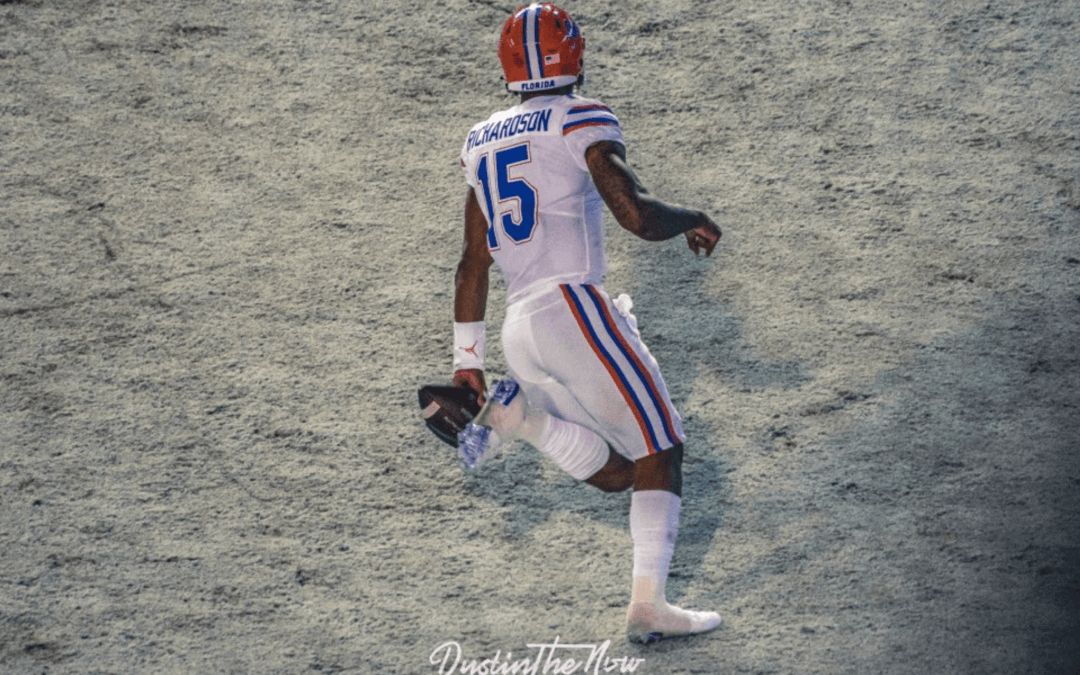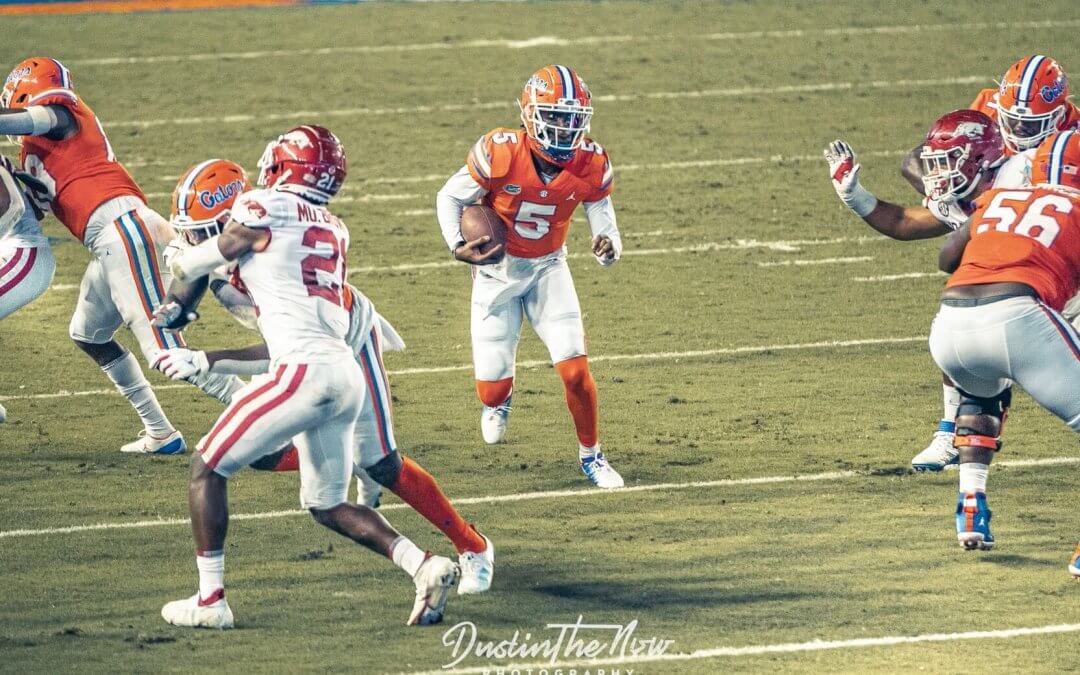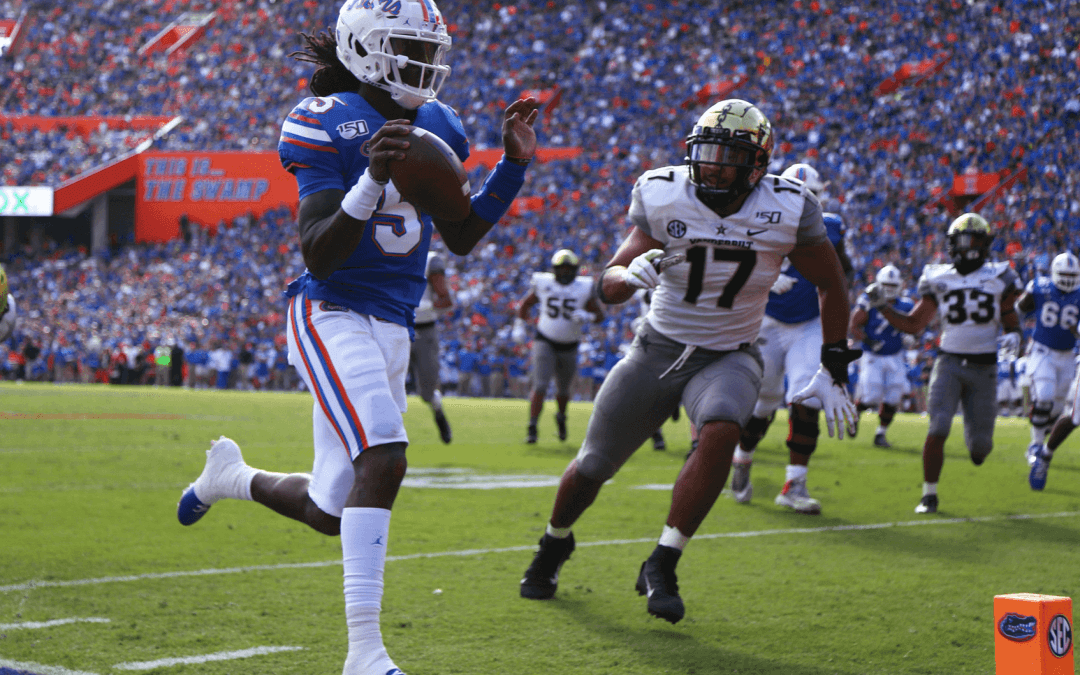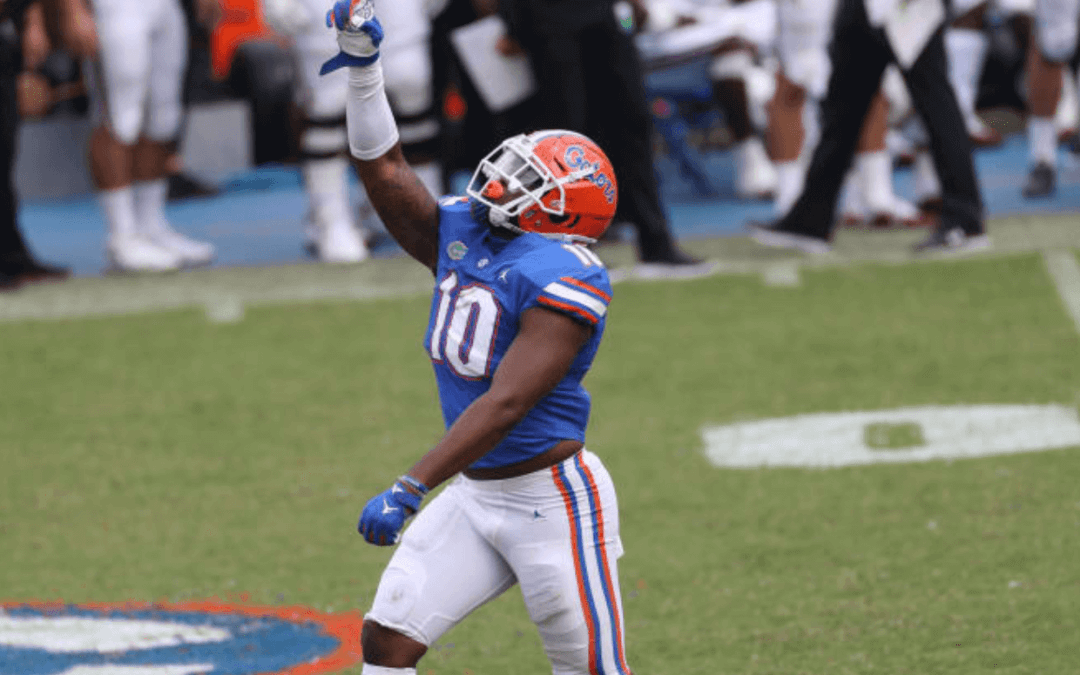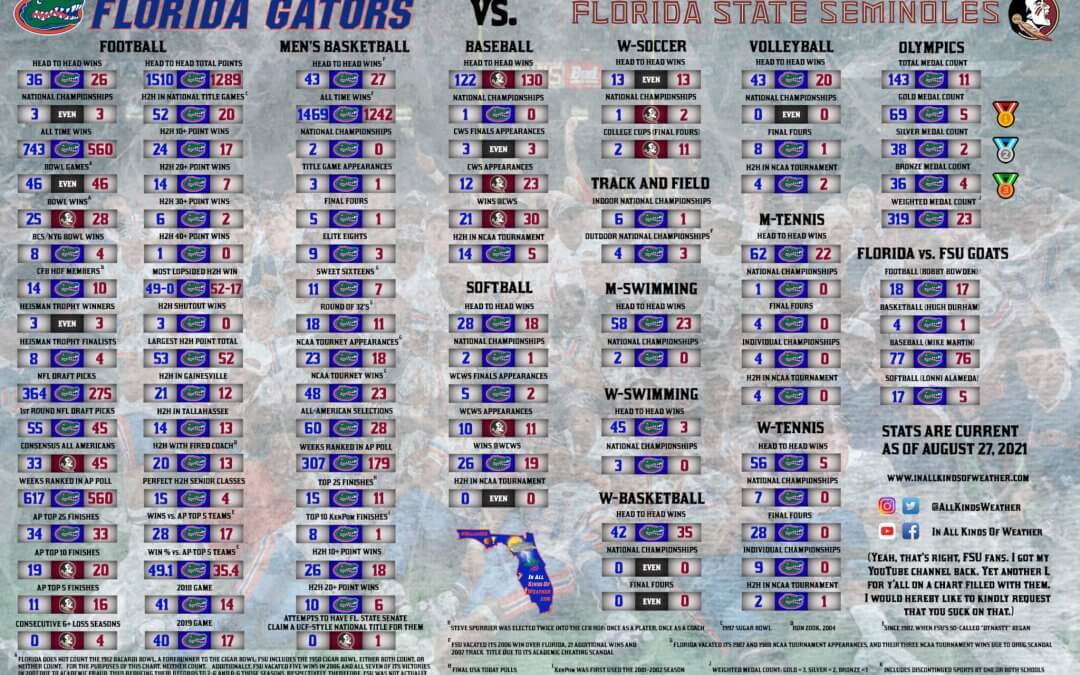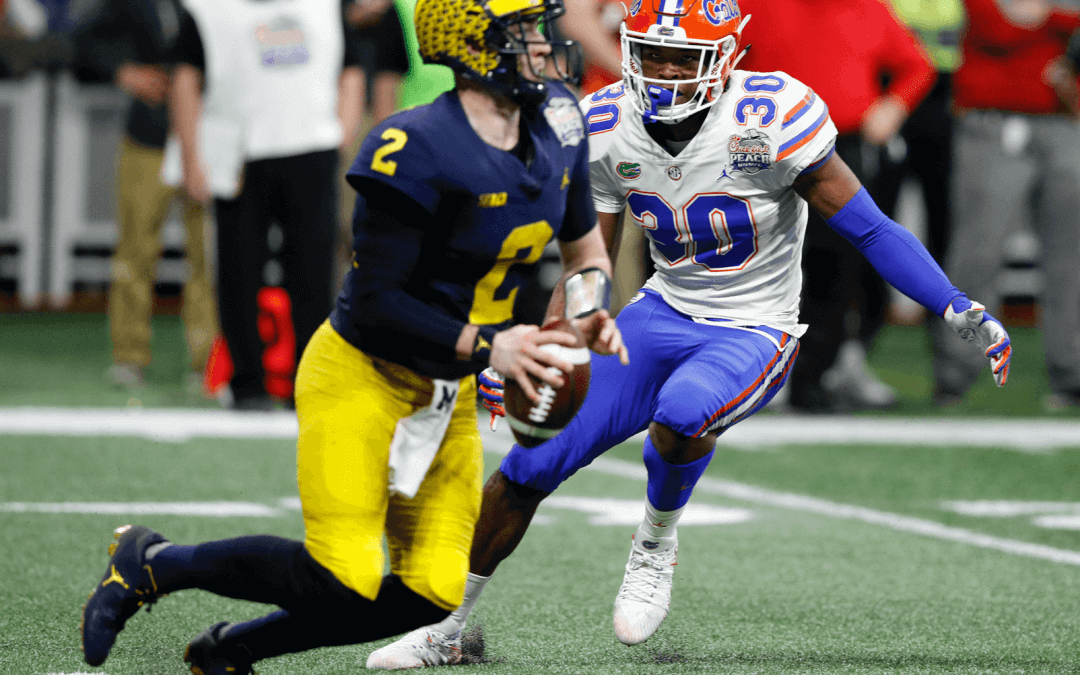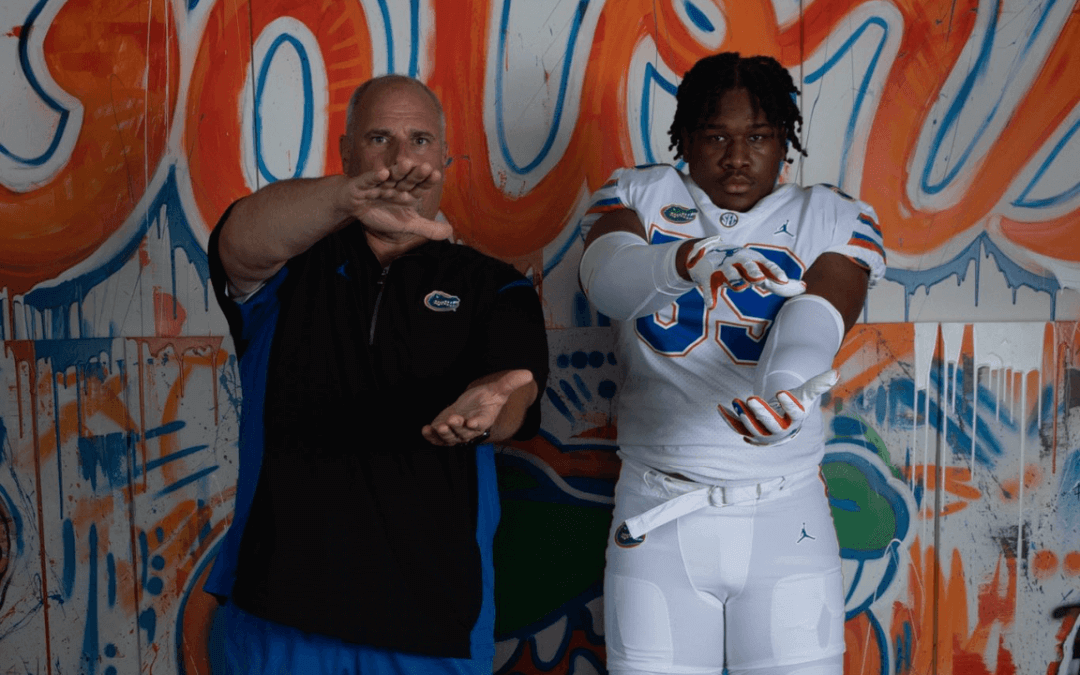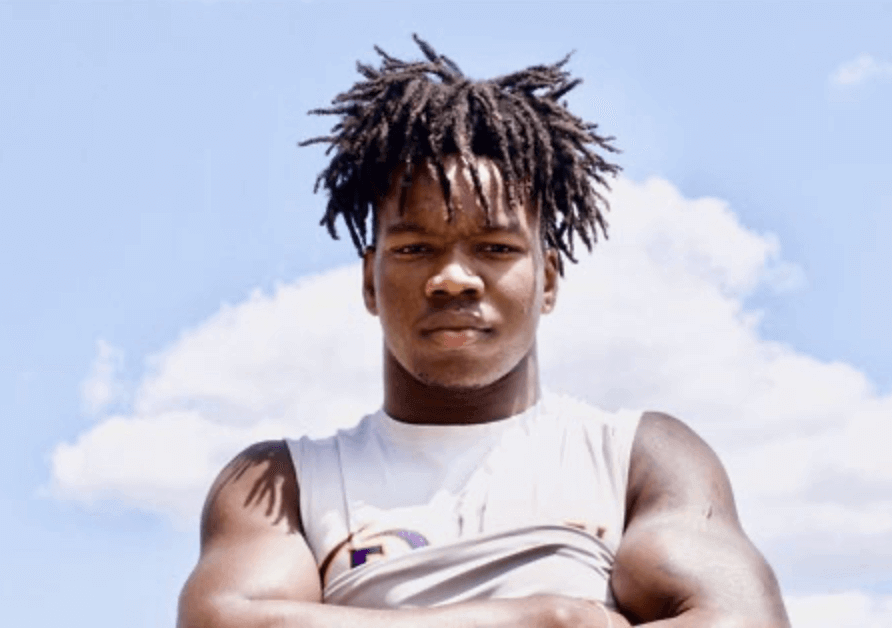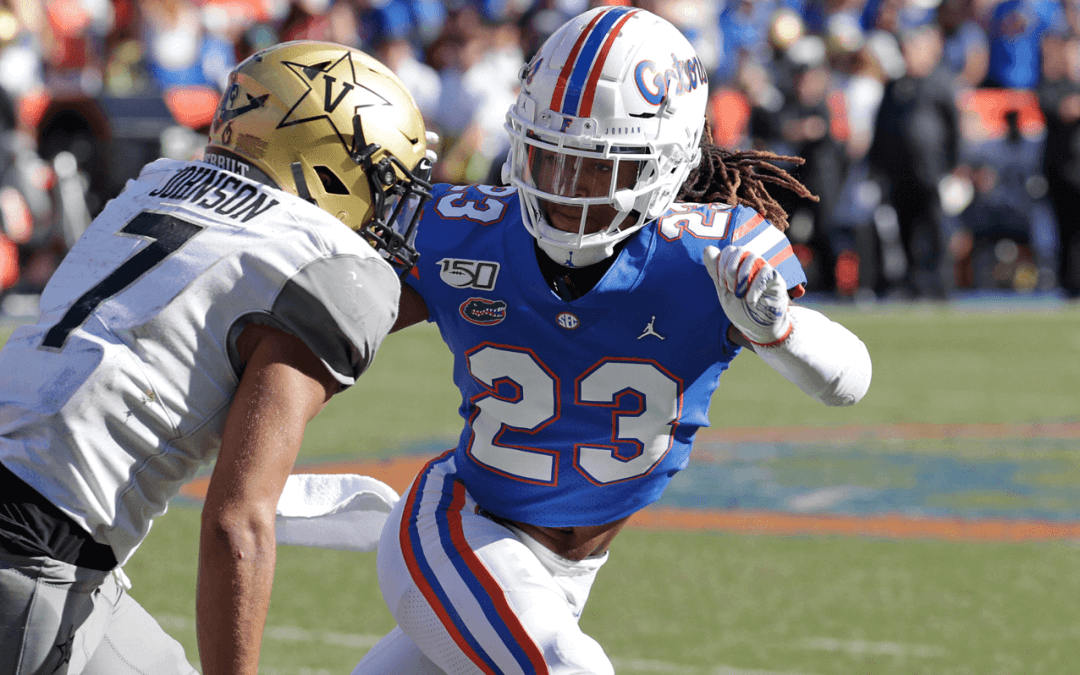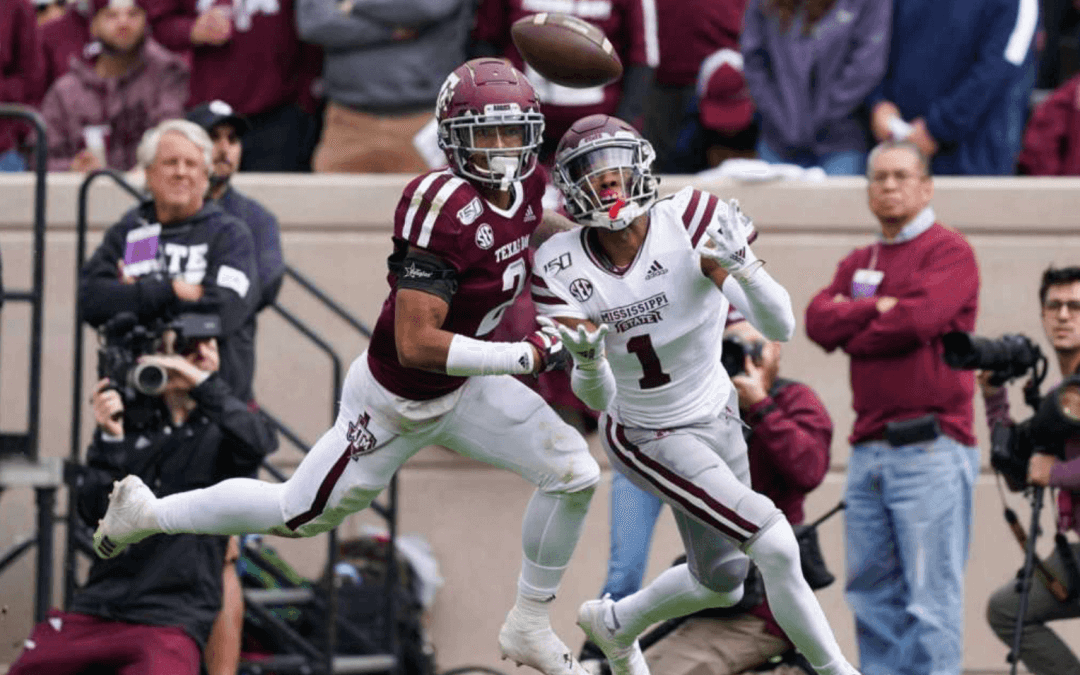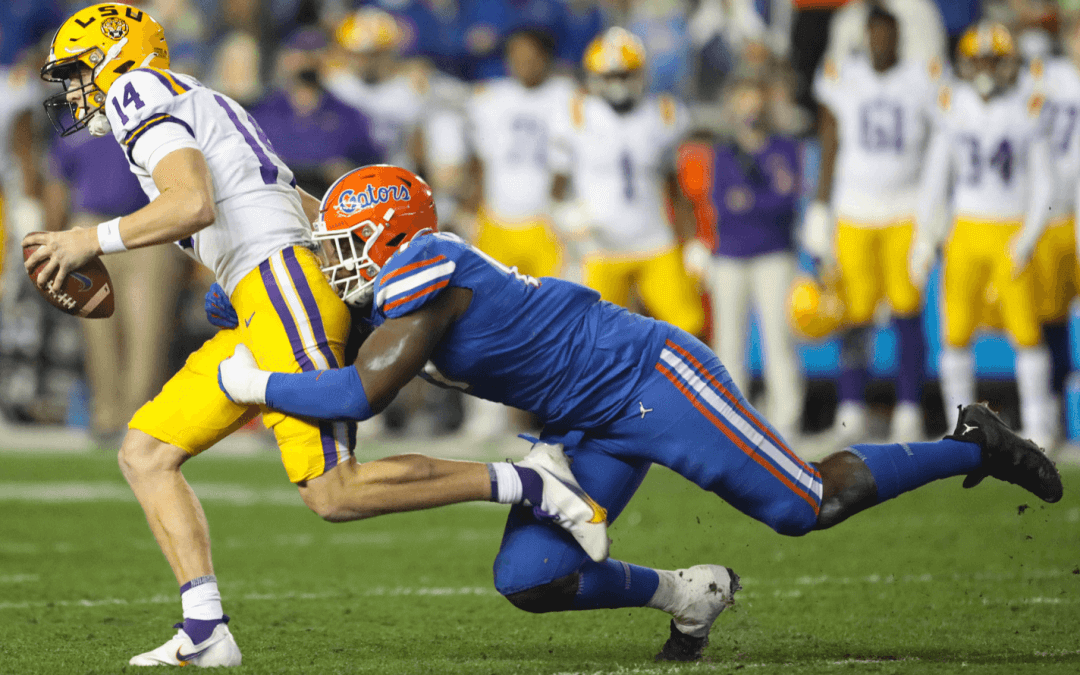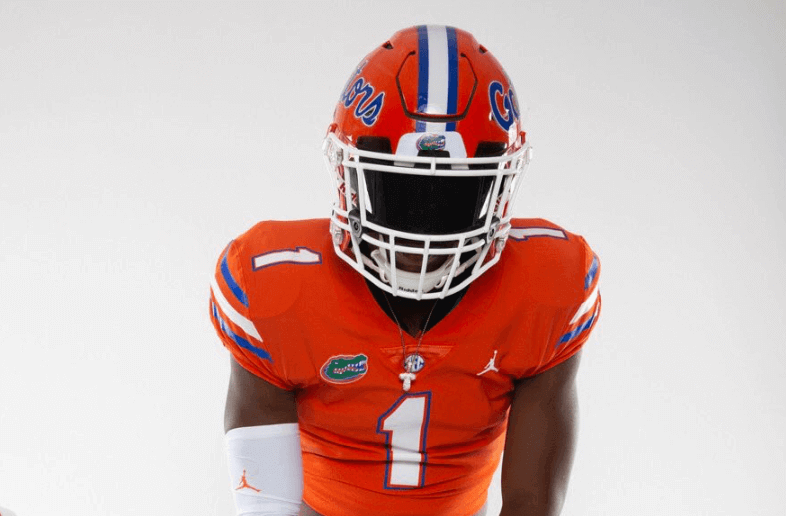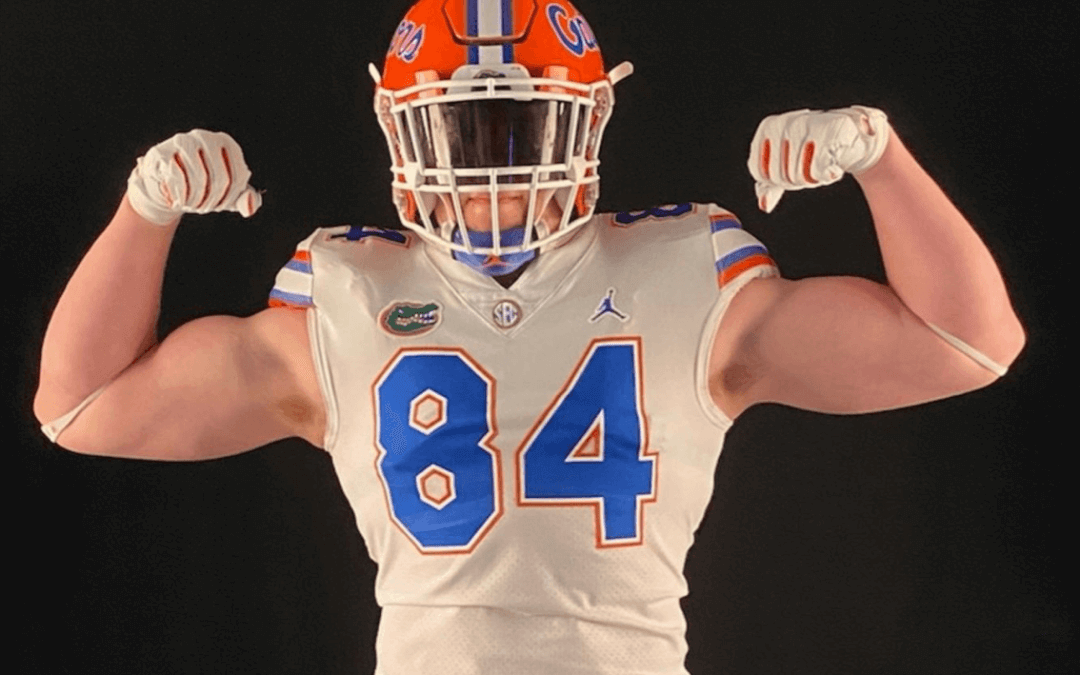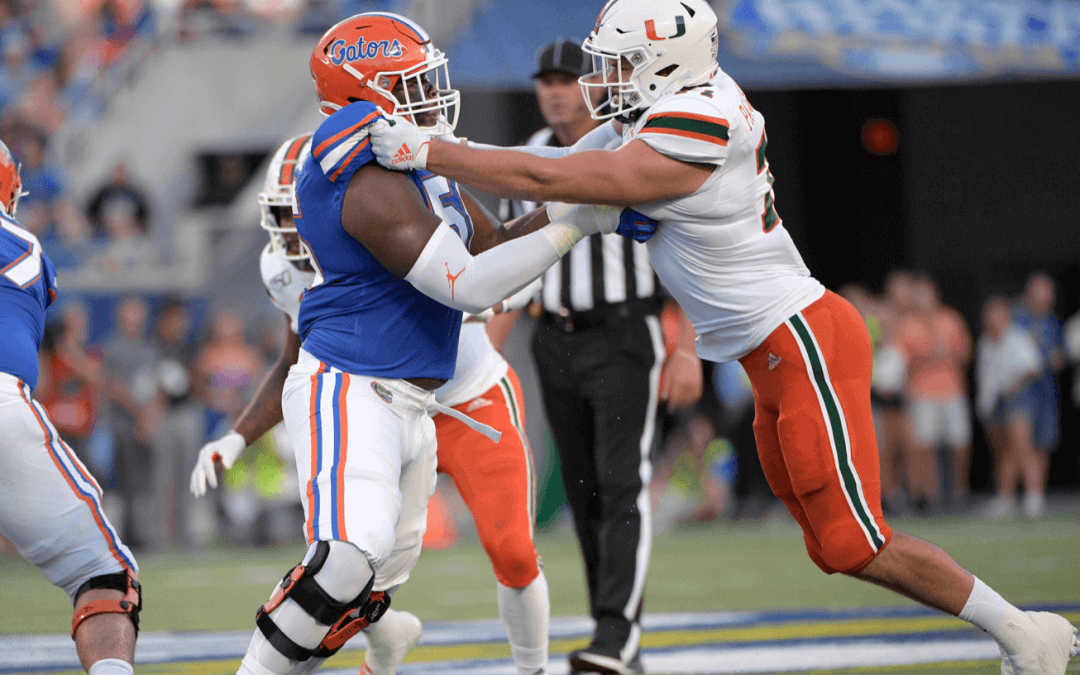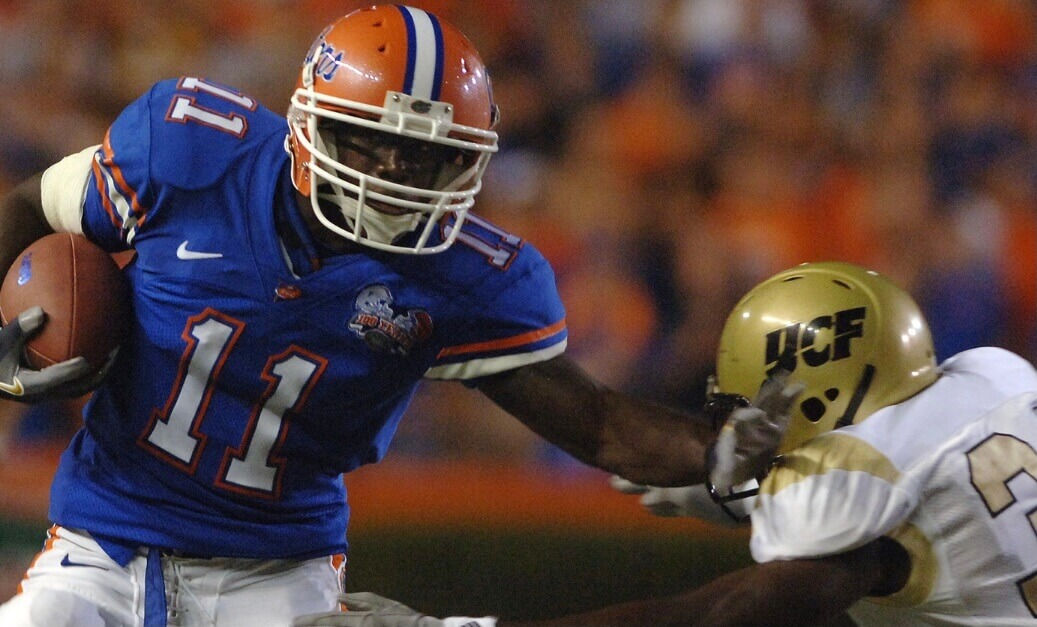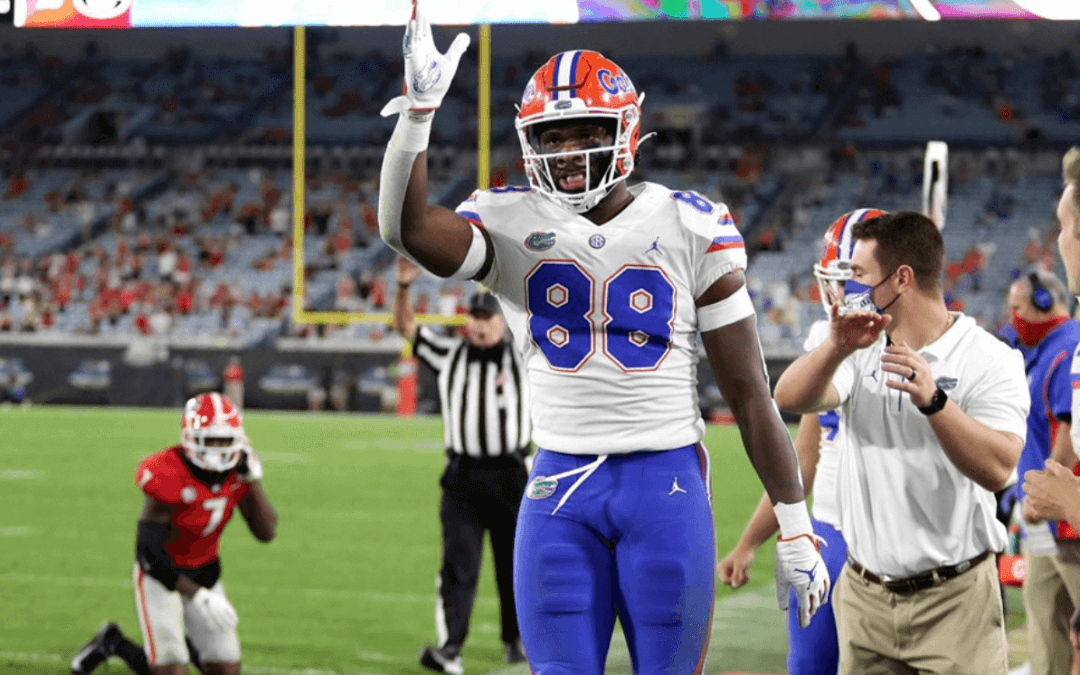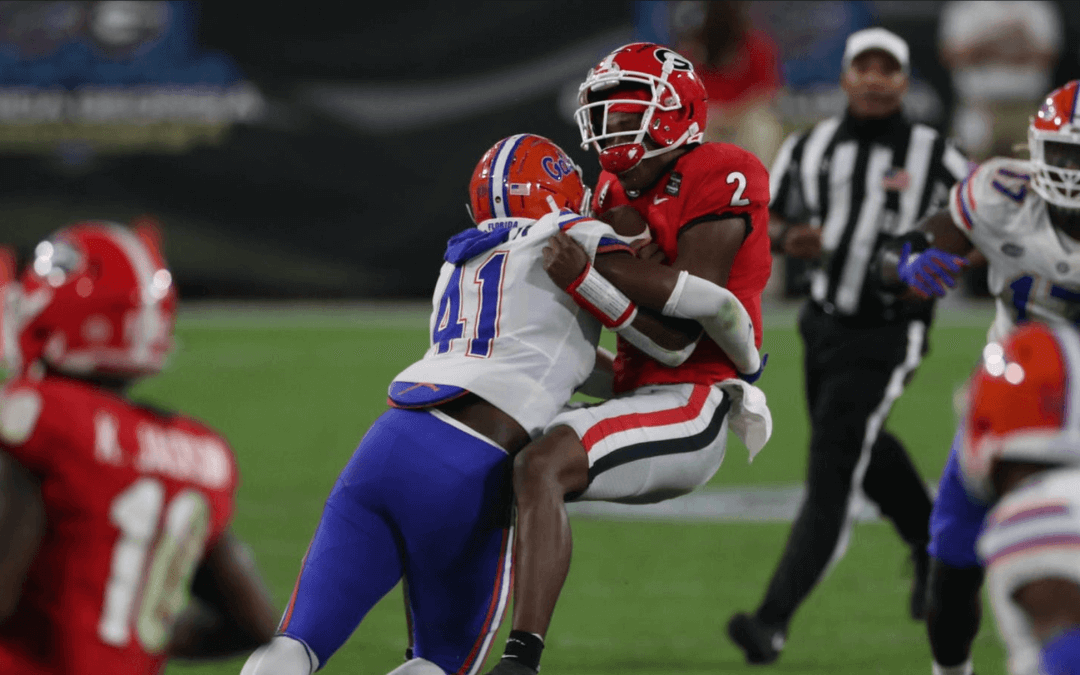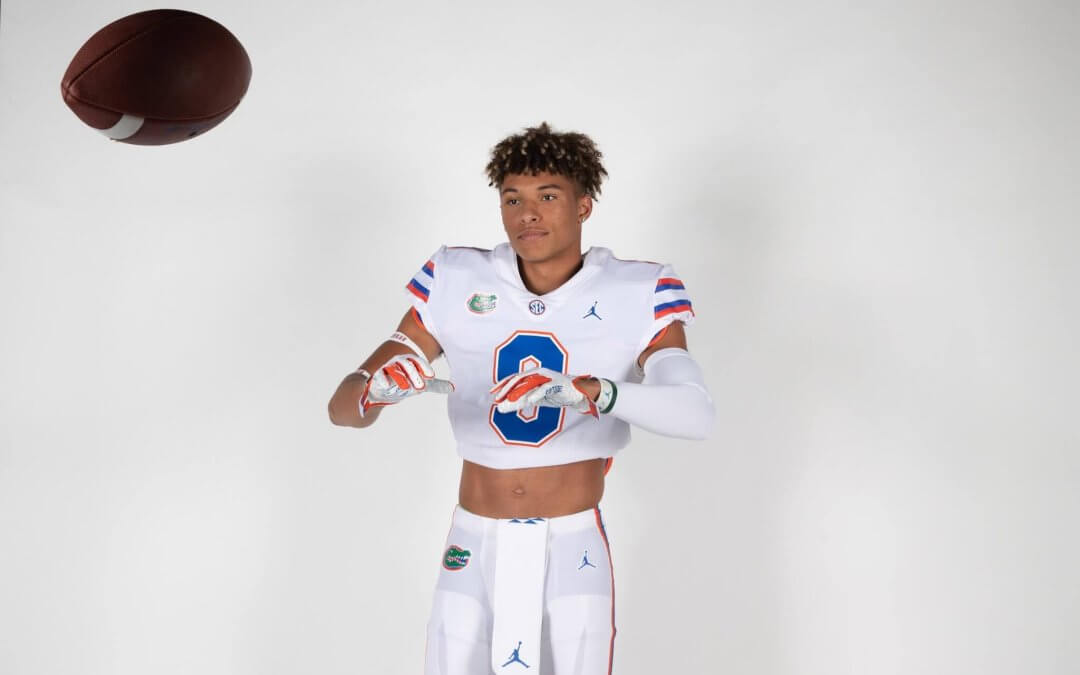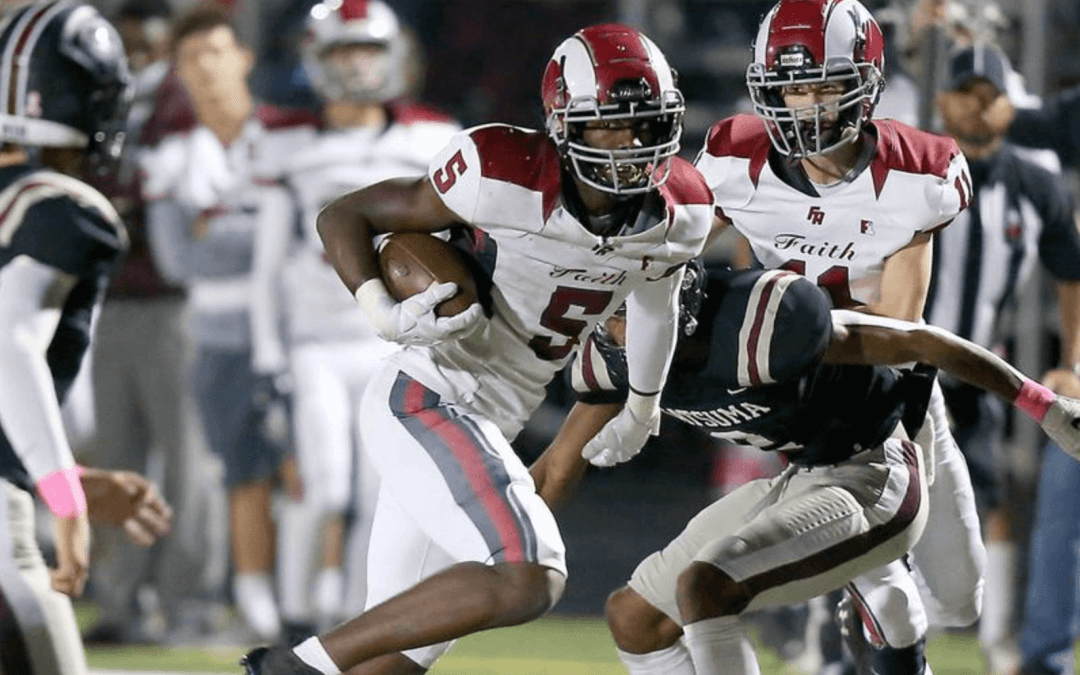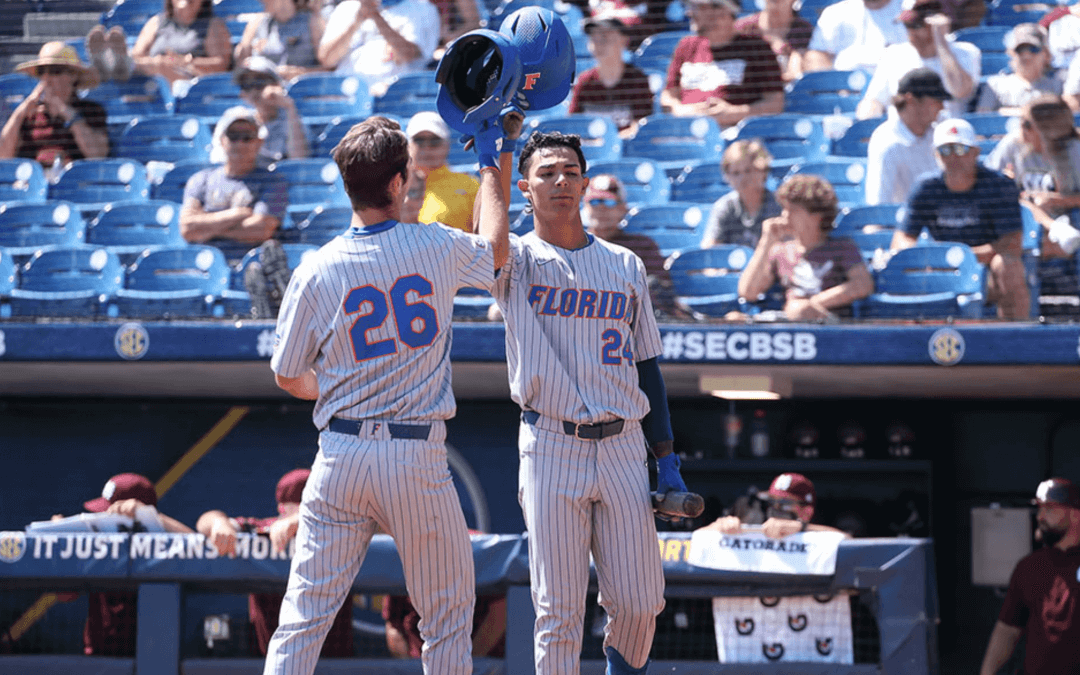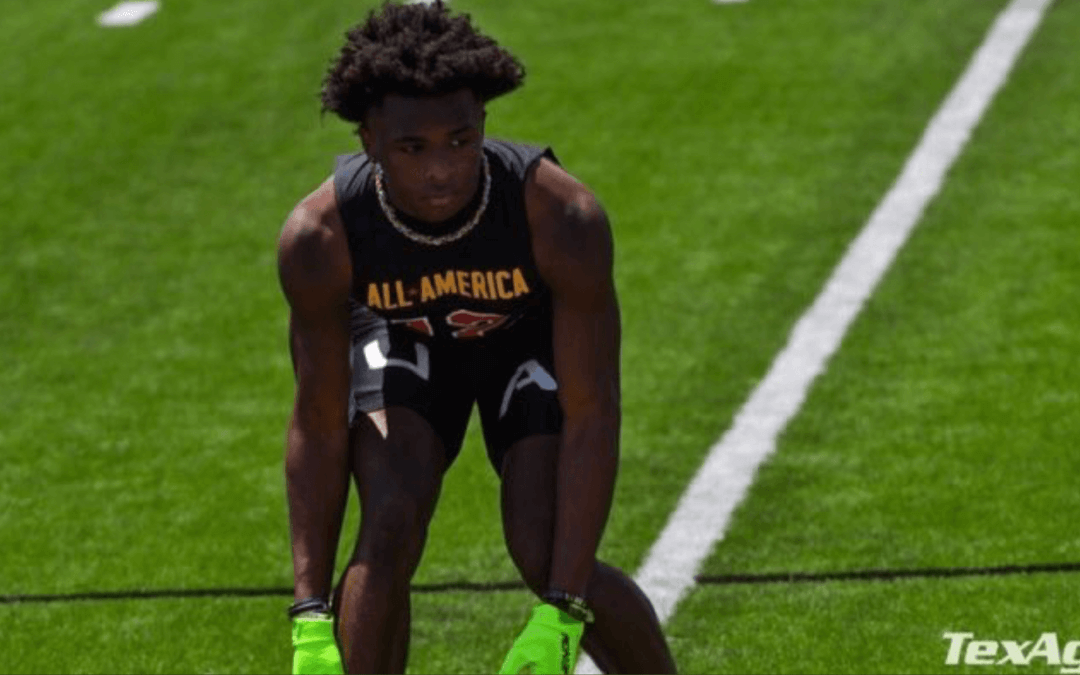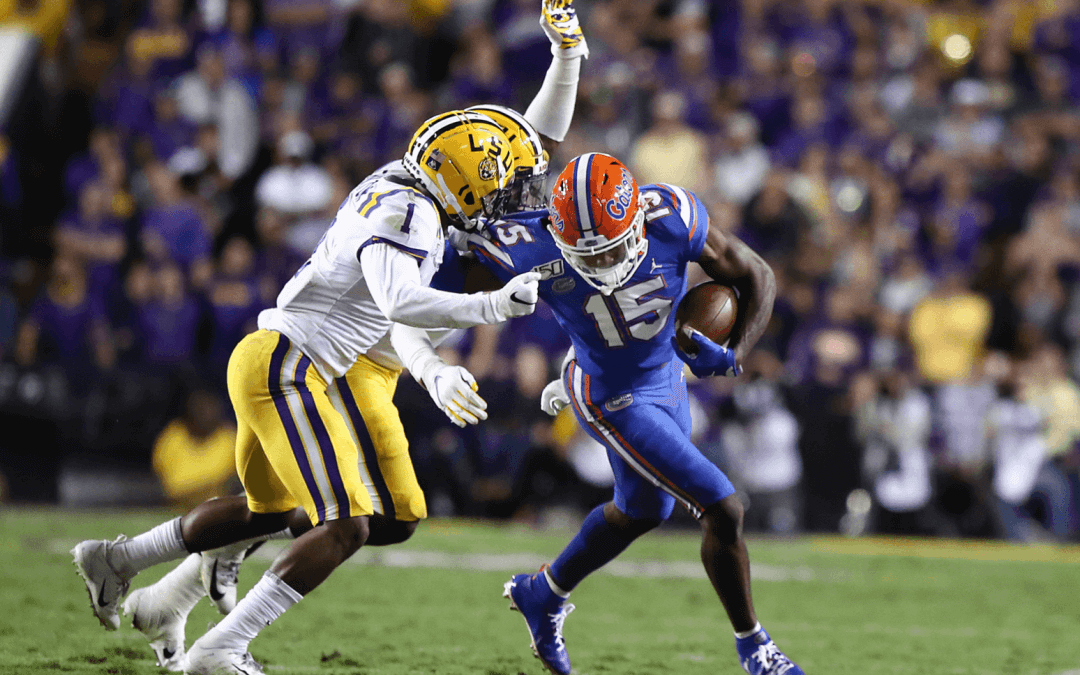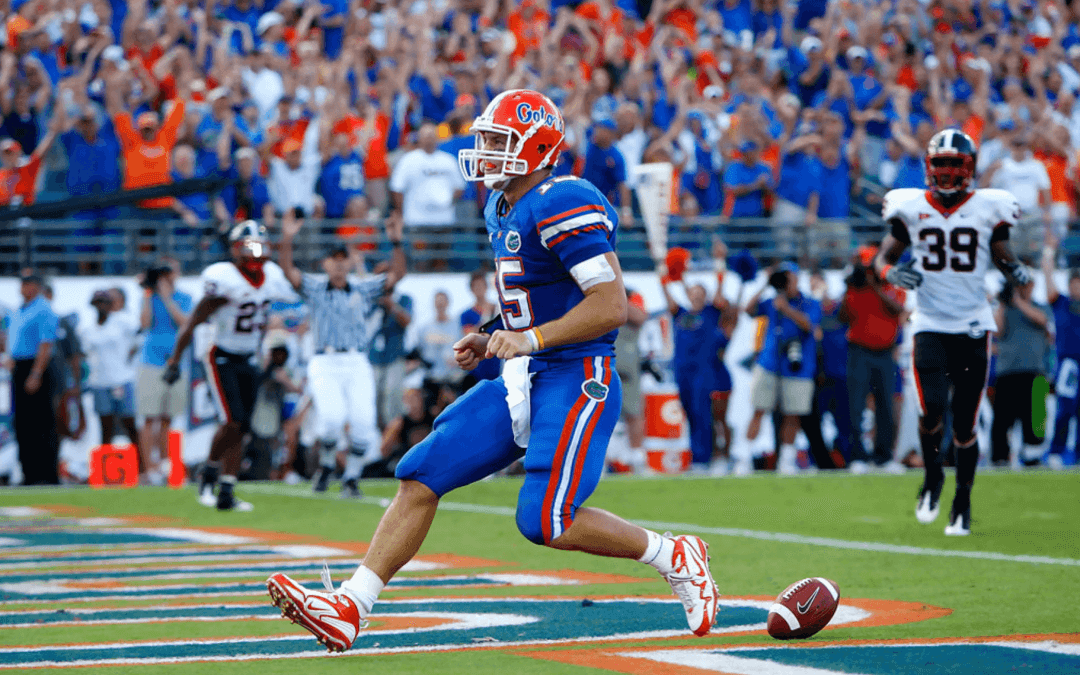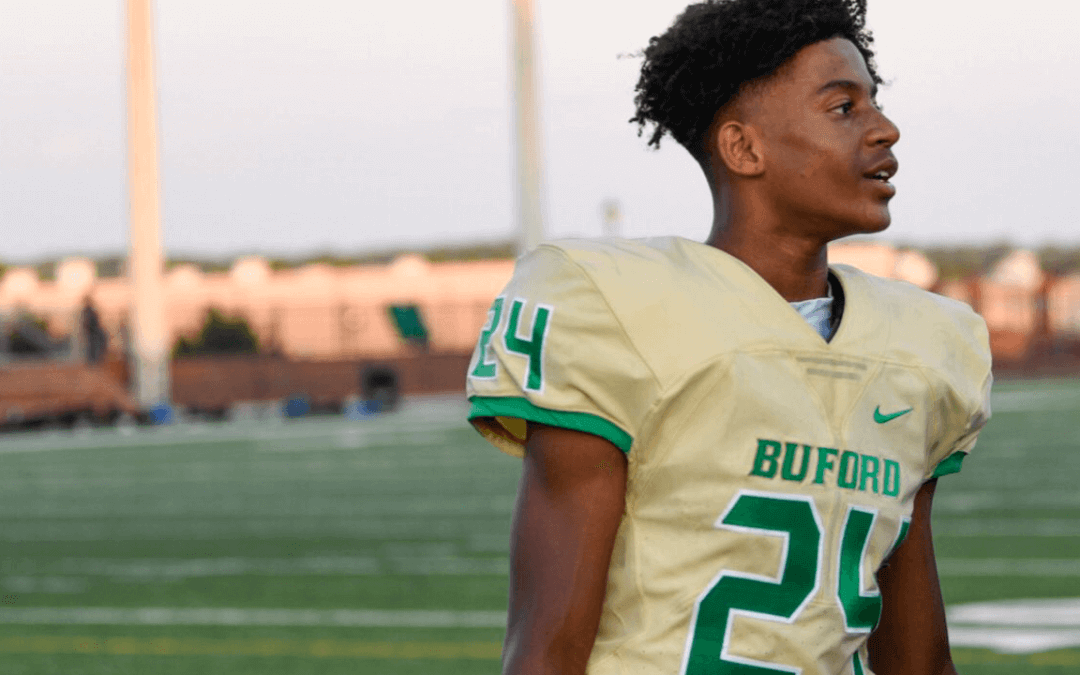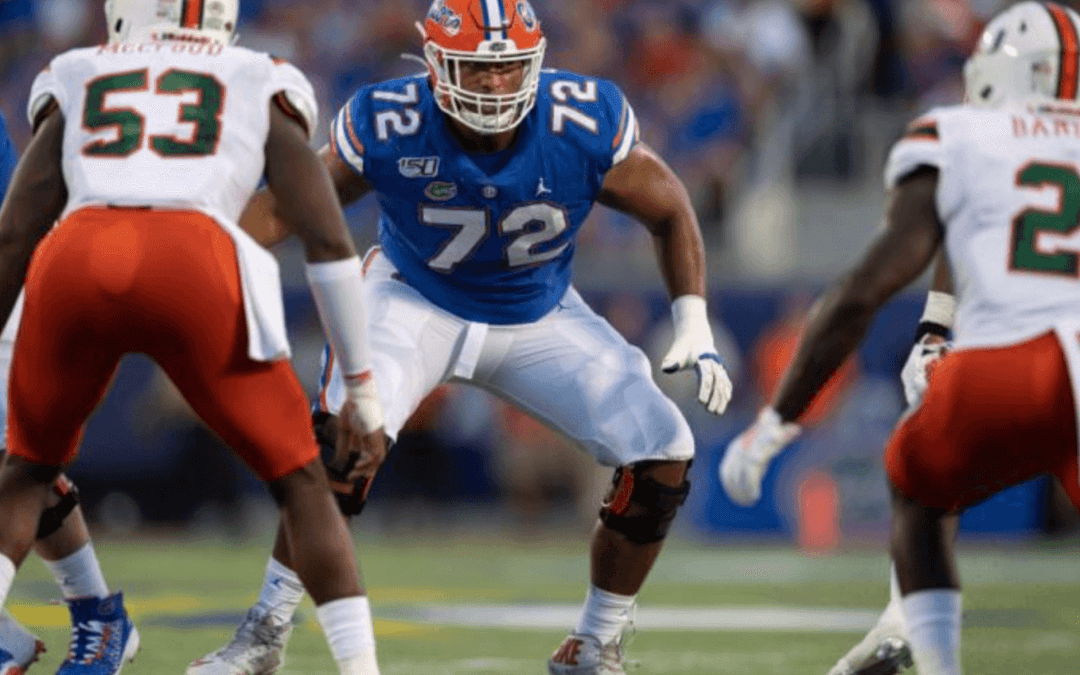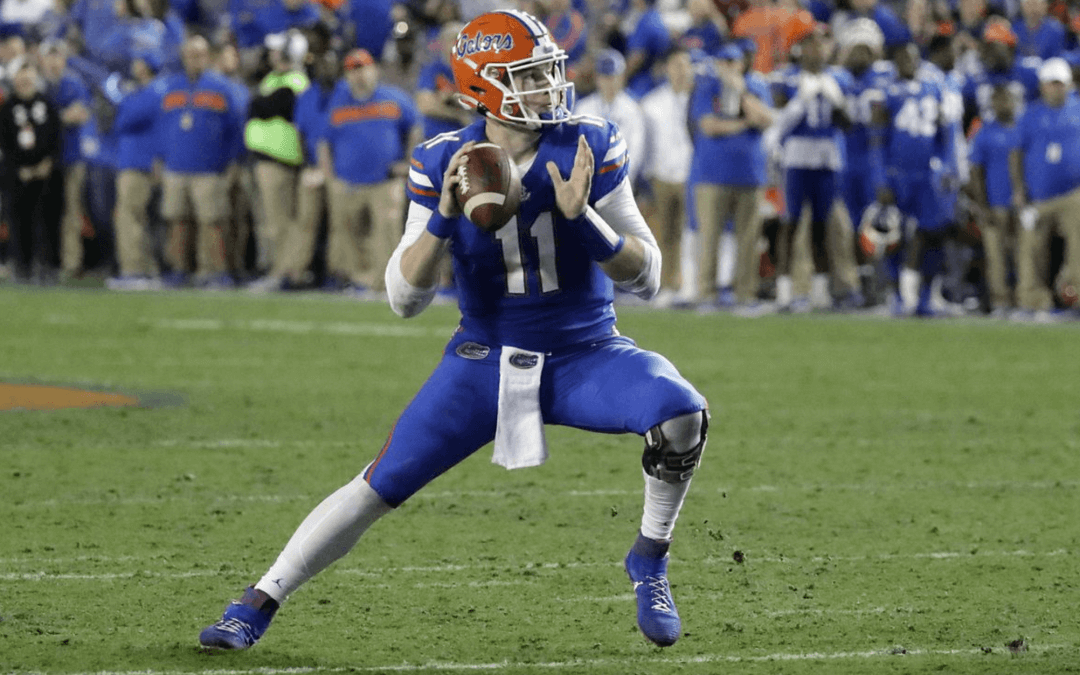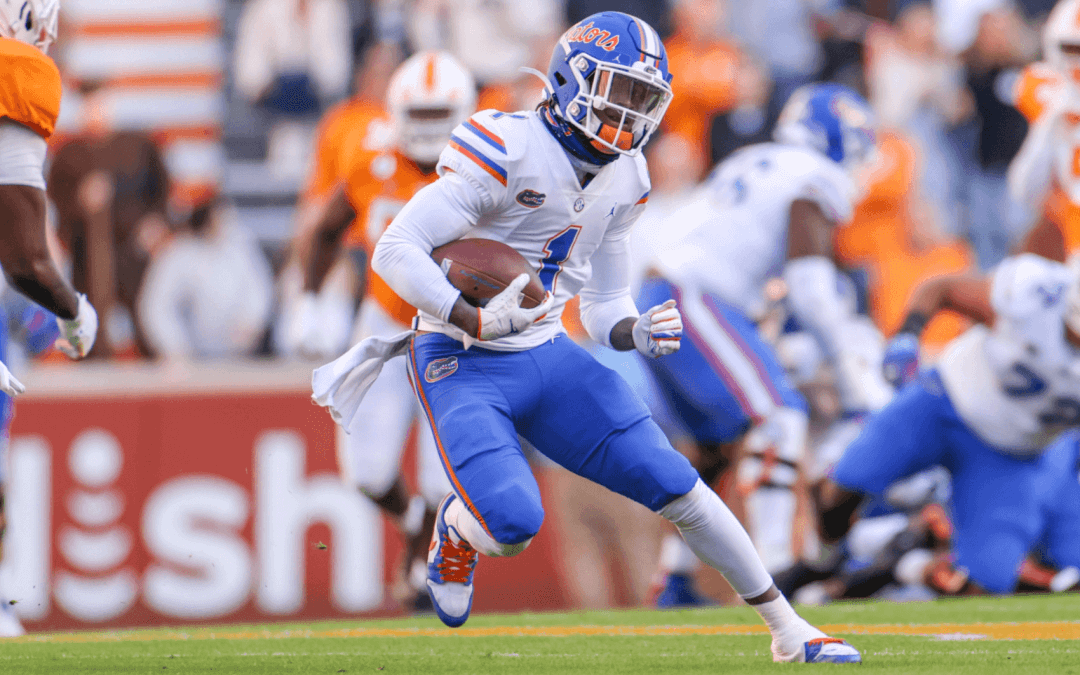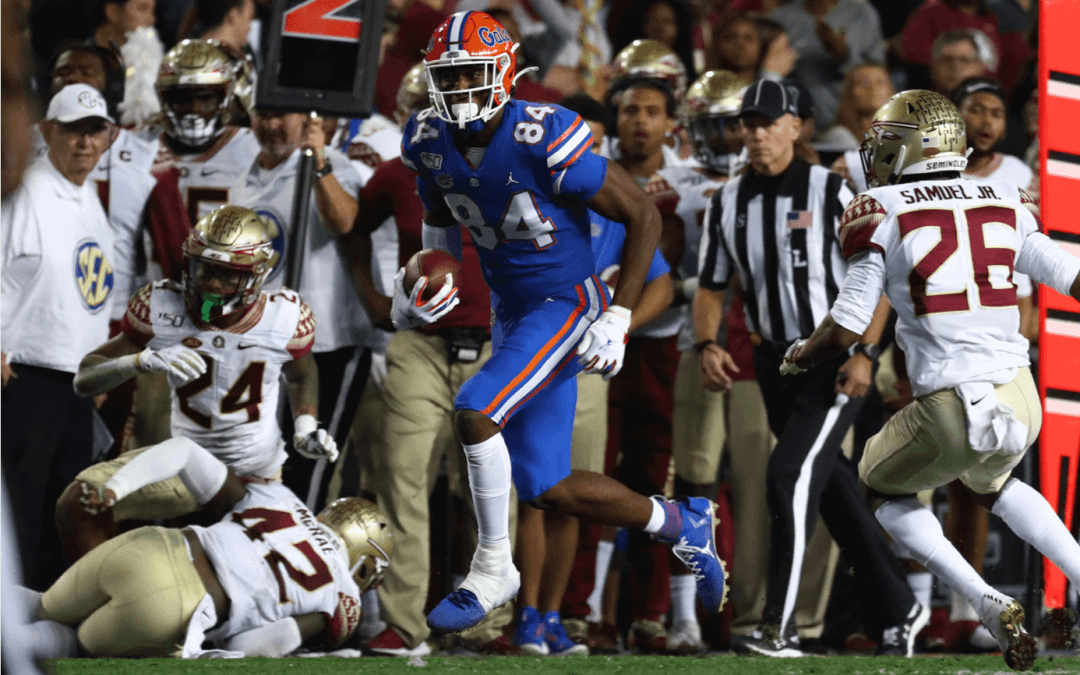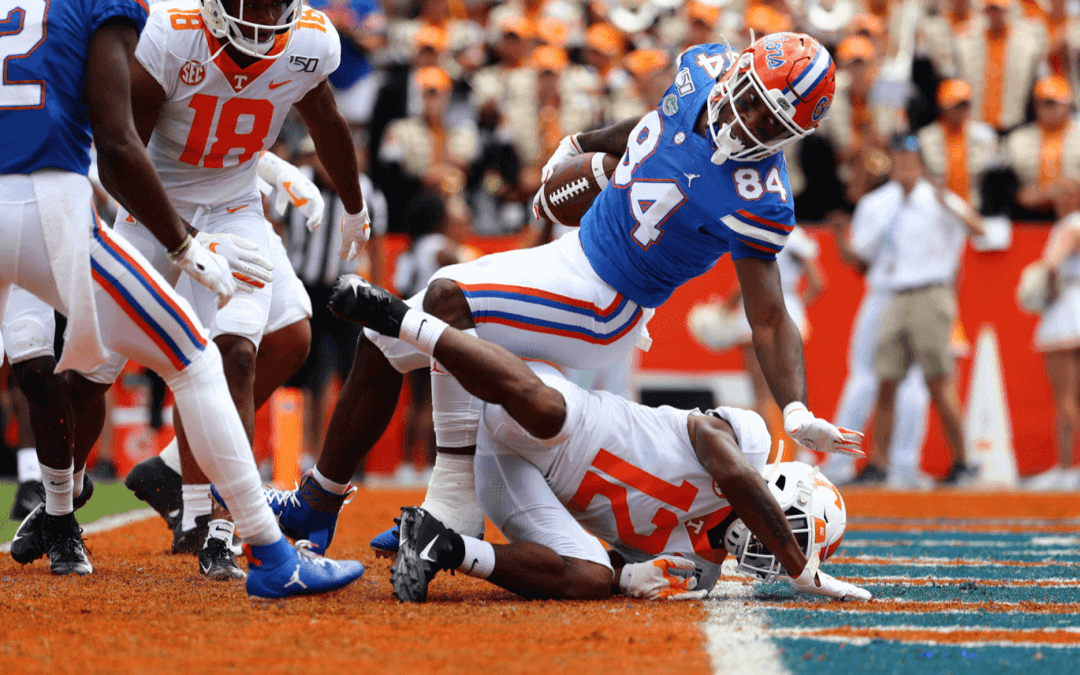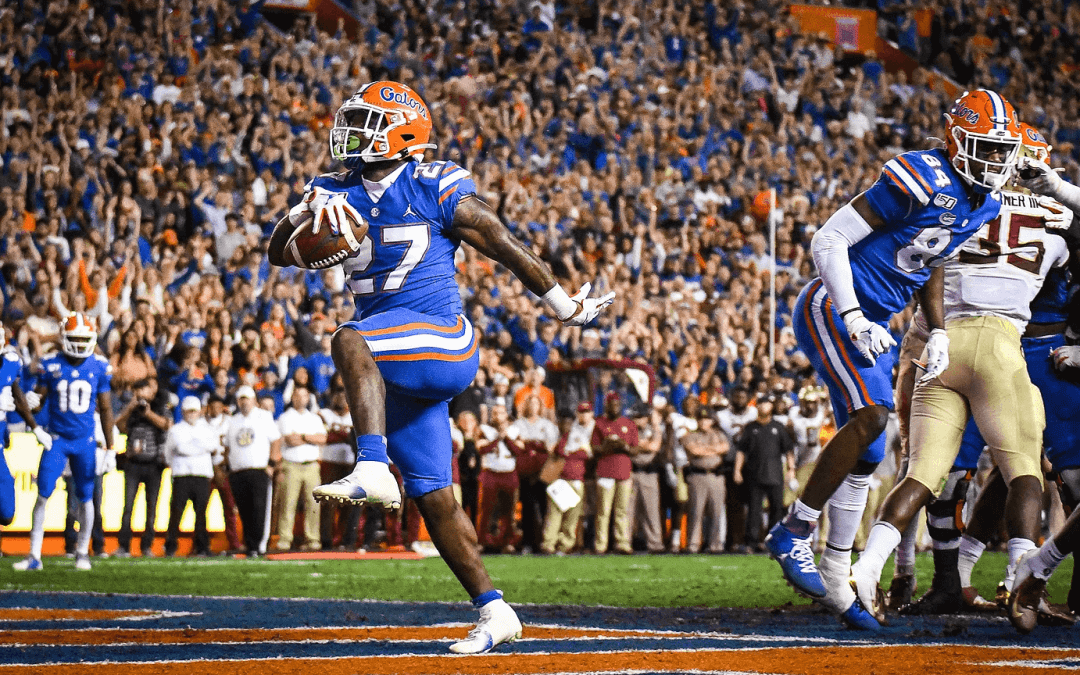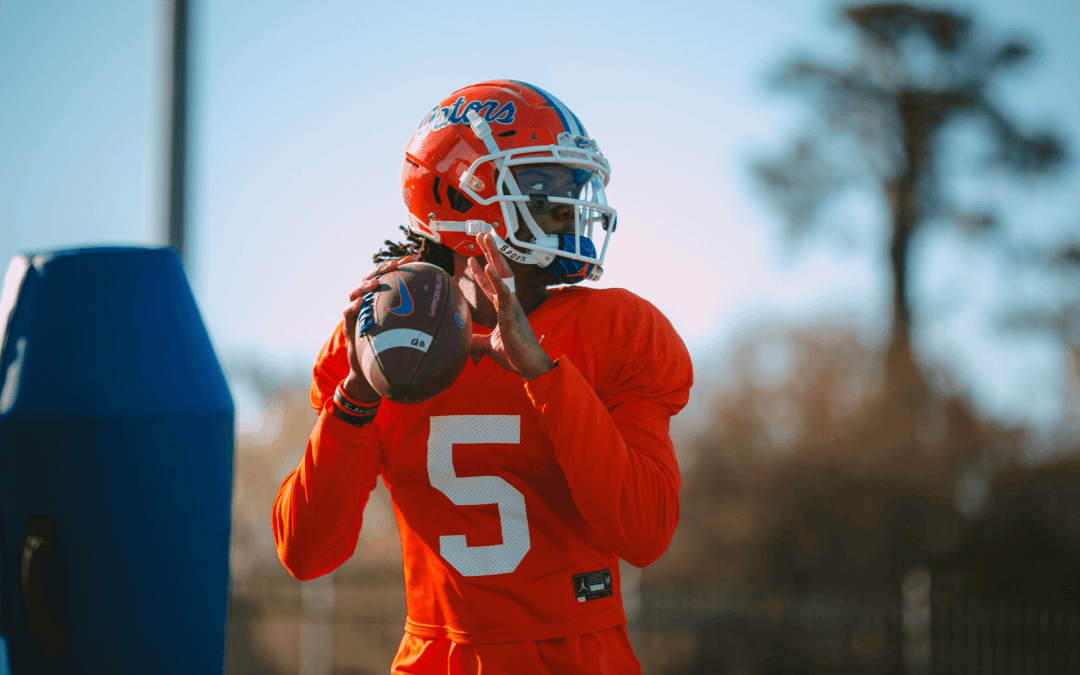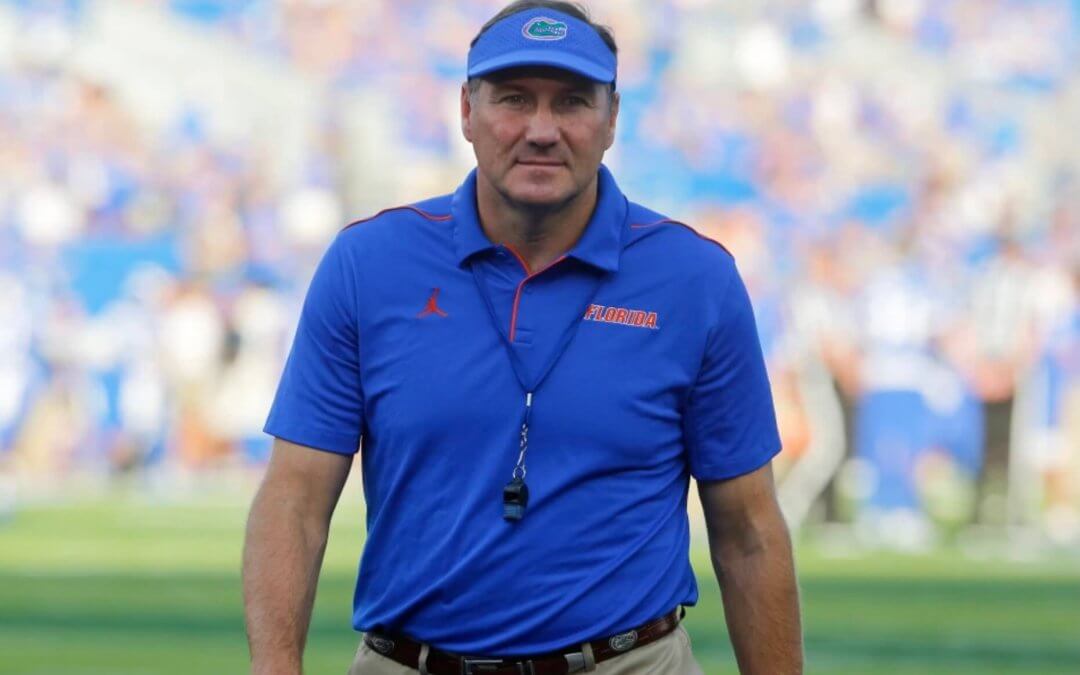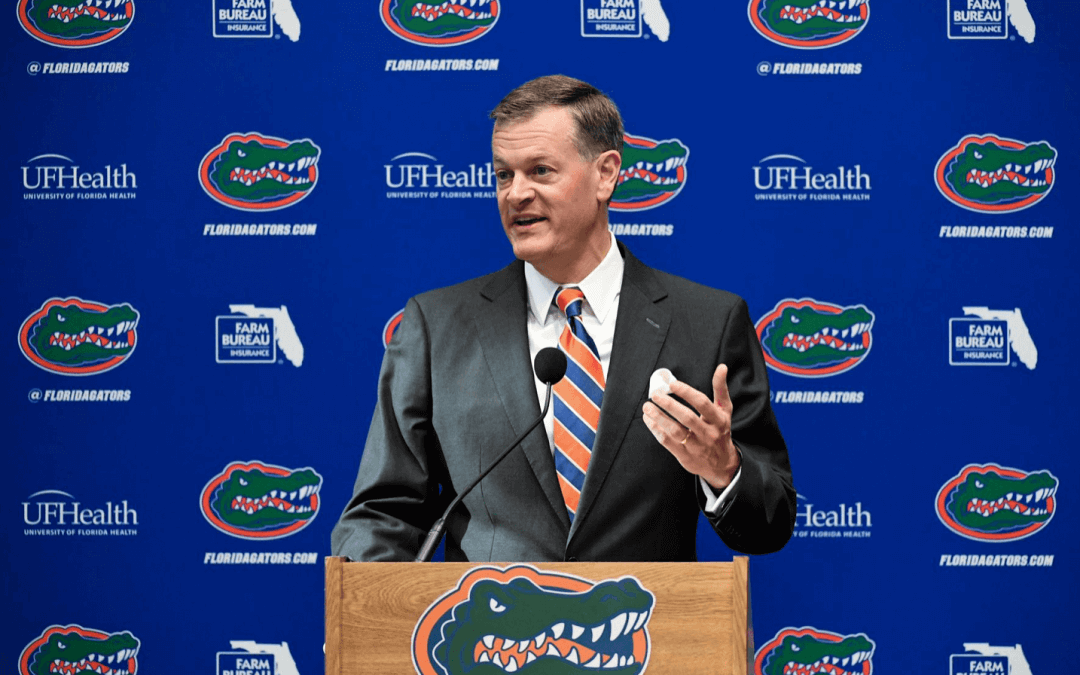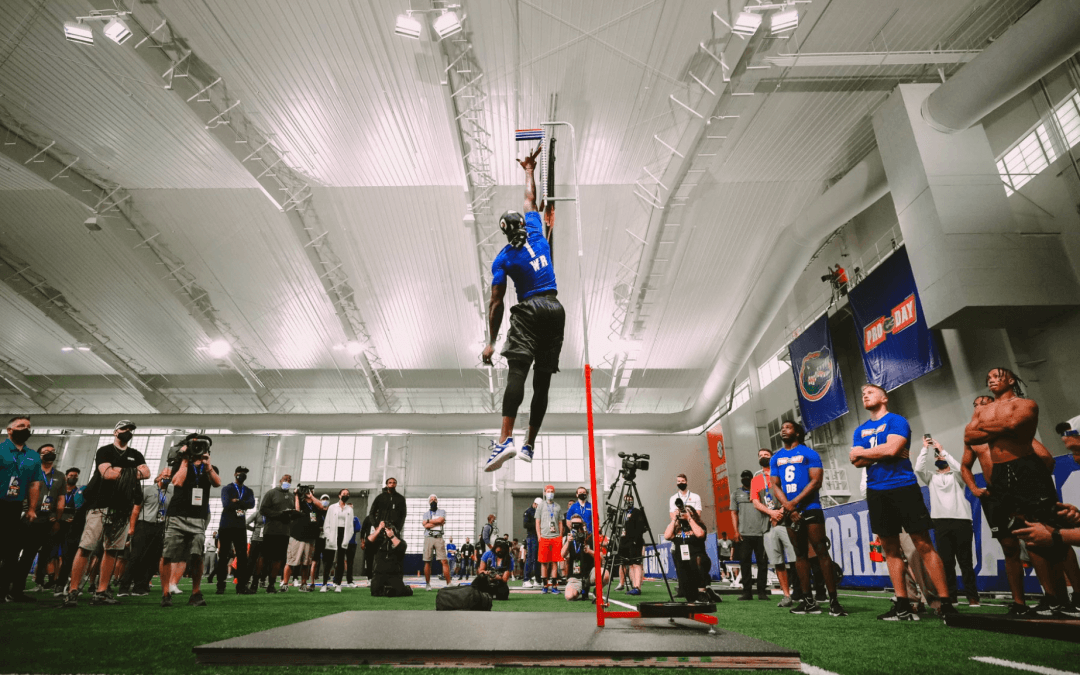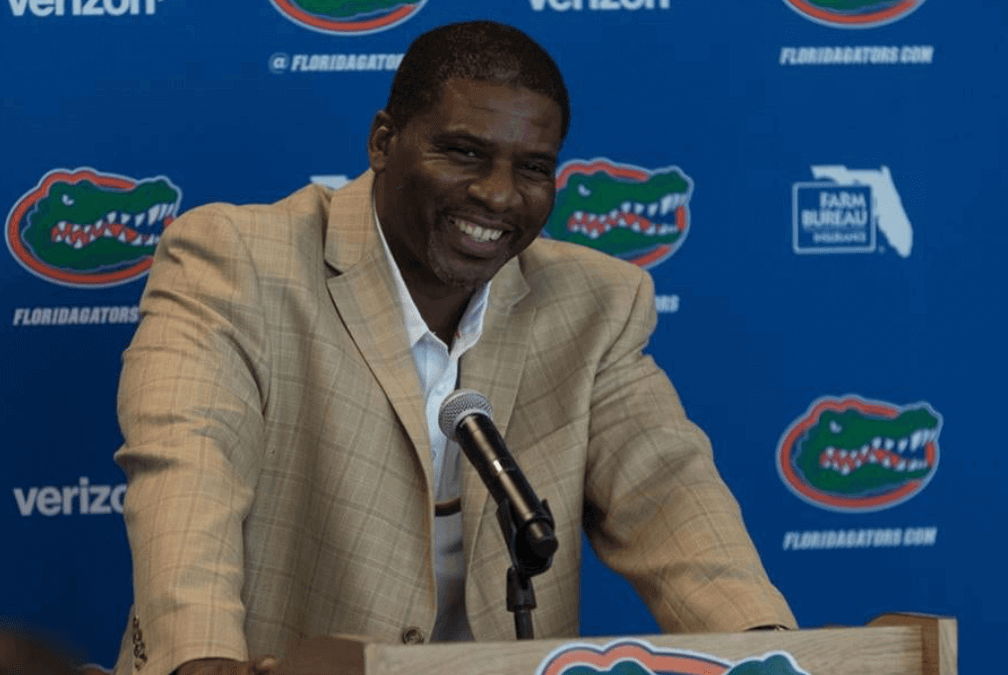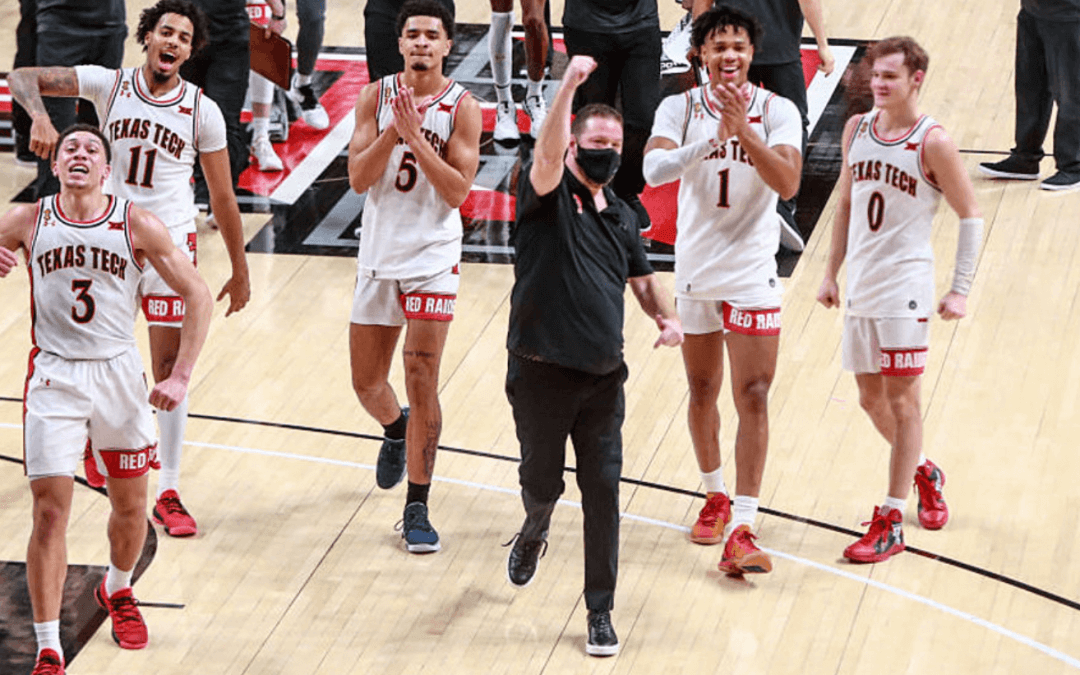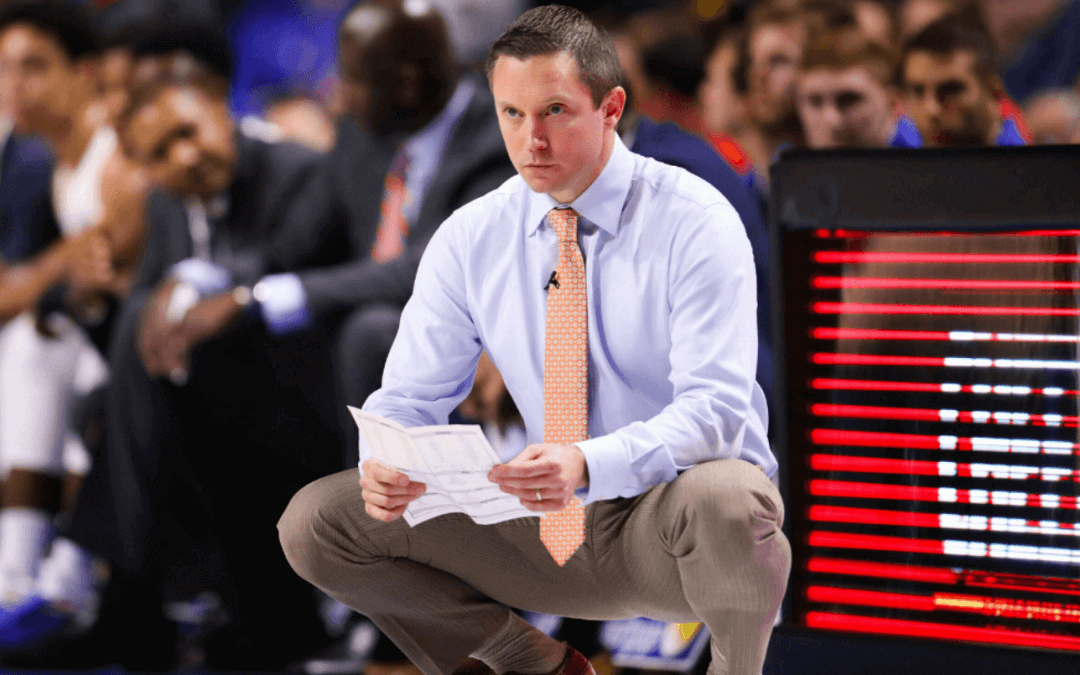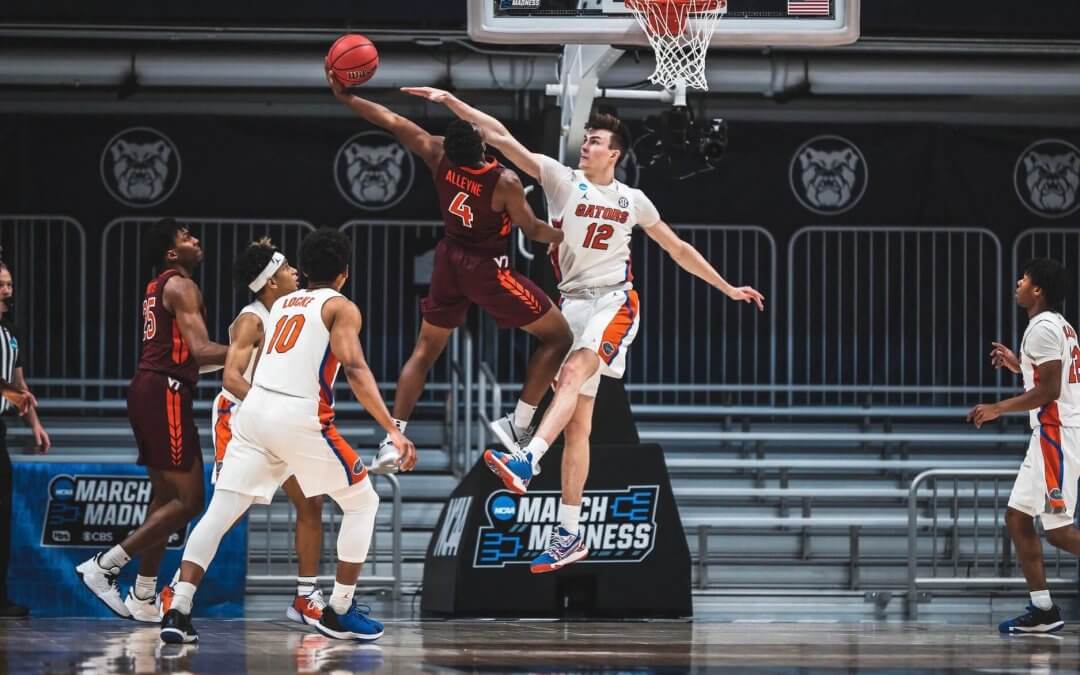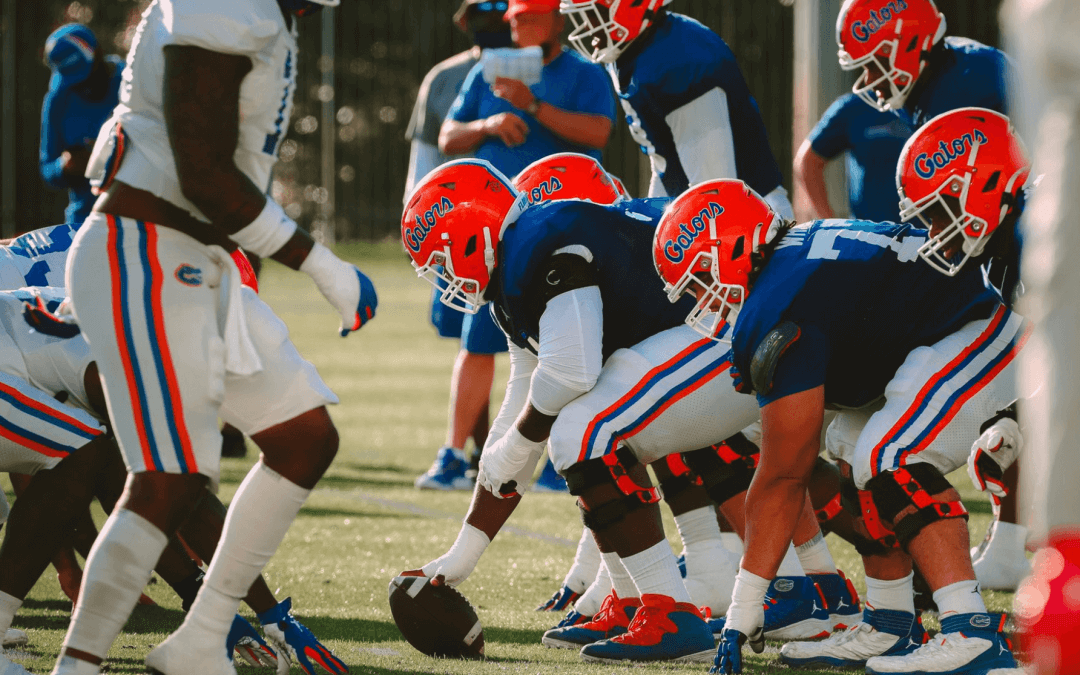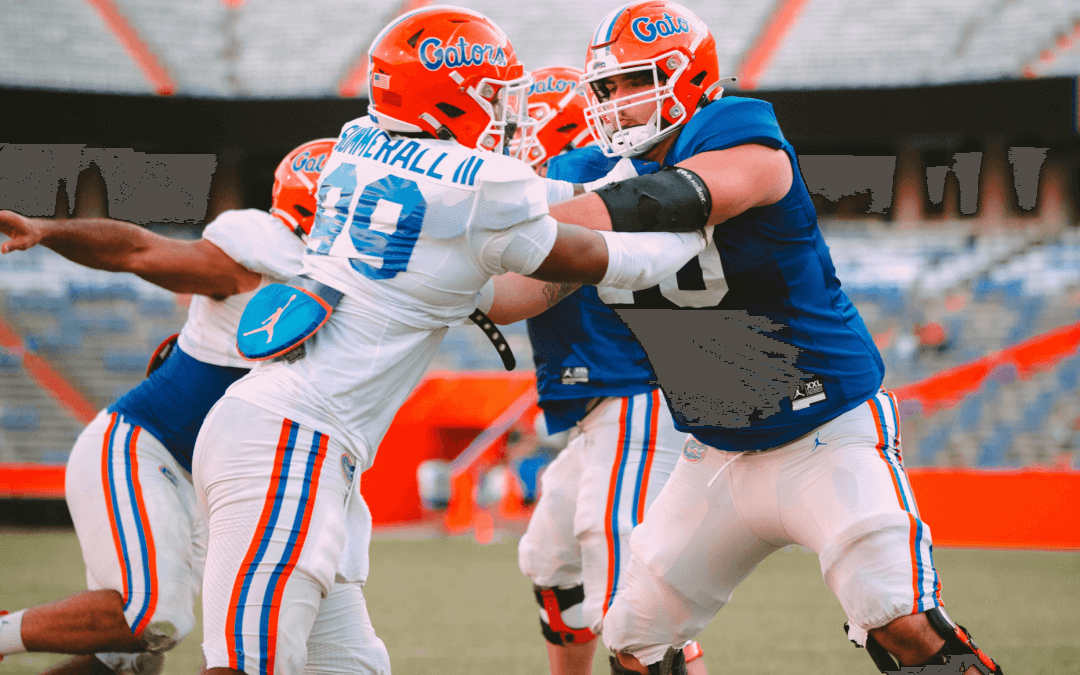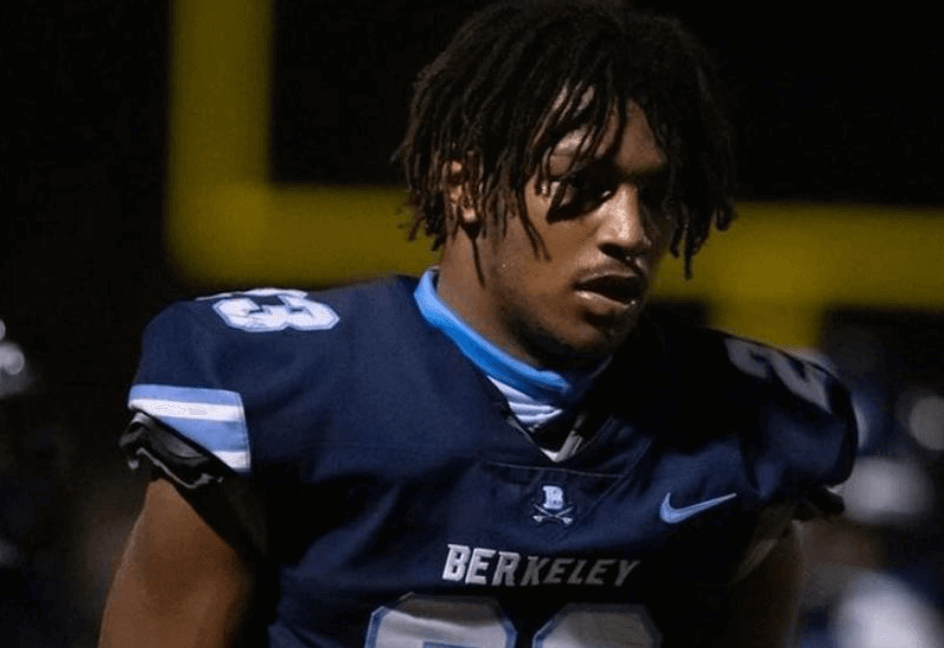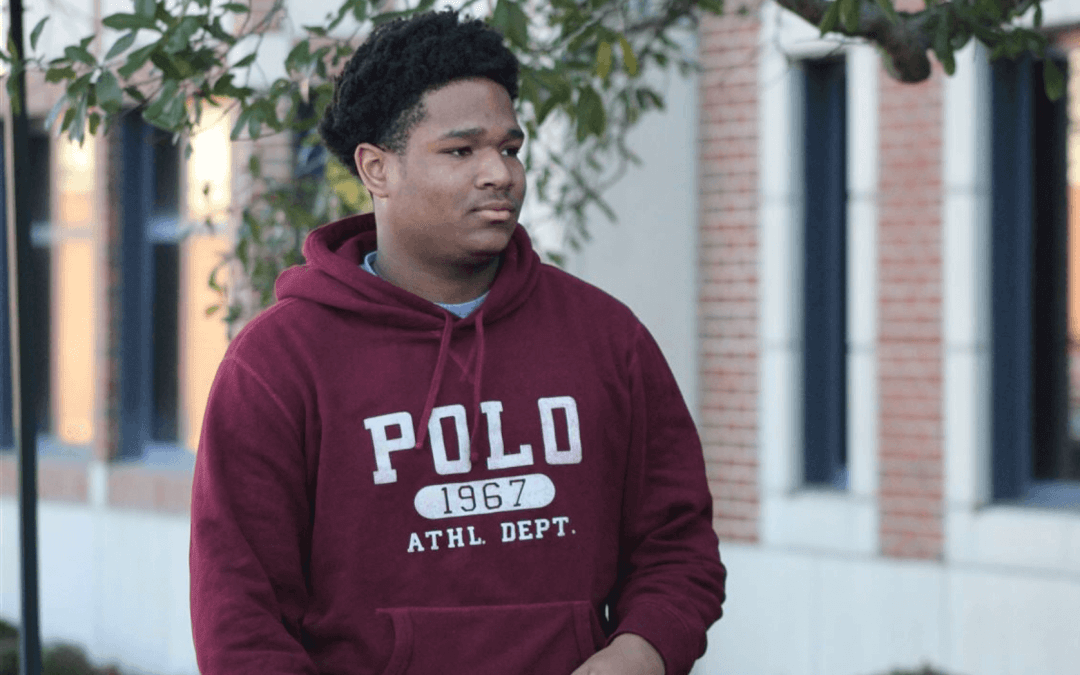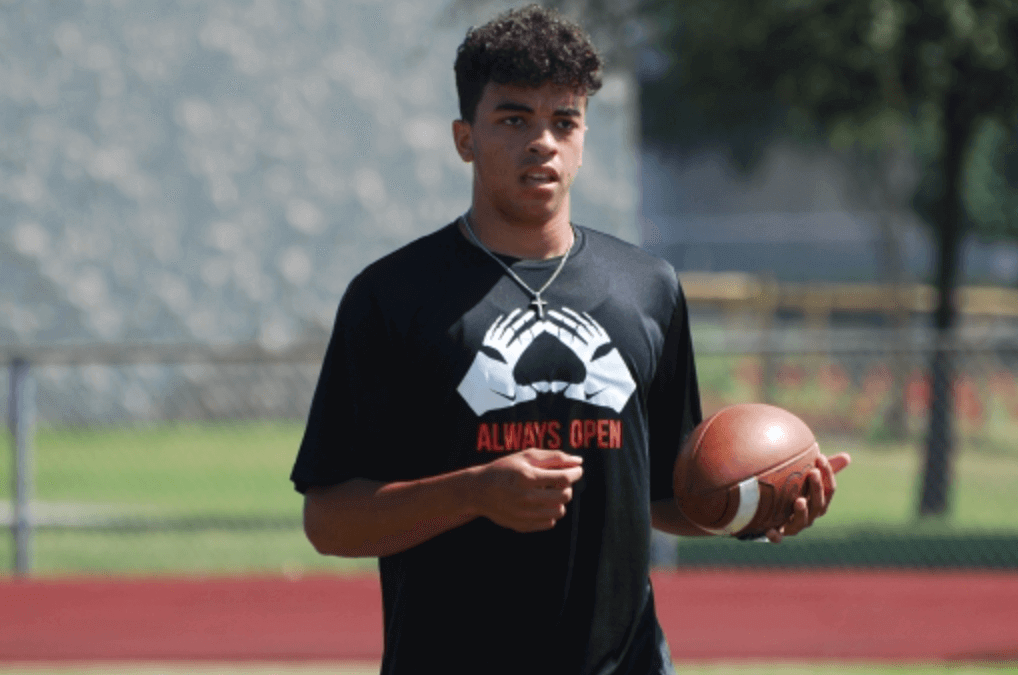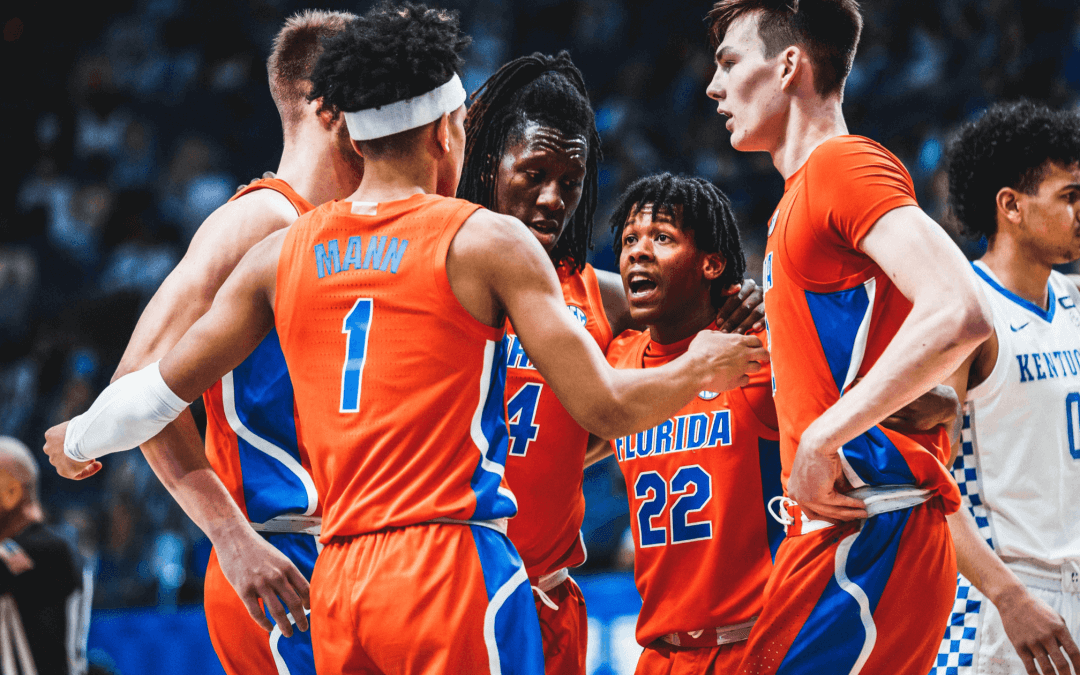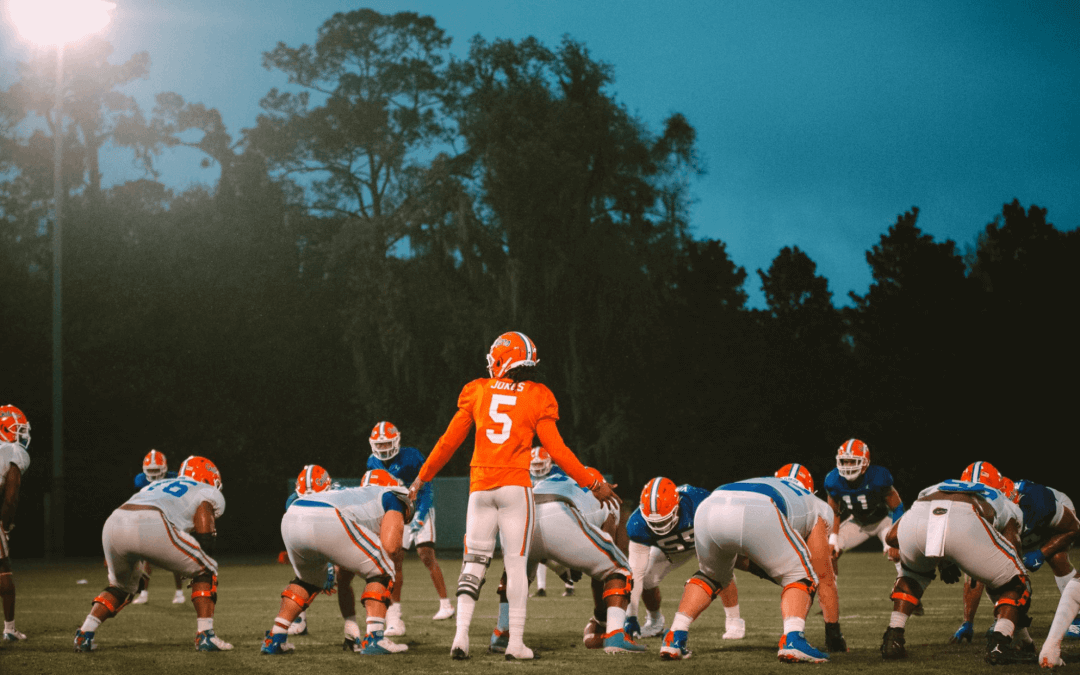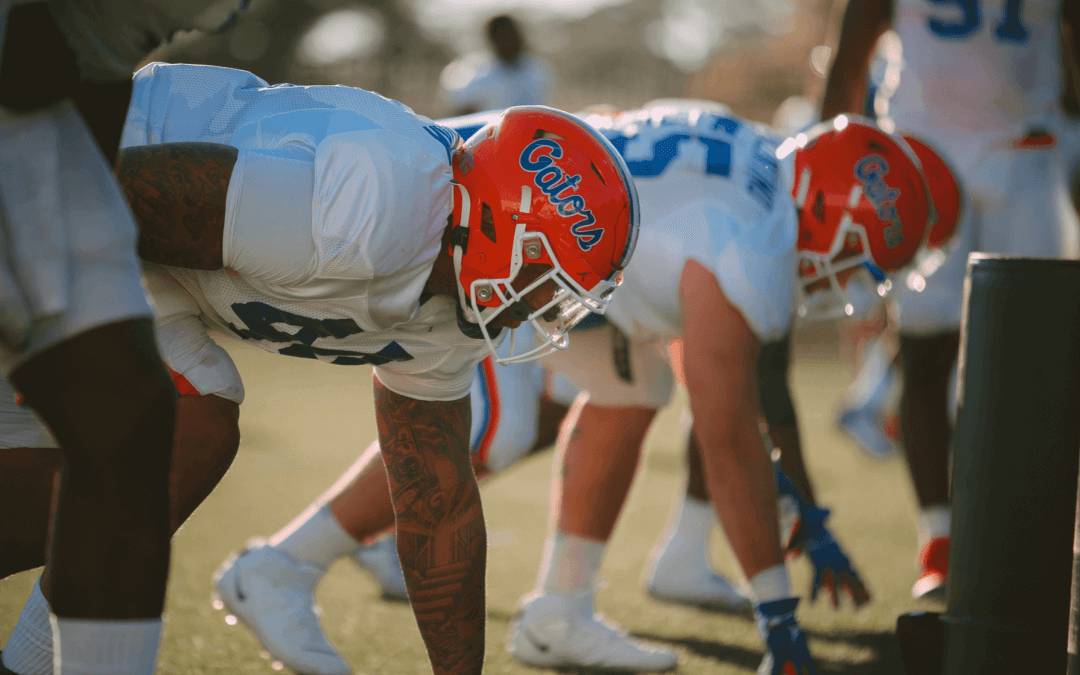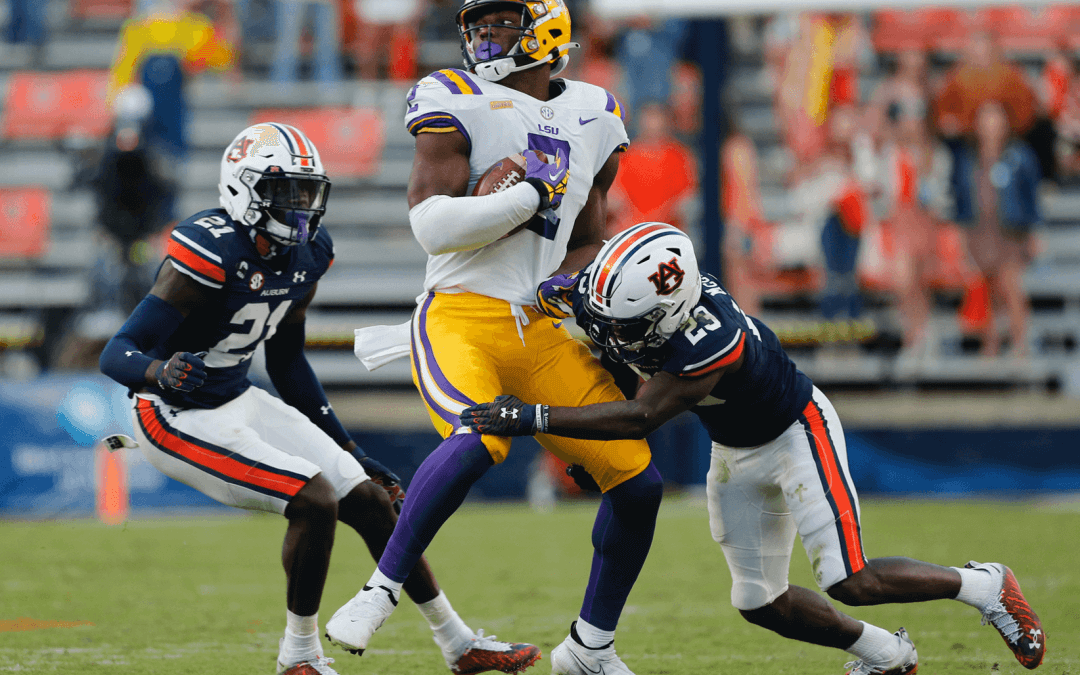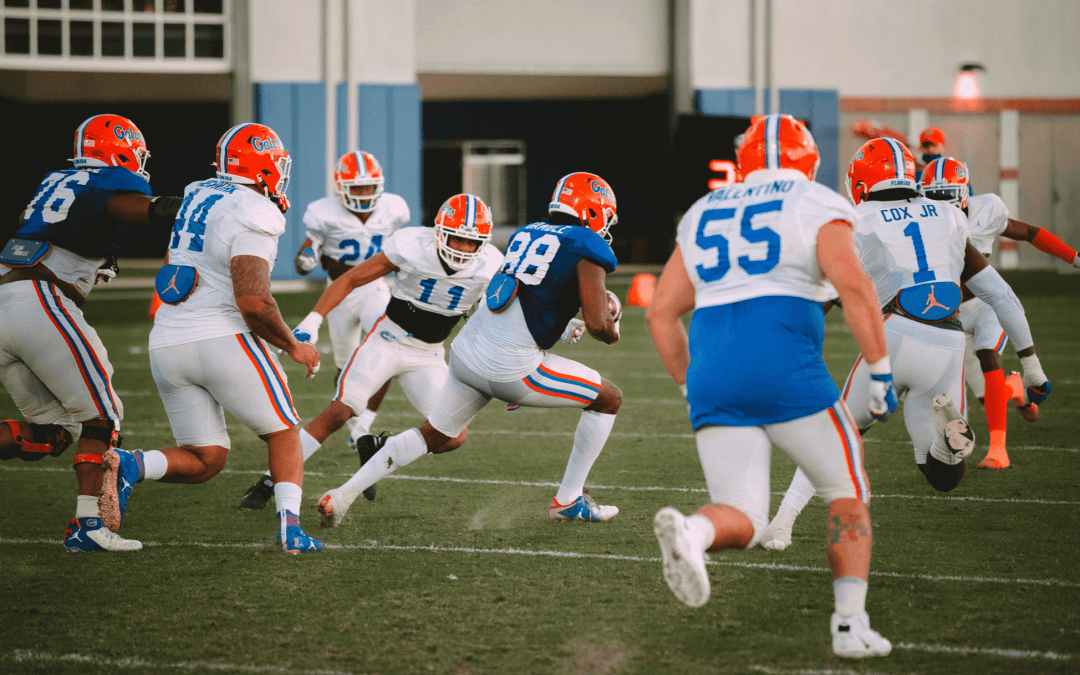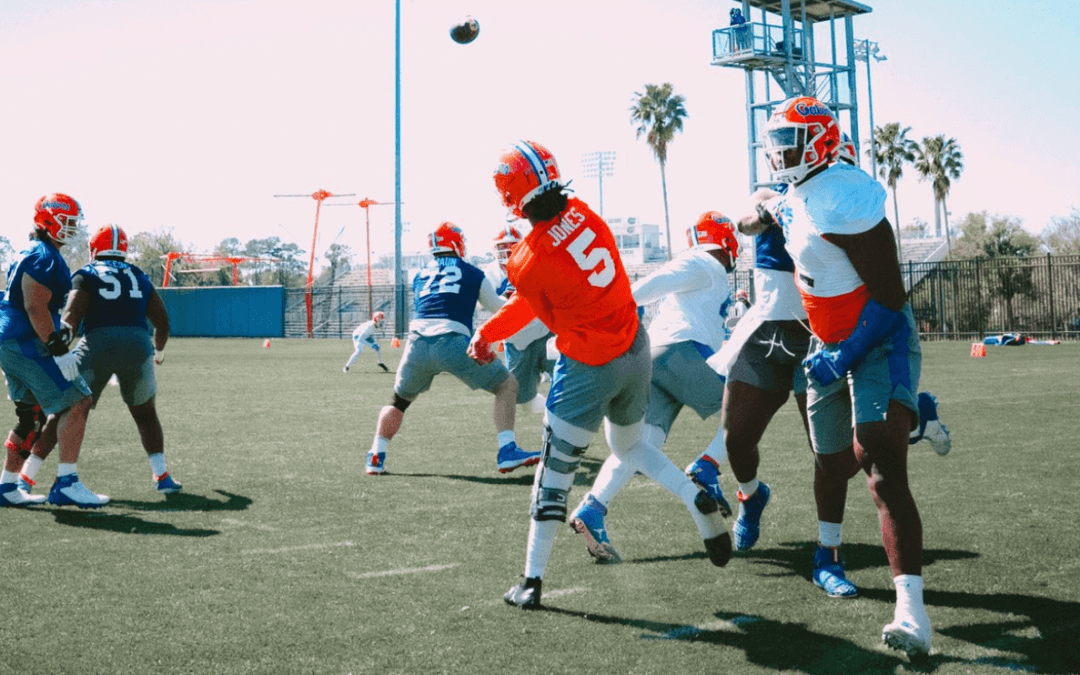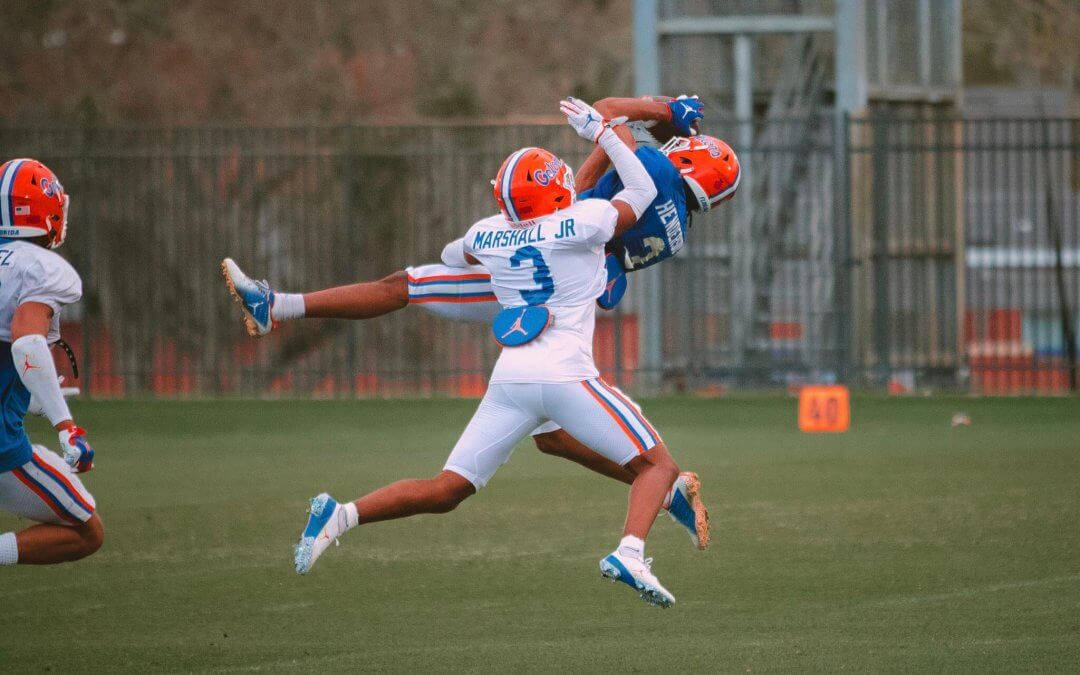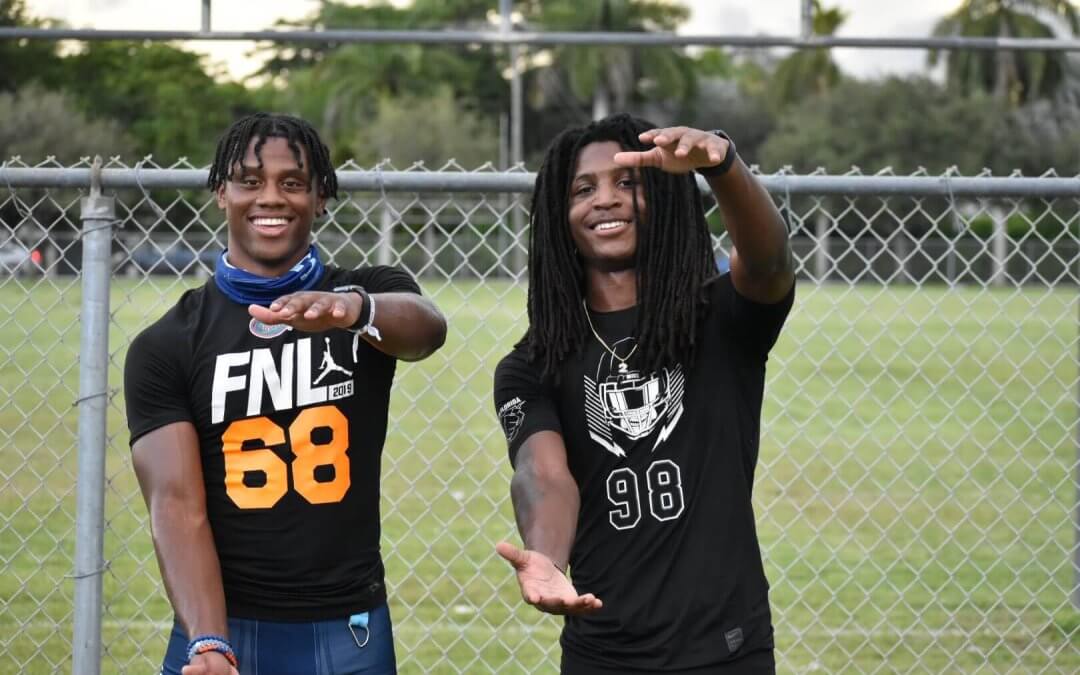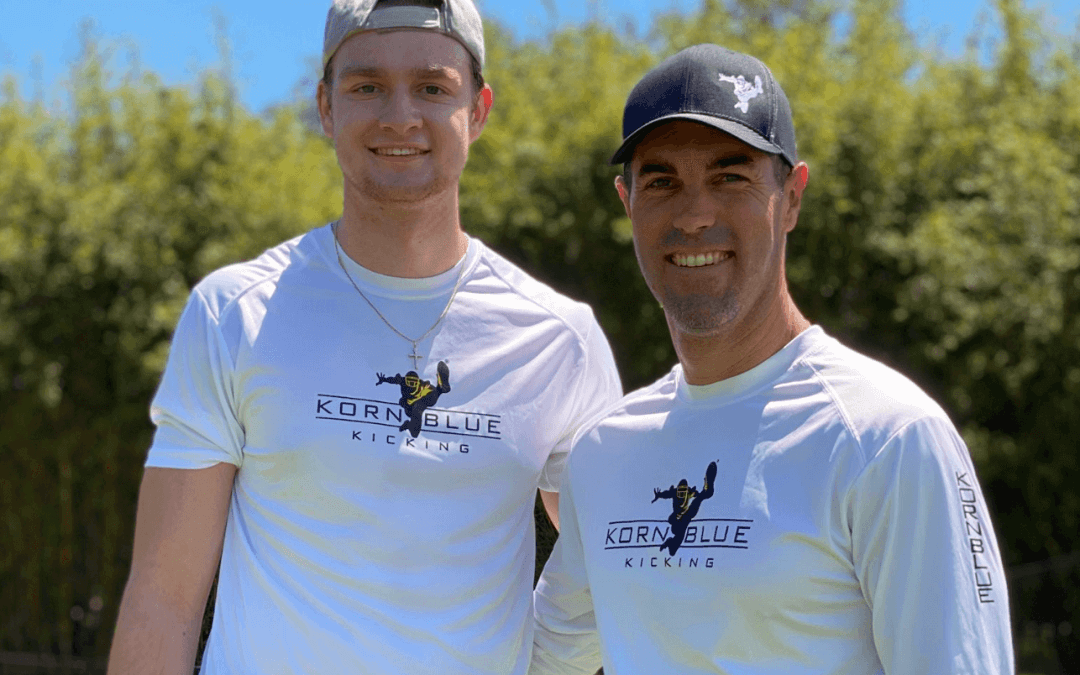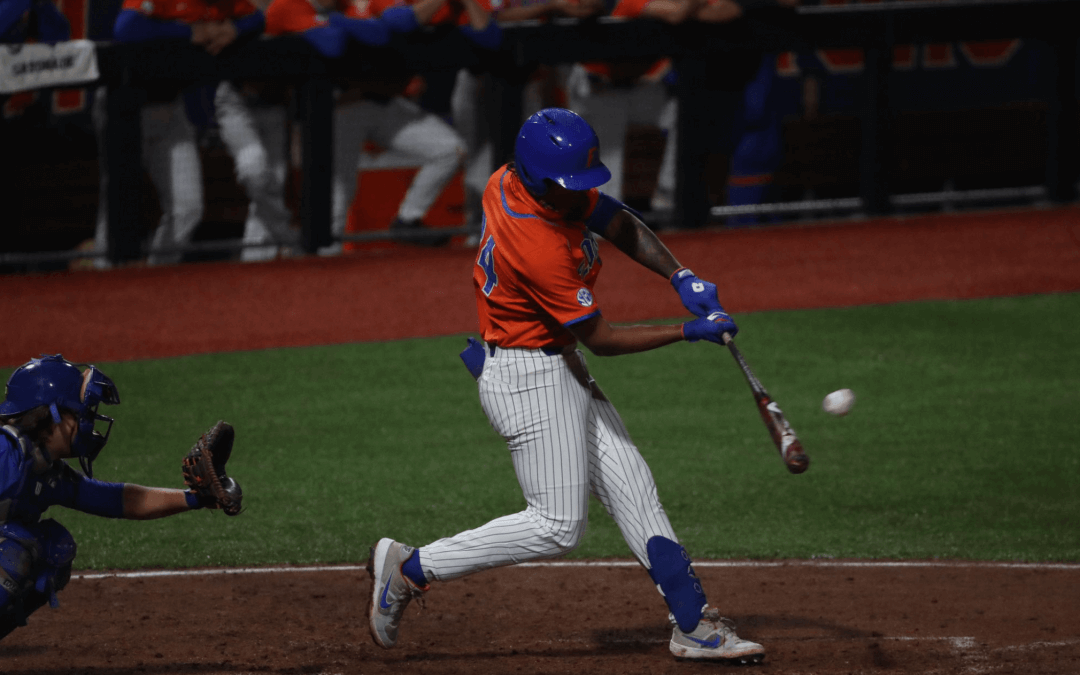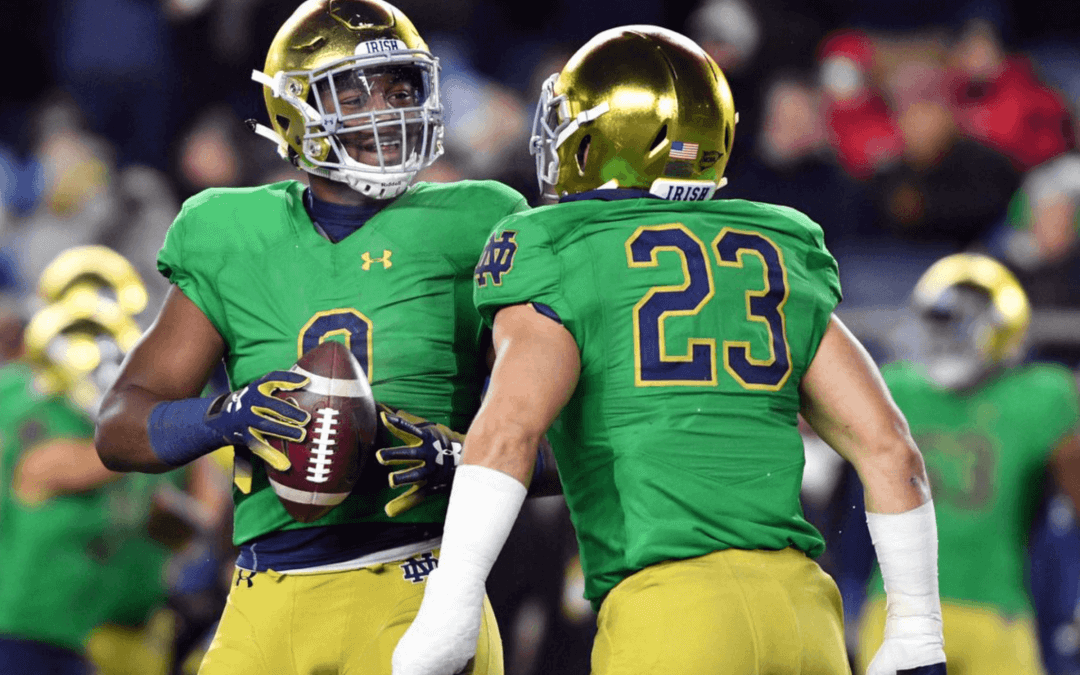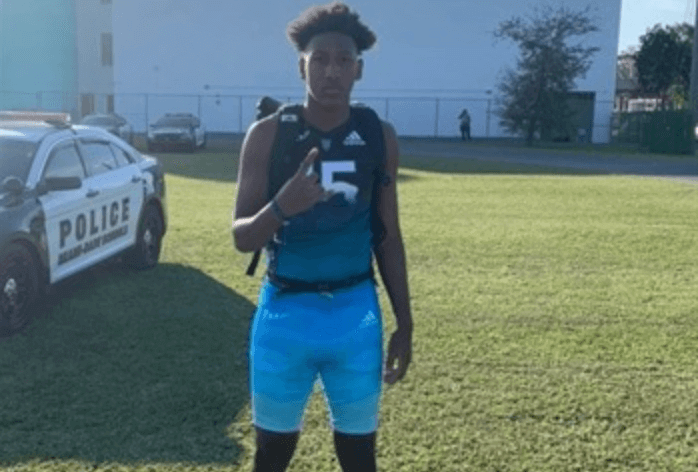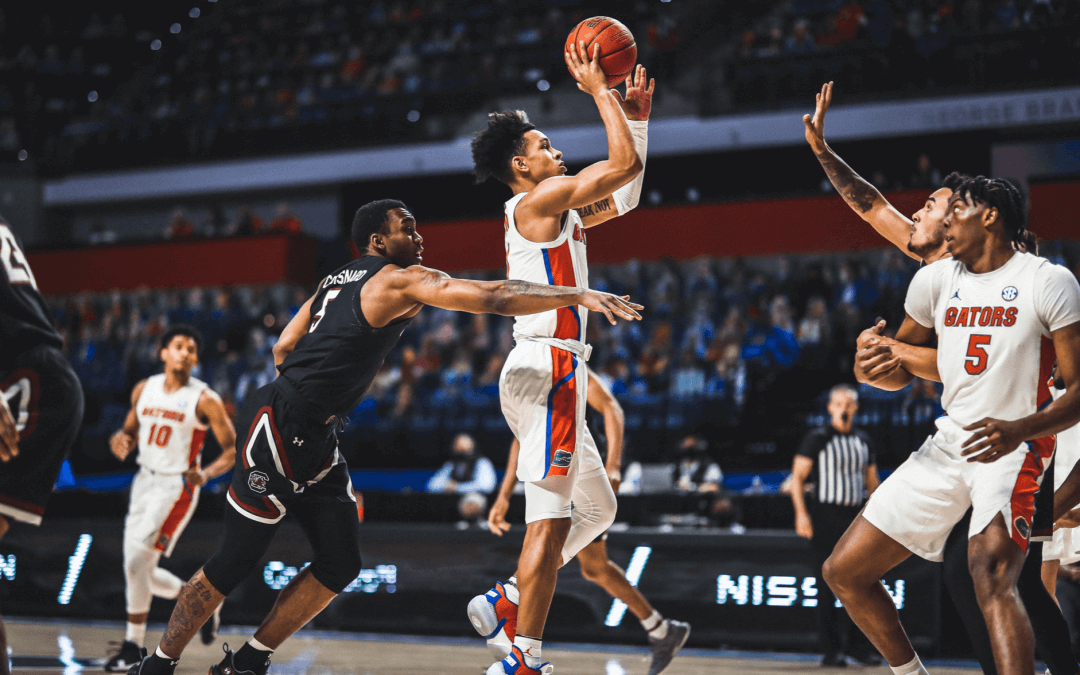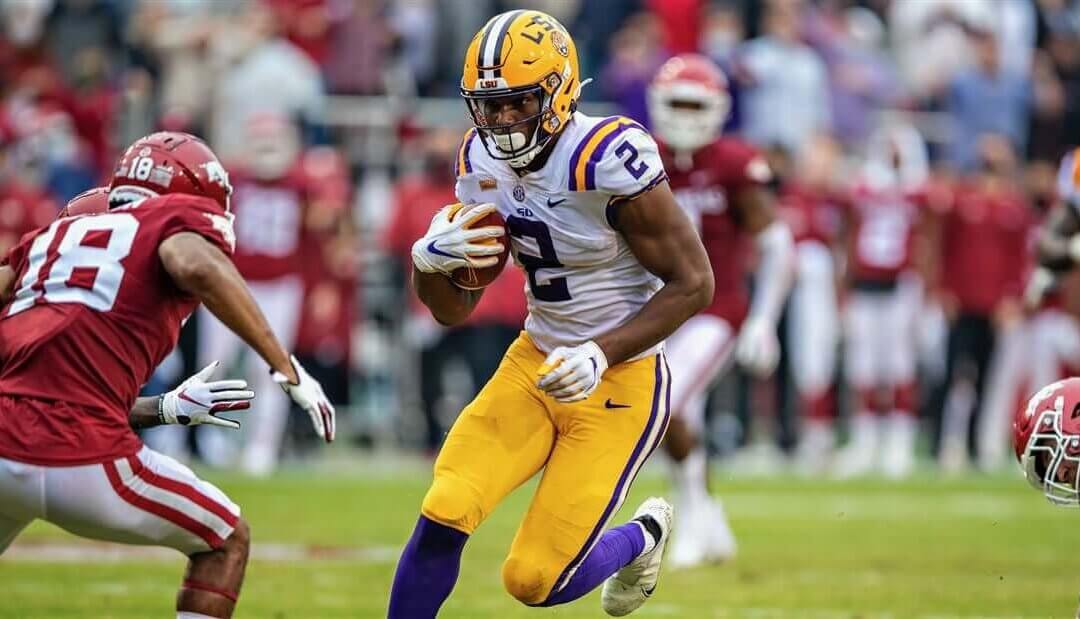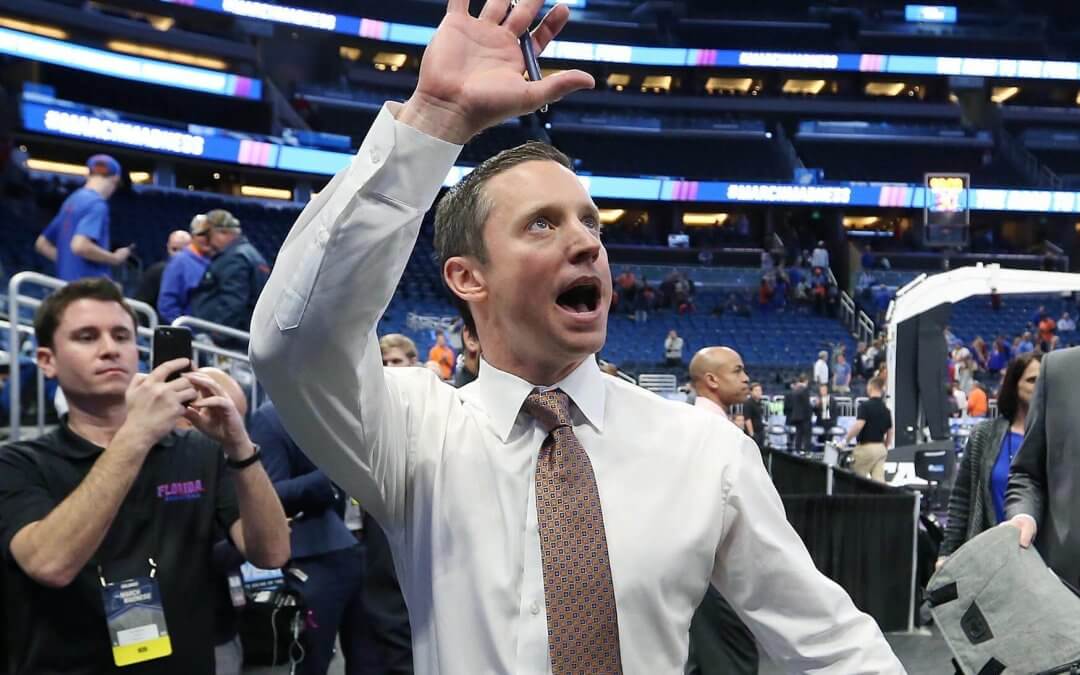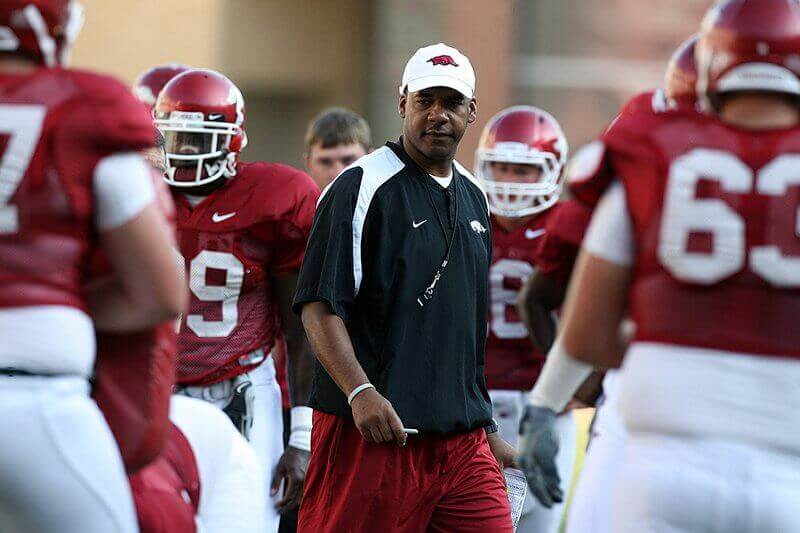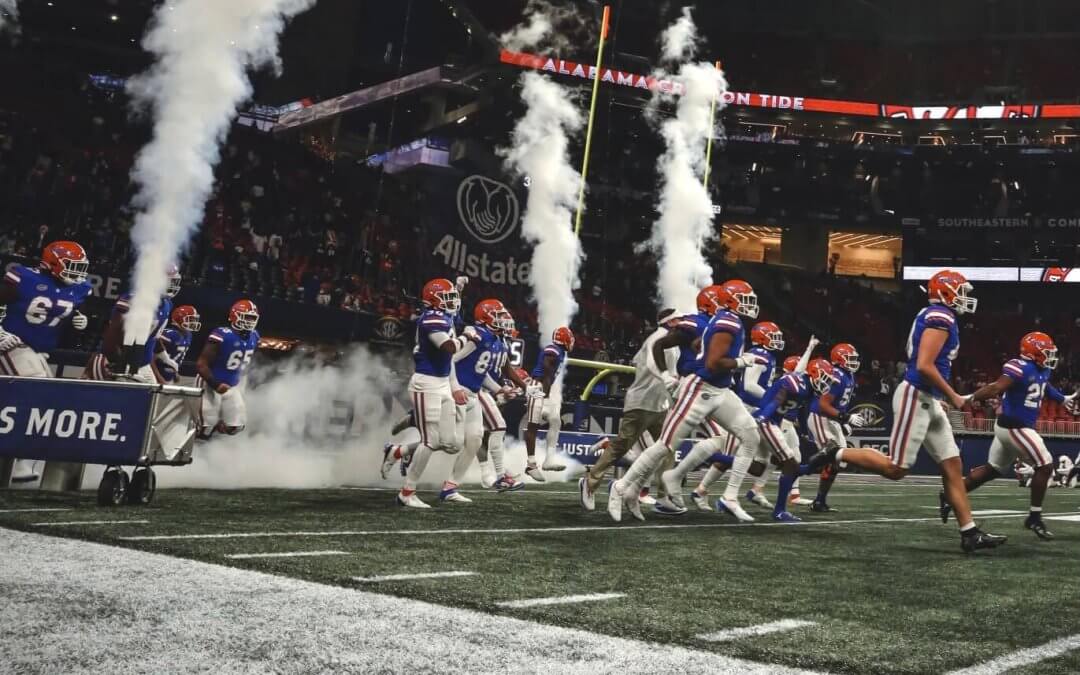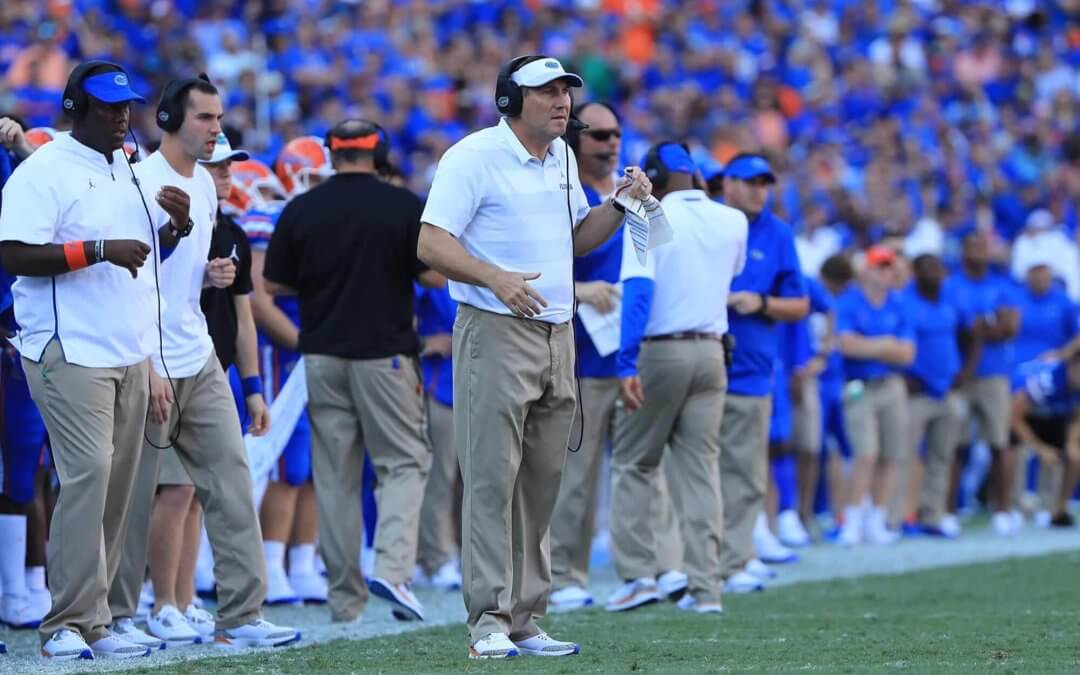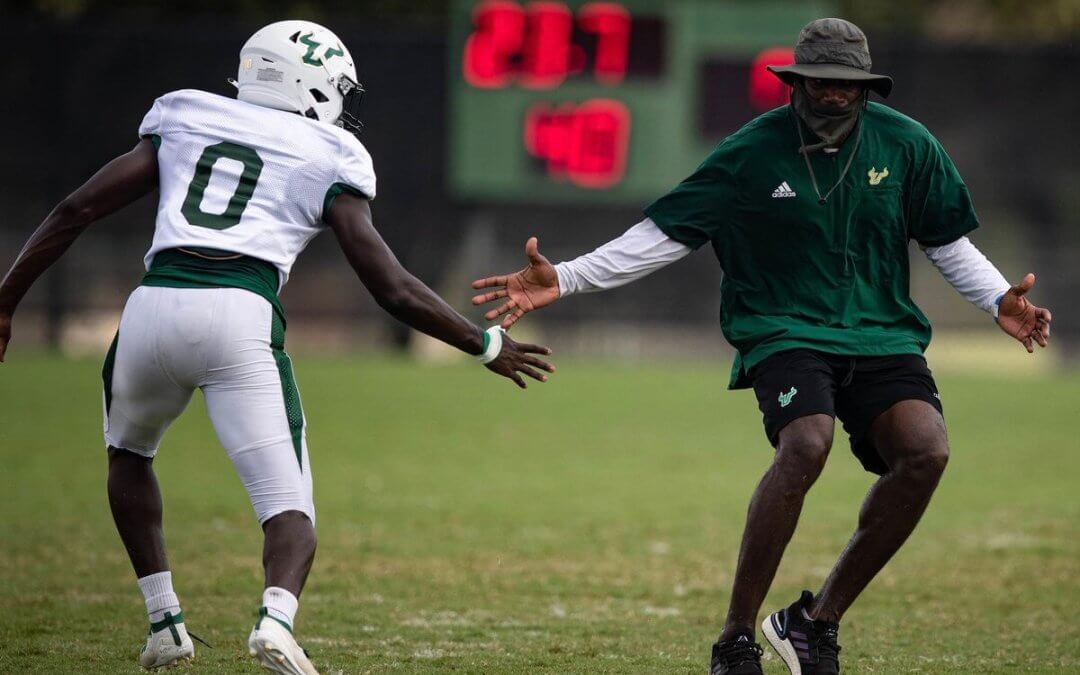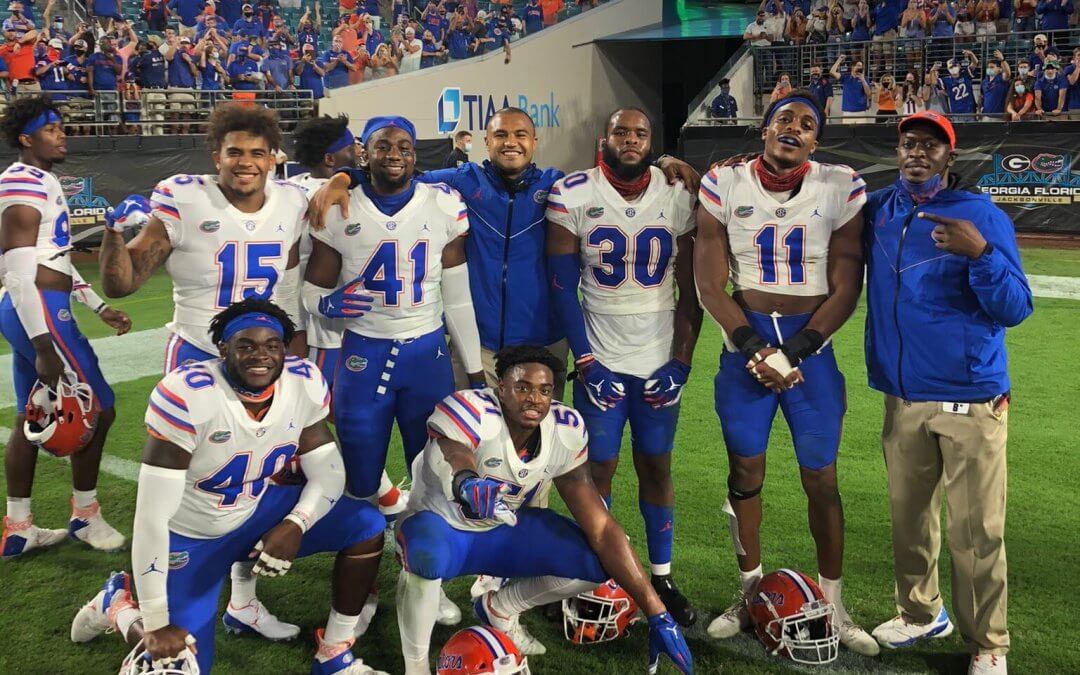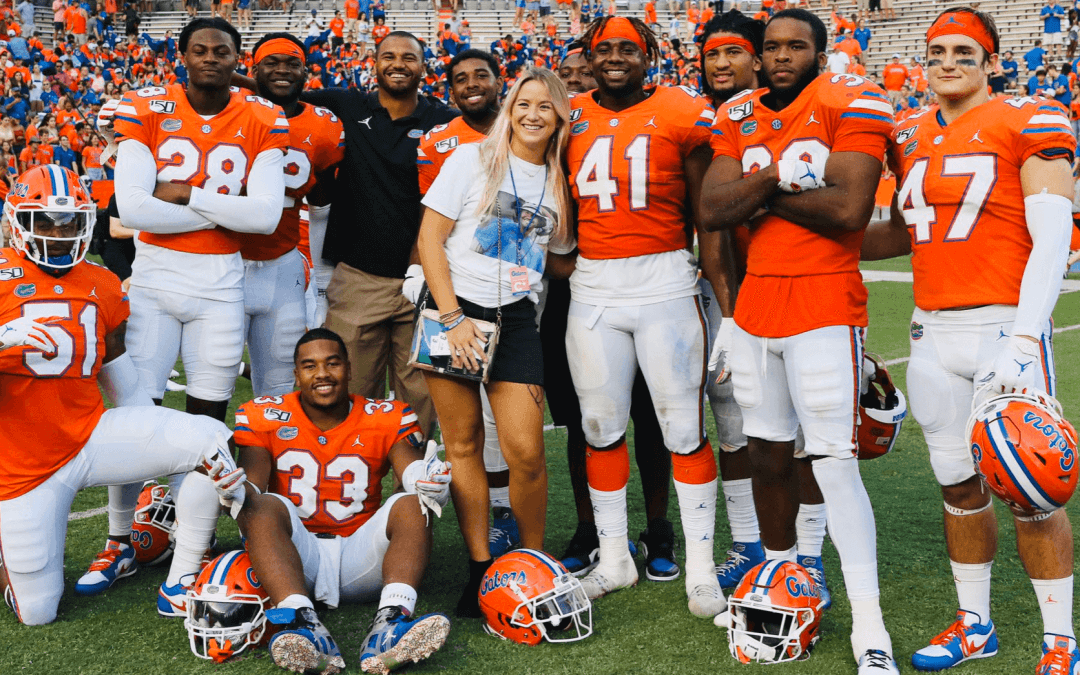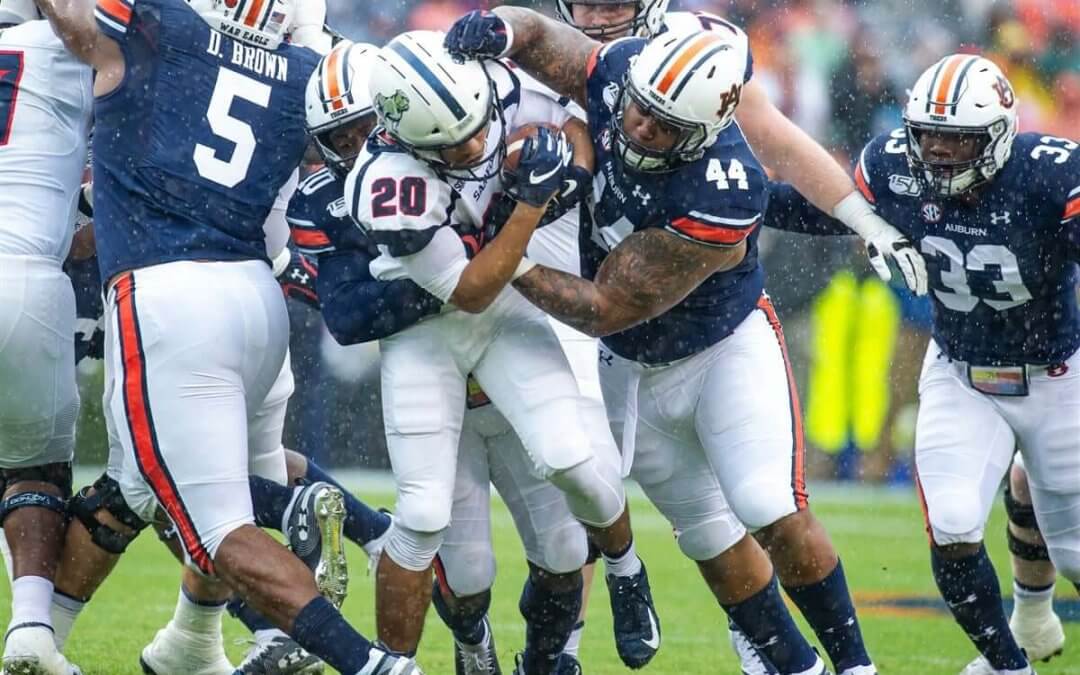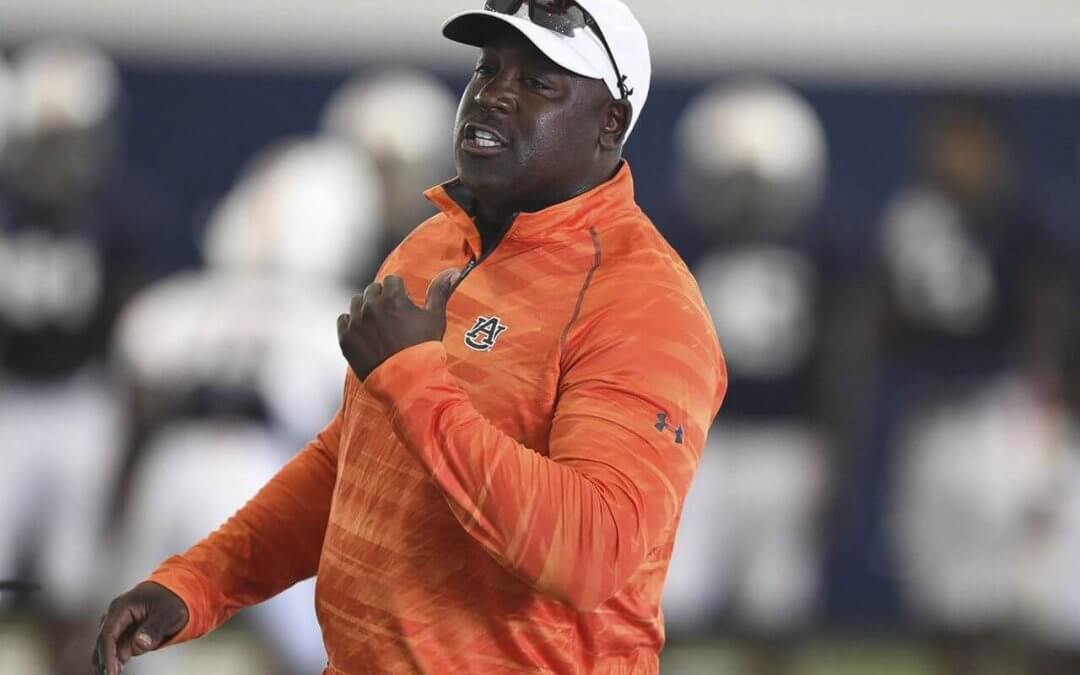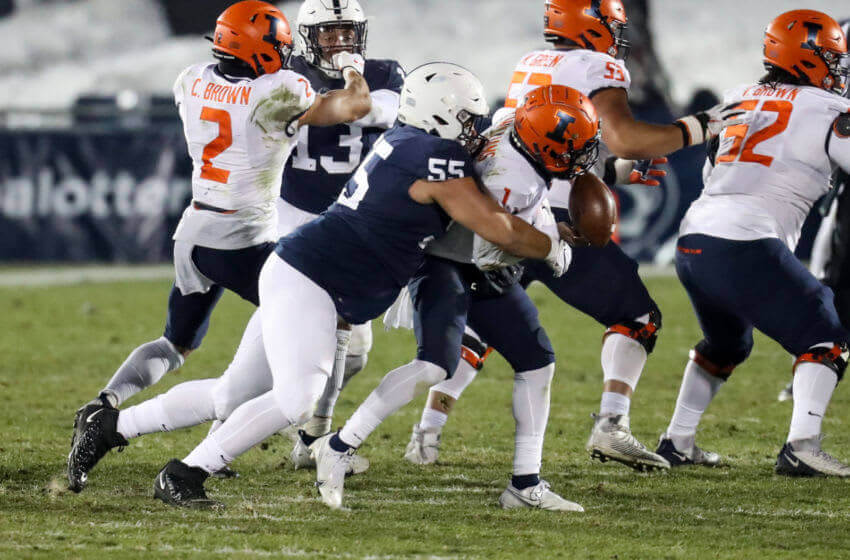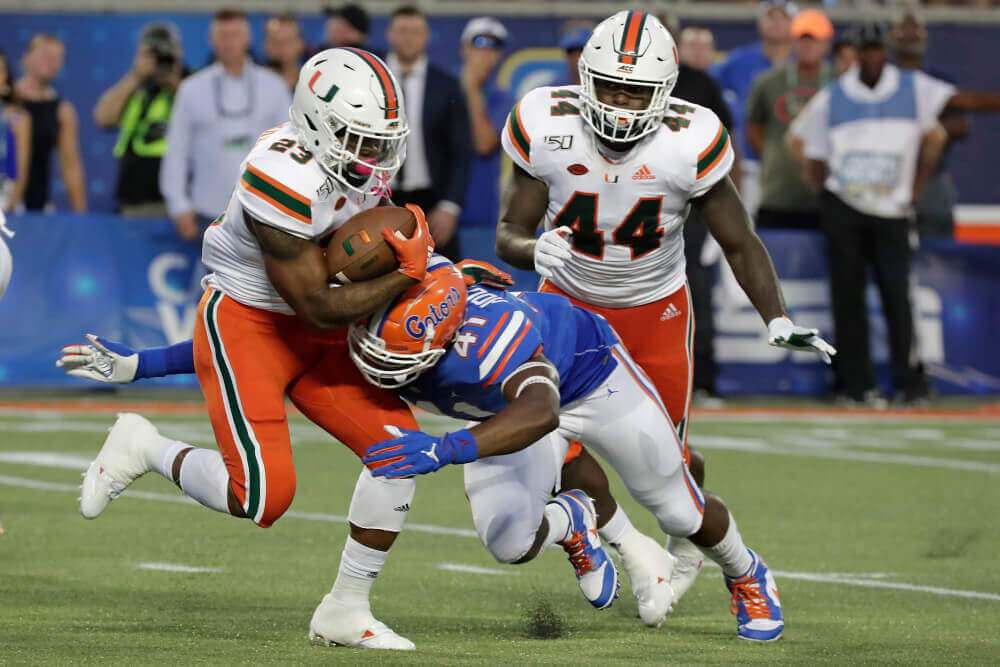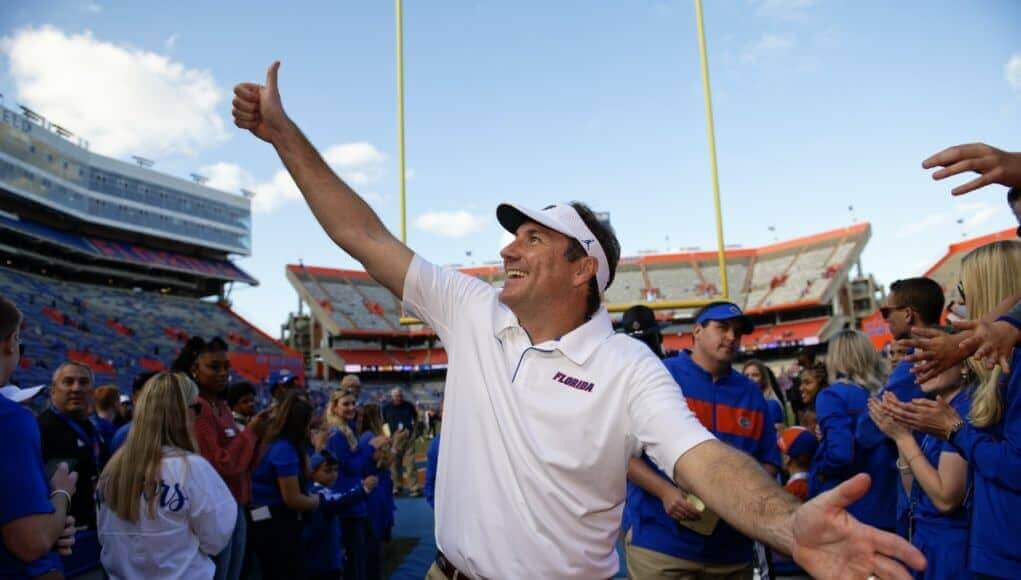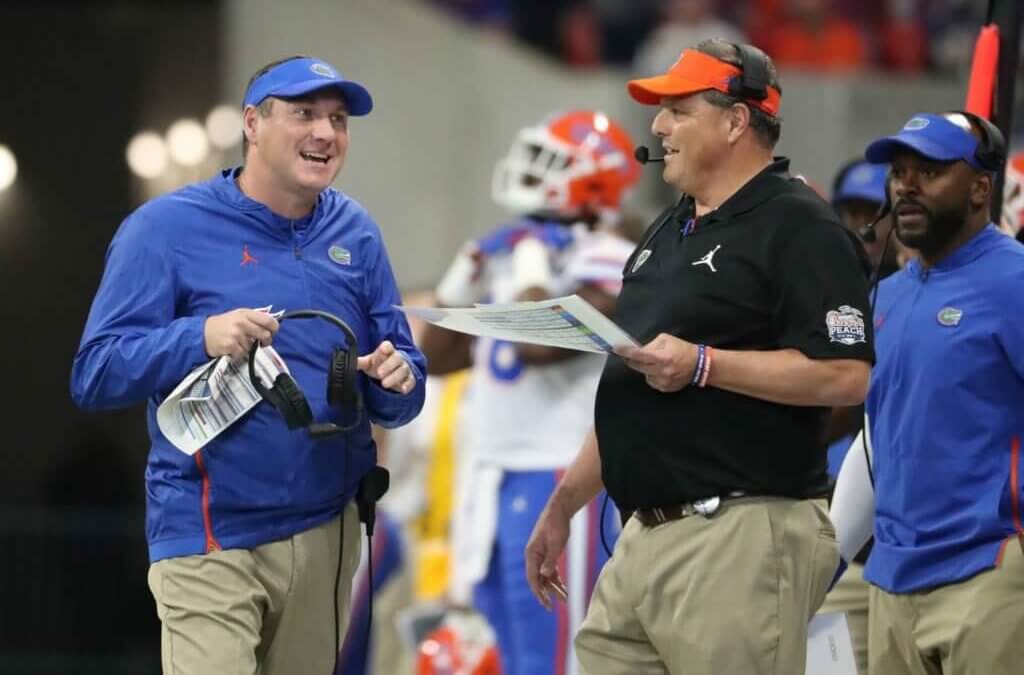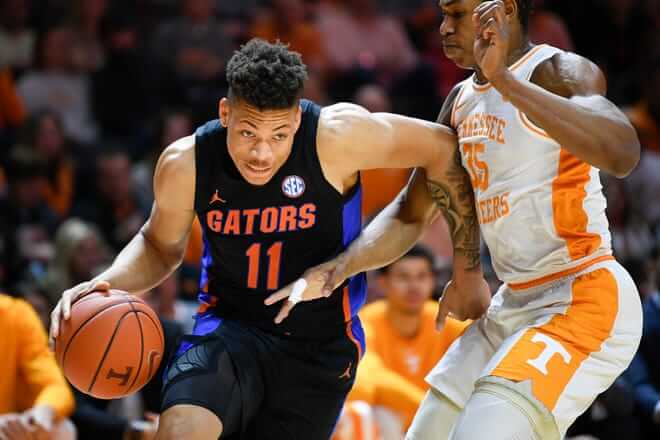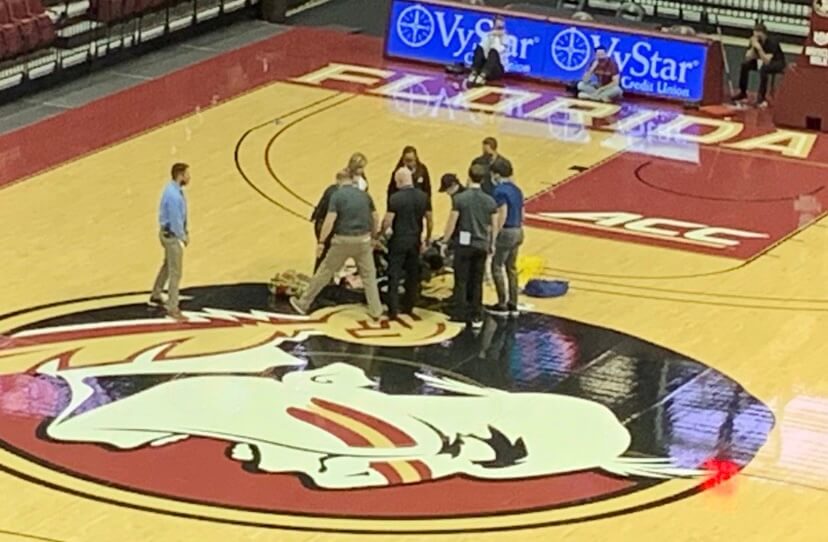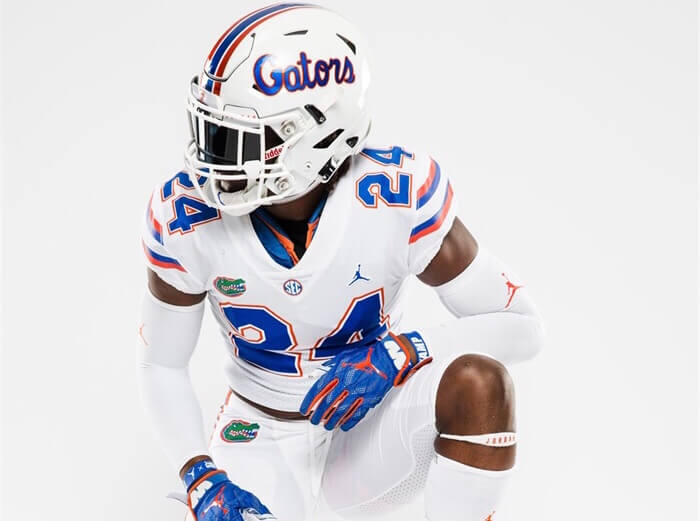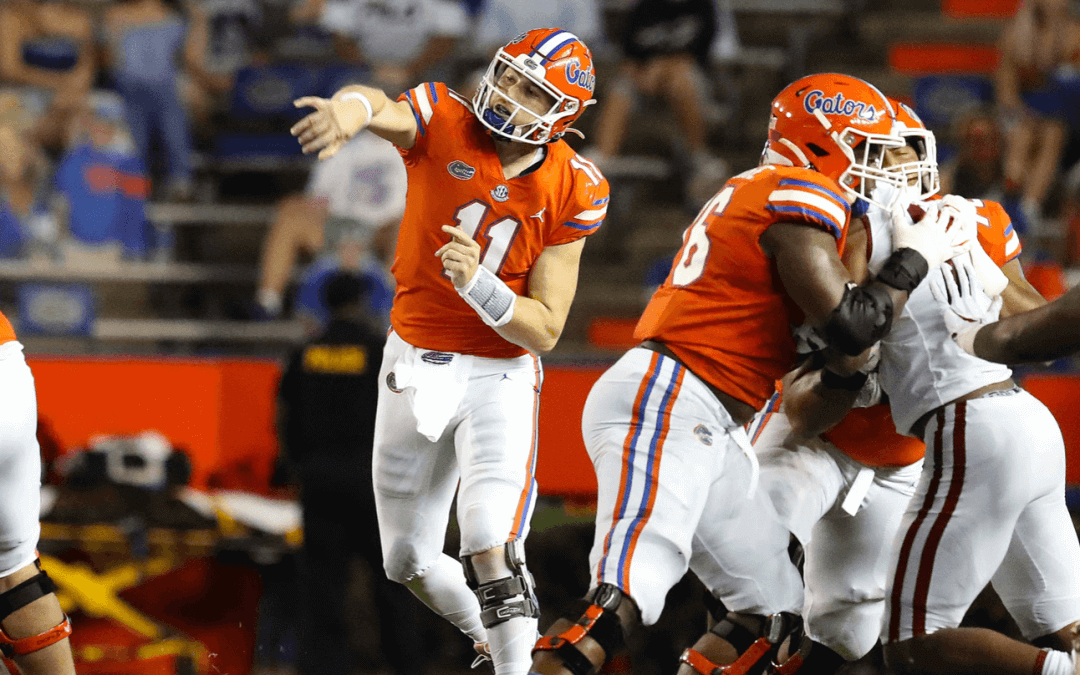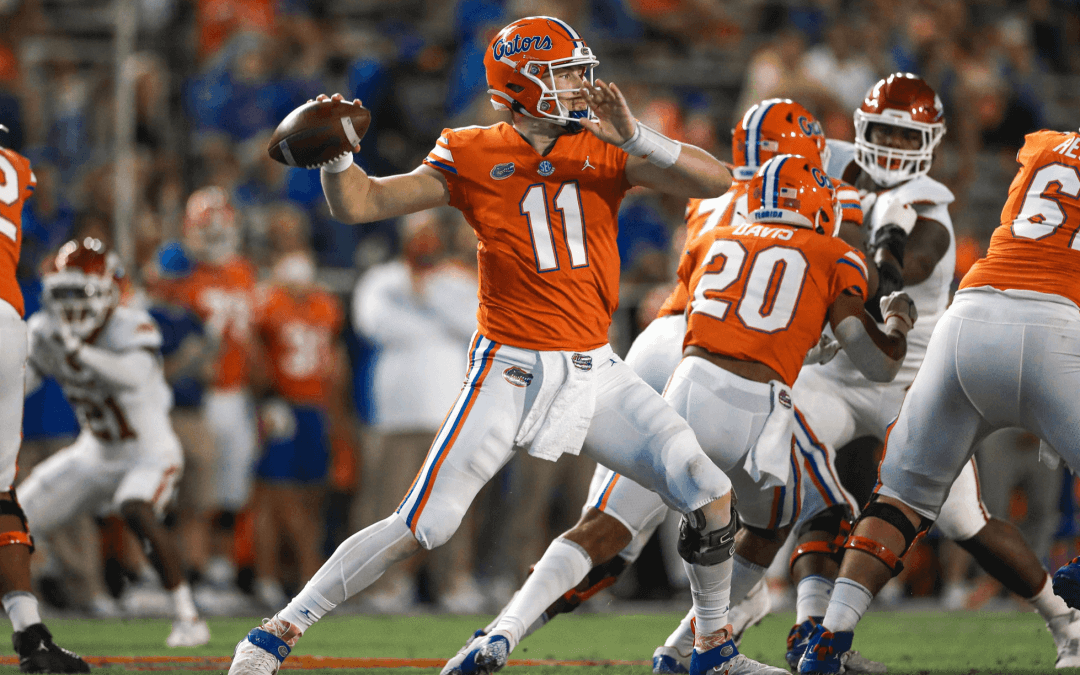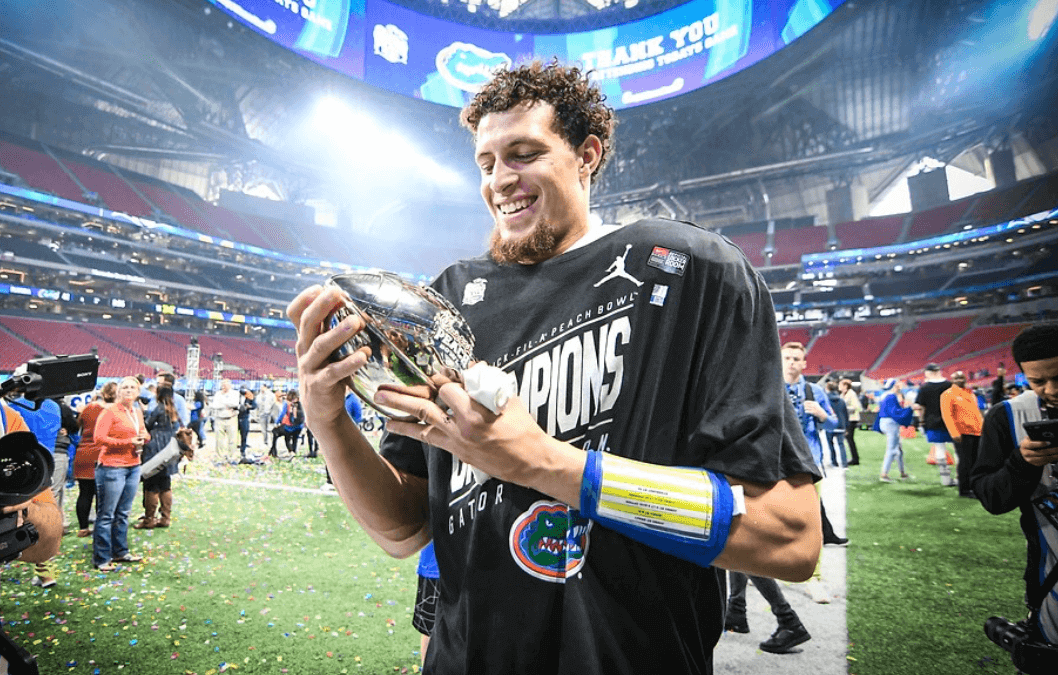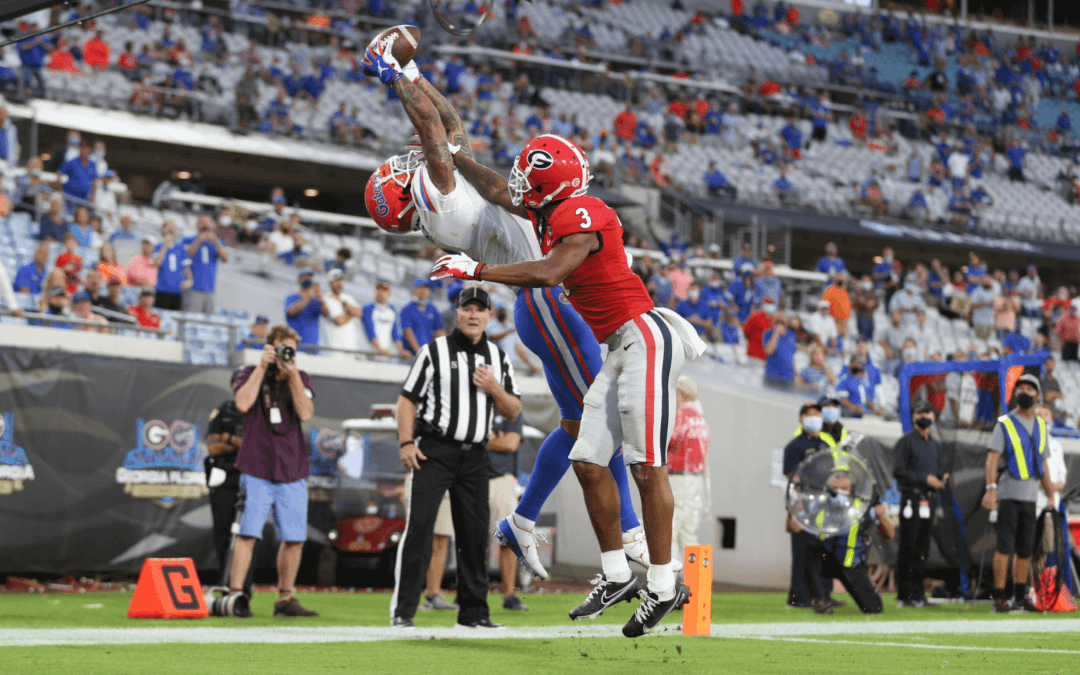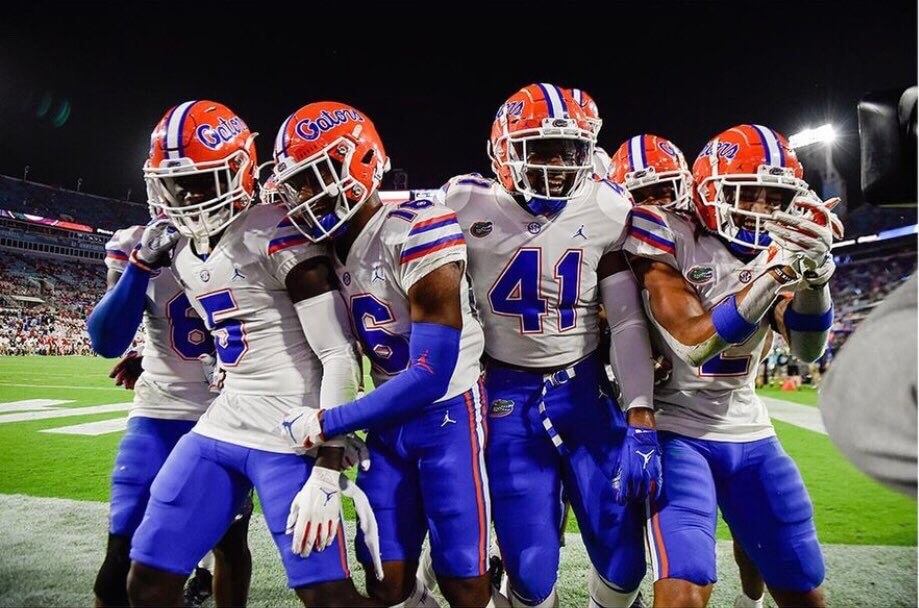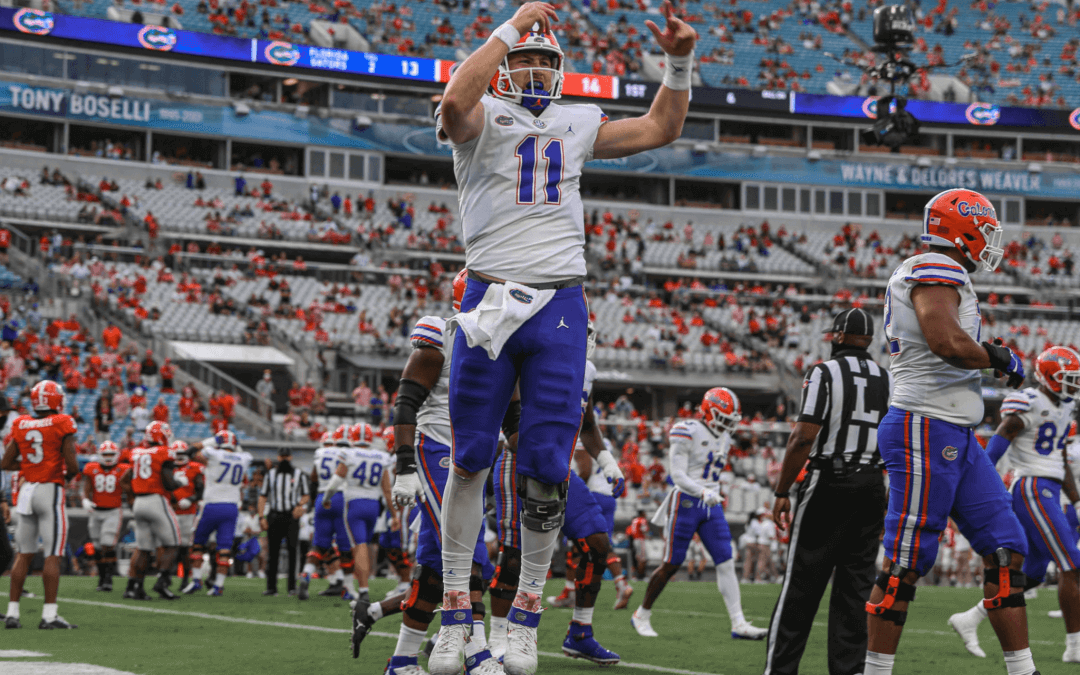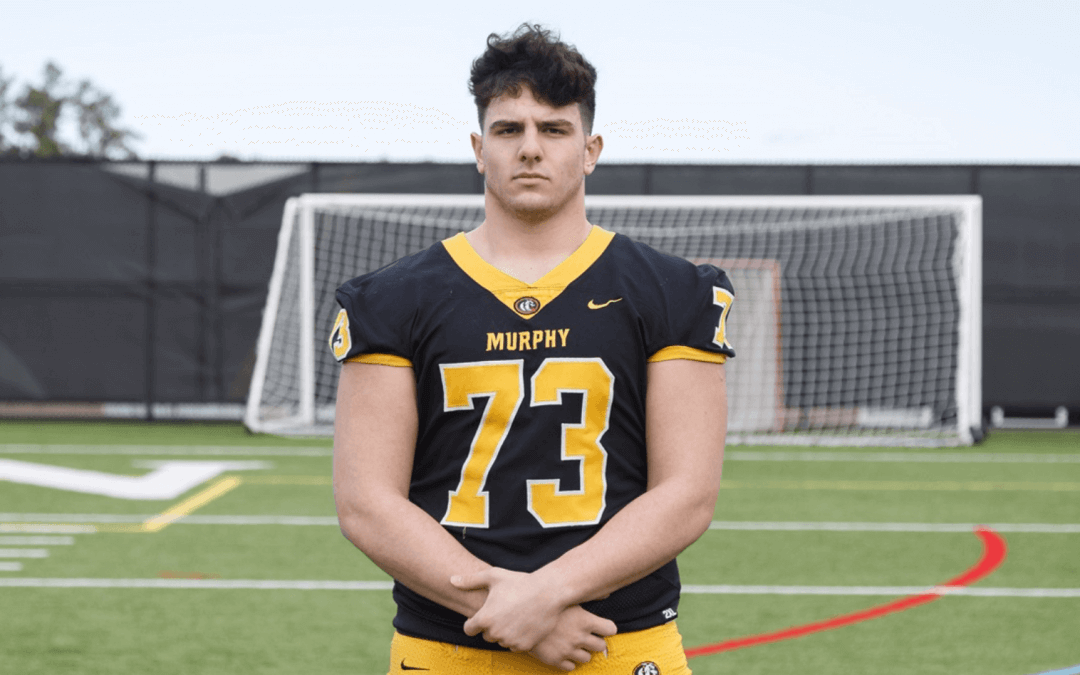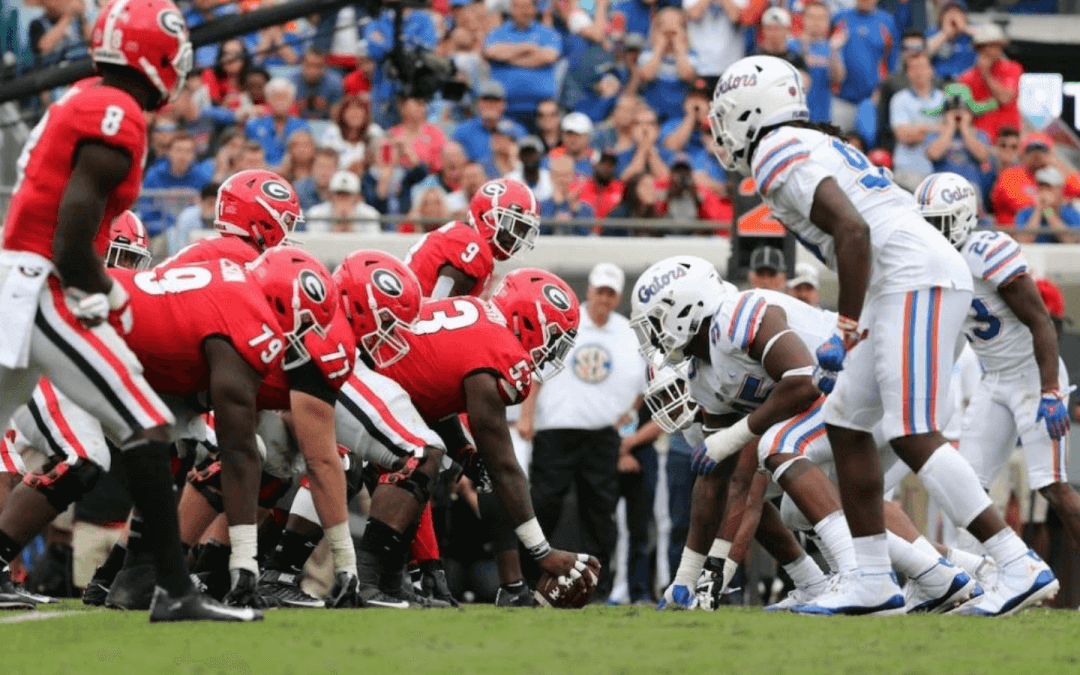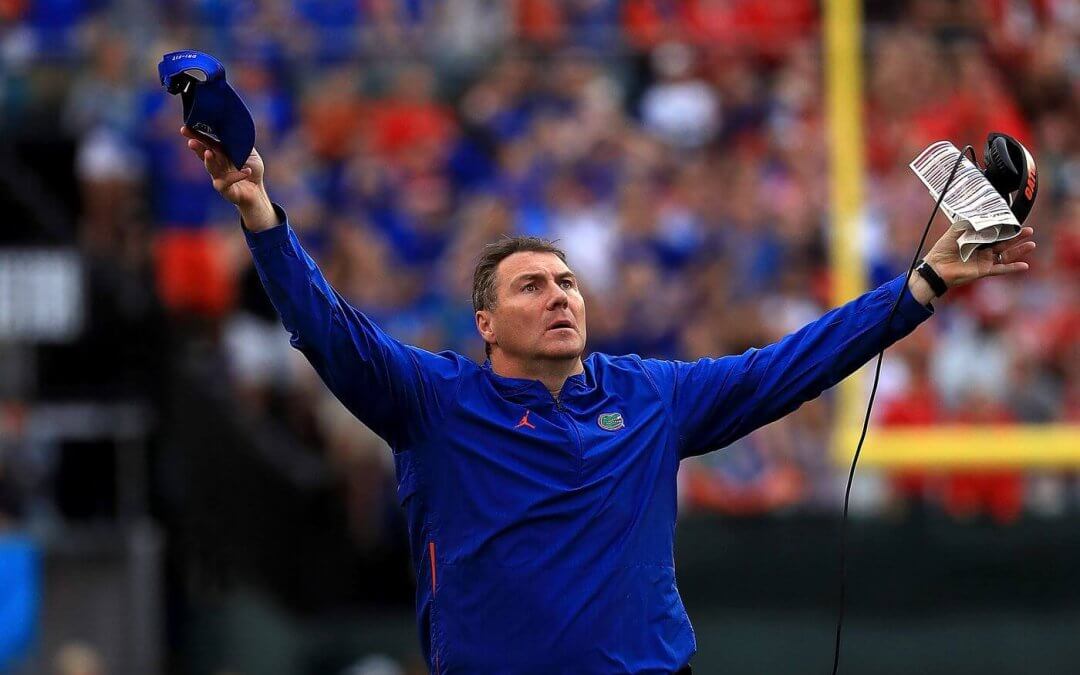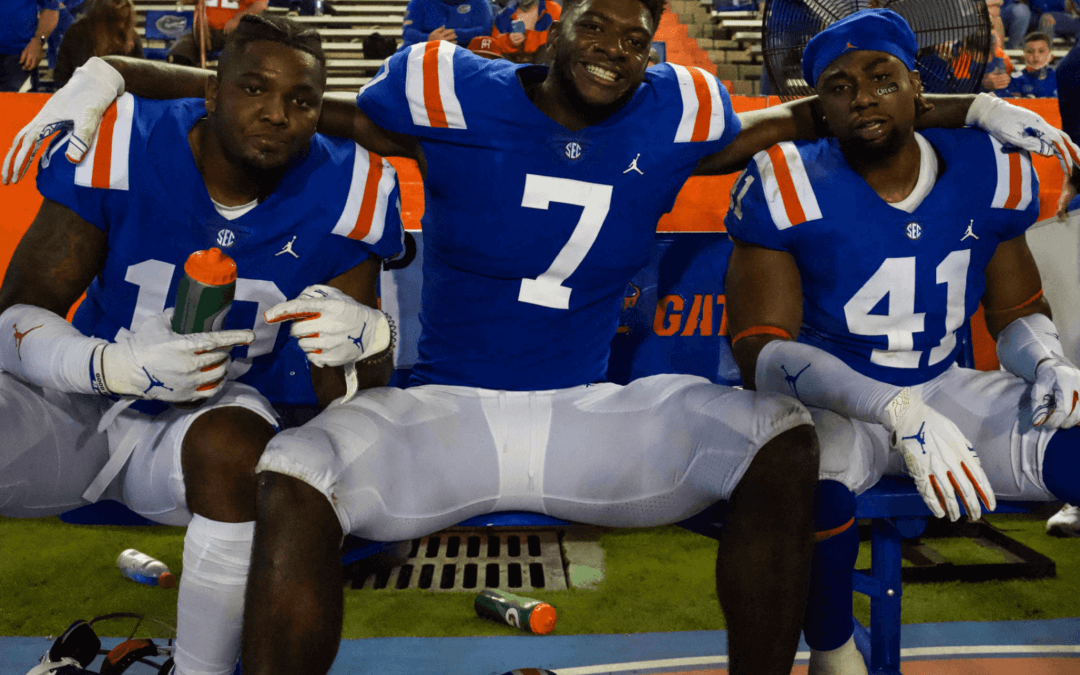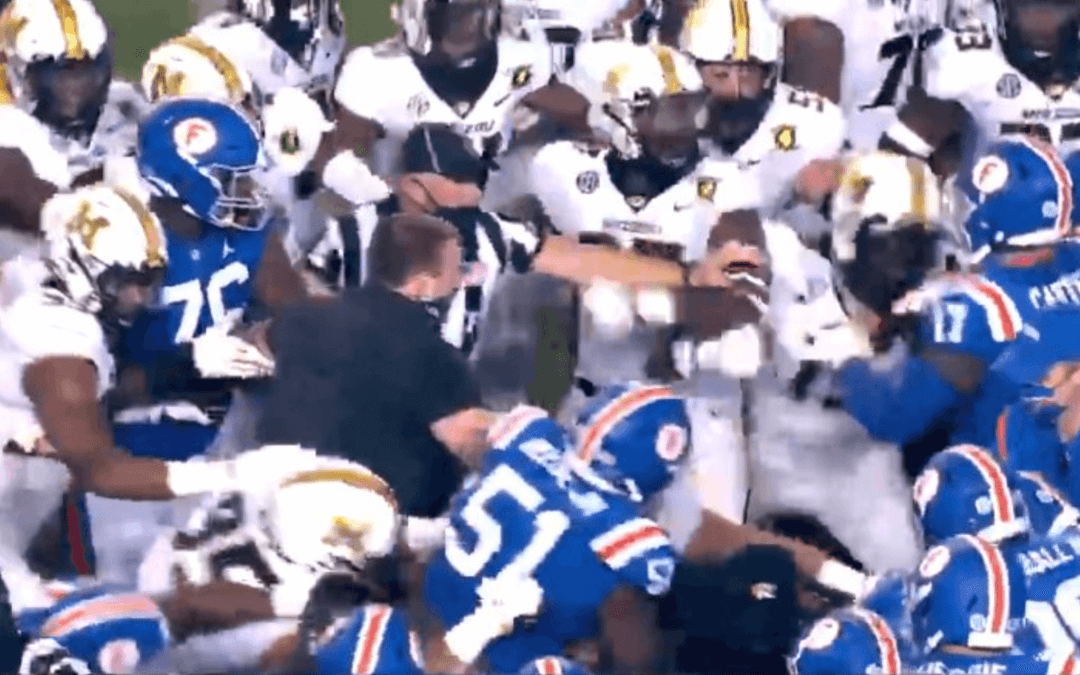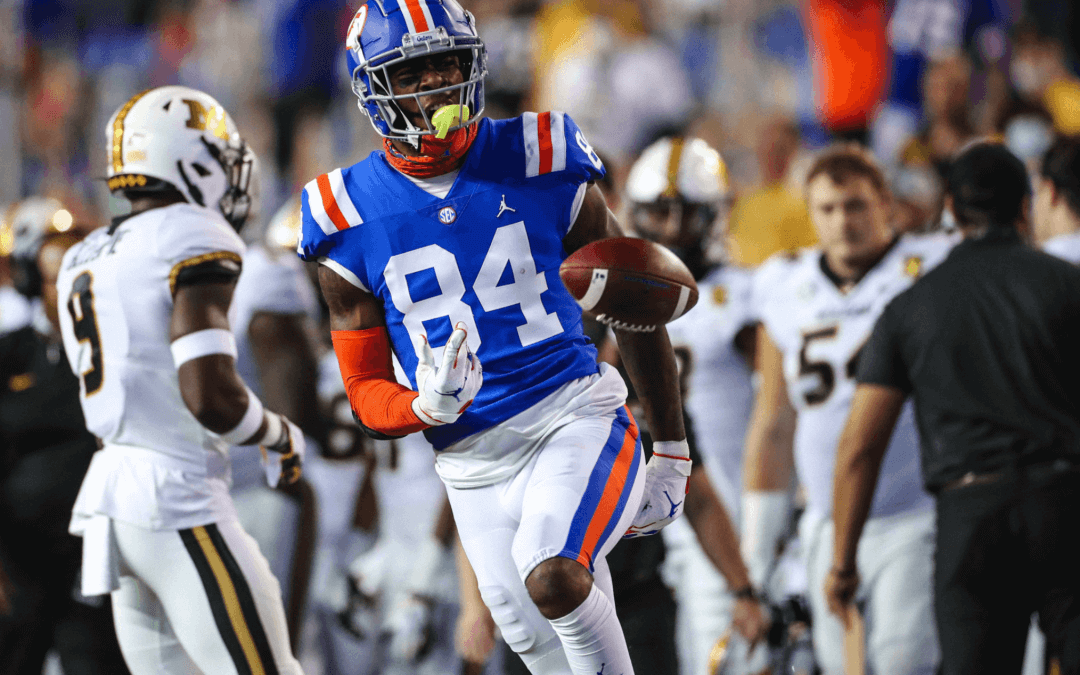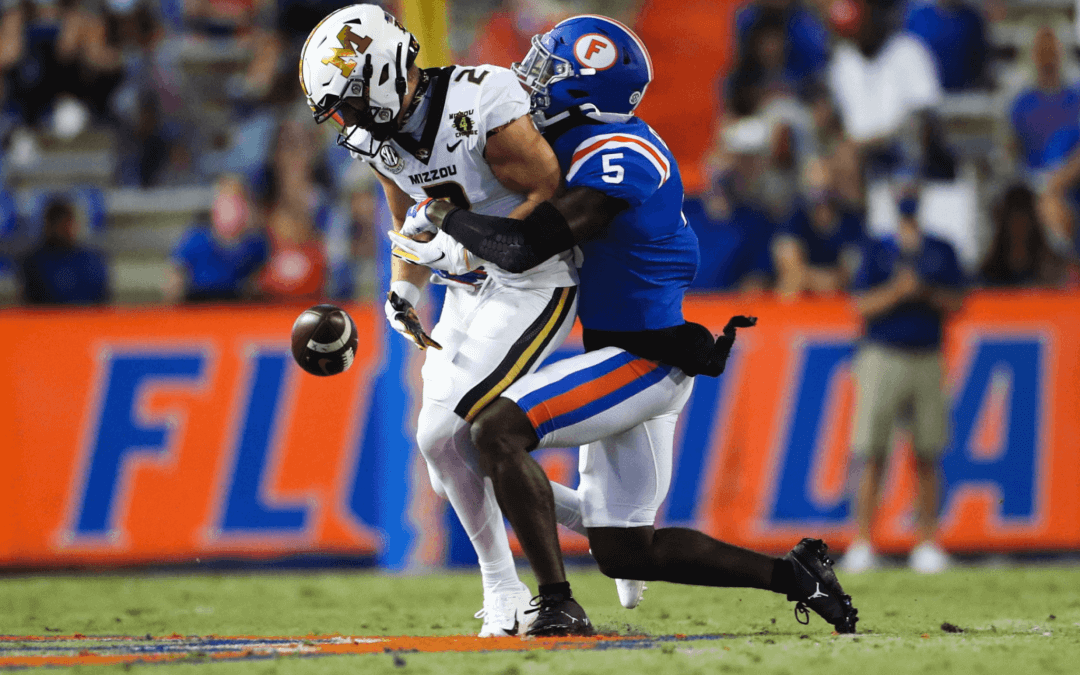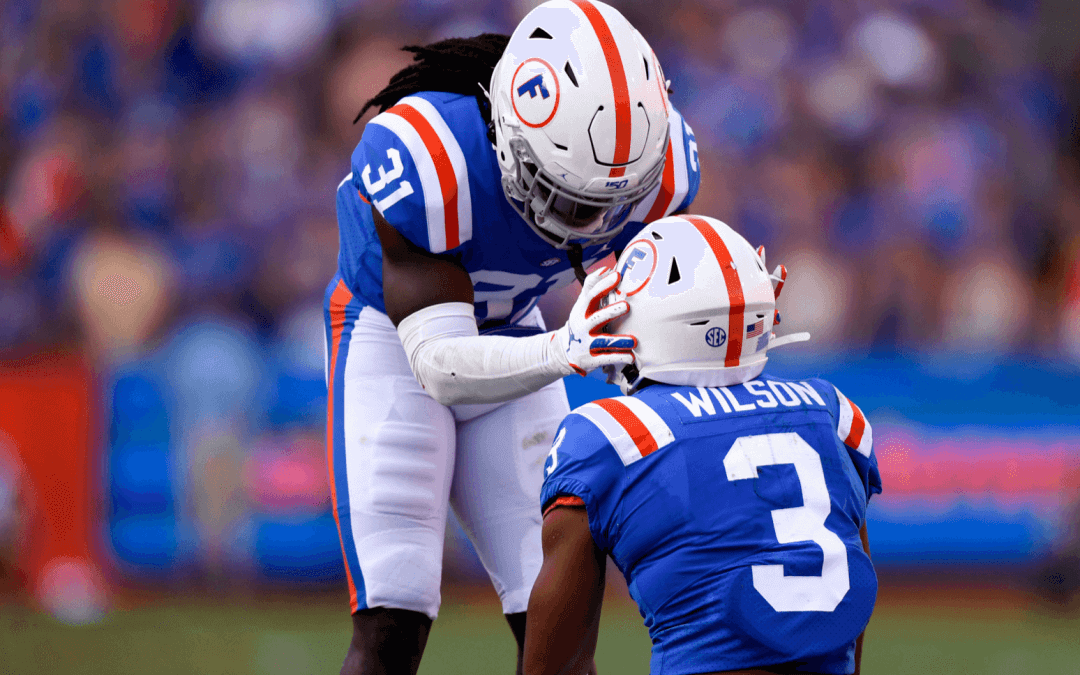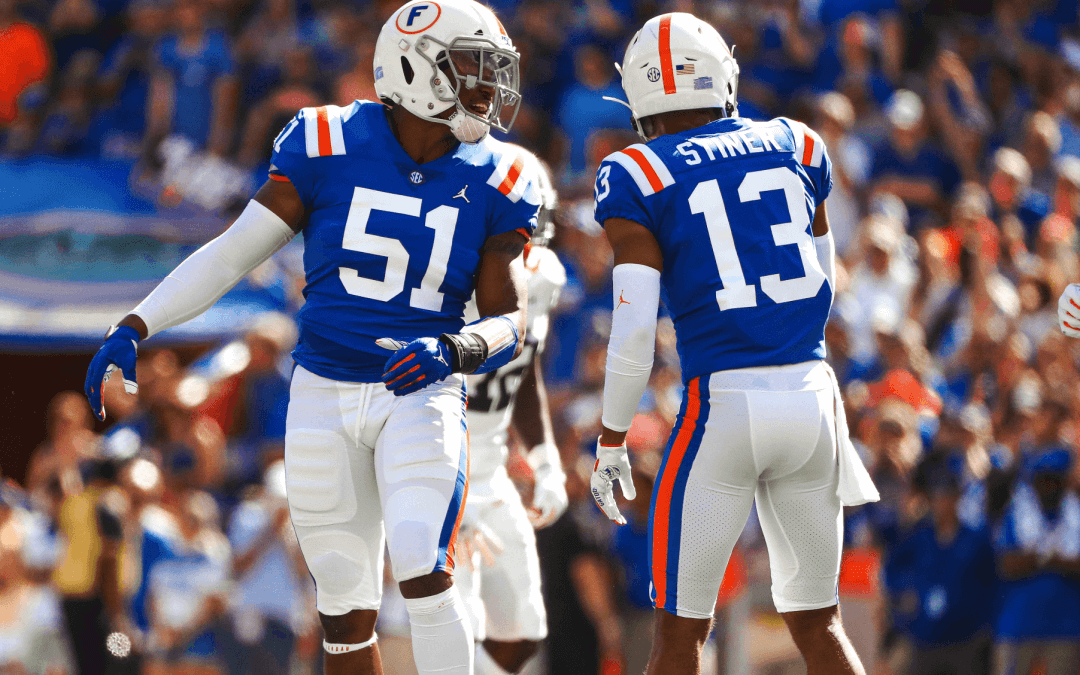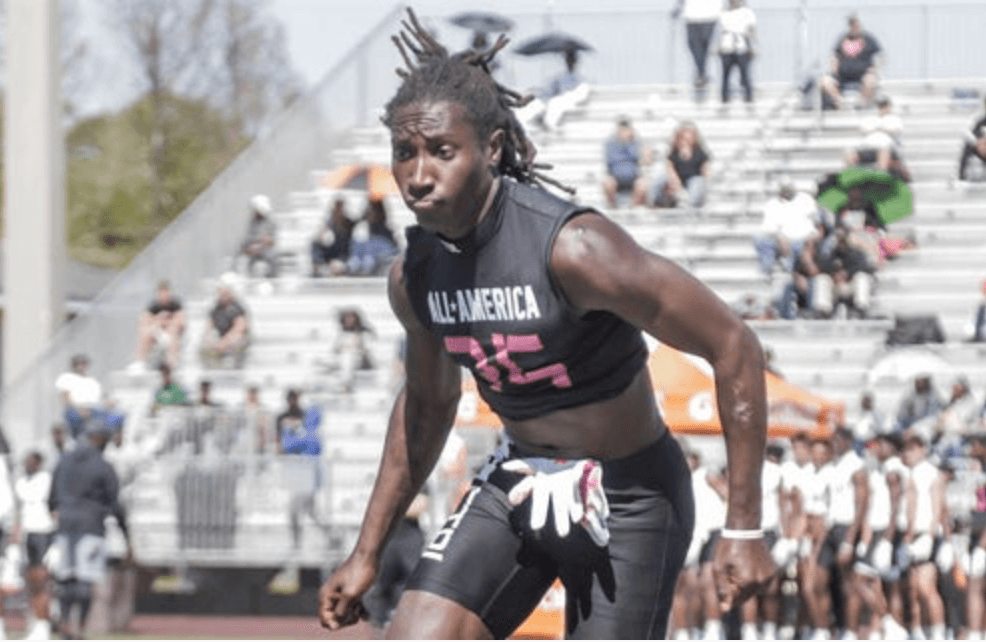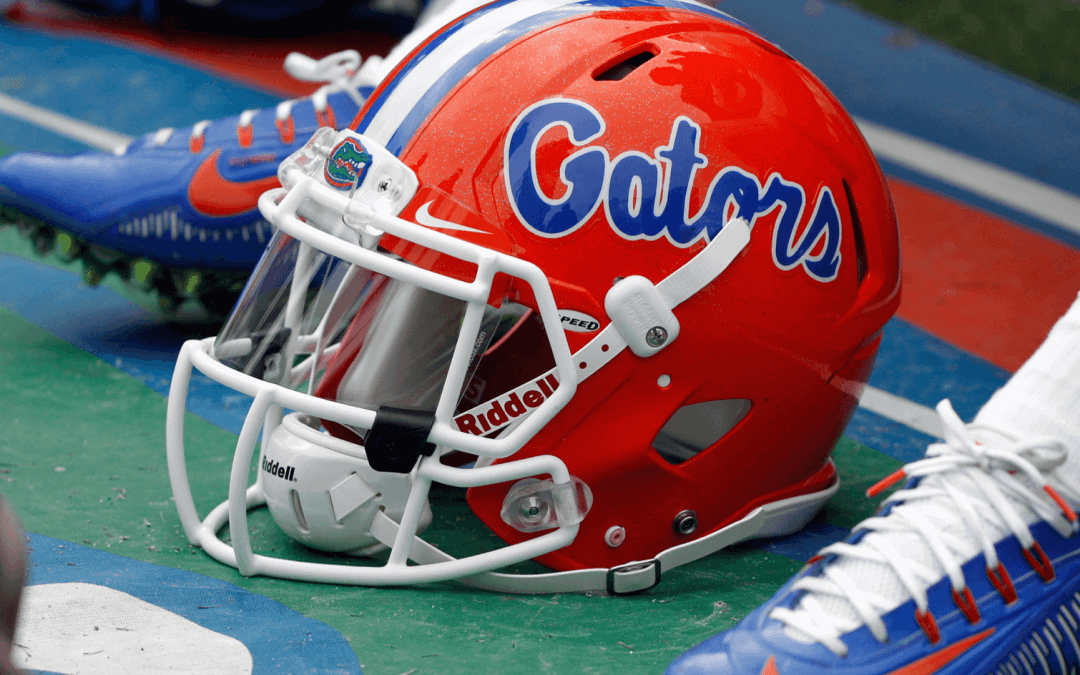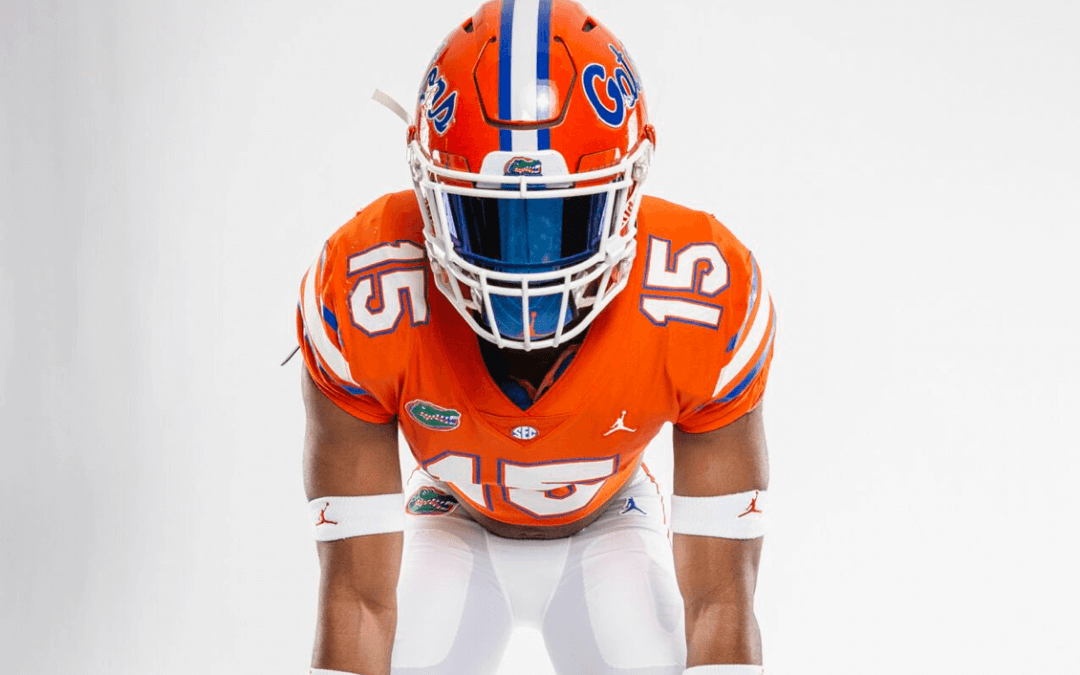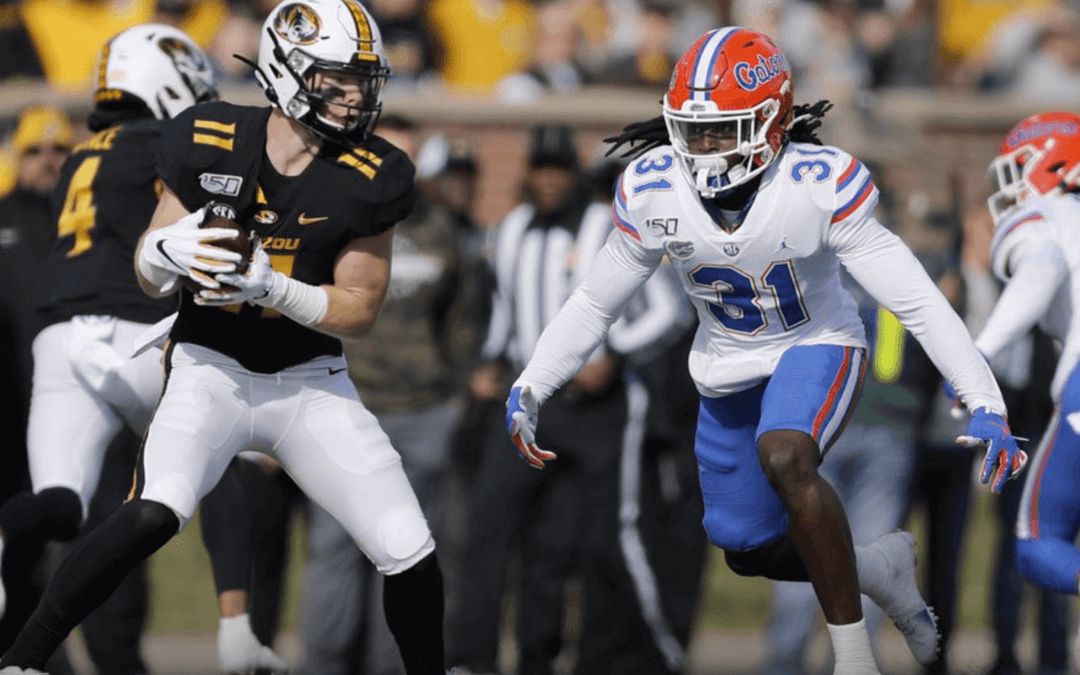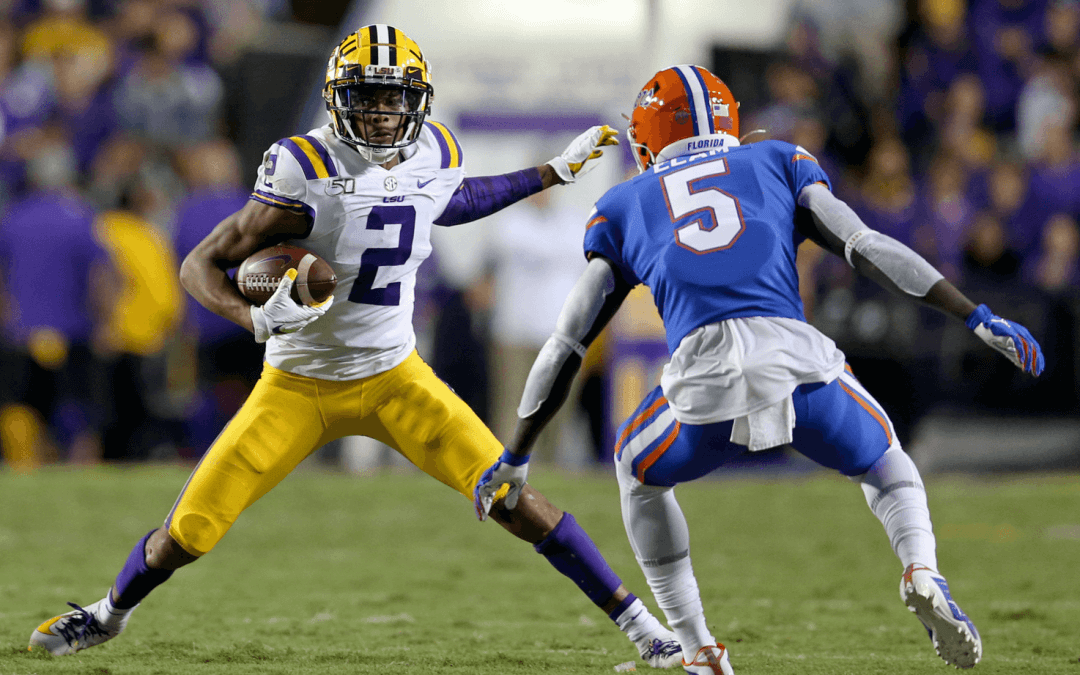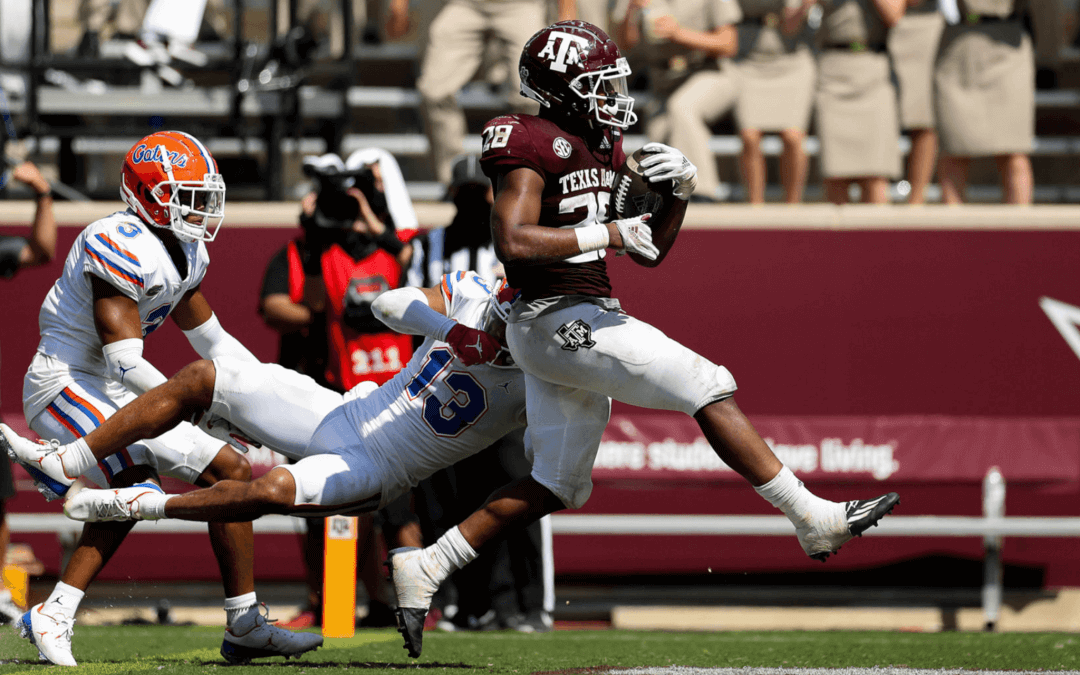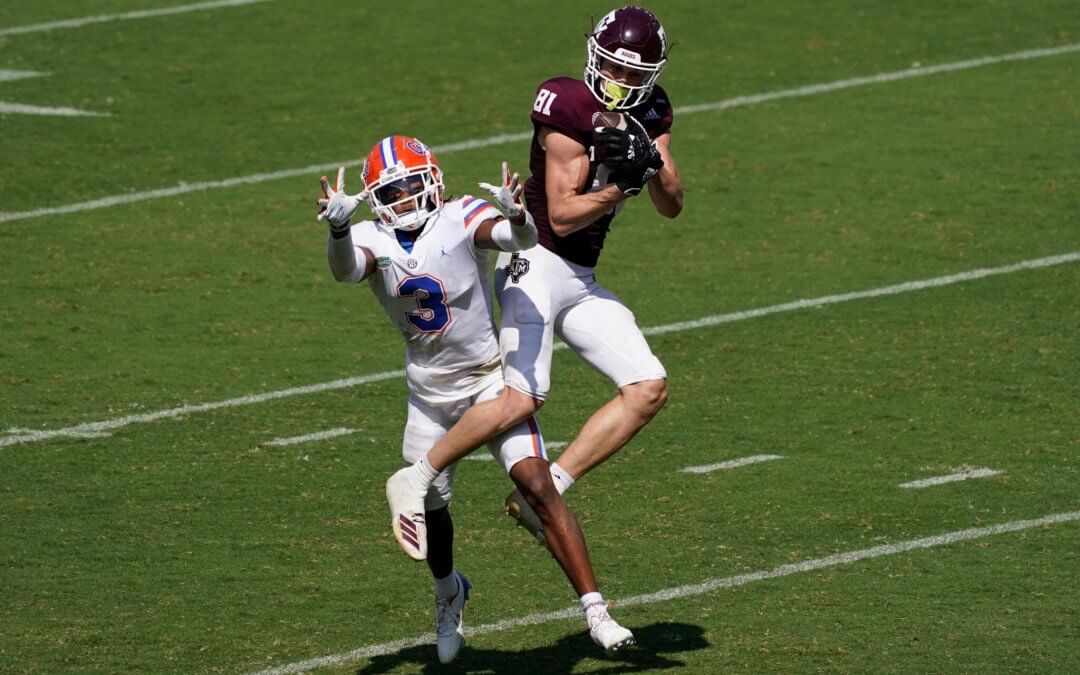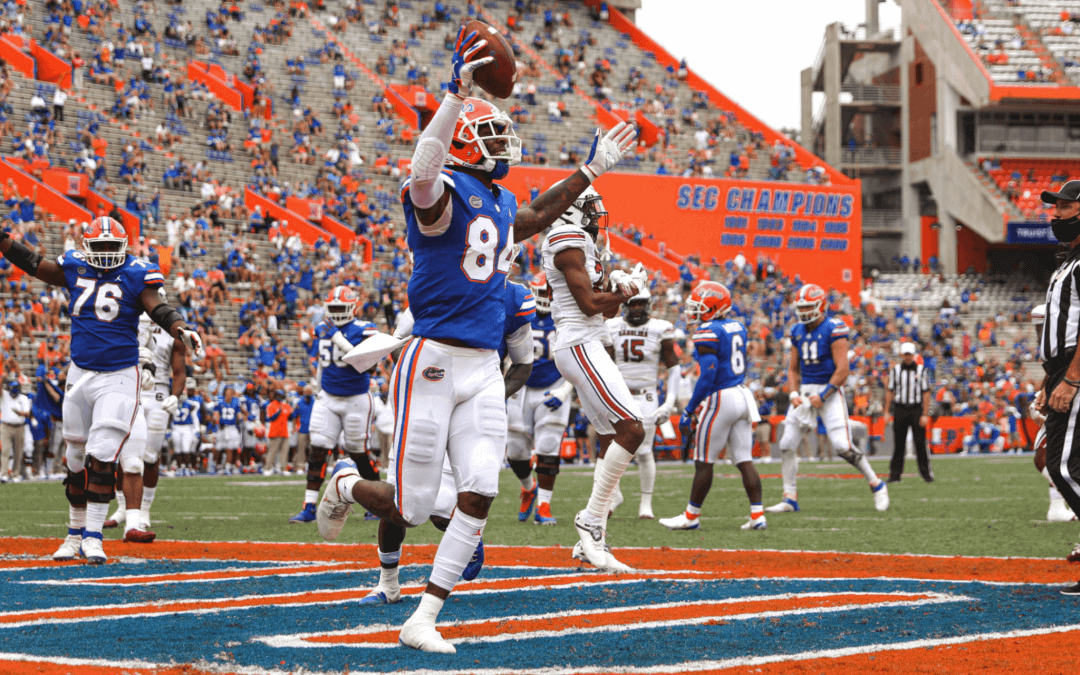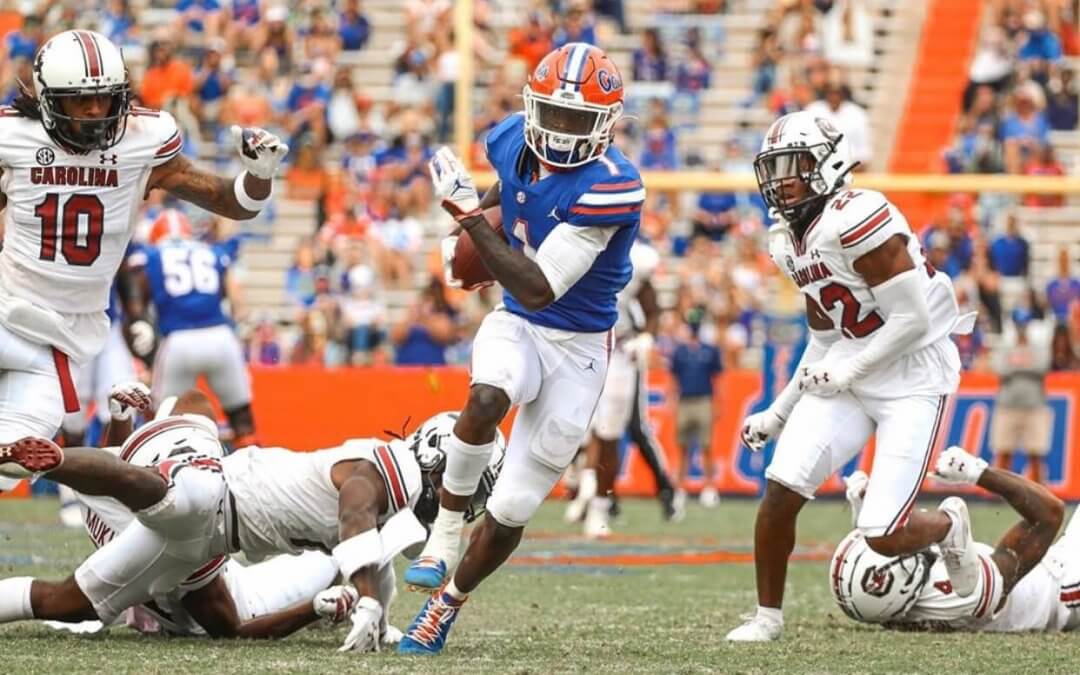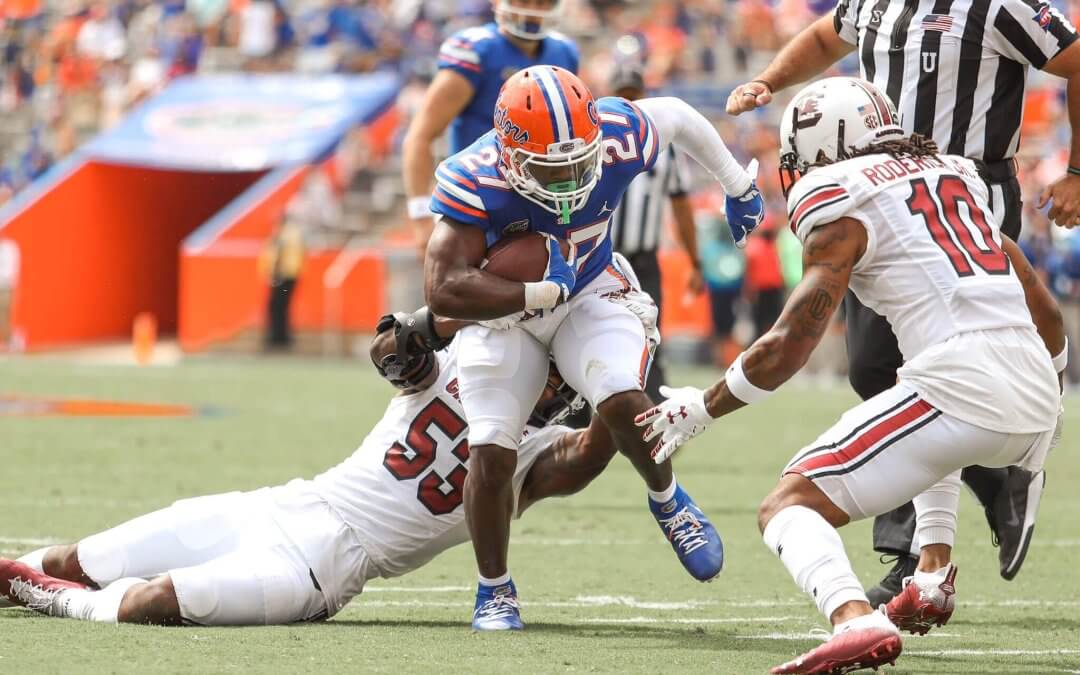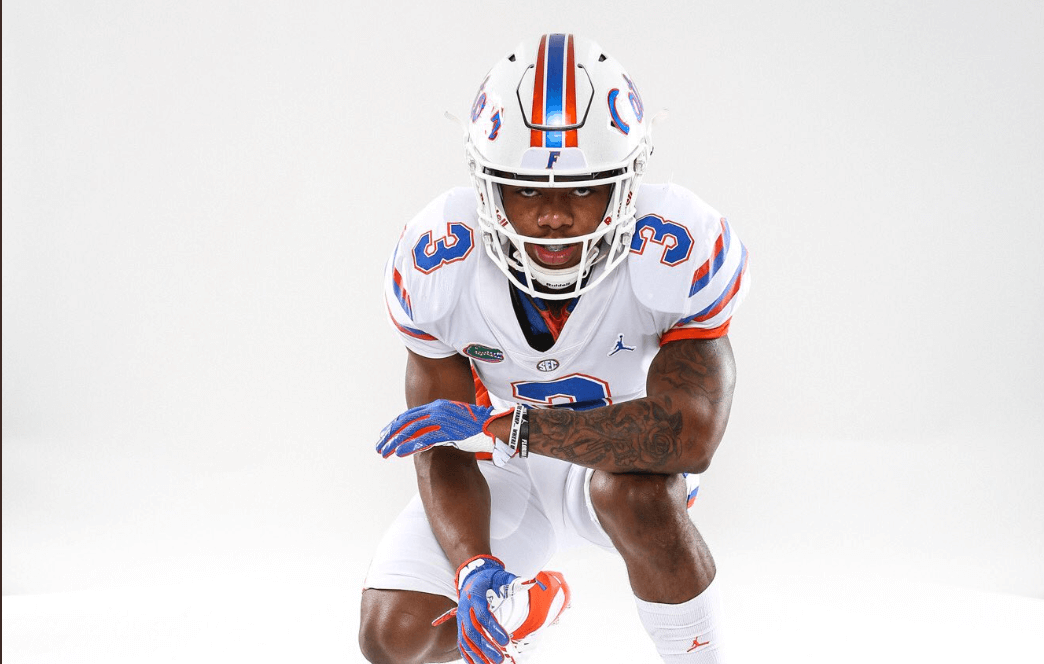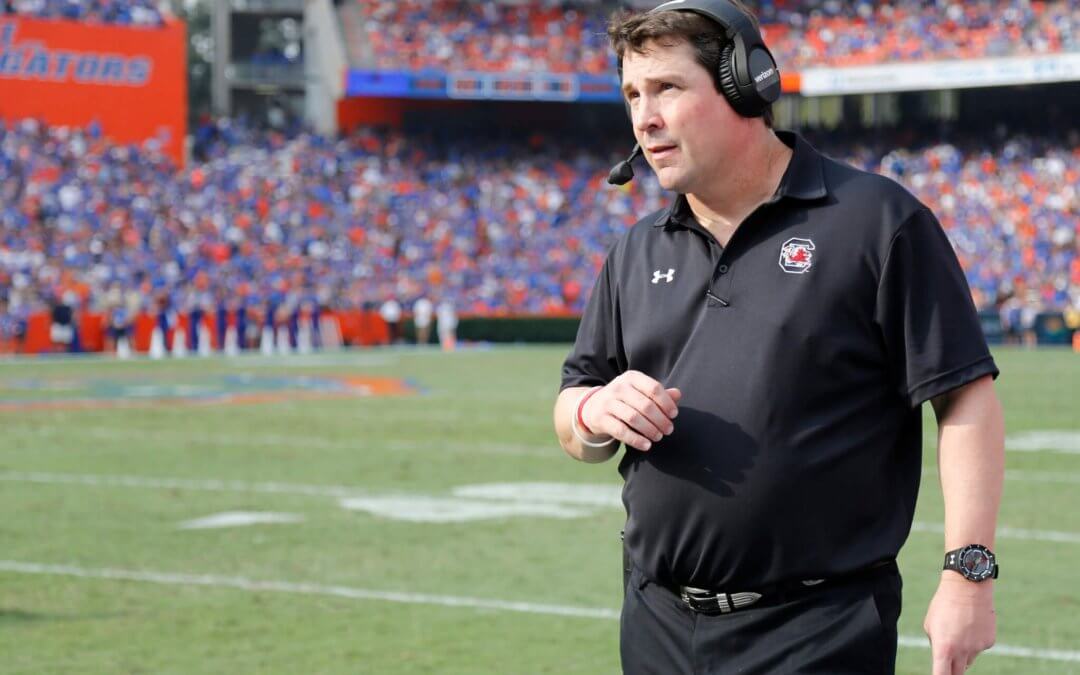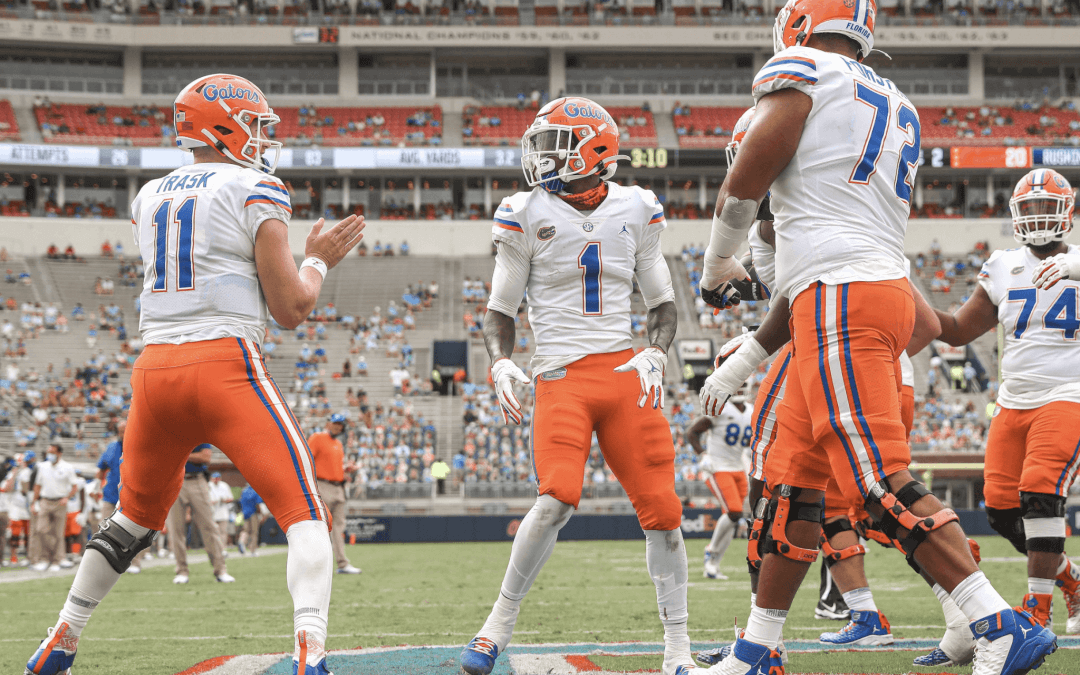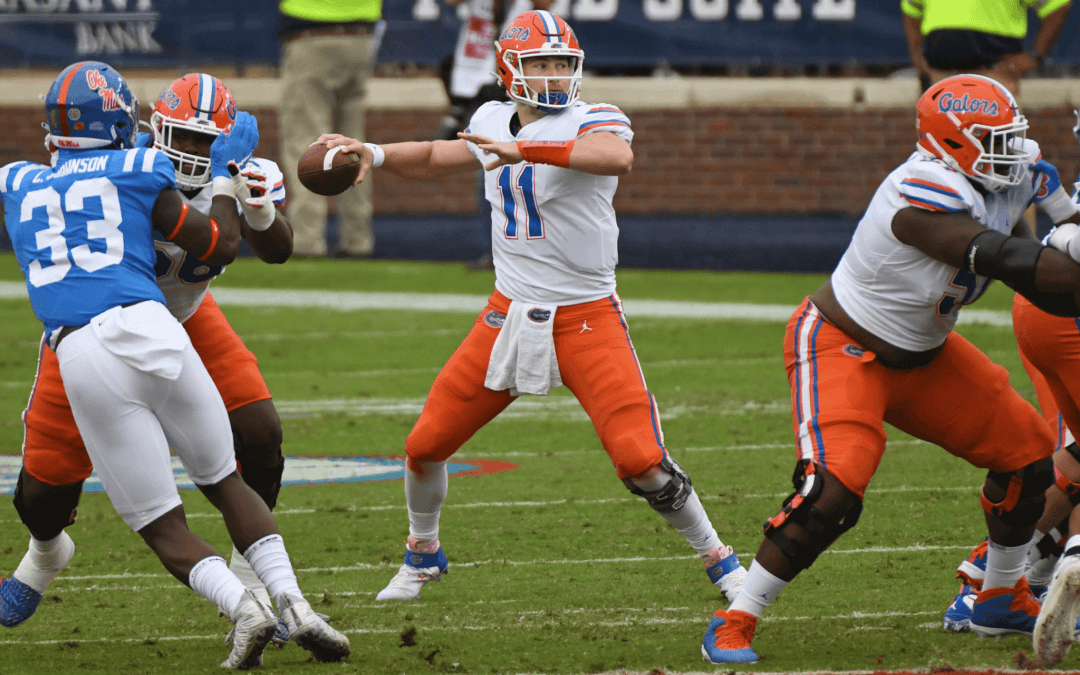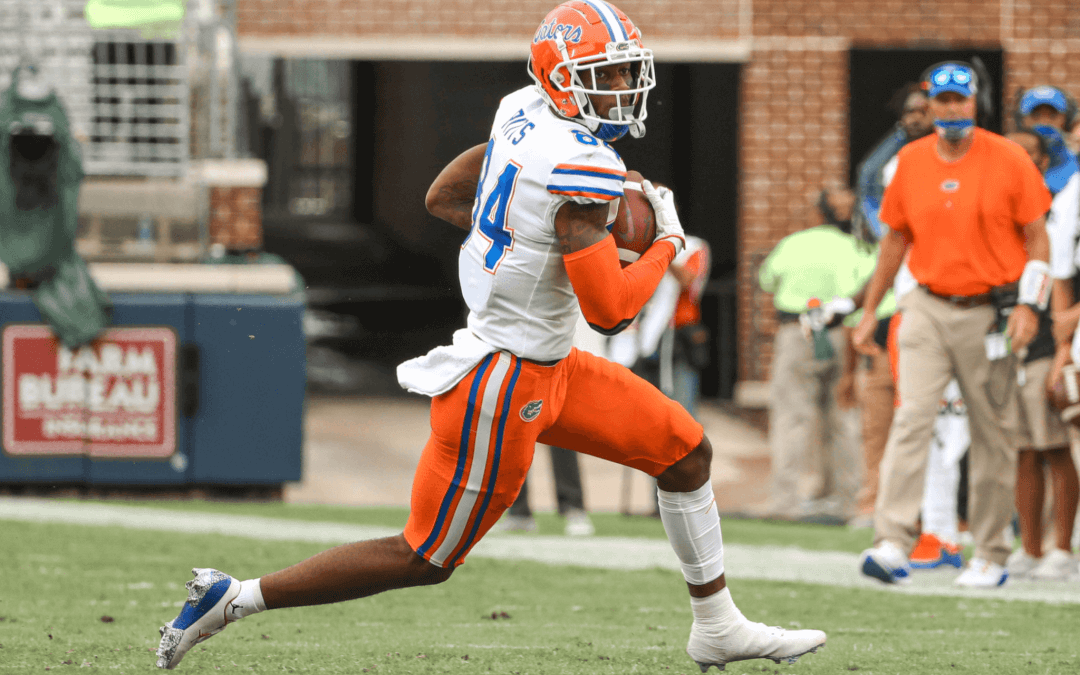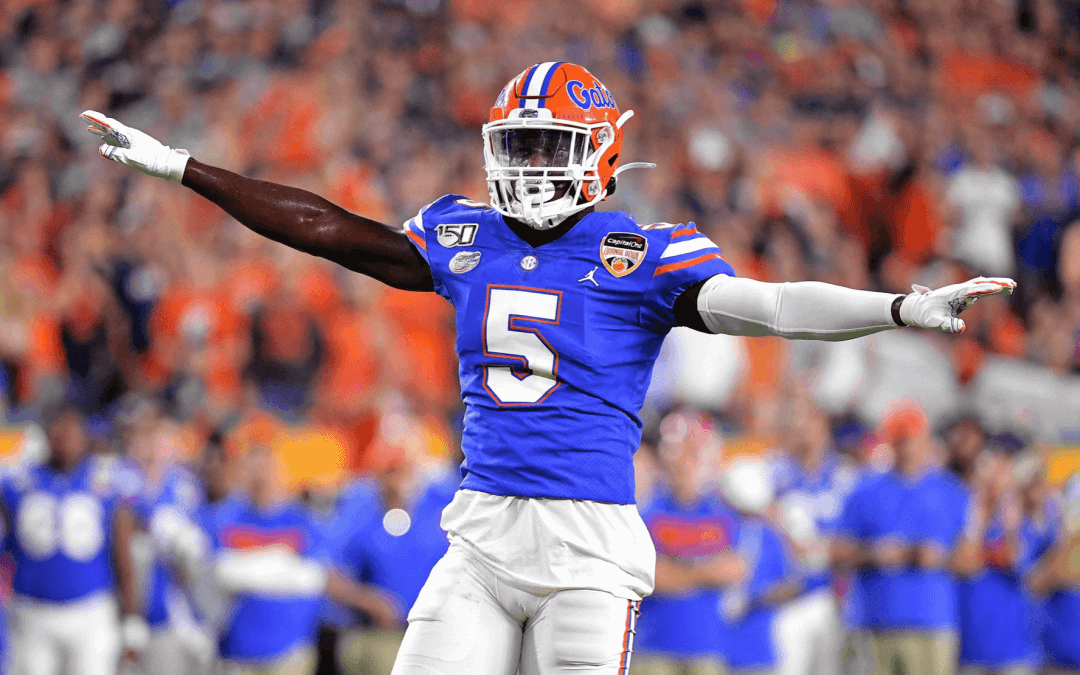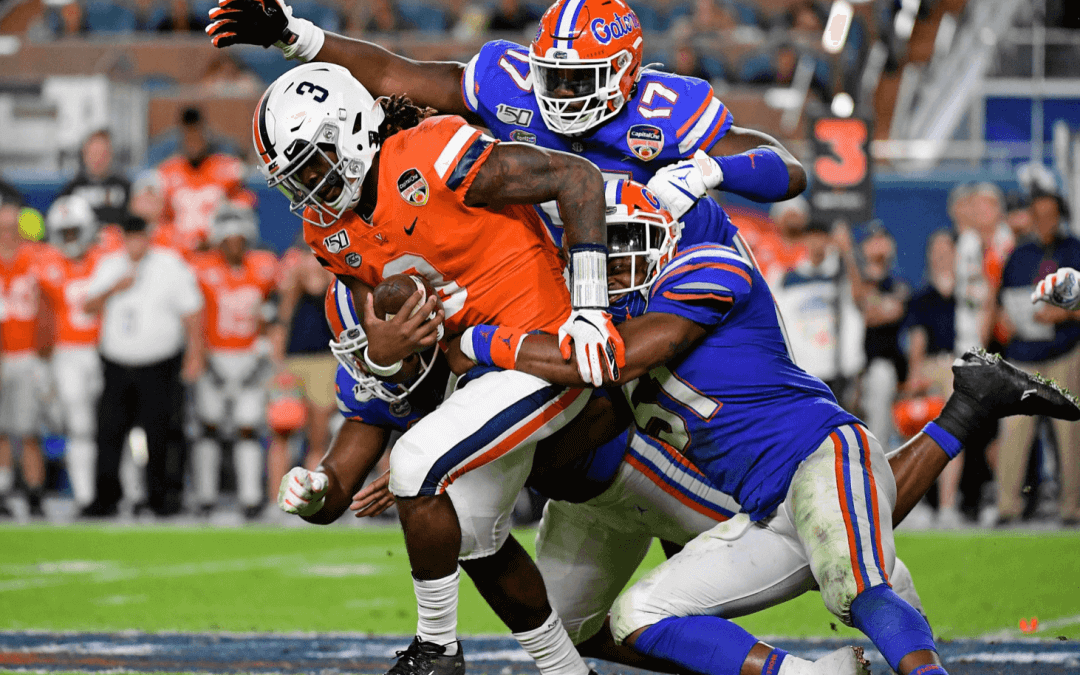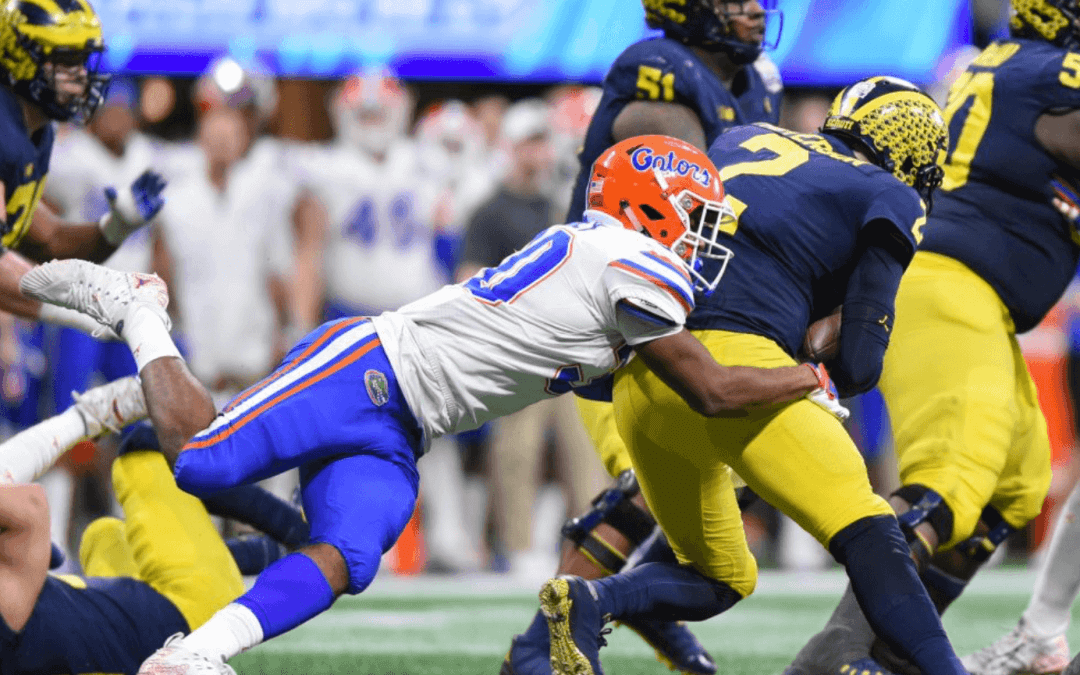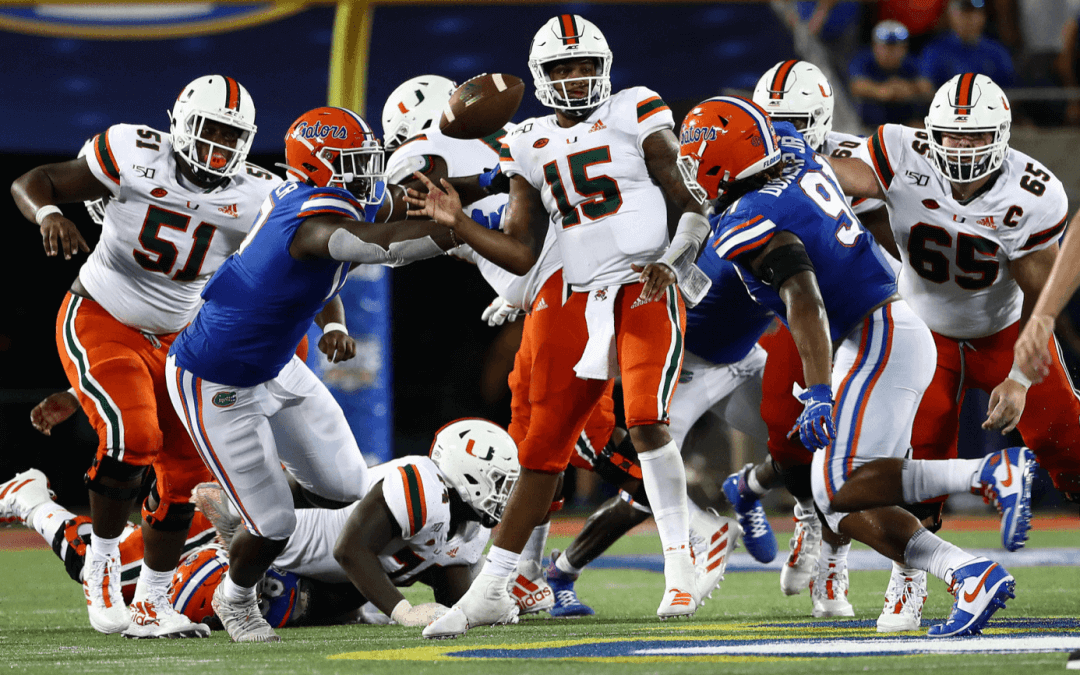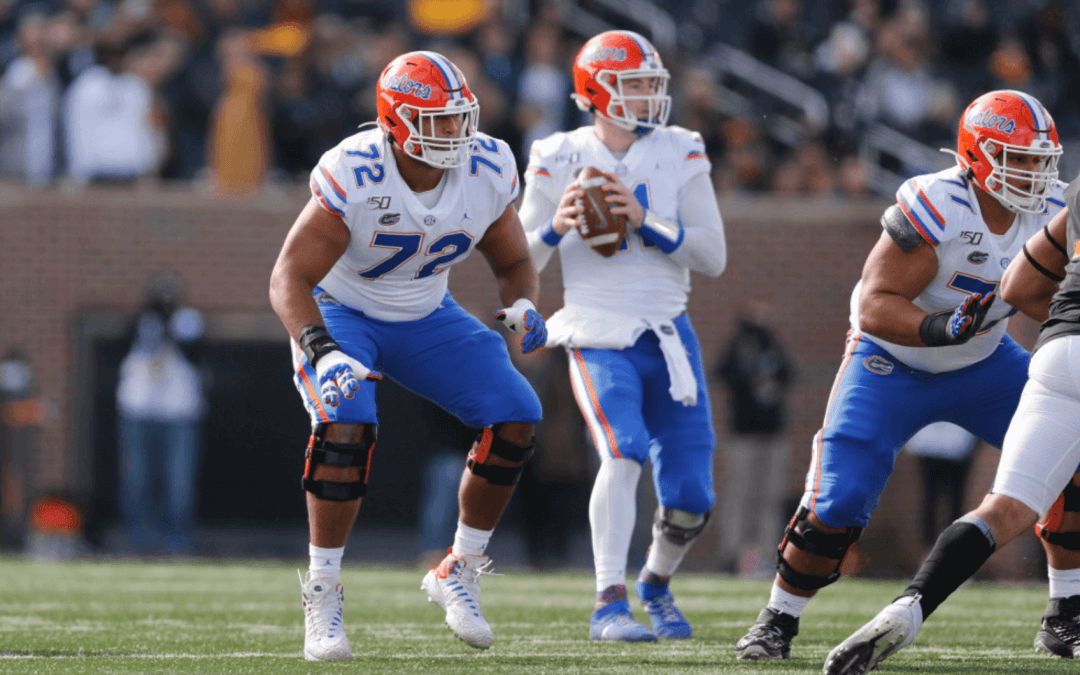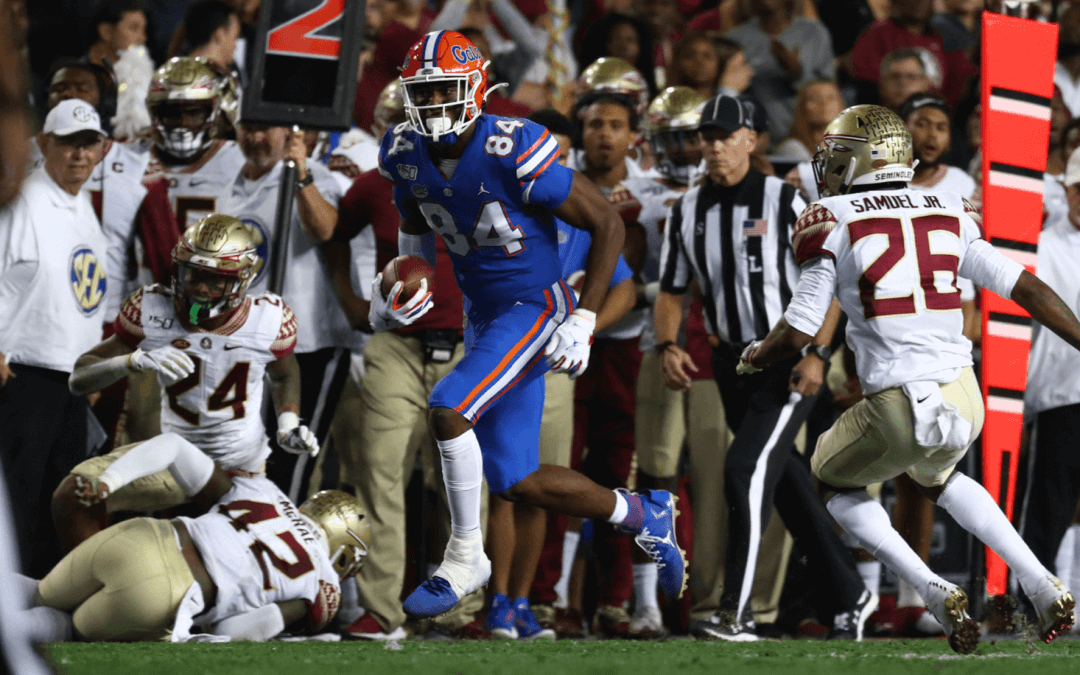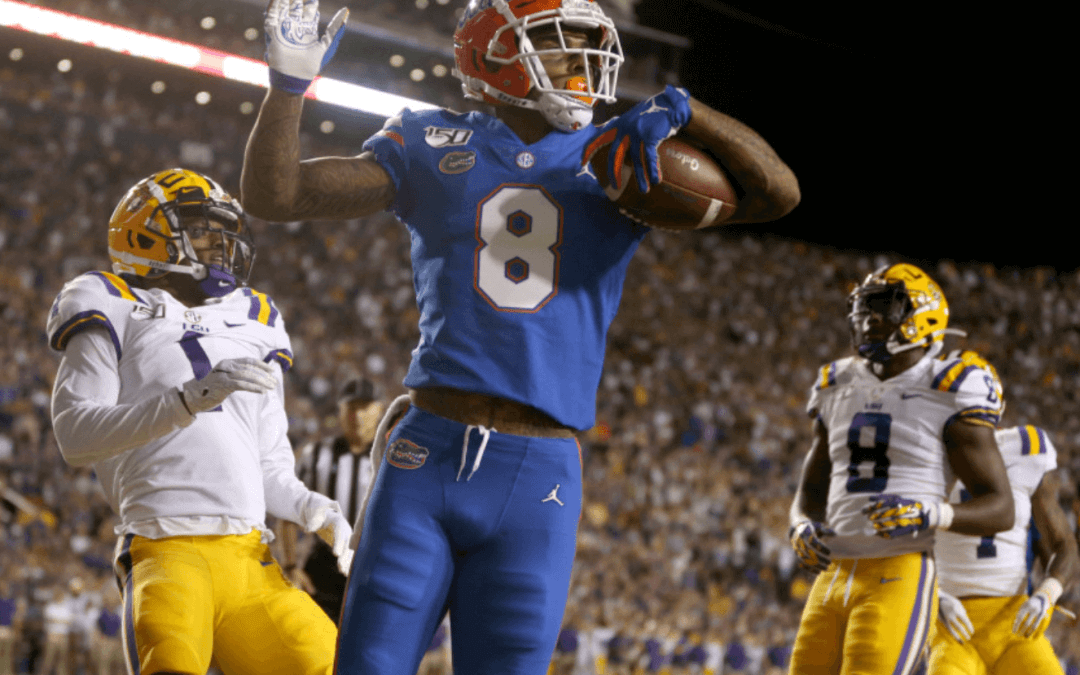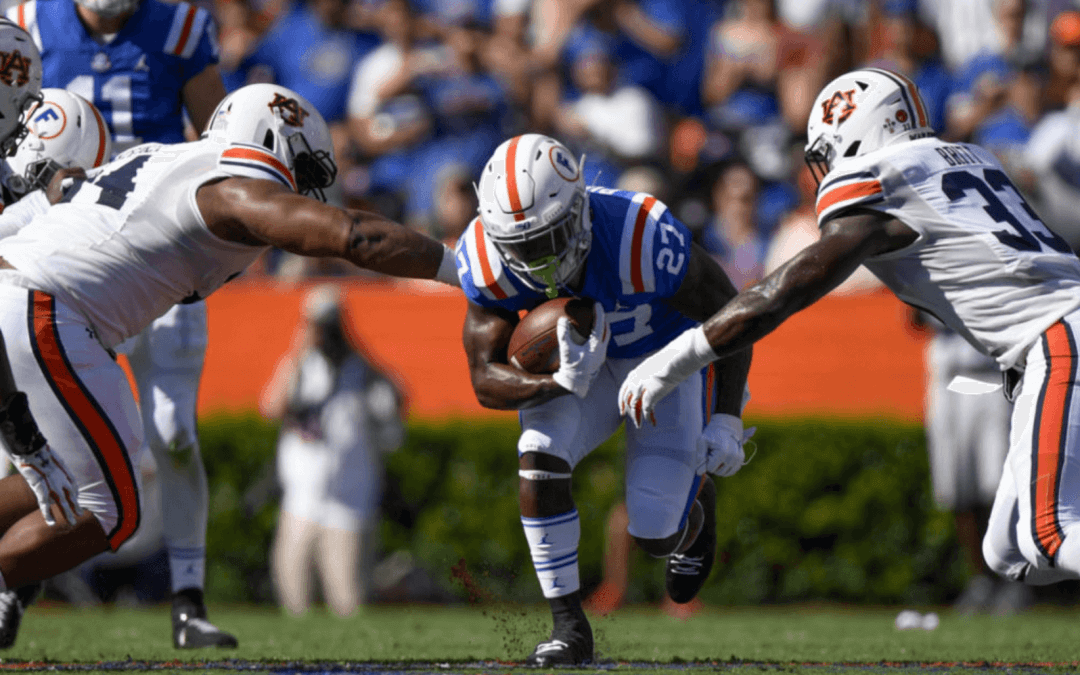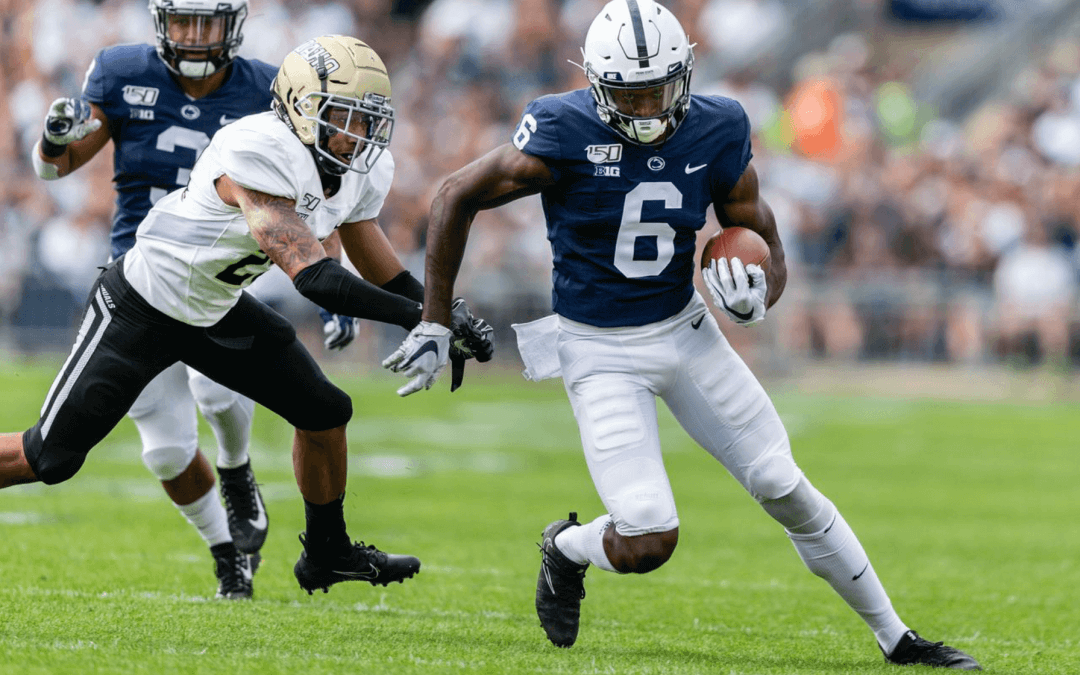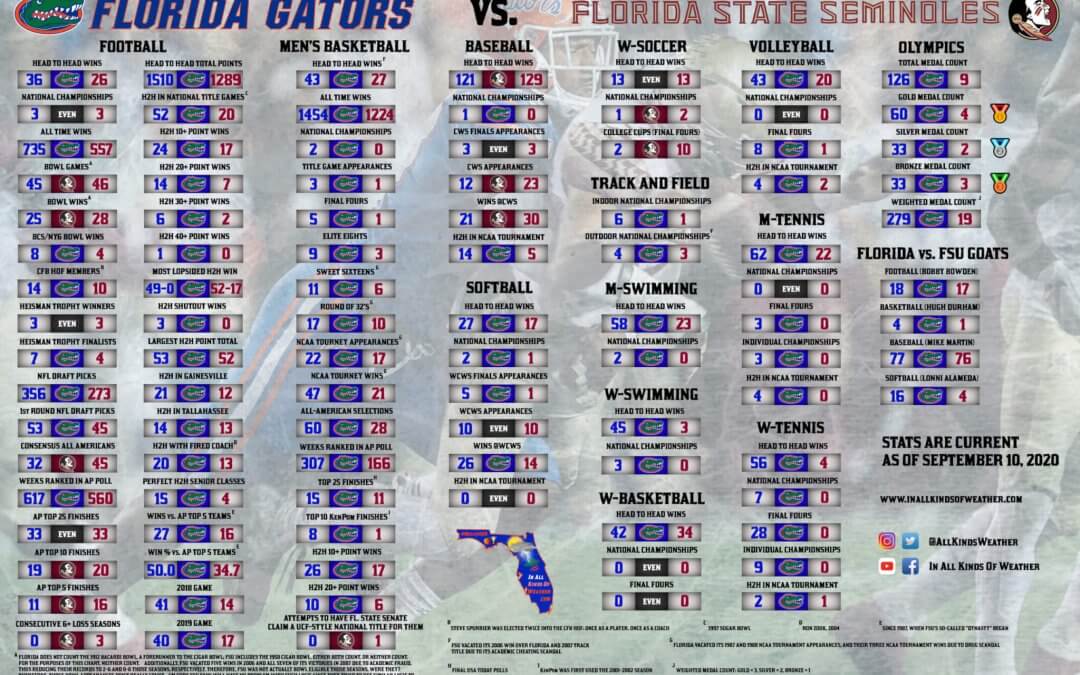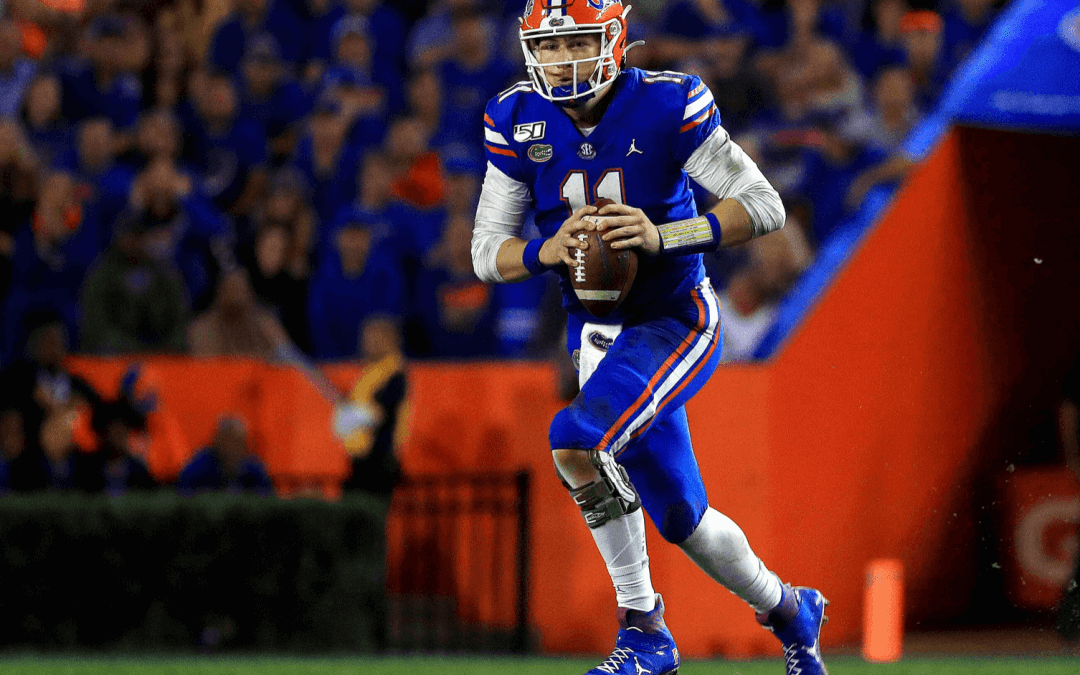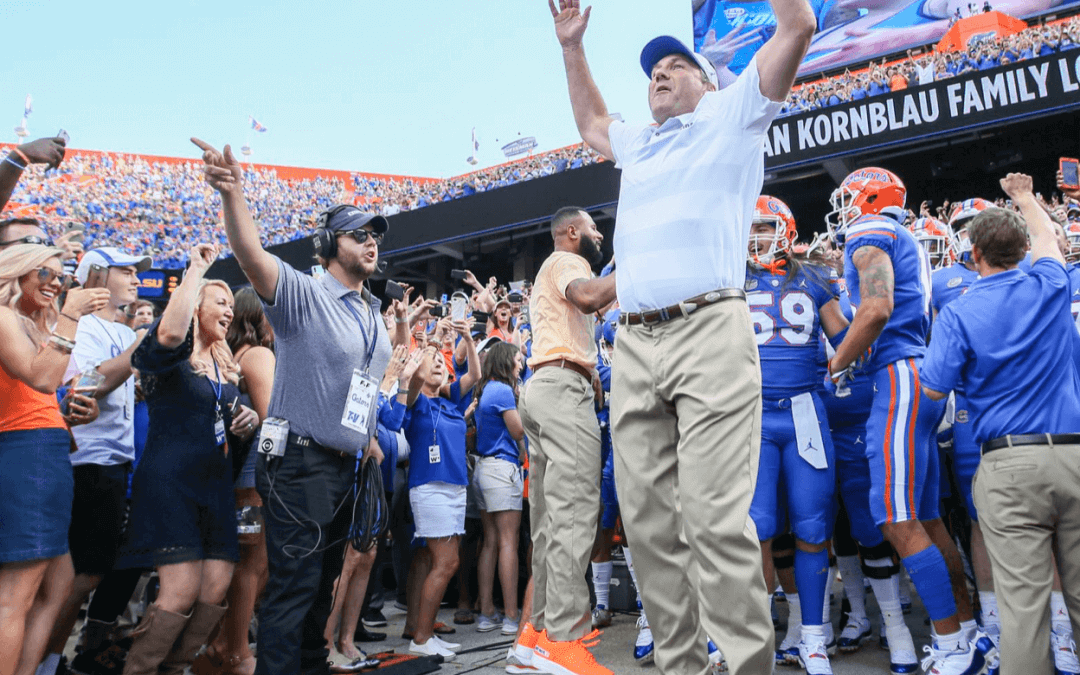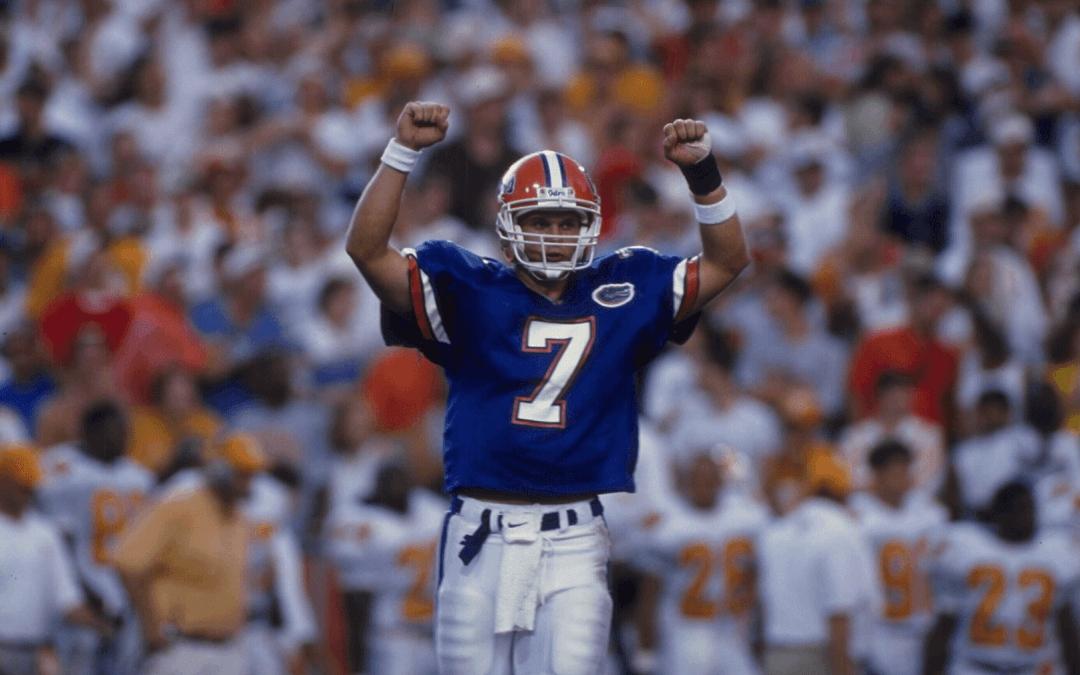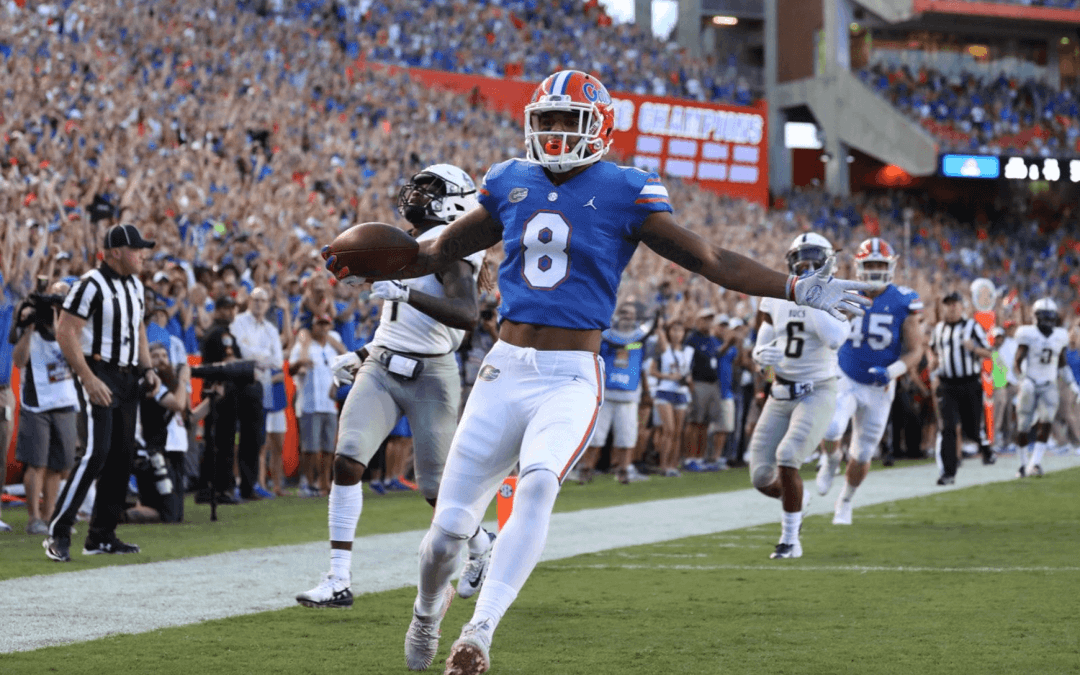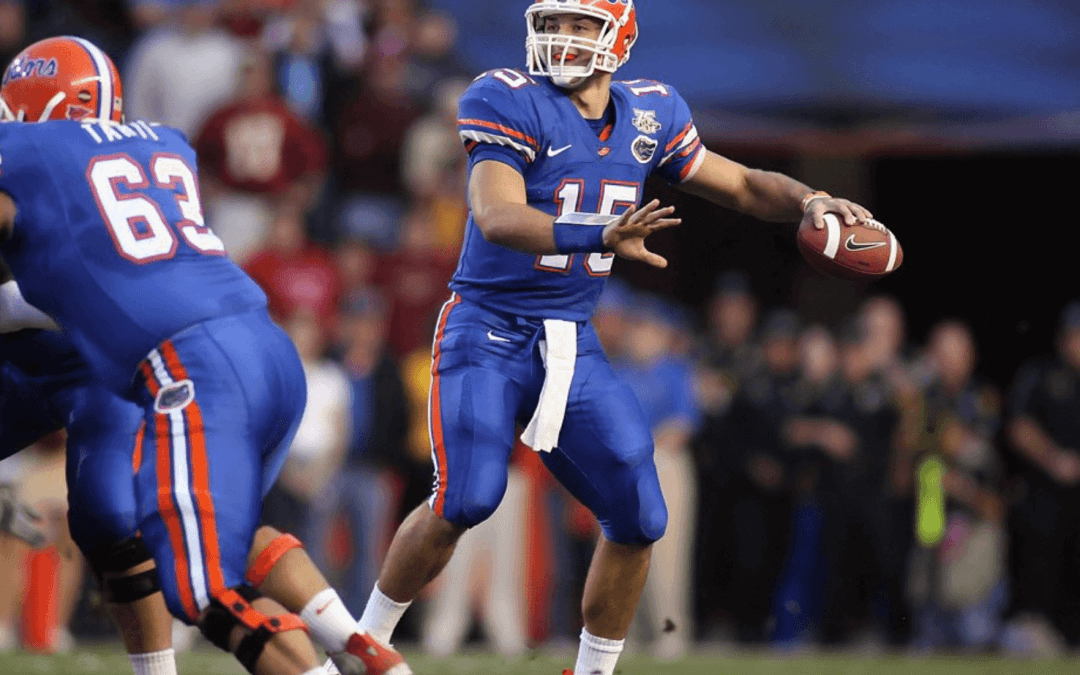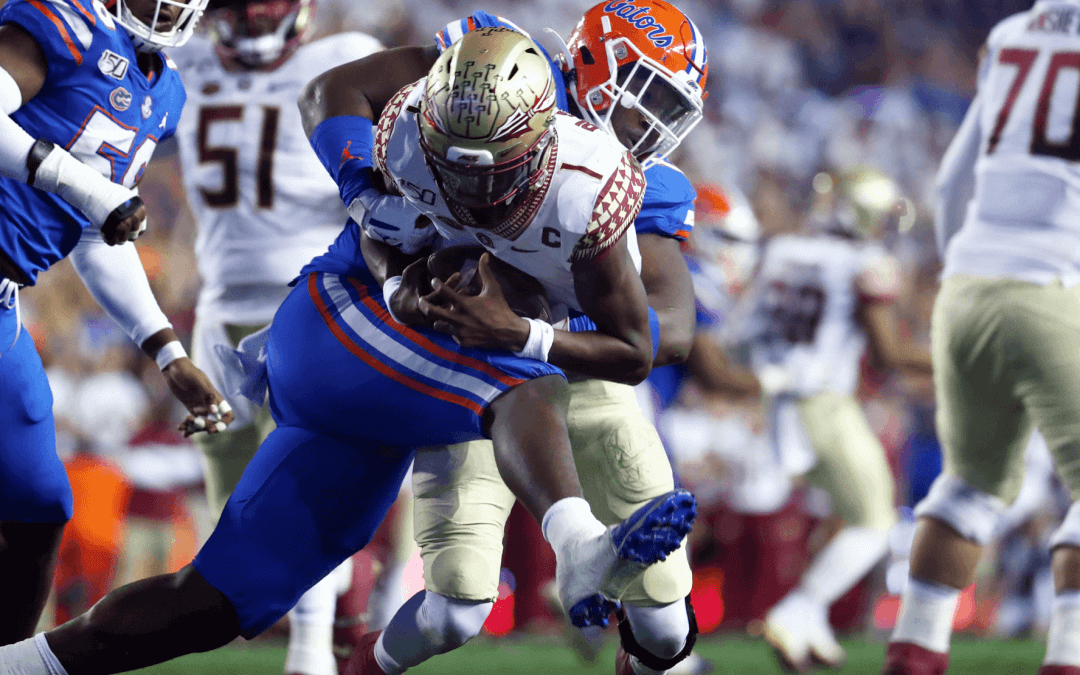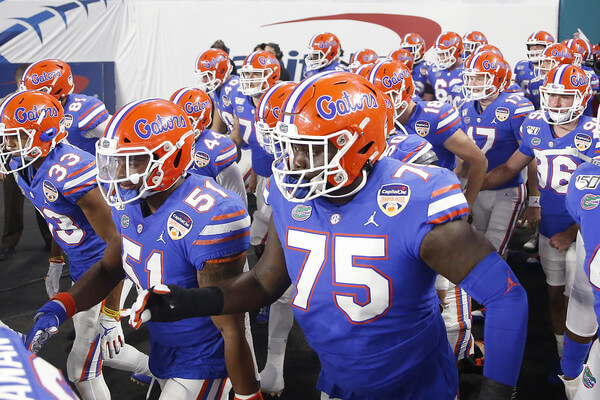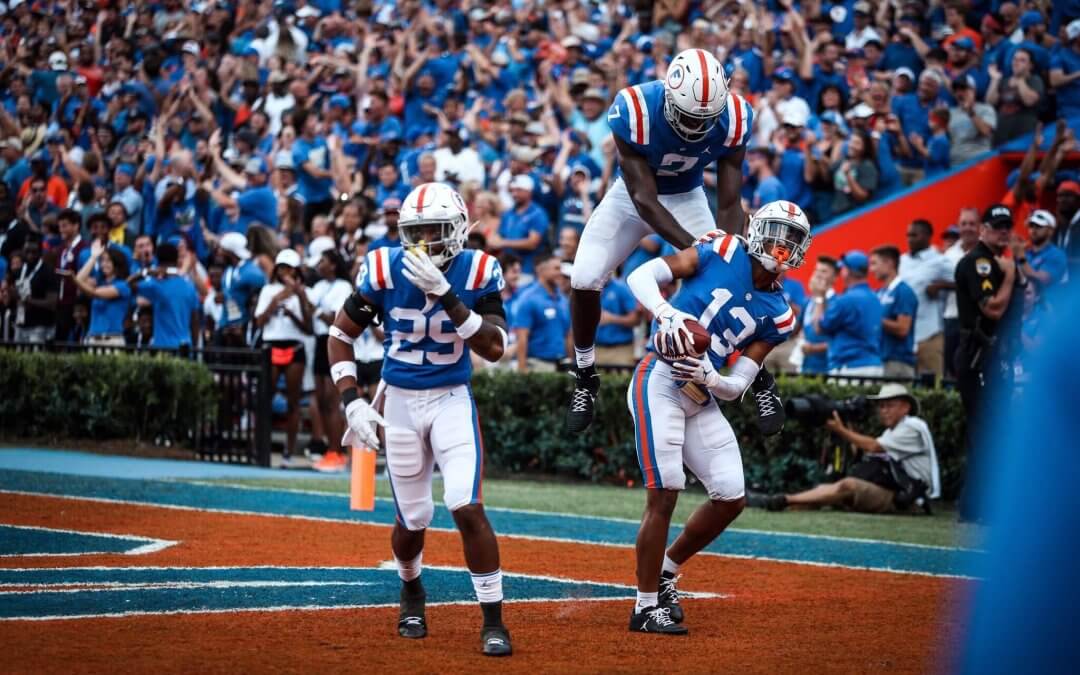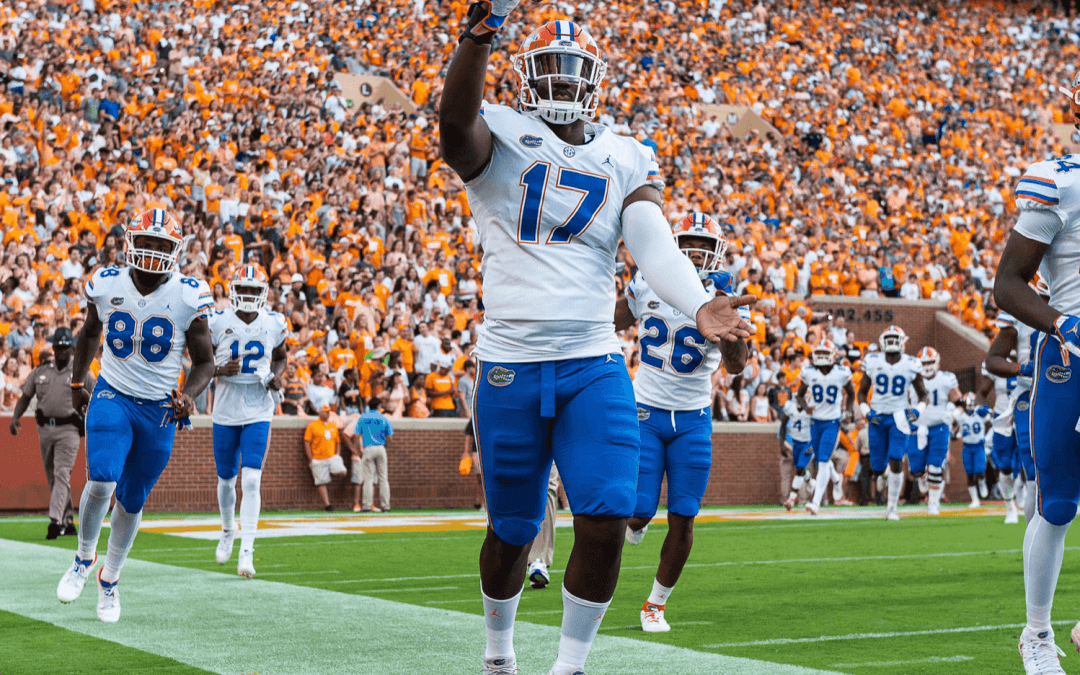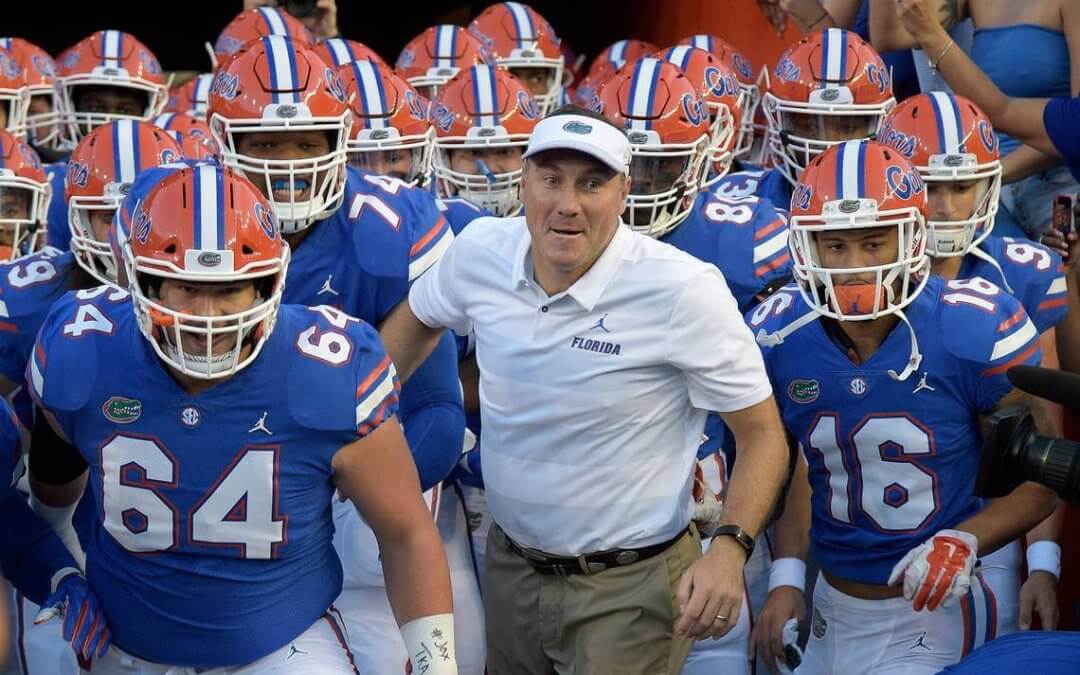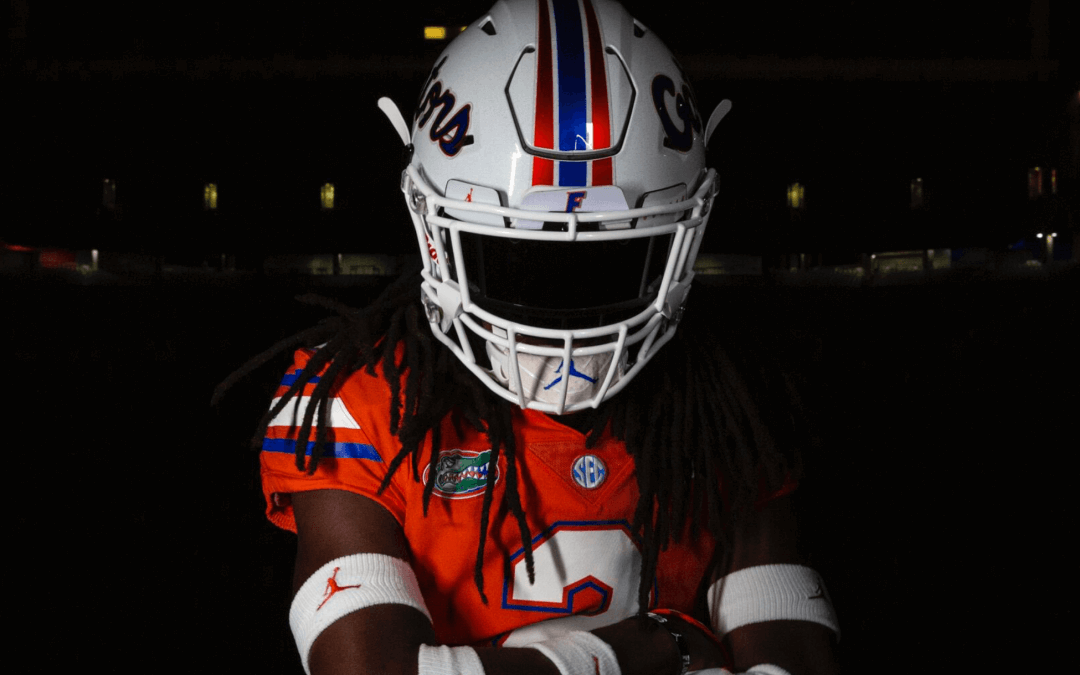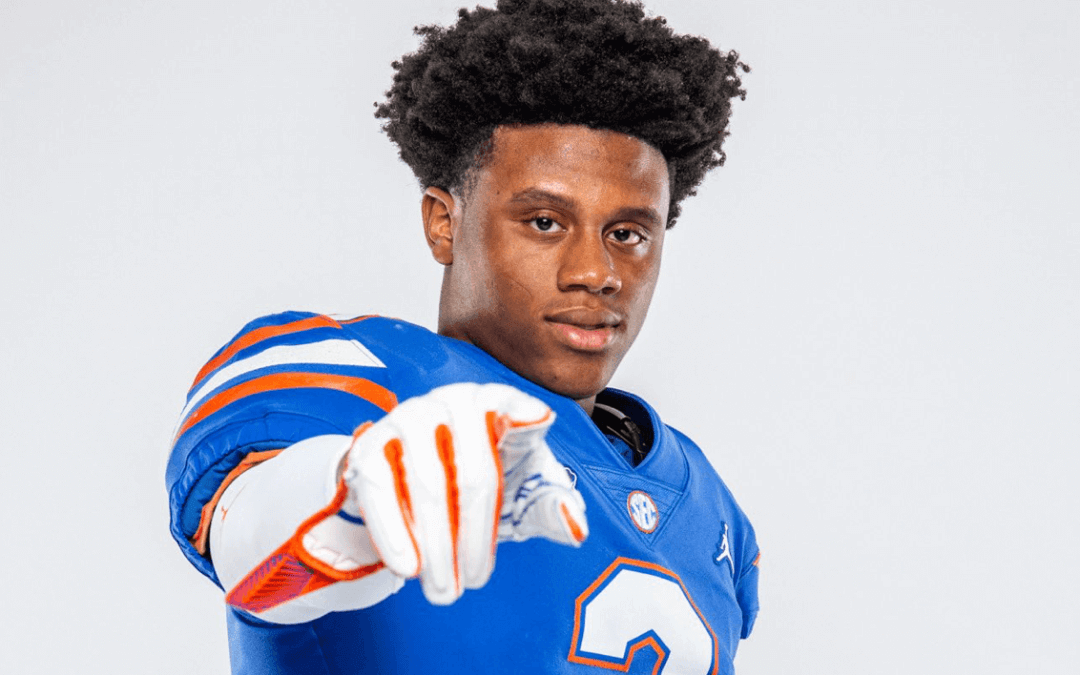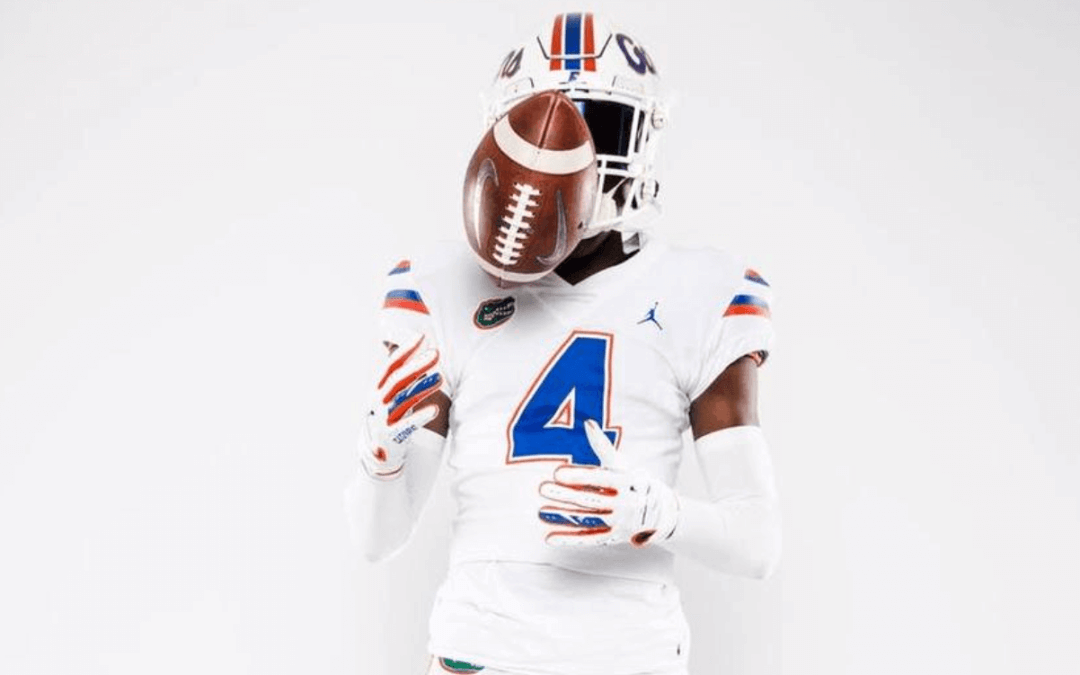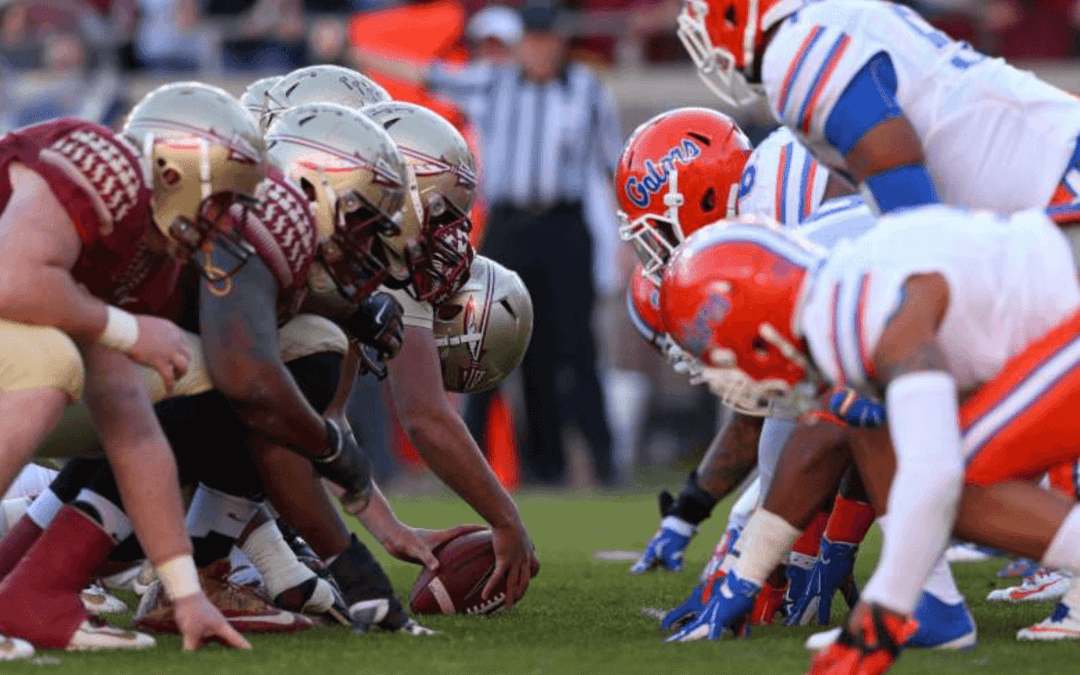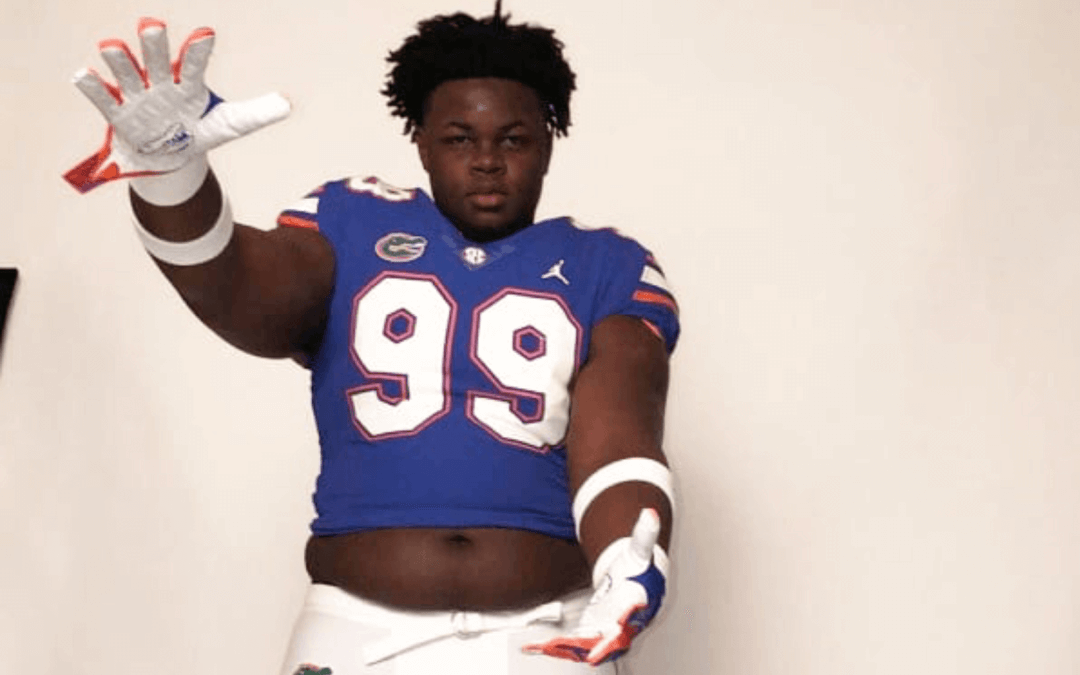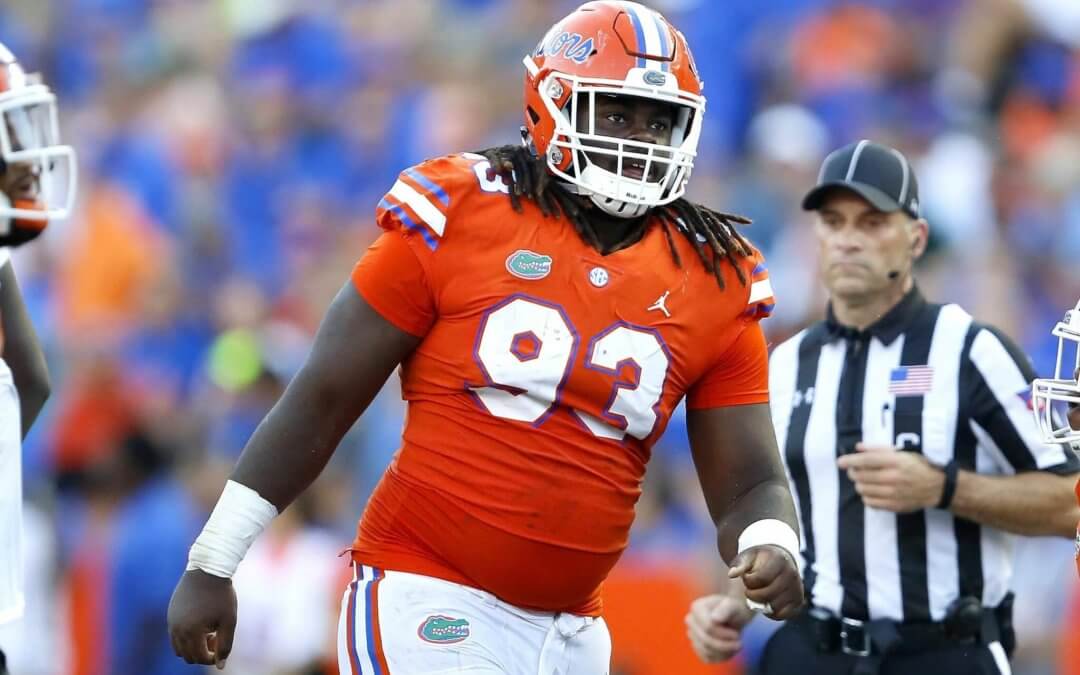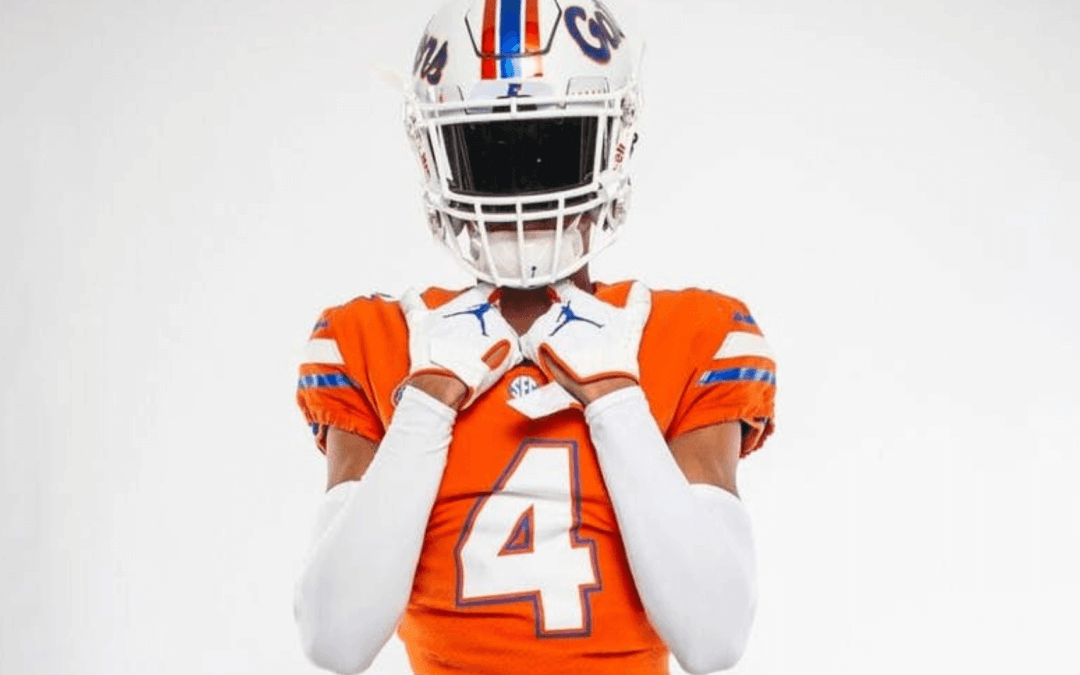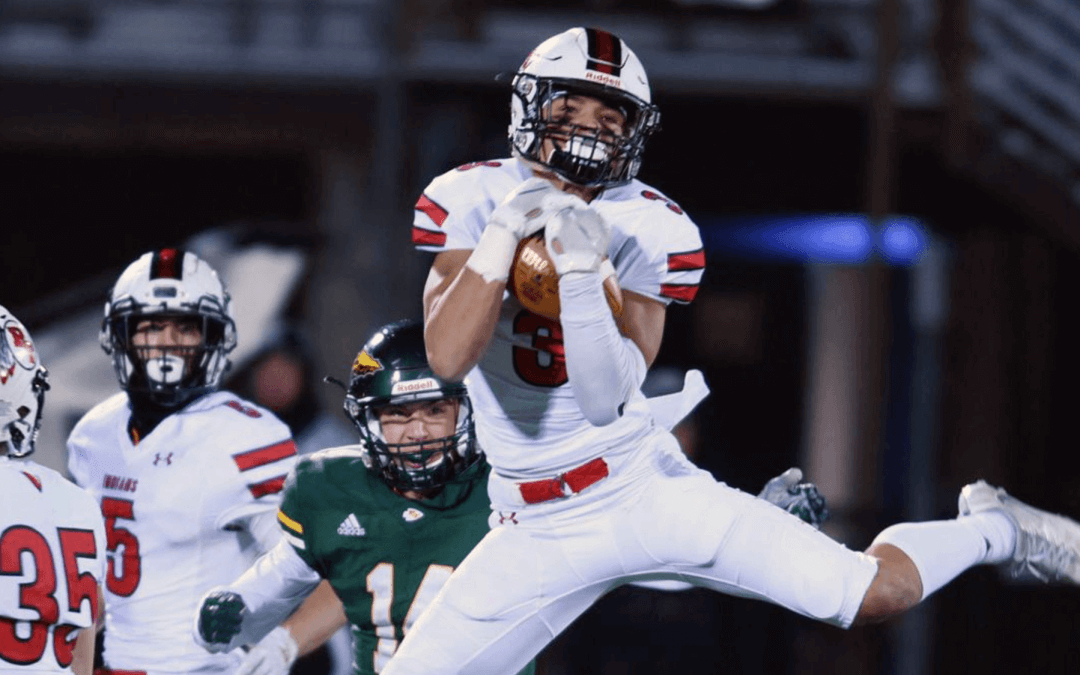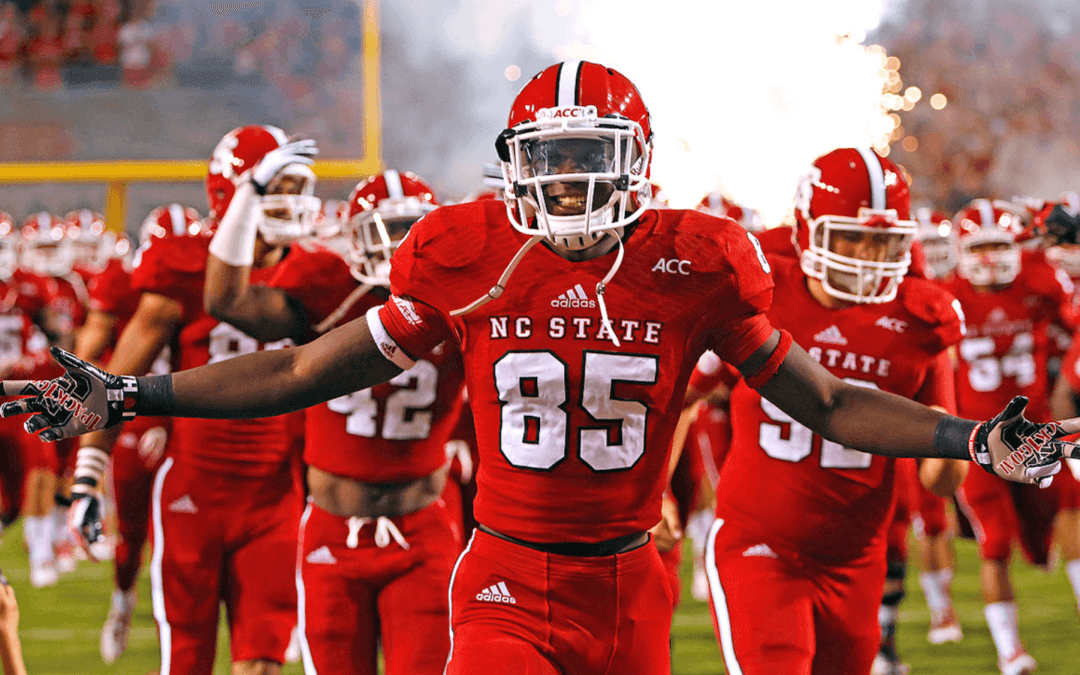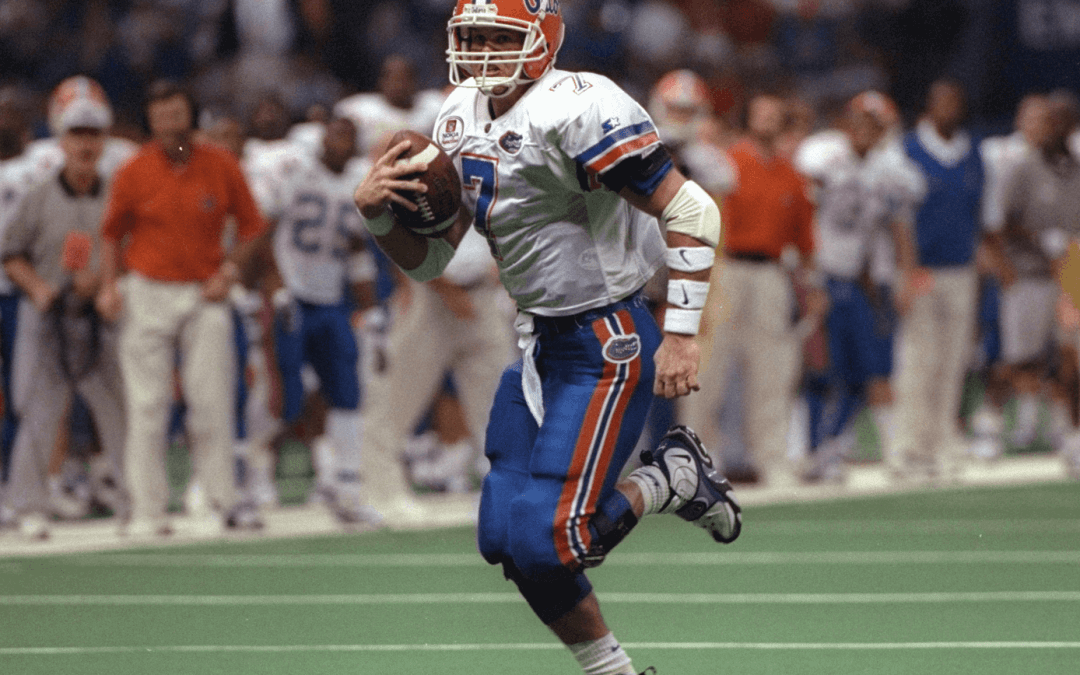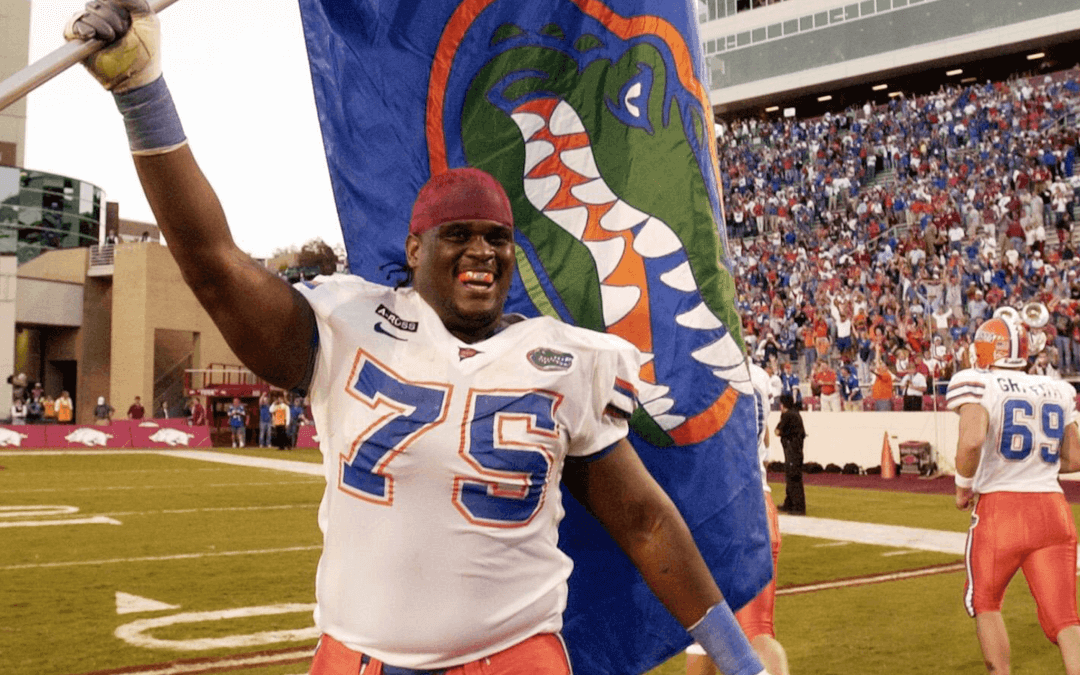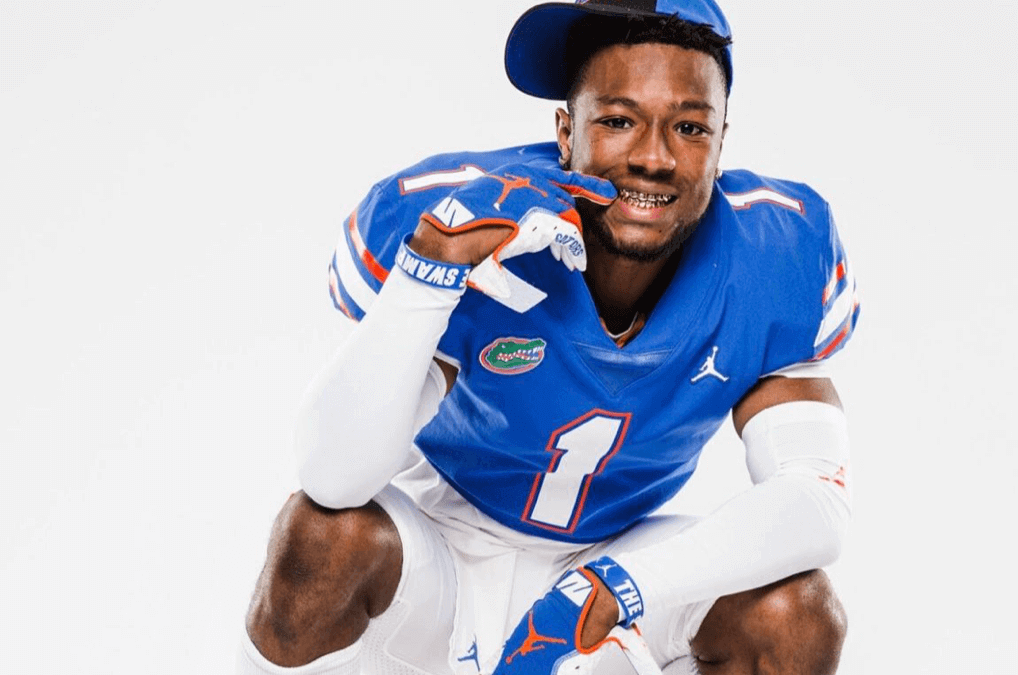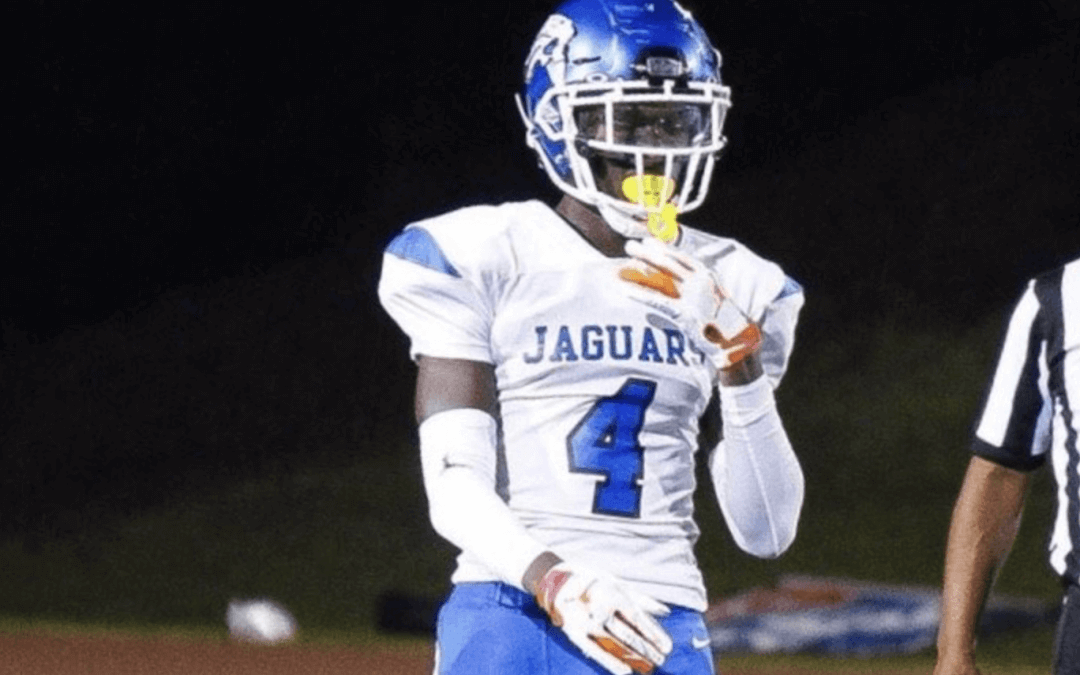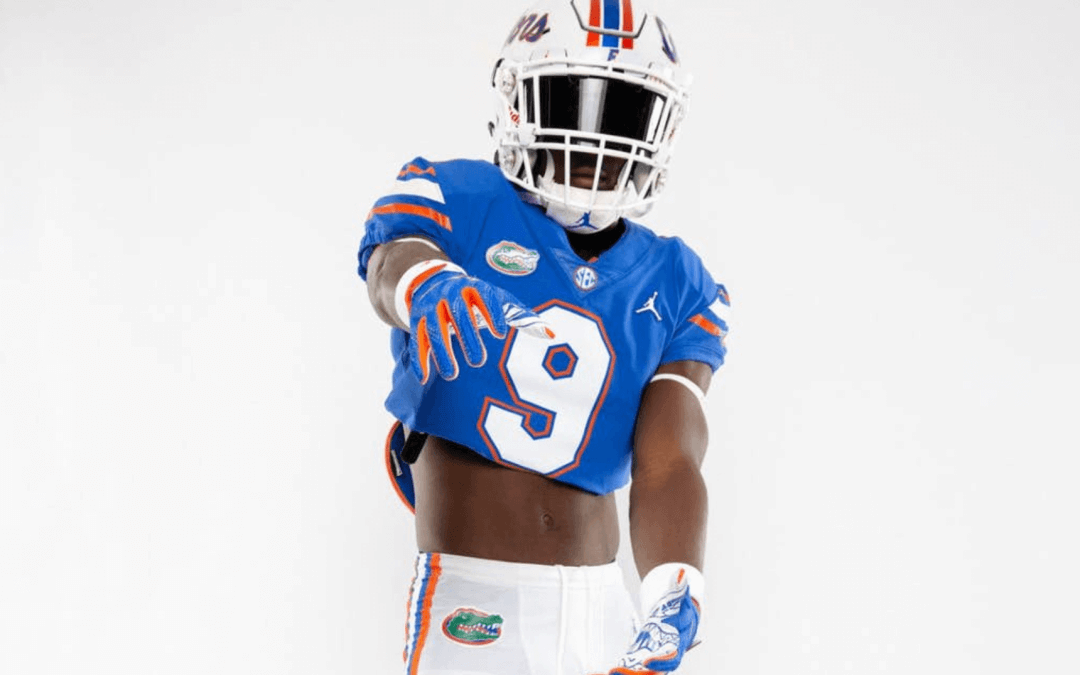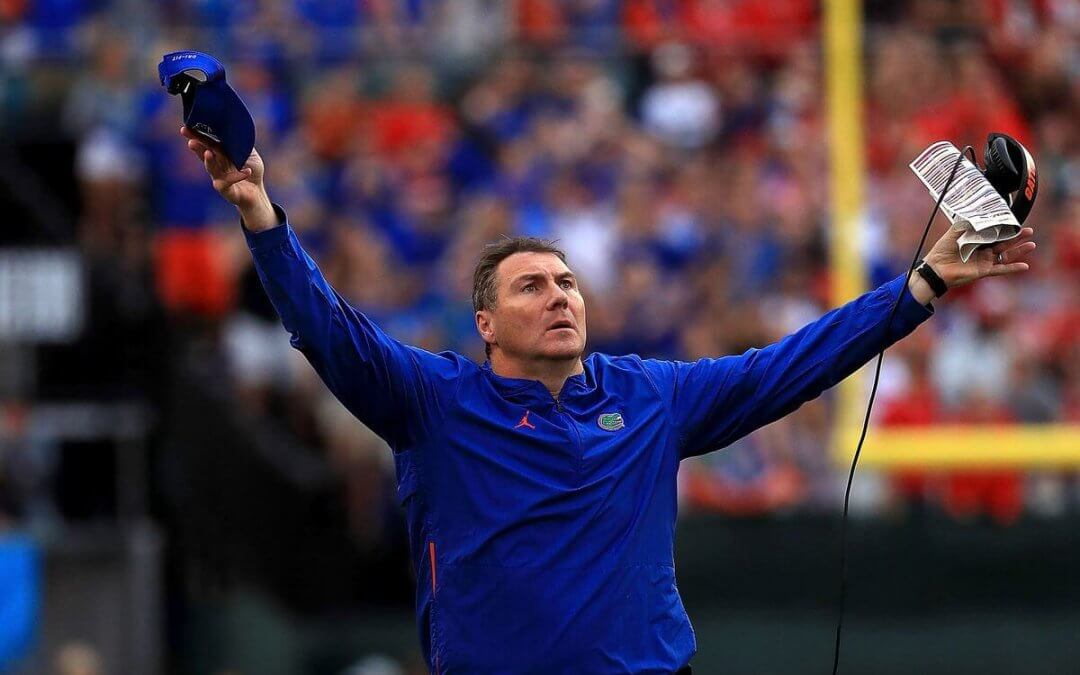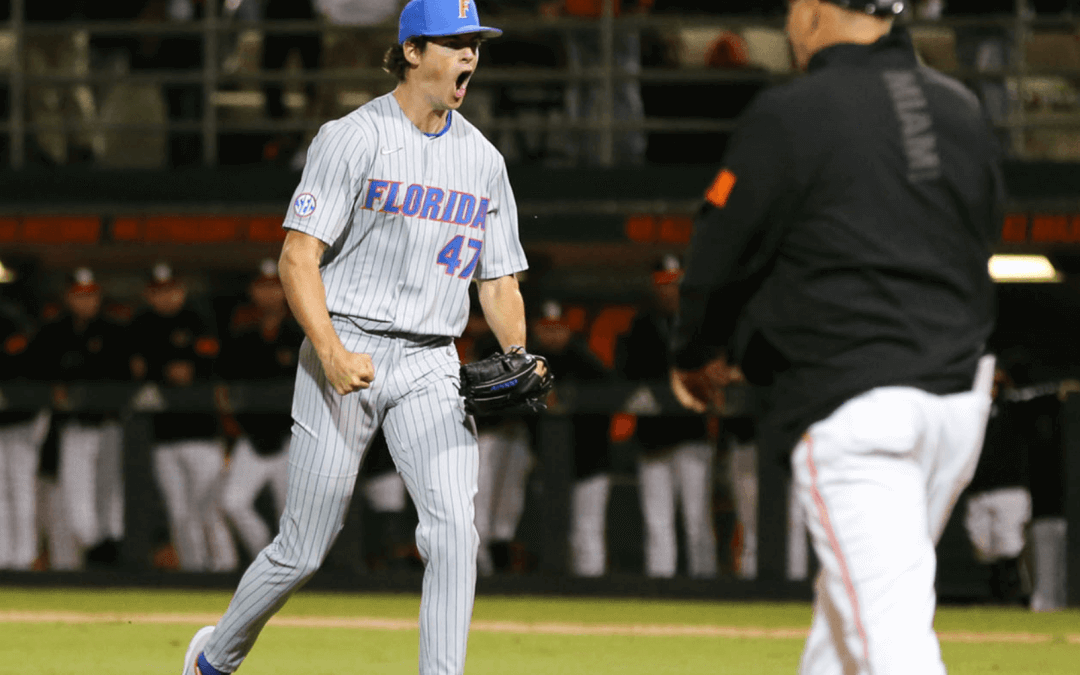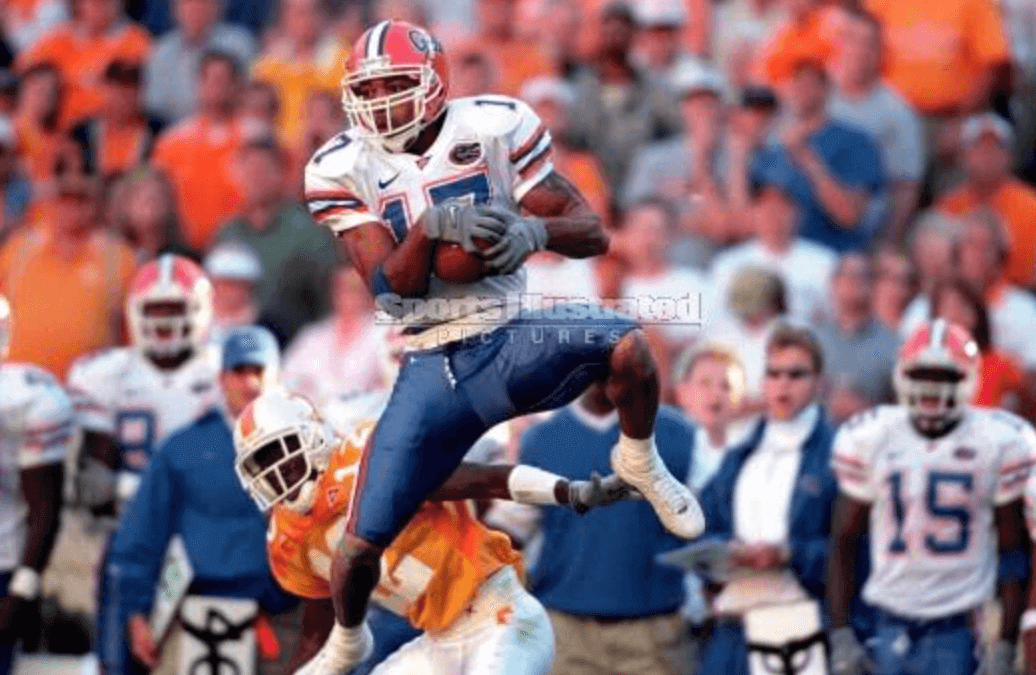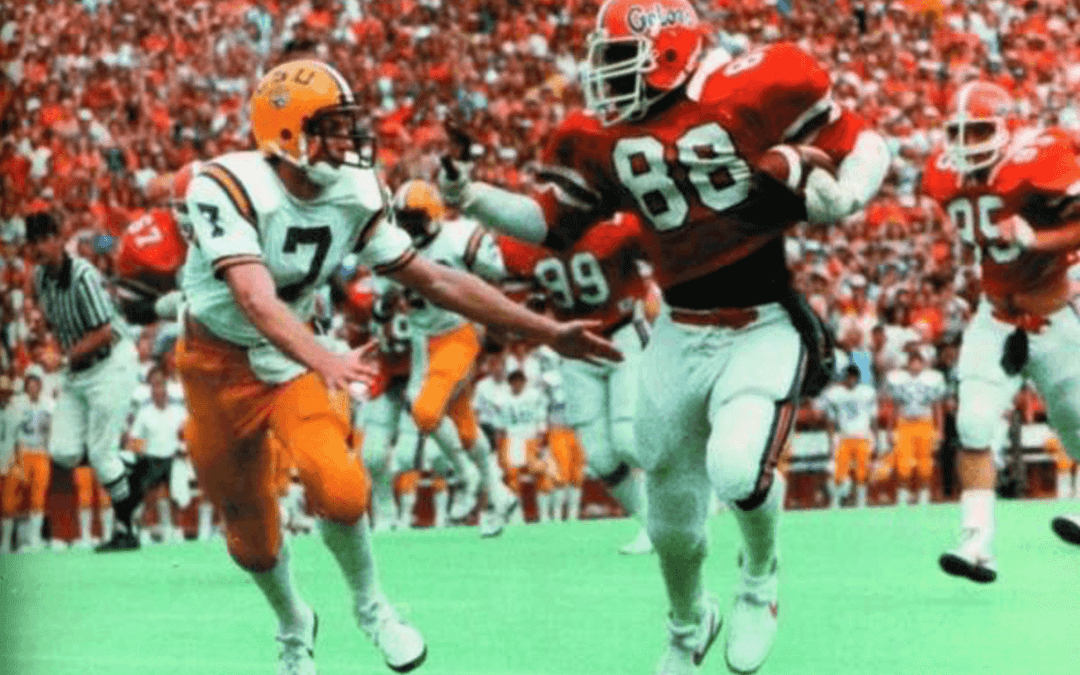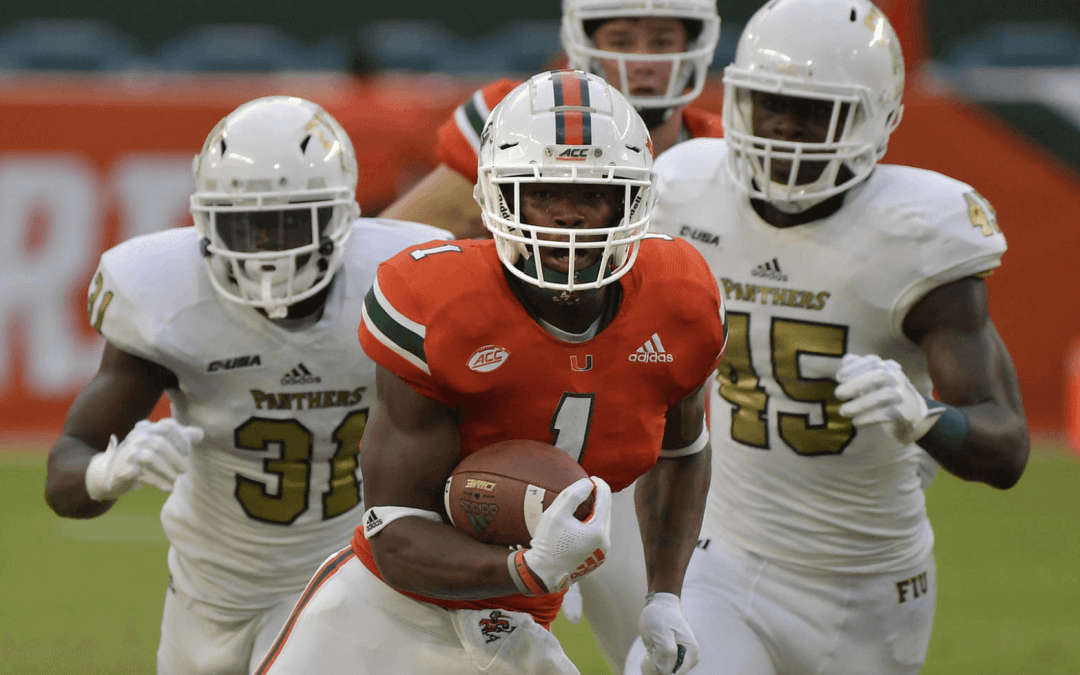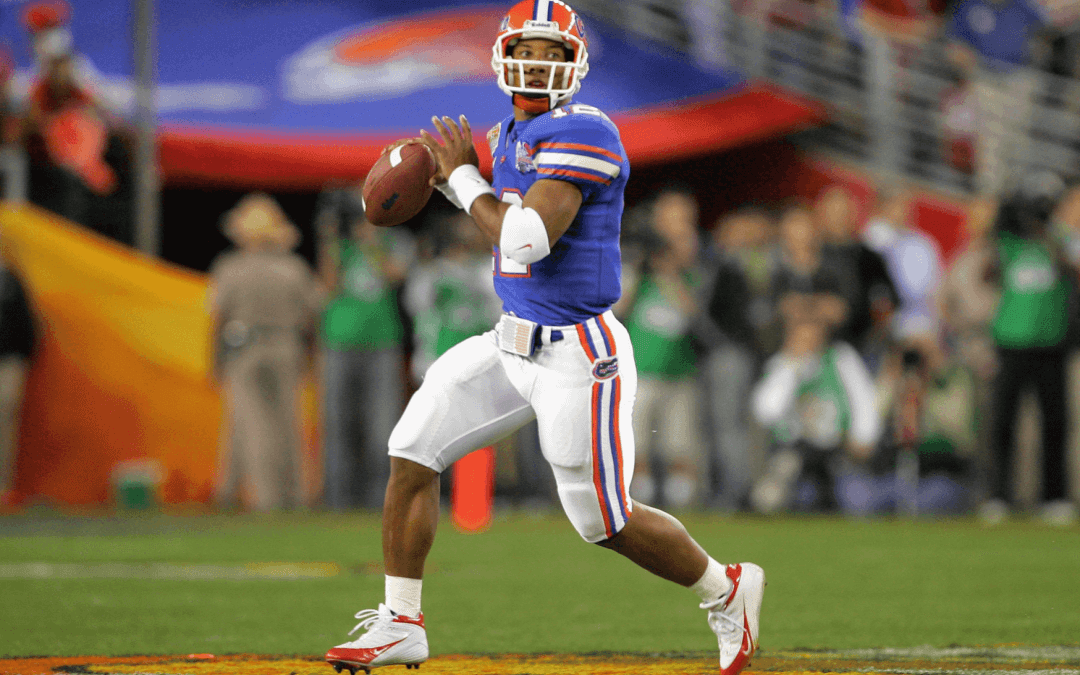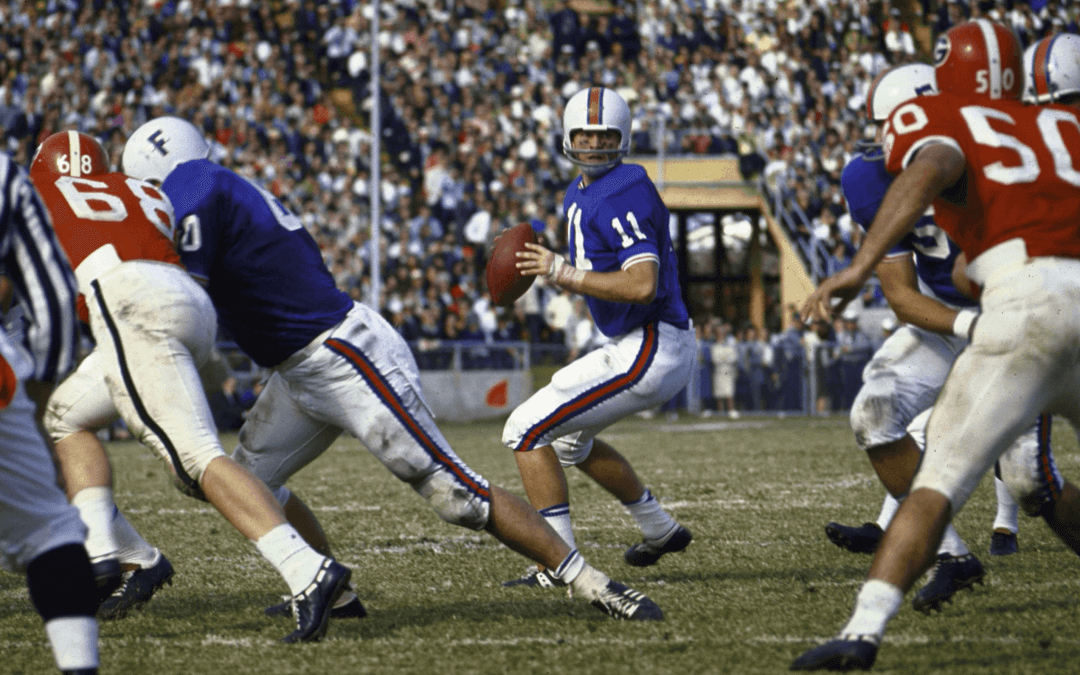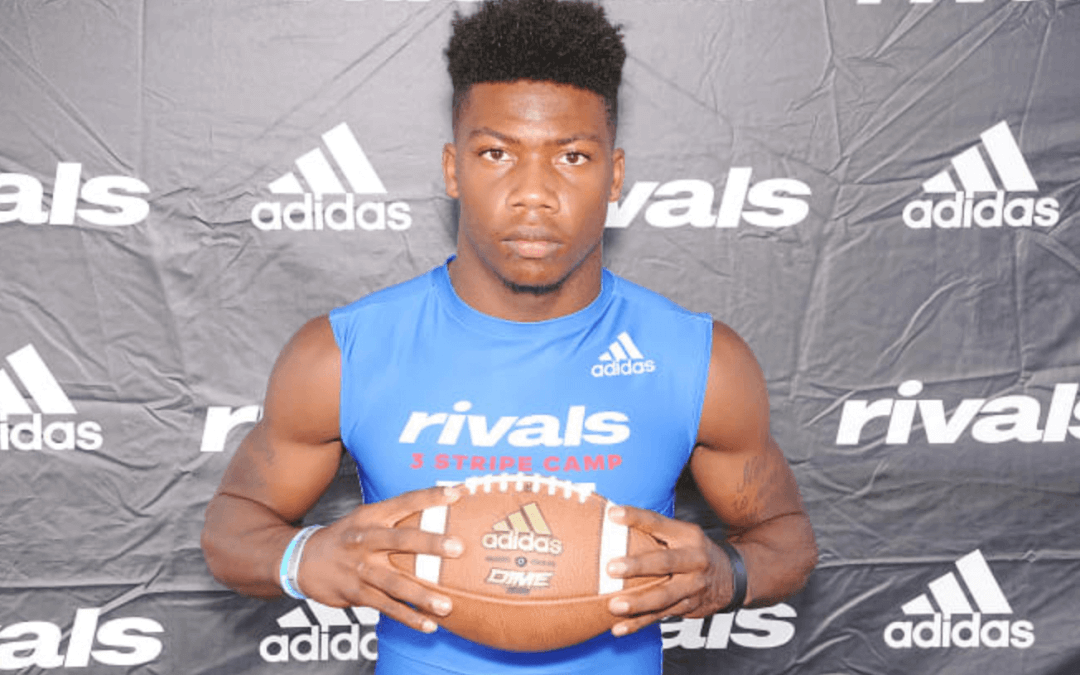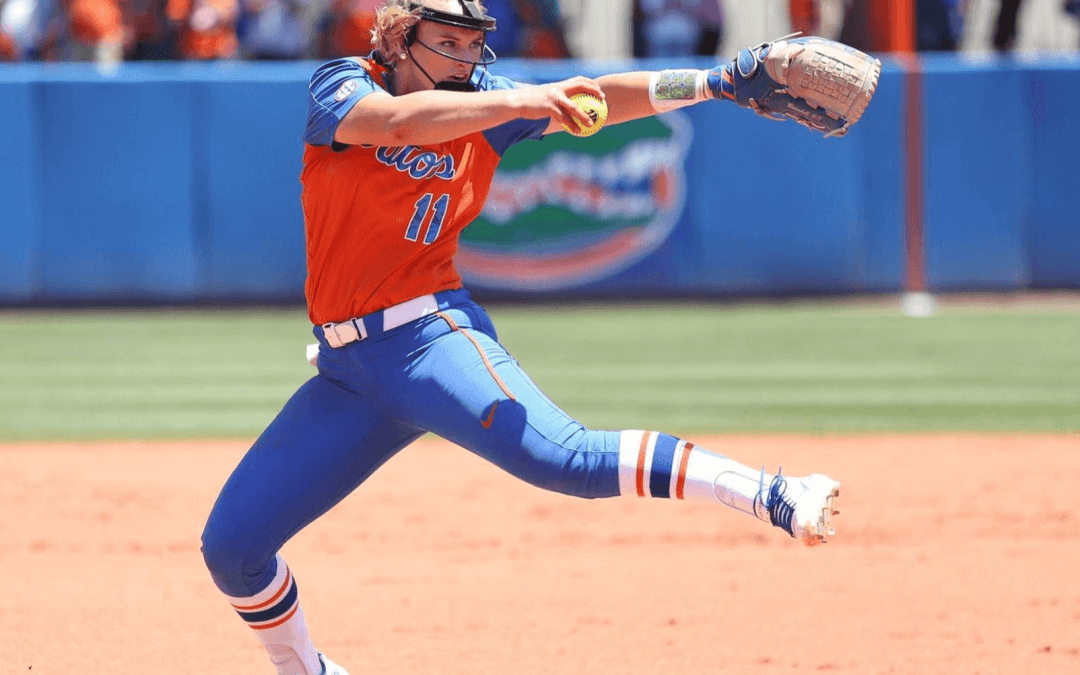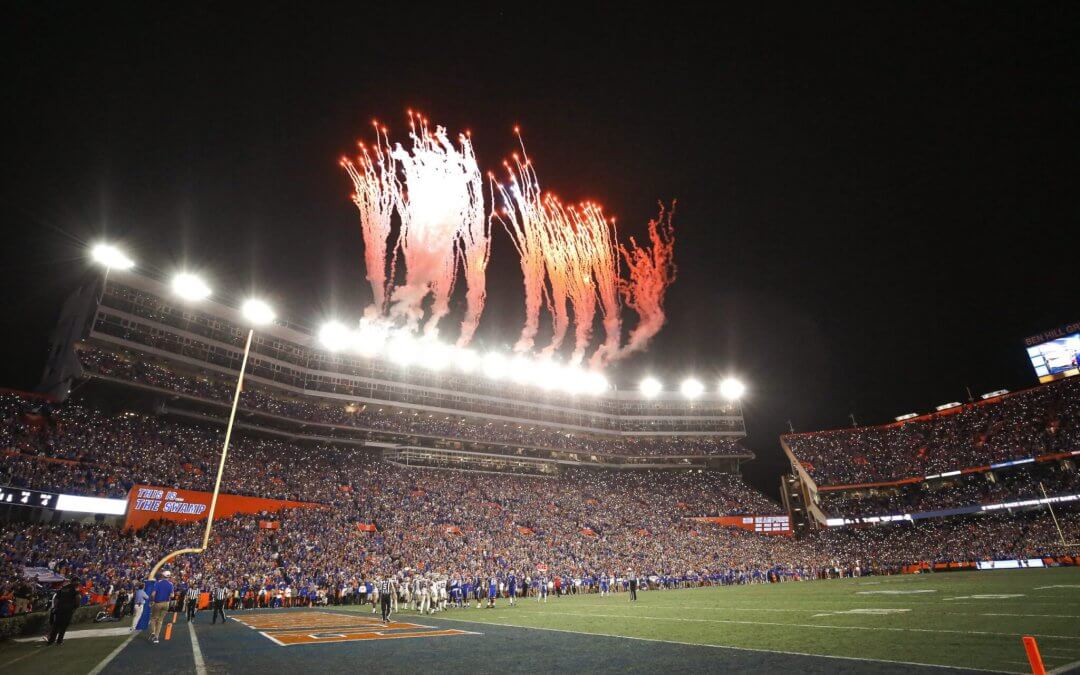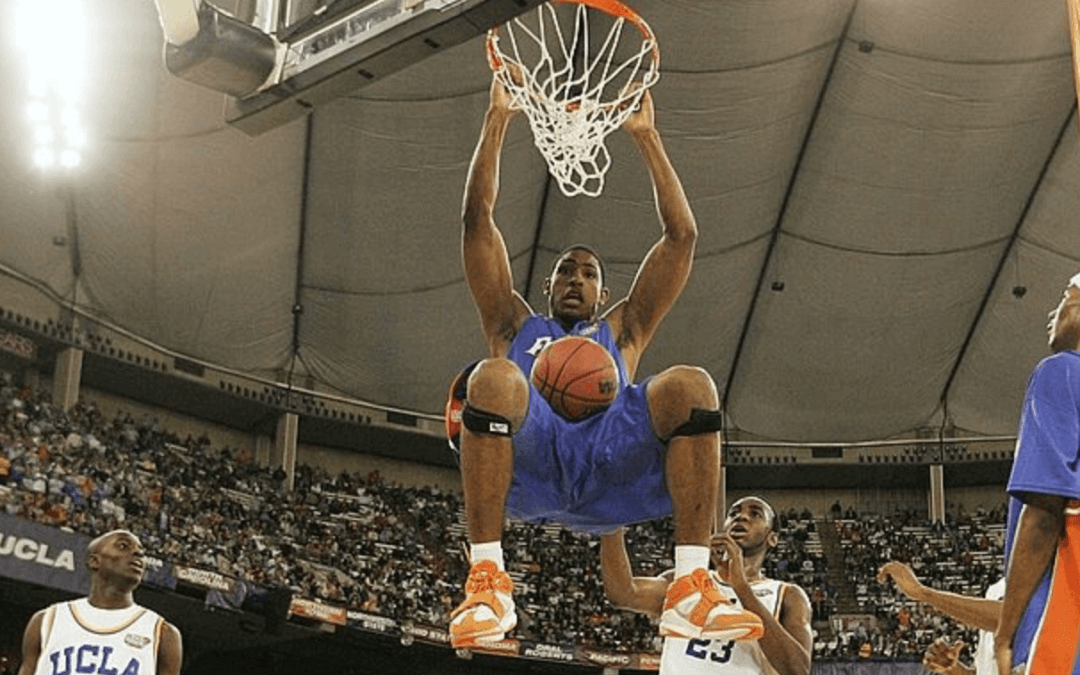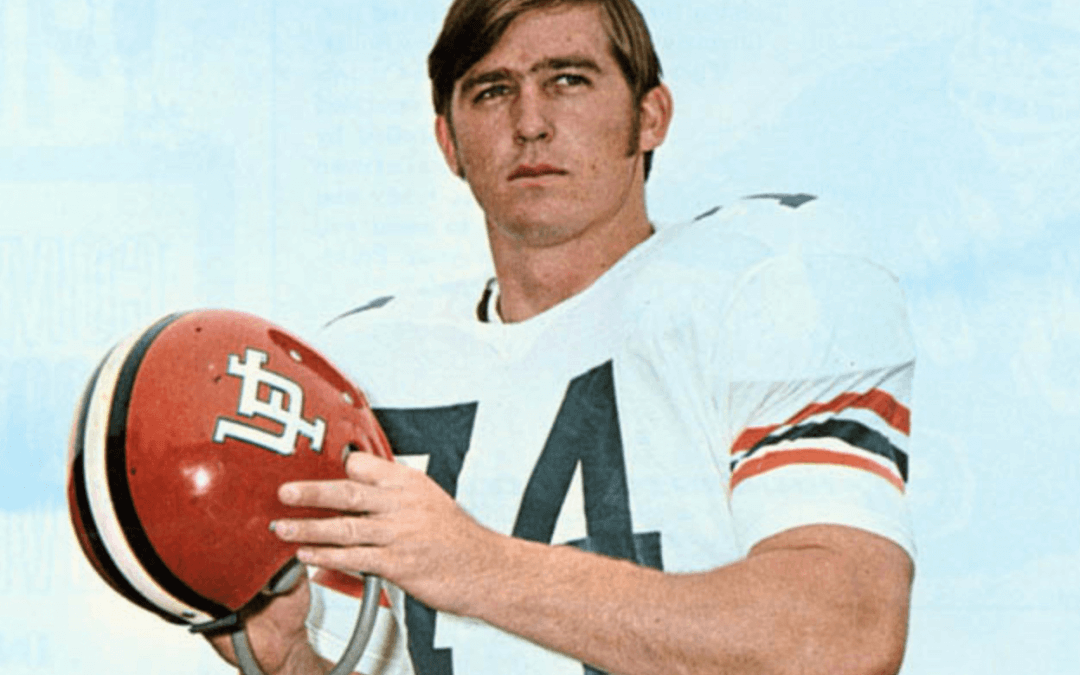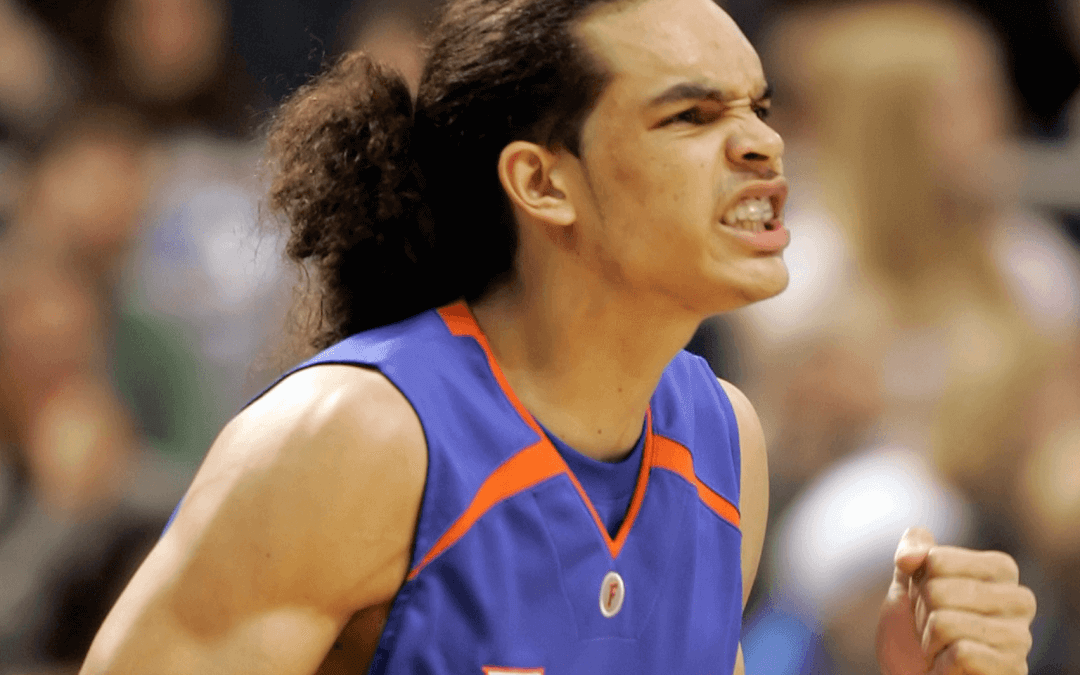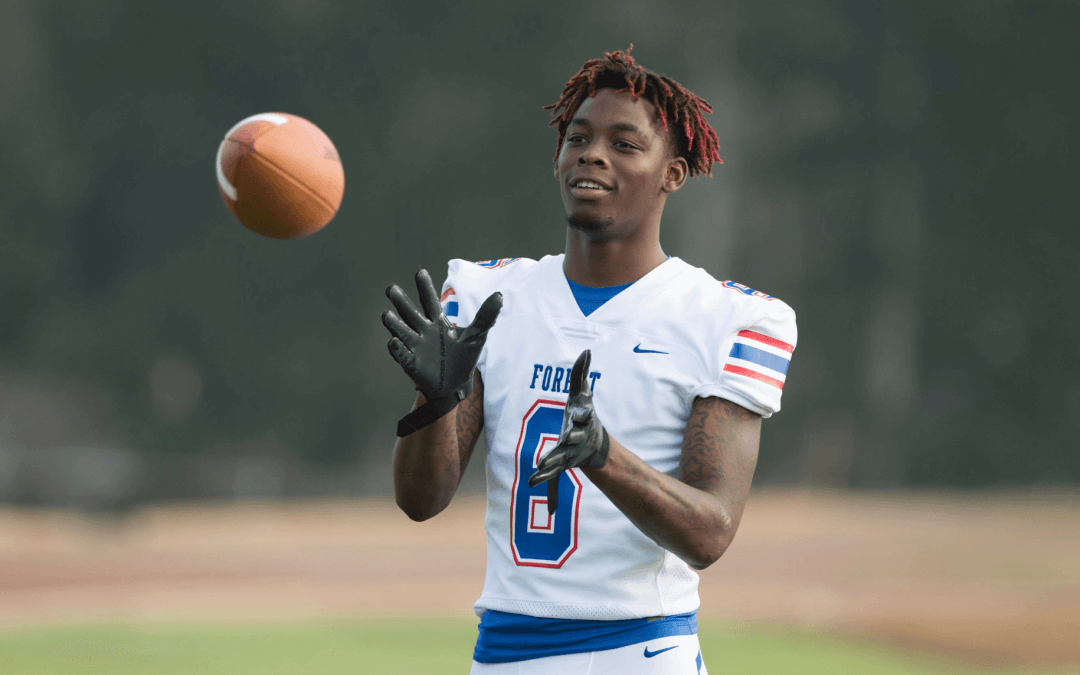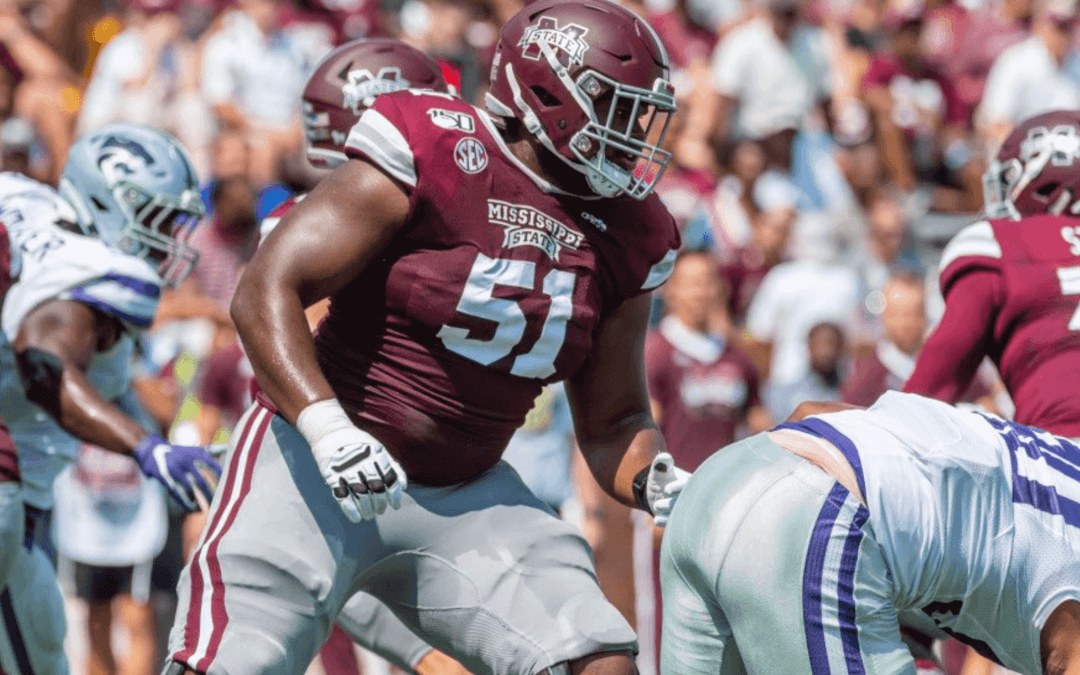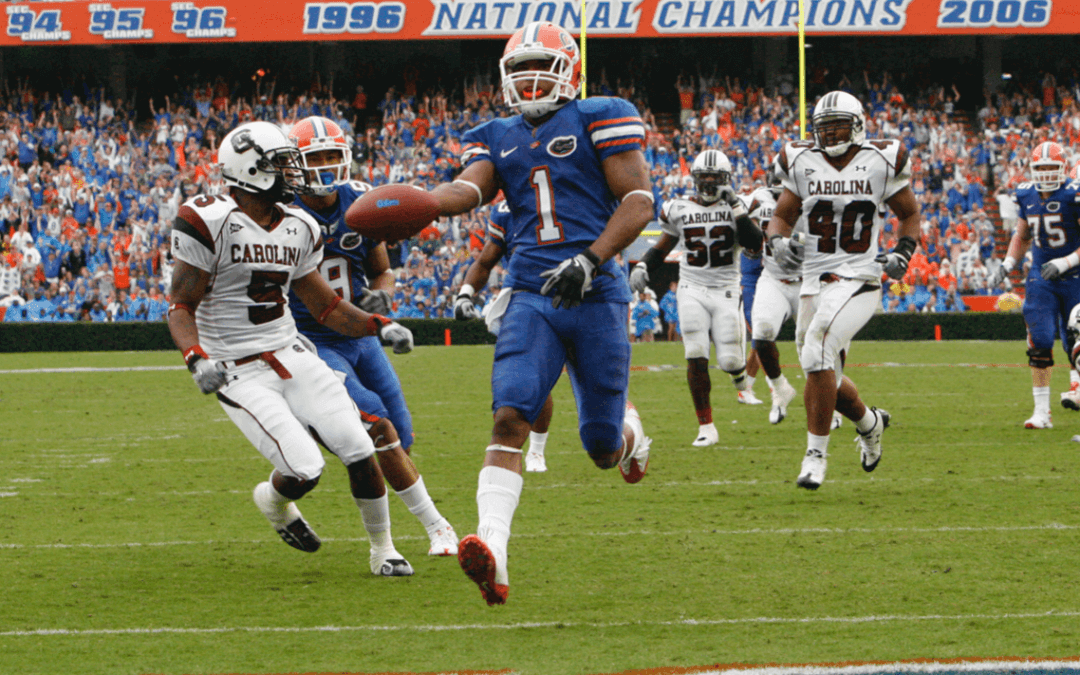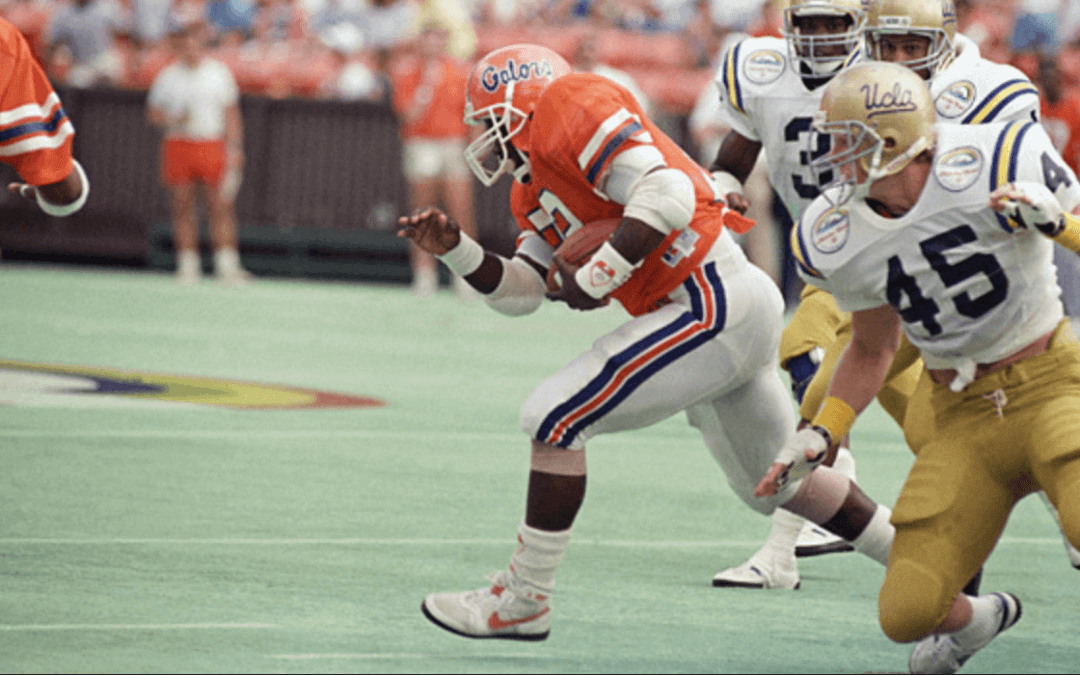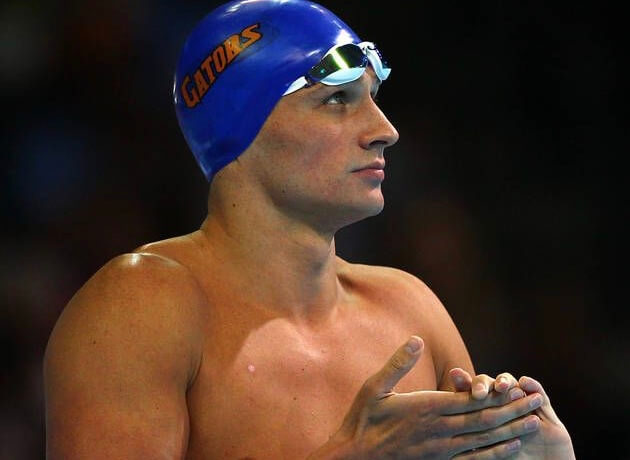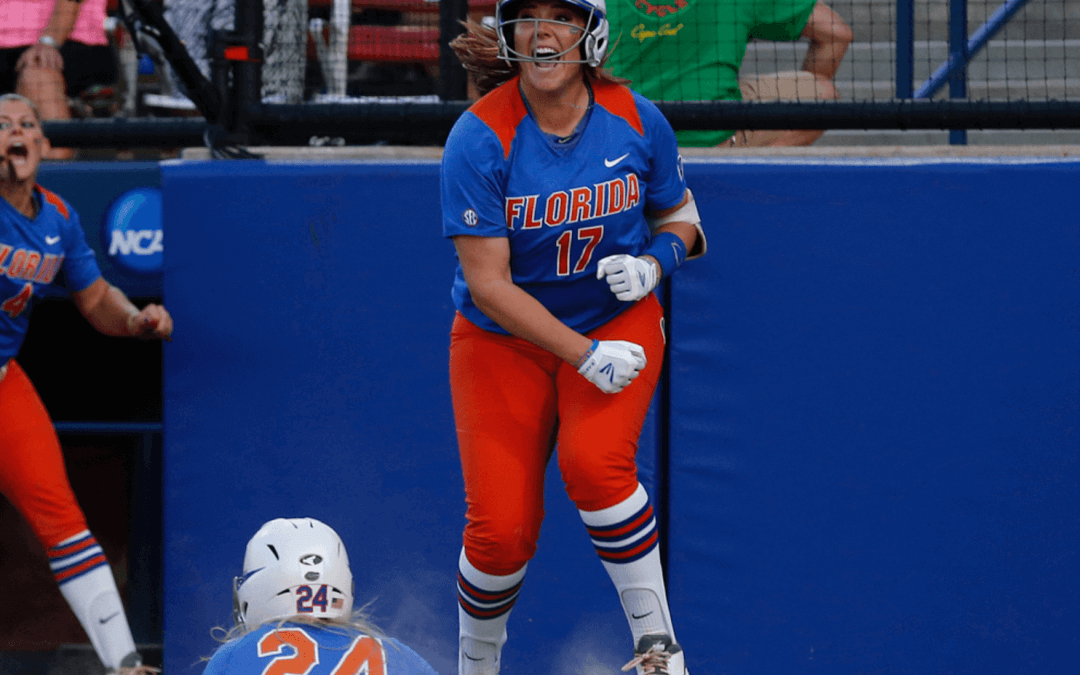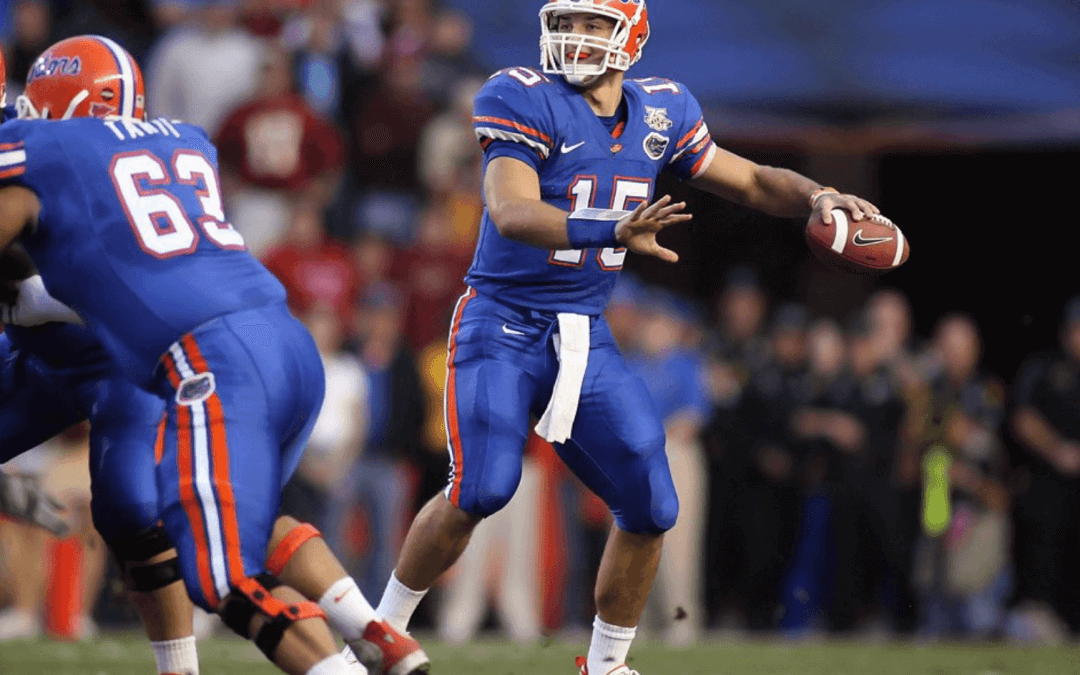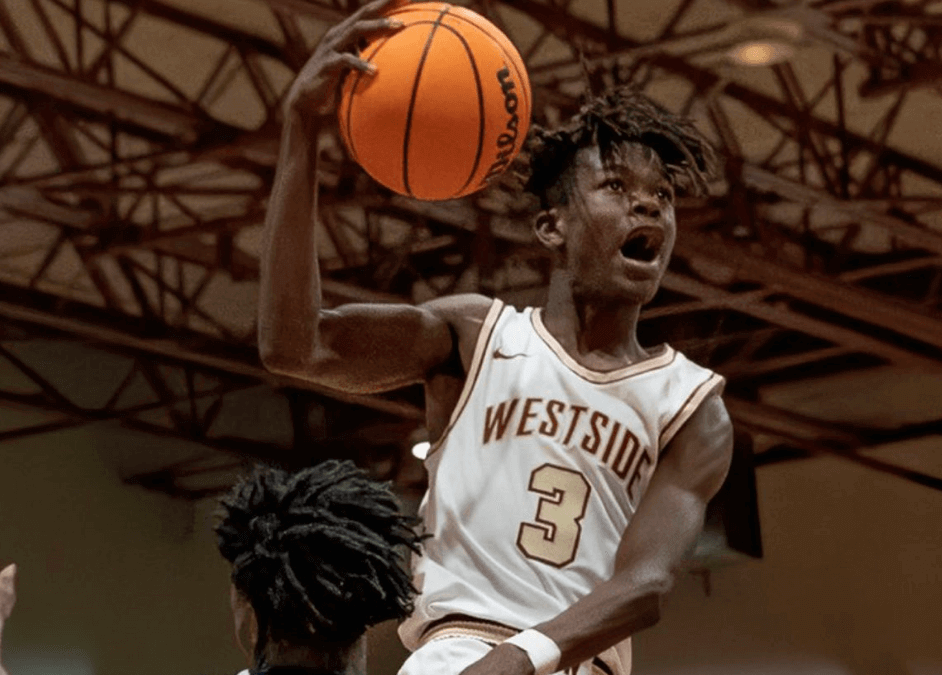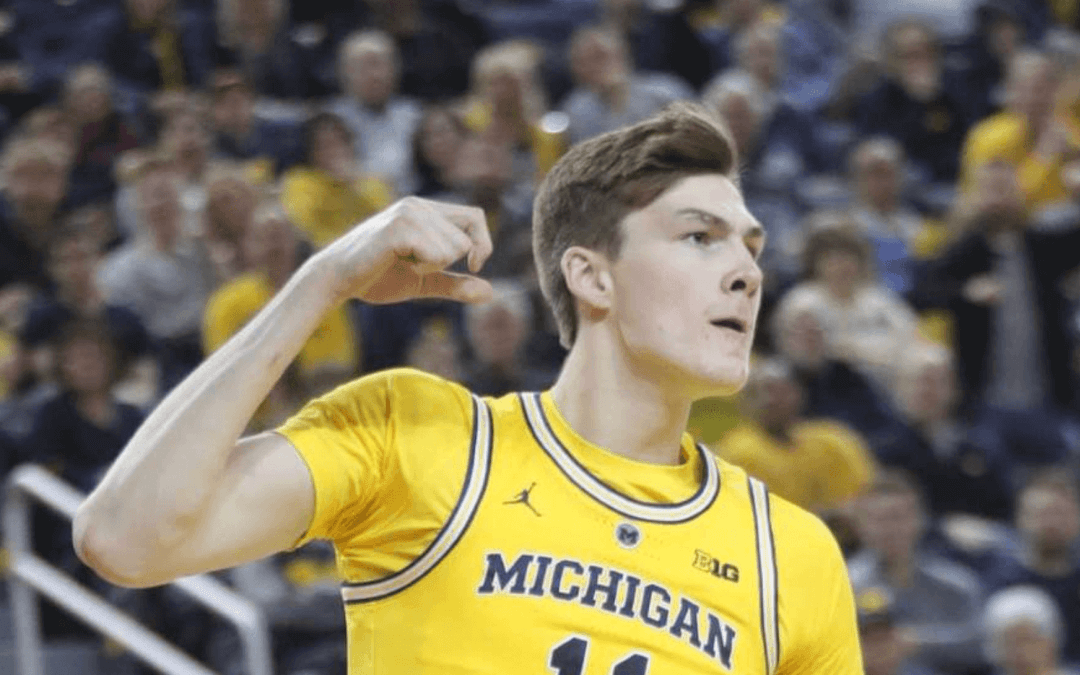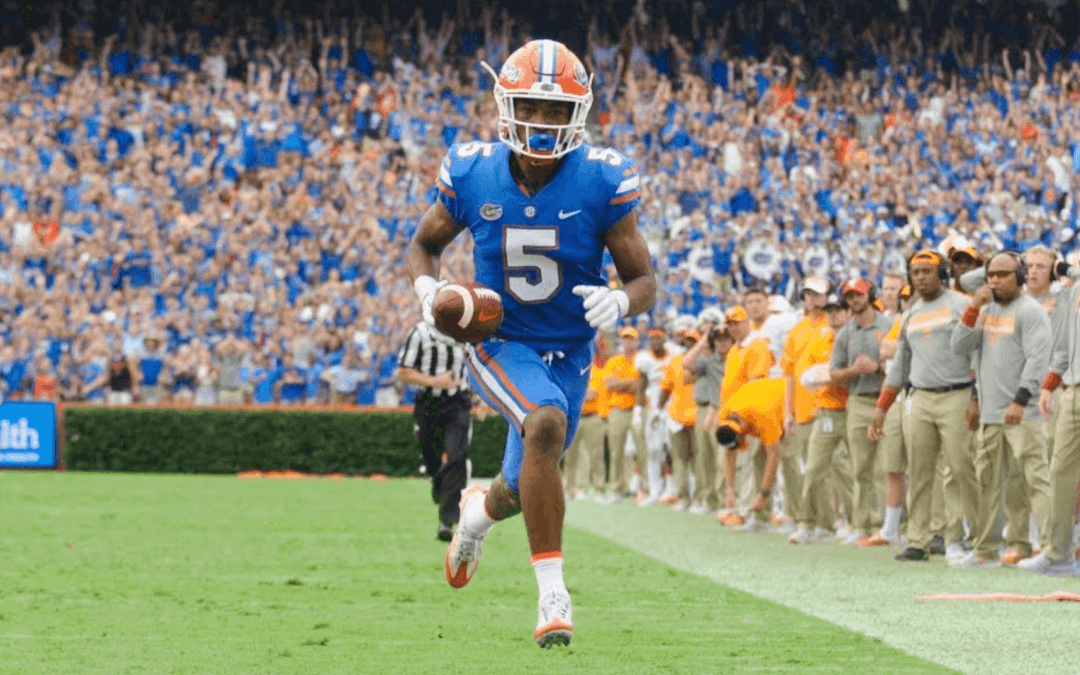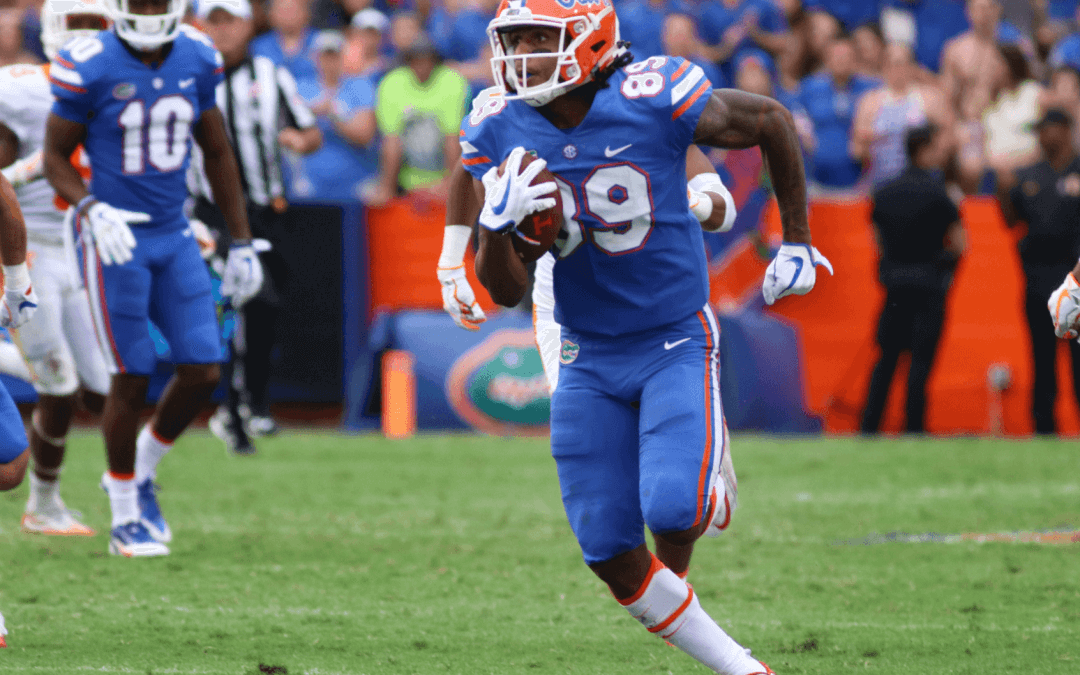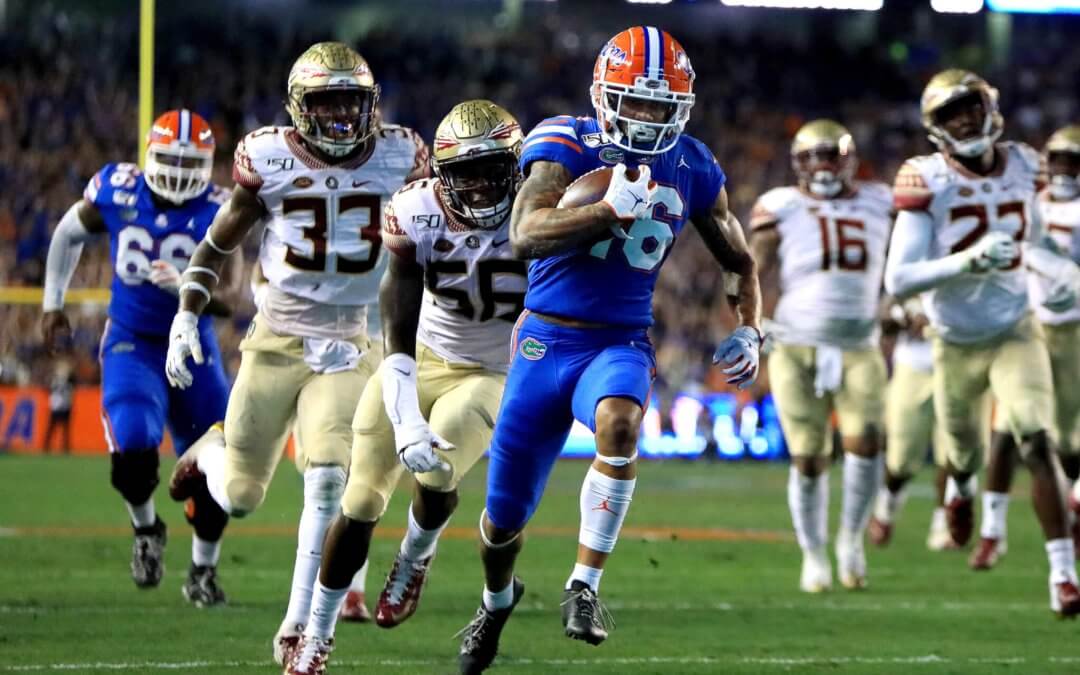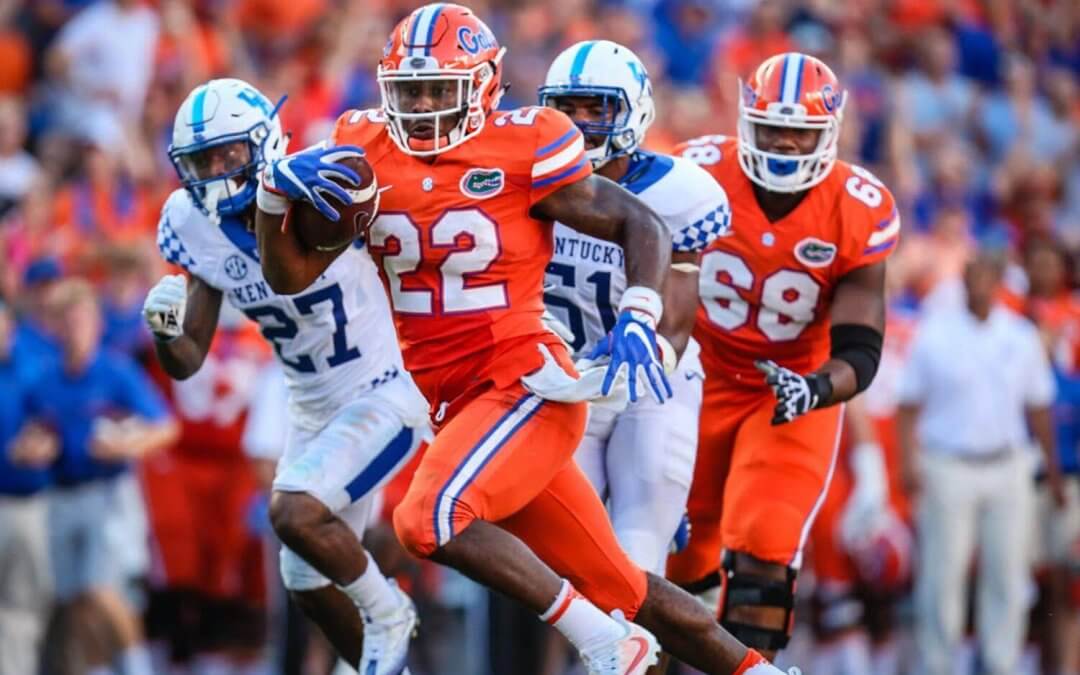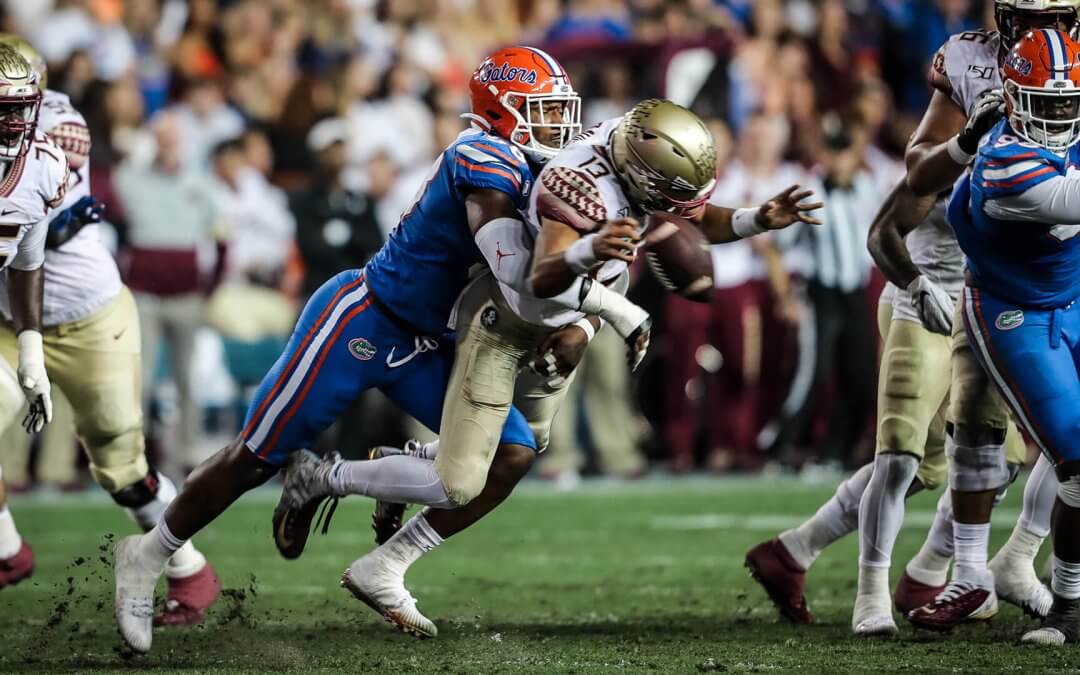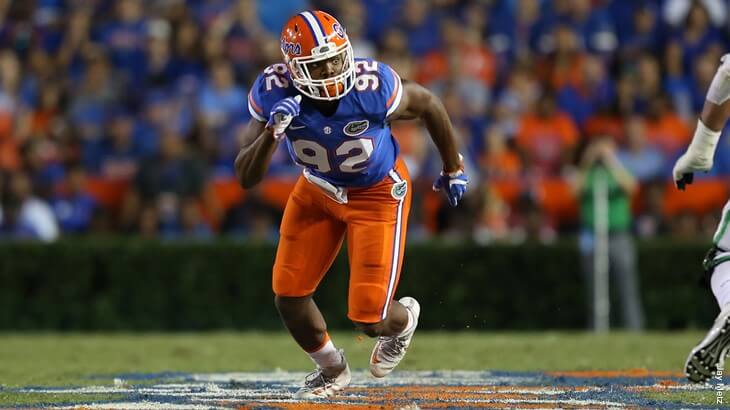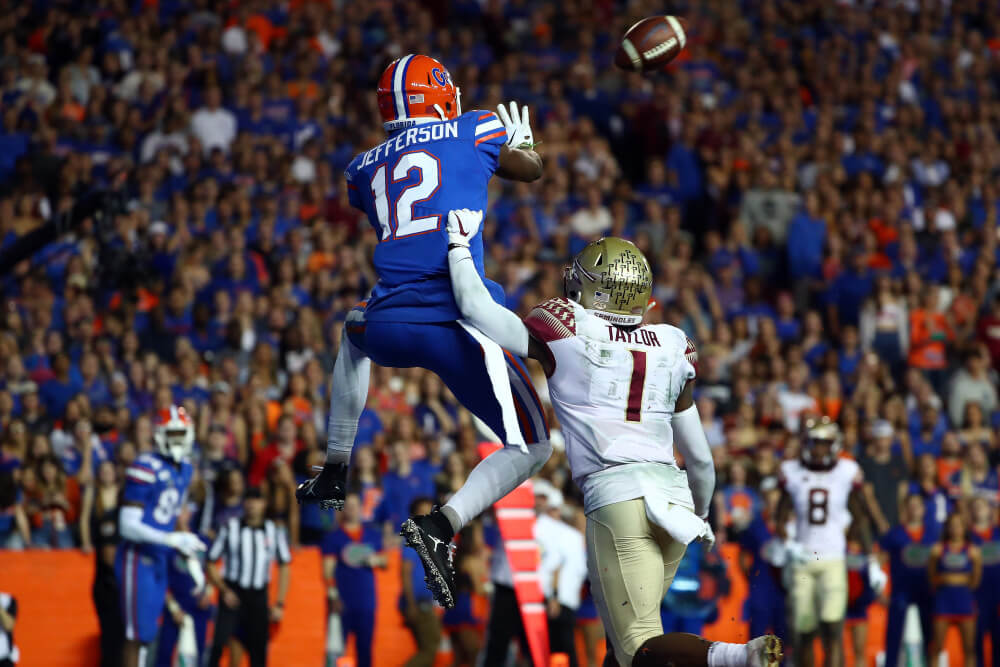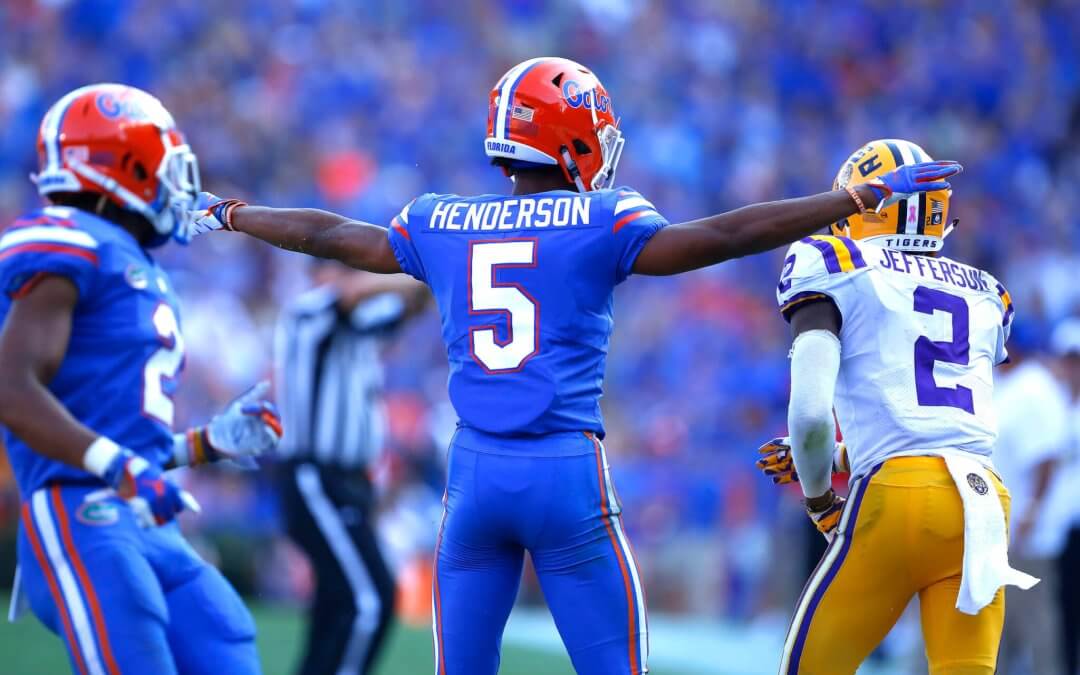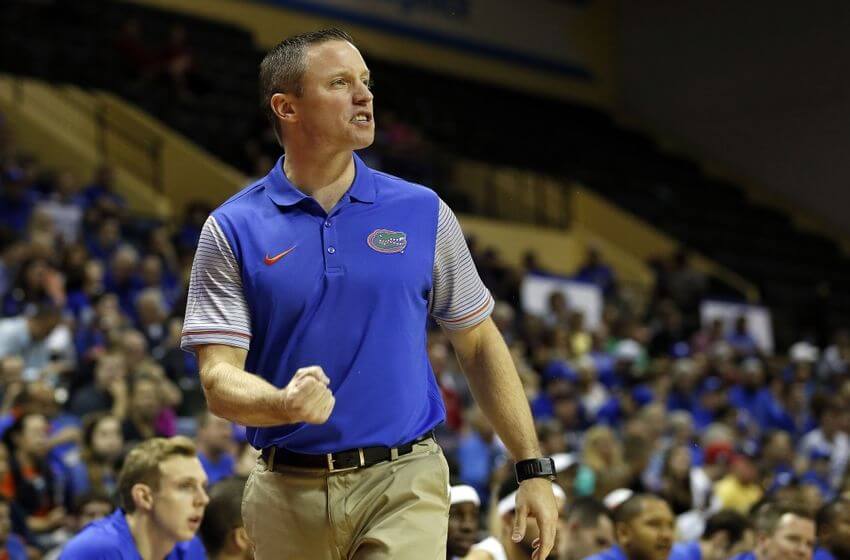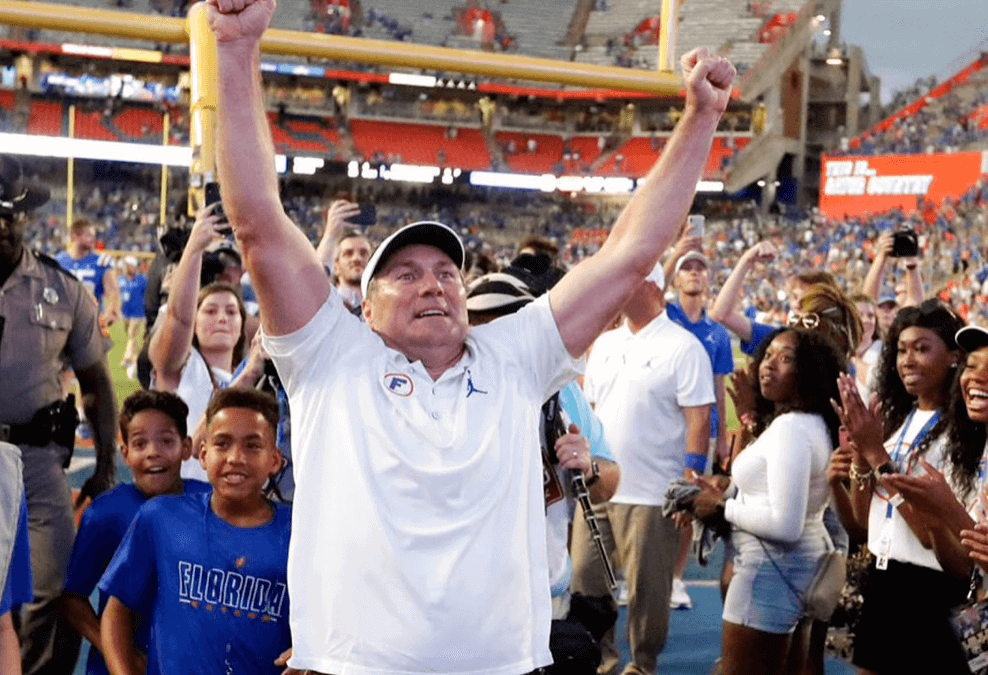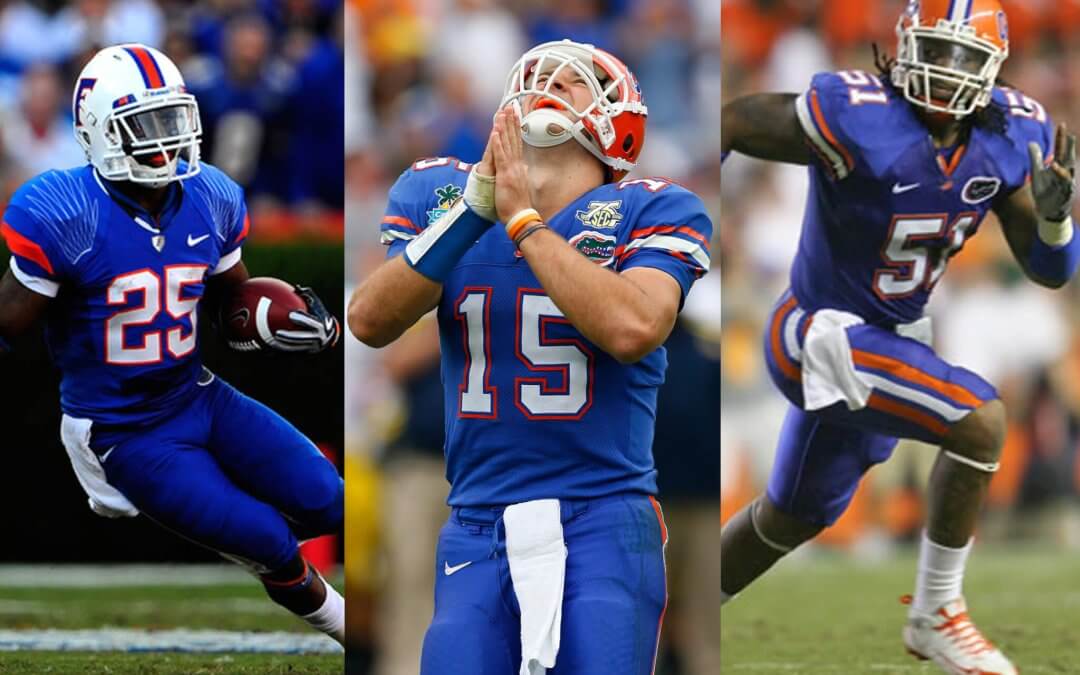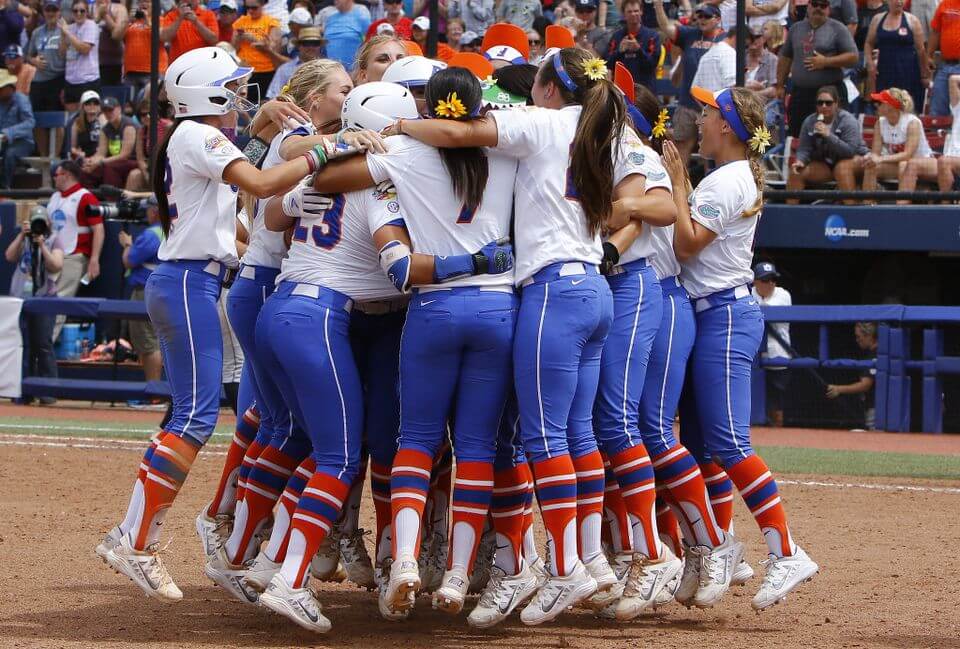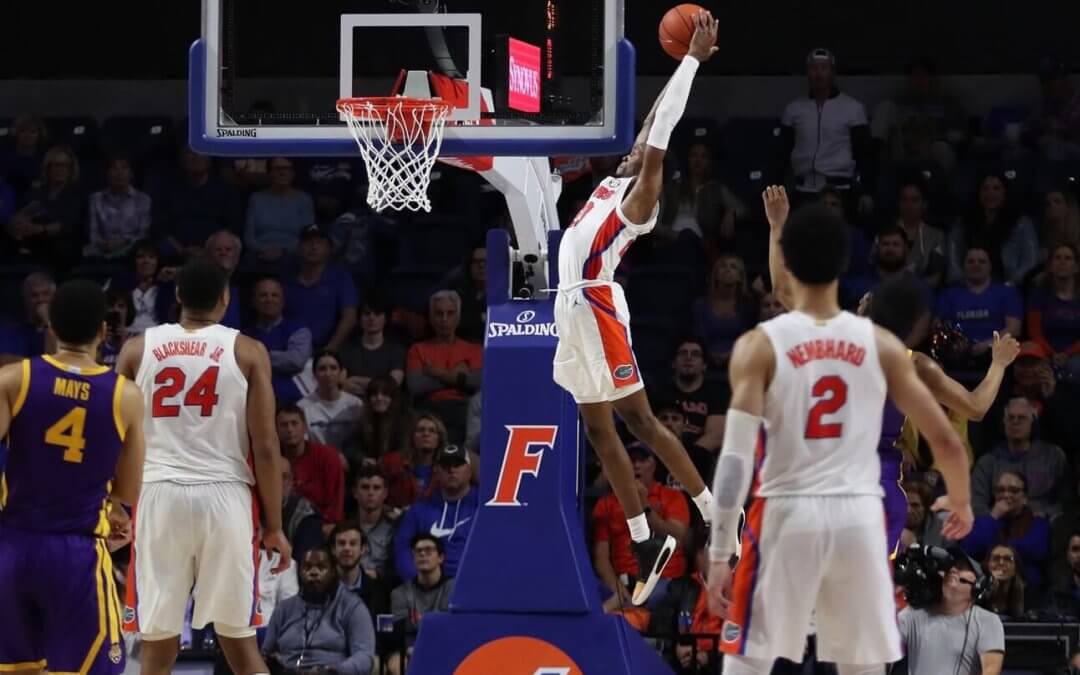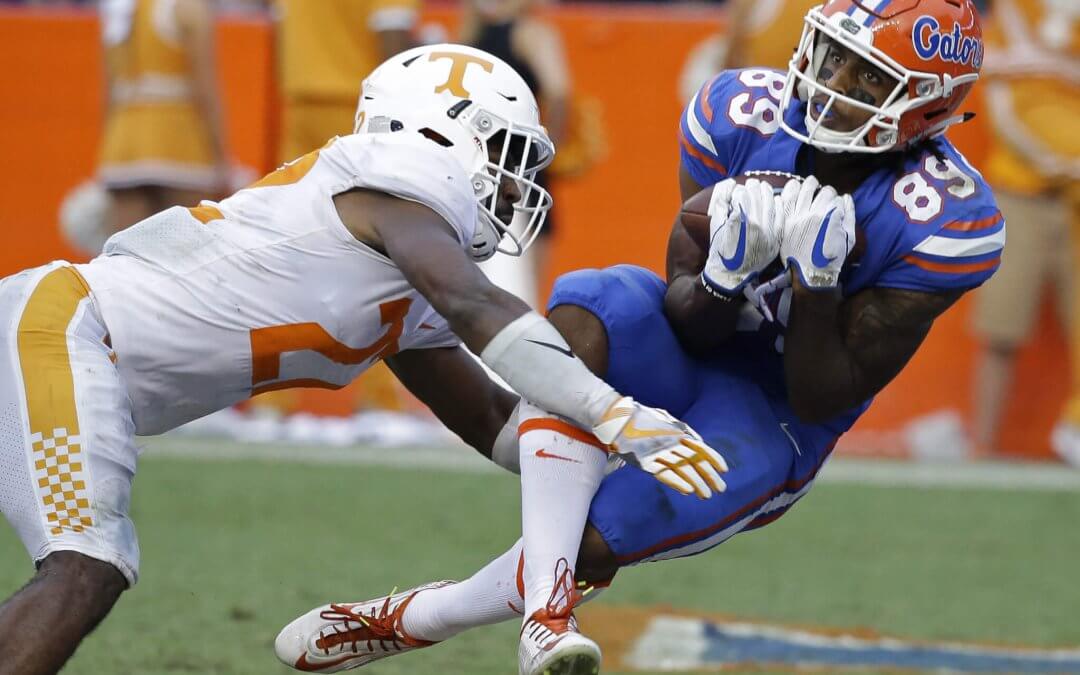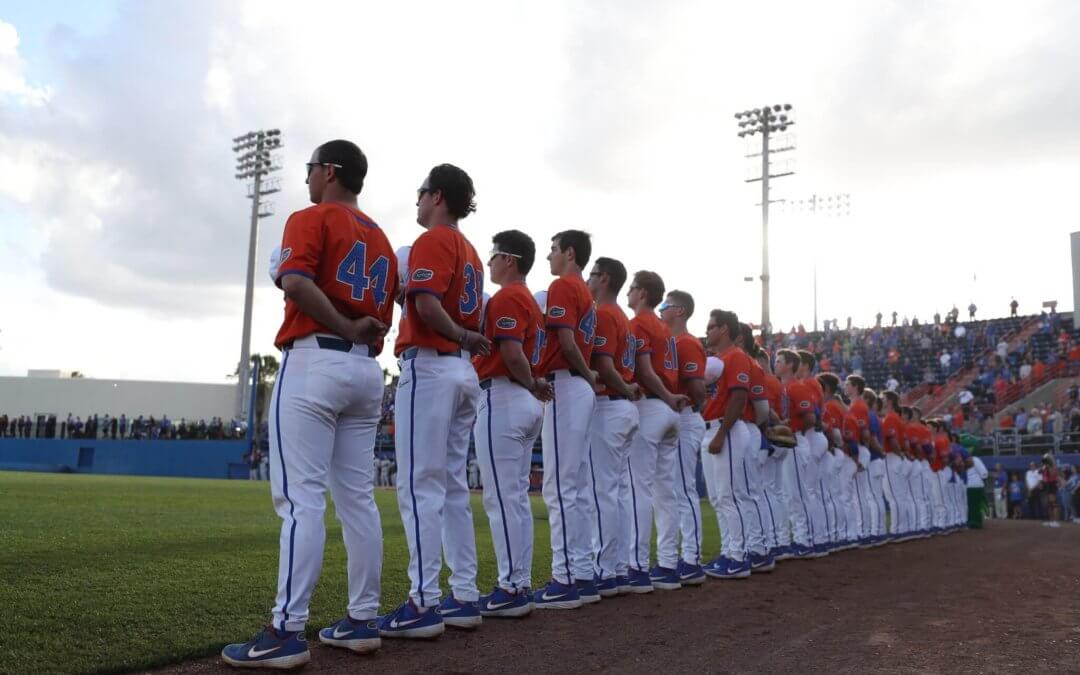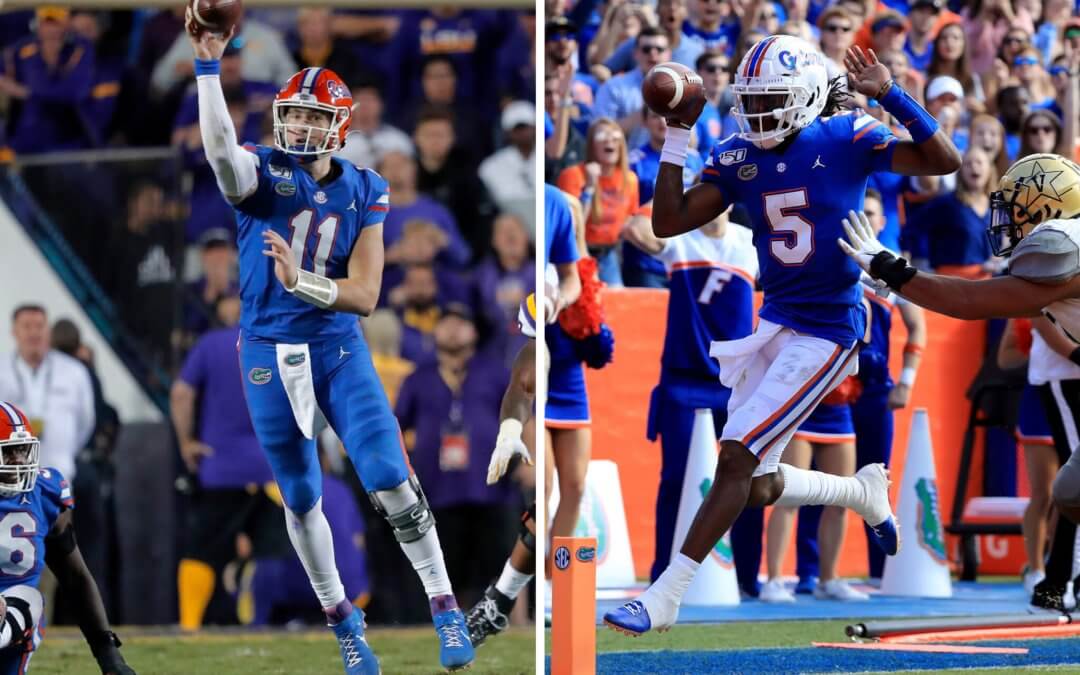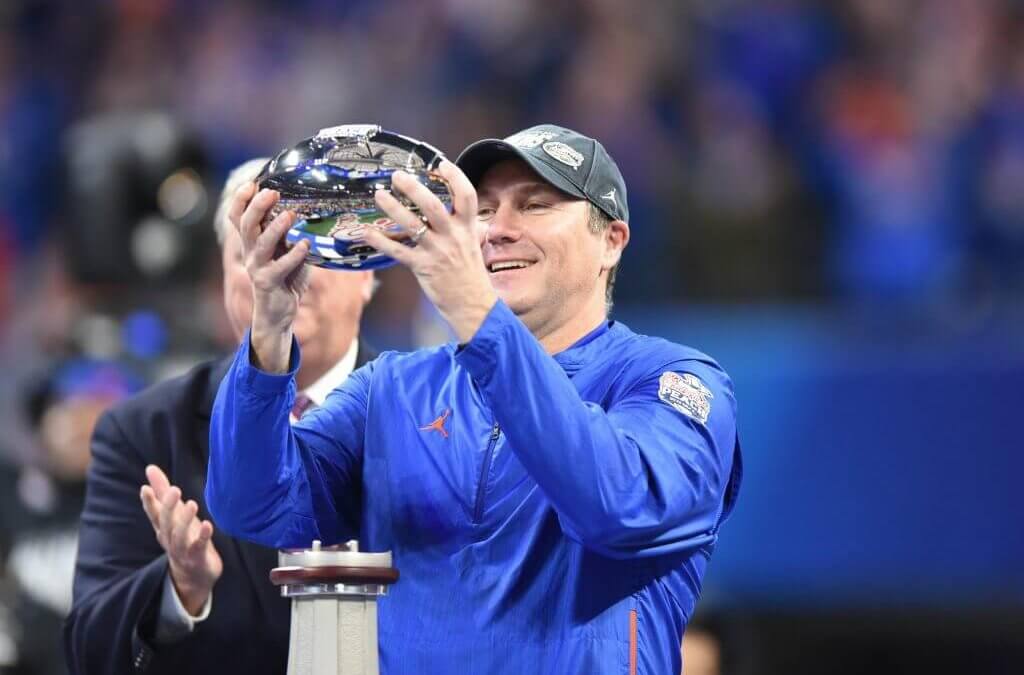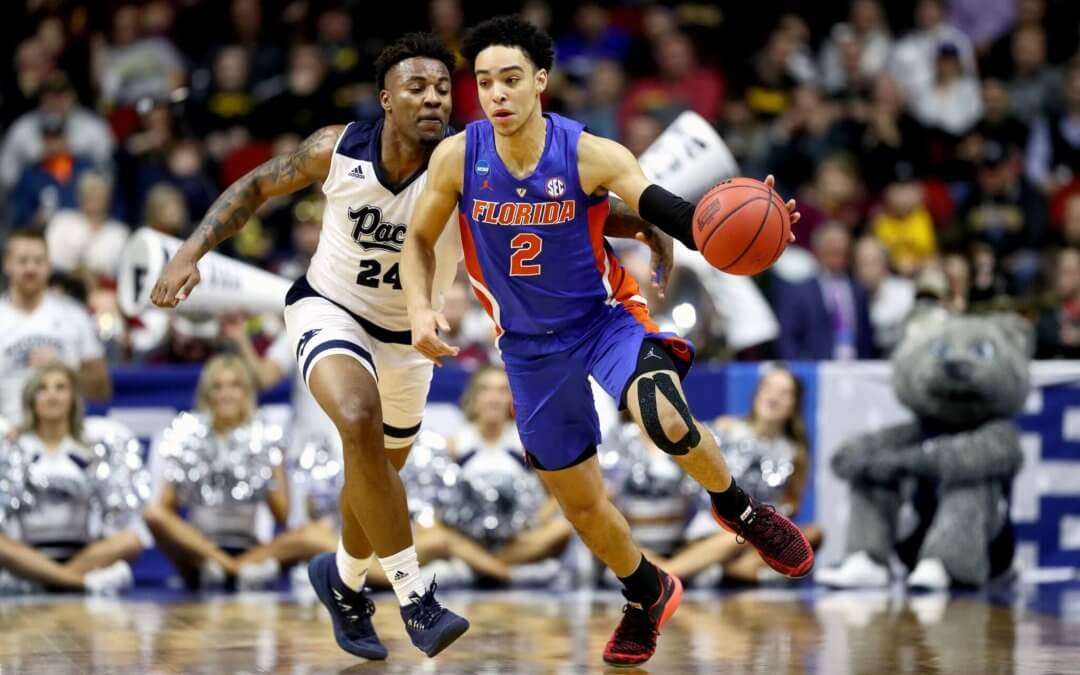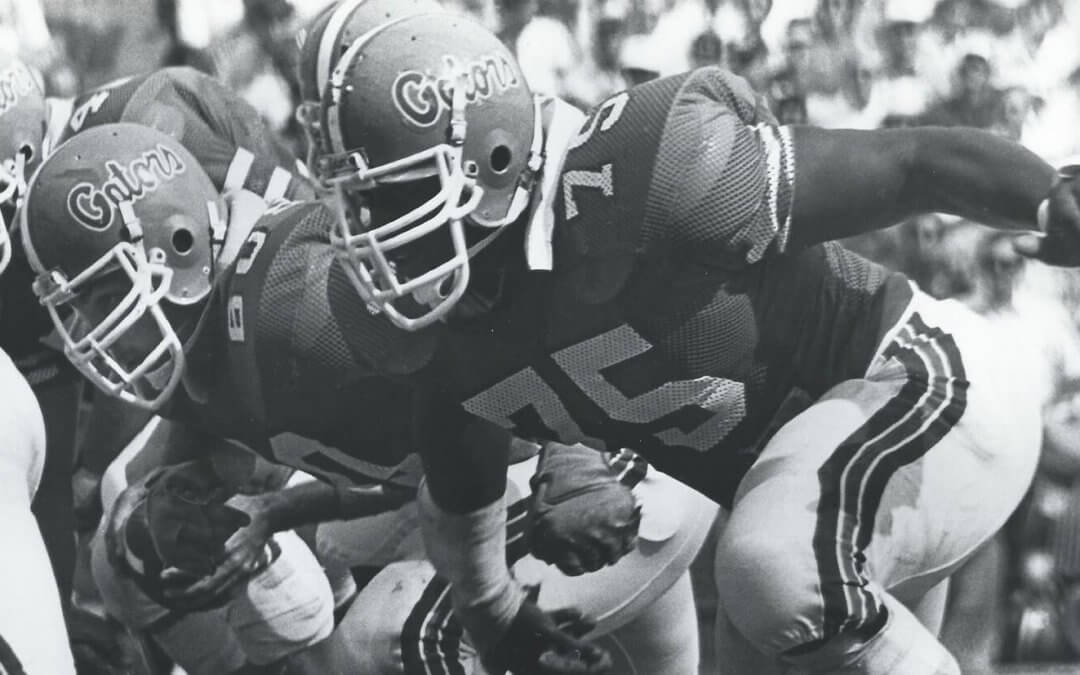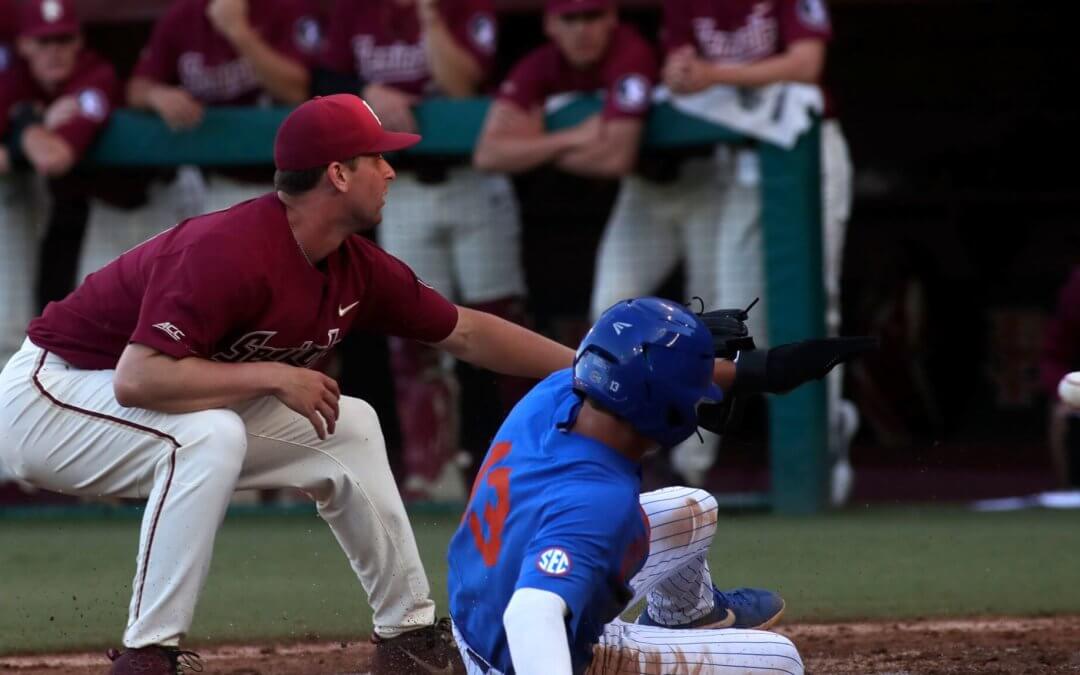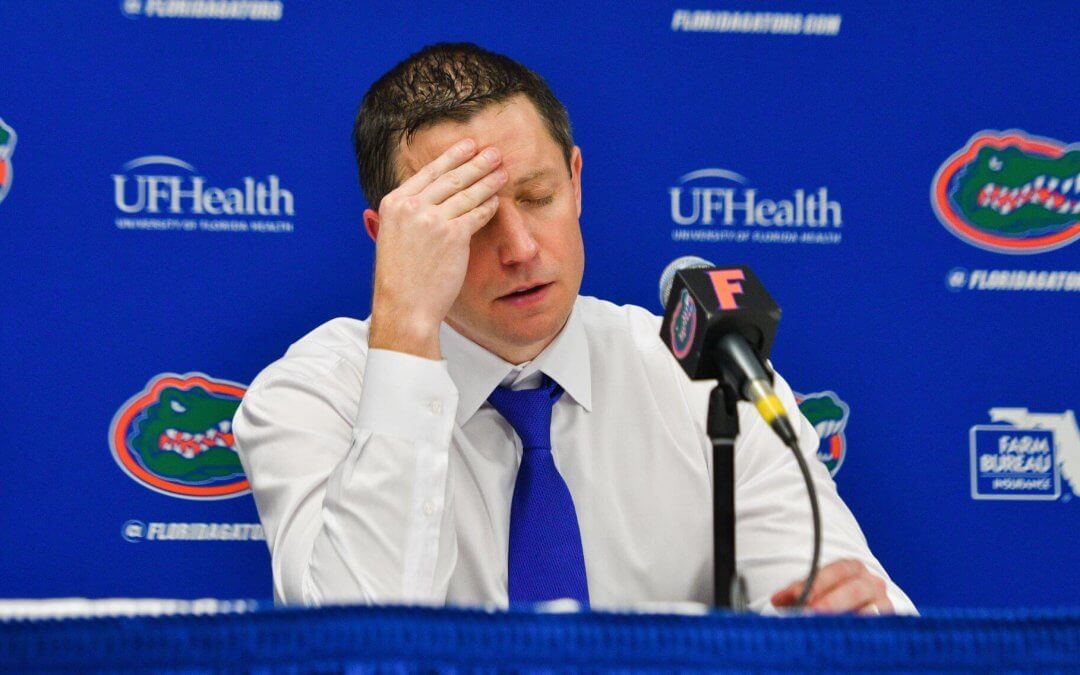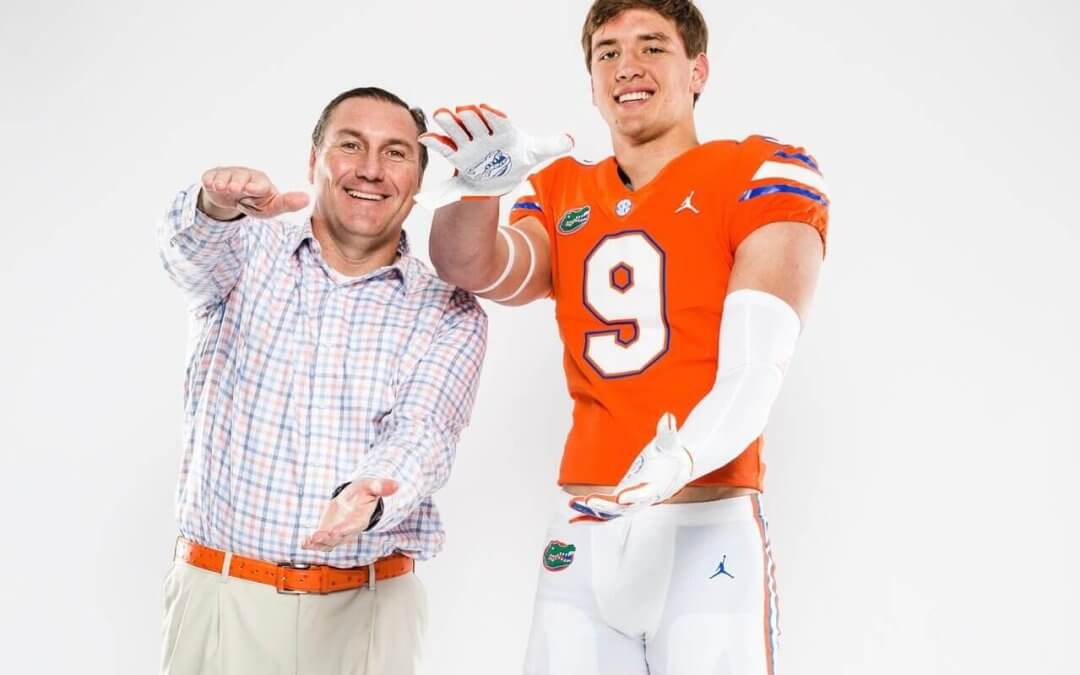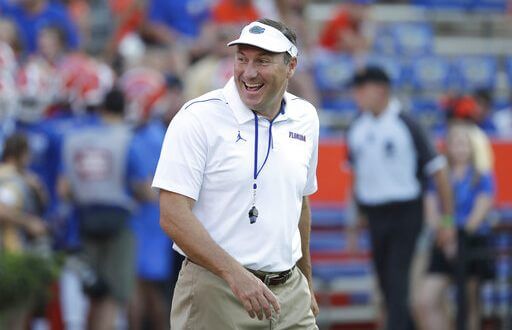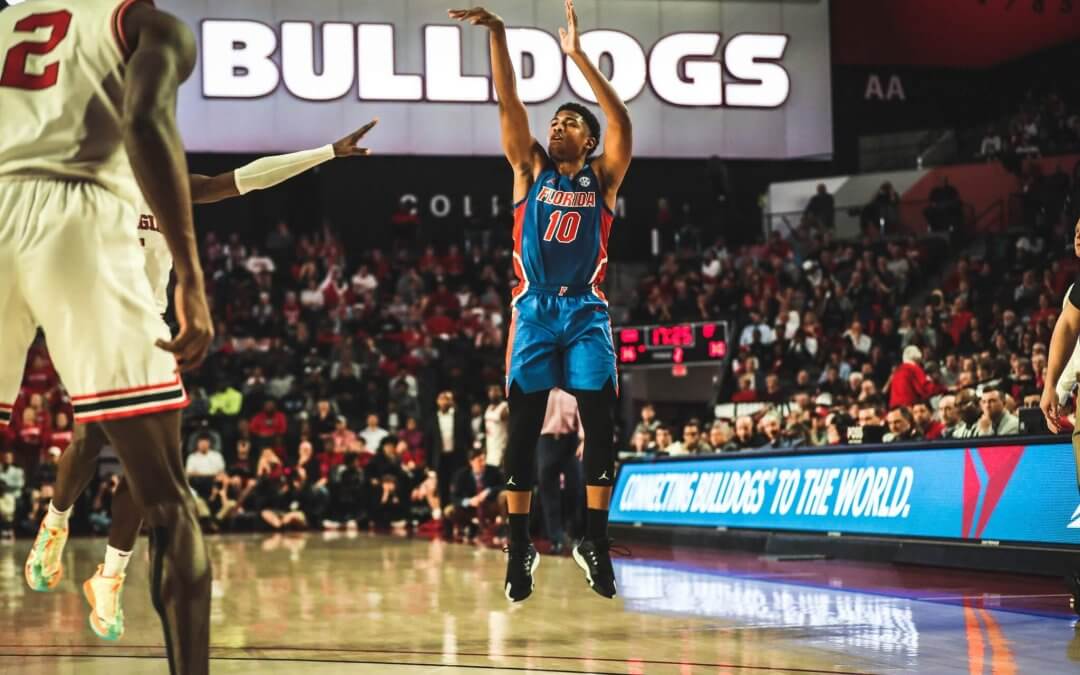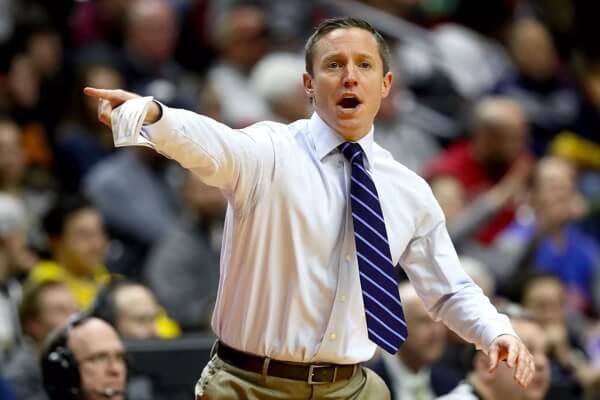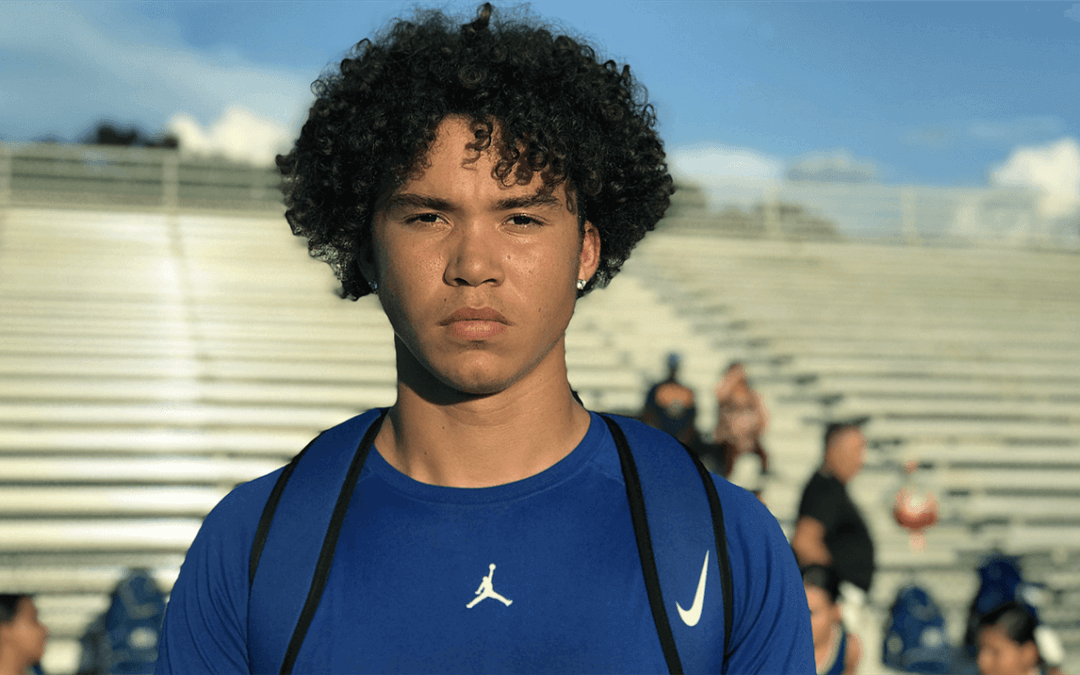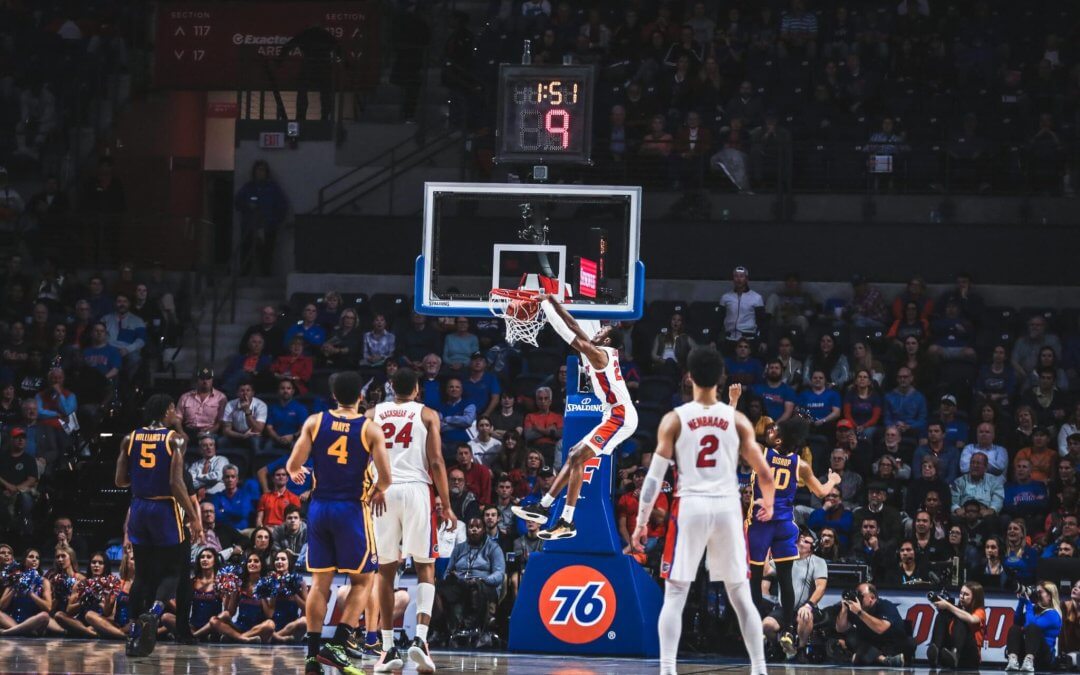For a program whose success has been synonymous with fielding a high-powered, fast moving offense, it goes without saying the first three years of the Will Muschamp era have been a difficult adjustment for Gator fans.
Muschamp however, entering his fourth, and likely, make or break season at Florida, has been forced to make a major adjustment of his own — by remodeling his team’s offensive philosophy, hiring offensive coordinator, Kurt Roper, from Duke.
Roper, a David Cutcliffe protégé and quarterbacks guru, has been called upon to fix the once powerful engine known as the Gator offense; an offense that has struggled to create any sense of an identity, other than being consistently inconsistent. You’d have to go back to the days of Tim Tebow to find a Gator offense that meets the standard set by Steve Spurrier long ago.
There are many spots to point fingers when you try to make sense of Florida’s anemic offense under Will Muschamp — inserting a pro-style offense with spread personnel, questionable playcalling with seemingly no intentions of taking risks or creating big plays, etc. — none of which matter when it comes to the 2014 Gator offense. Implementing a revamped offensive scheme for a full offseason, and a healthy one at that (so far), there will be no looking in the rear view mirror for these Gators. Led by quarterback Jeff Driskel, a slew of talented running backs including Kelvin Taylor, and a young, explosive group of receivers, the Gator offense realizes the importance of finding a rhythm that has been missing for the length of their careers at UF.
Although coming off a season in which Florida finished 114th in points per game, an all too familiar position under Muschamp’s watch, there is certainly an aura of hope and excitement in Gainesville again with the hiring of Roper. Not only does Florida’s offense return with more depth than it’s had in years, but it seems as if Roper’s system—an aggressive, no-huddle spread attack — will be a much better fit than his predecessors’.
With that said, it is difficult to tell whether or not the Gator offense will flourish in its first year under Roper at this point; the task at hand is a demanding one. The Gators face one of the toughest schedules in the nation — playing Alabama, Georgia, and FSU all away from The Swamp, while hosting Missouri, LSU, and South Carolina. All are familiar faces…All are due for a full serving of Orange and Blue payback.
Here are my five keys Florida must maintain if it wants to have a successful offense under Roper in 2014:
1. Stay healthy. While obviously an area of importance for any football team, this has to be the greatest concern in 2014. The Gators are coming off a year in which it couldn’t field enough healthy players for a spring game, an eerie case of foreshadowing for the 2013 season.
Consider this: the last time a Gator quarterback started each game in a single season was 2009. That’s half a decade ago. What other major program has suffered that? Although the Gators are better prepared to sustain injuries than last year, what team is really prepared to lose their starting quarterback in game three? It would be a nightmare scenario and an almost guaranteed fate-sealer for Muschamp if his team suffers another slate of injuries the way it did a year ago.
2. The emergence of Jeff Driskel. I believe Driskel has the all the physical tools to take this team back to Atlanta for a shot at an SEC Title. Granted, there’s plenty of uncertainty when you look at his numbers and performances. For as many poor moments and decisions Driskel’s made, however, he’s still the same player who led Florida into Texas A&M and FSU, and came back with victories in two extremely hostile environments. In both games, Driskel had some key runs that kept drives alive and set Florida up for some scores. Something has to be said about a first year starter leading a team into those stadiums — especially in Tallahassee, where he displayed a gutsy performance just two weeks after a high ankle sprain.
When you consider the type of offense Driskel will run this season, you can’t help but get excited about the potential that clearly exists. You can bet a number of plays in Roper’s playbook involve #6 calling his own number. Driskel’s mobility is the secret ingredient that could end up making this offense come around full circle. With such a predictable offense the past two seasons, Florida’s no-huddle attack will be anything but predictable. Just imagine Driskel leading an up-tempo Gator offense, racing across Florida Field like Scottie Wilbekin going coast to coast in the O’Connell Center. Driskel’s mobility, coupled with the multiple threats at running back, could create a lot of headaches for opposing defenses.
3. Finding a go-to receiver. Although the Gators lose two of their top three receivers from 2013, Solomon Patton and Trey Burton, the receiving core should be the deepest it’s been in the Muschamp era. Led by Quinton Dunbar, Florida’s receivers include a plethora of young talent in Ahmad Fulwood, Demarcus Robinson, Latroy Pittman, Valdez Showers, Alvin Bailey, and some big bodies to throw to at tight end; there is no reason why Florida’s offense can’t be anything less than dynamic.
Dunbar will most likely be Driskel’s go-to receiver as he’s been a consistent target the past two seasons. If Dunbar is able to fill this role as the go-to, opportunities will arise for other receivers to become an integral part of the group. Driskel has raved about Robinson’s big play ability all spring, and Fulwood showed flashes last season that he could become a dependable target in the future. While Robinson’s game has more to do with yards after the catch, Fulwood, standing at 6’3″, has the length and deceptive speed to open up a facet of the passing game that Florida hasn’t seen in quite a while — the deep ball.
4. Limiting turnovers. One of the most telling statistics in all of football is turnover margin, an area in which Florida enjoyed a +15 ratio in 2012, yet dropped to -2 in 2013. Turnovers are huge — they’re drive killers when you commit them and they’re momentum shifters when you force them. You can’t help but reflect on the Miami game when you talk about the turnover issues the Gators suffered last season. Despite committing five turnovers, four of which occurred in Miami territory, Florida nearly doubled Miami’s offensive yardage and was still well in position to win that game late in the fourth quarter. Take away just one of Florida’s interceptions or fumbles and the Gators probably leave South Florida with a win, rather than a gut wrenching defeat that was a sign of things to come.
It’ll be up to Driskel to fully understand Roper’s concepts and formations — something he should be able to handle as a redshirt Junior, although won’t be easy considering the new offense he’ll be directing. The entire offensive unit needs to spend a lot of time with each other this summer. Turnovers are especially important in the redzone, and the Gators must make that an area of great concern throughout the 2014 campaign.
5. Creating balance in the running game. The running back position may be Florida’s strongest group on offense. The spring game featured the introduction of Adam Lane, who will displayed an impressive combination of shiftiness and power. Lane is the newcomer to the core of running backs that have already proved to be a talented group. Kelvin Taylor, who earned the starting role by progressing throughout his freshman season, appears to be well on track to becoming the breakout threat Gator fans hoped he’d be after enrolling at UF. Taylor’s combination of speed, explosiveness, and strength makes him Florida’s most dangerous ball carrier. Not to be forgotten, Mack Brown and Matt Jones add experience and dependability. Brown looked like he was in the best shape of his life in the spring game, showing improvements in acceleration and hitting the hole. Jones, the starter last season, comes with a degree of uncertainty because of health issues. If he can remain healthy throughout the year, Jones will get his fair share of touches and a chance to become a major part of the rotation.
With each back possessing their own particular skill set, the potential for Florida to create a balanced and dangerous running game is there for the taking. It will be interesting to see how Roper handles the rotation, and I’m sure he’s drawn up a ton of misdirection that’ll involve Driskel.
